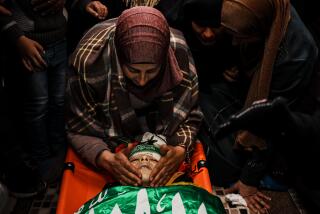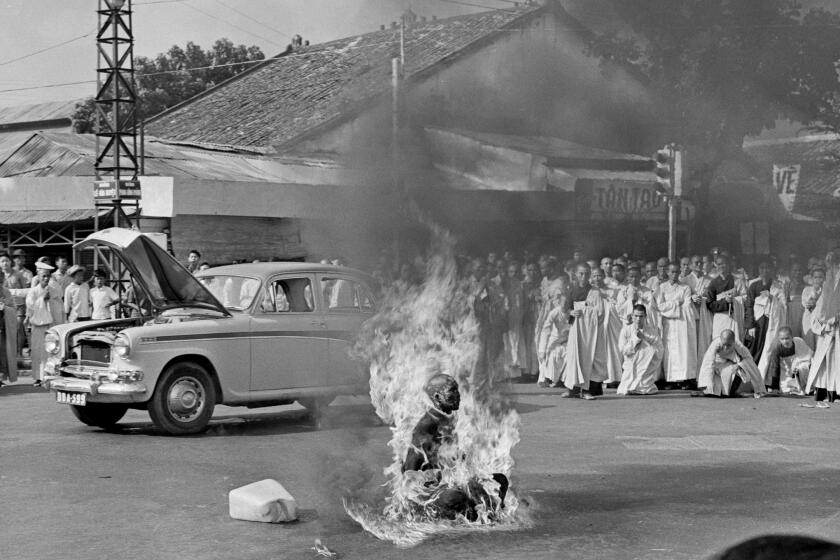Op-Ed: We were boys, we were friends, we were enemies
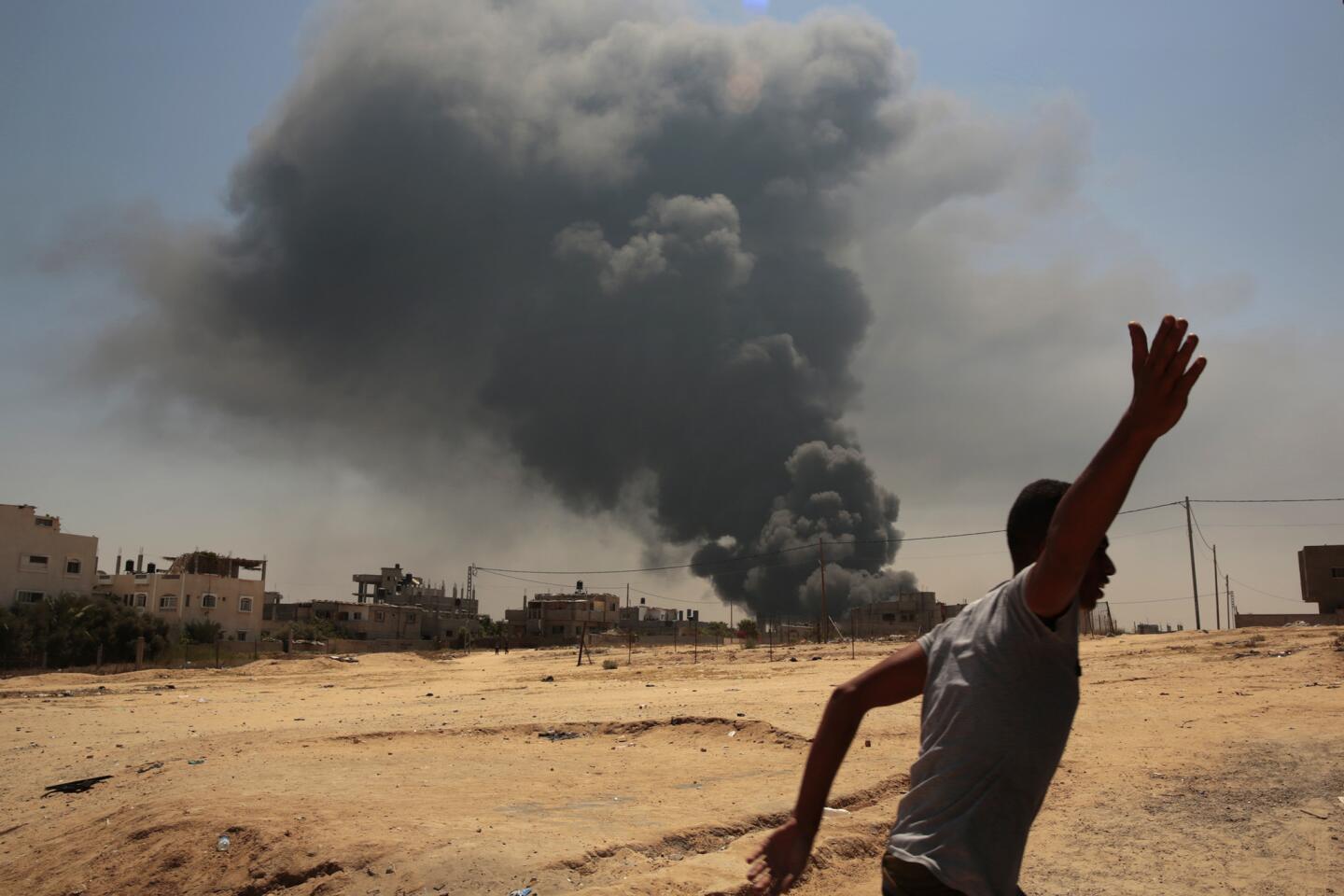
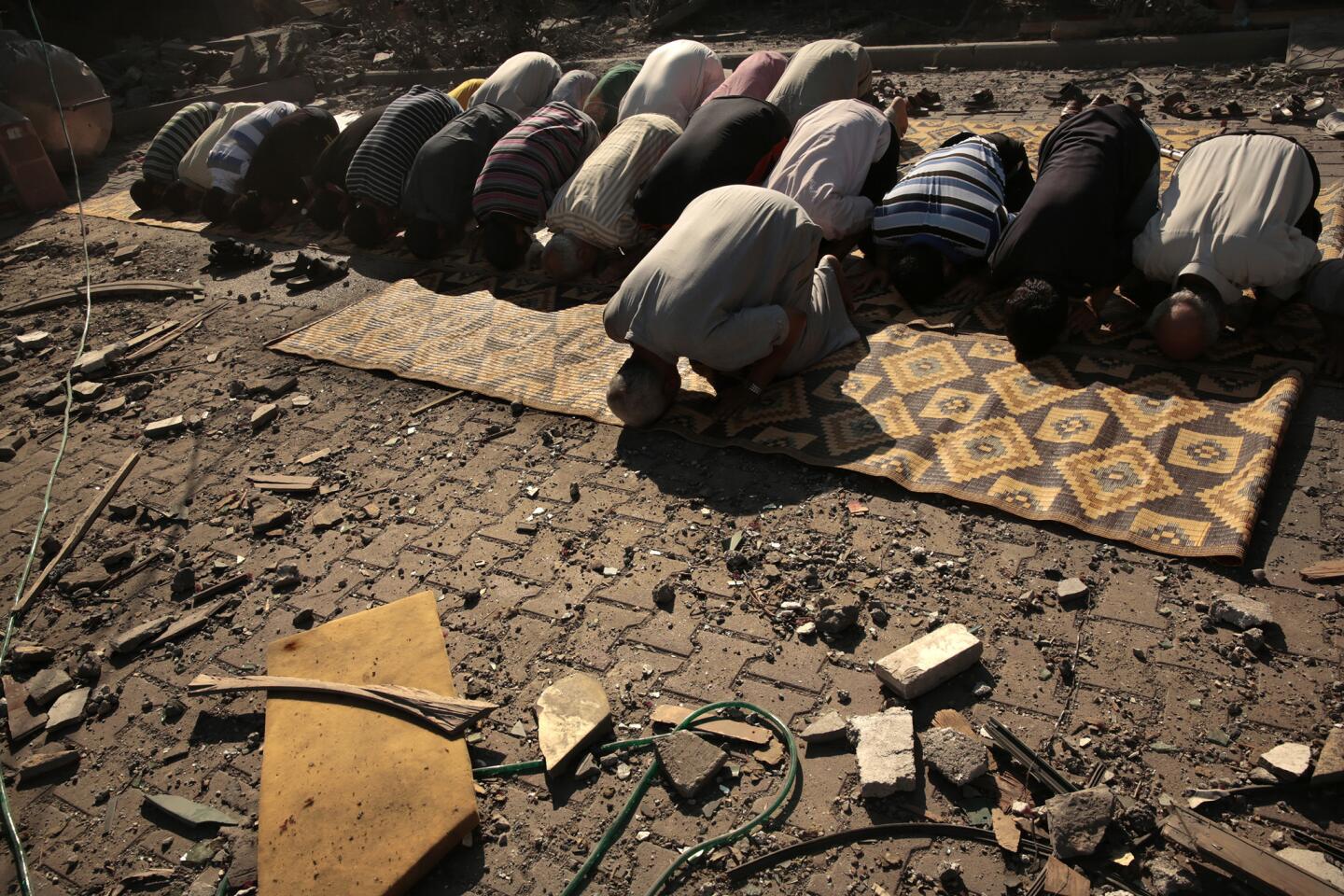
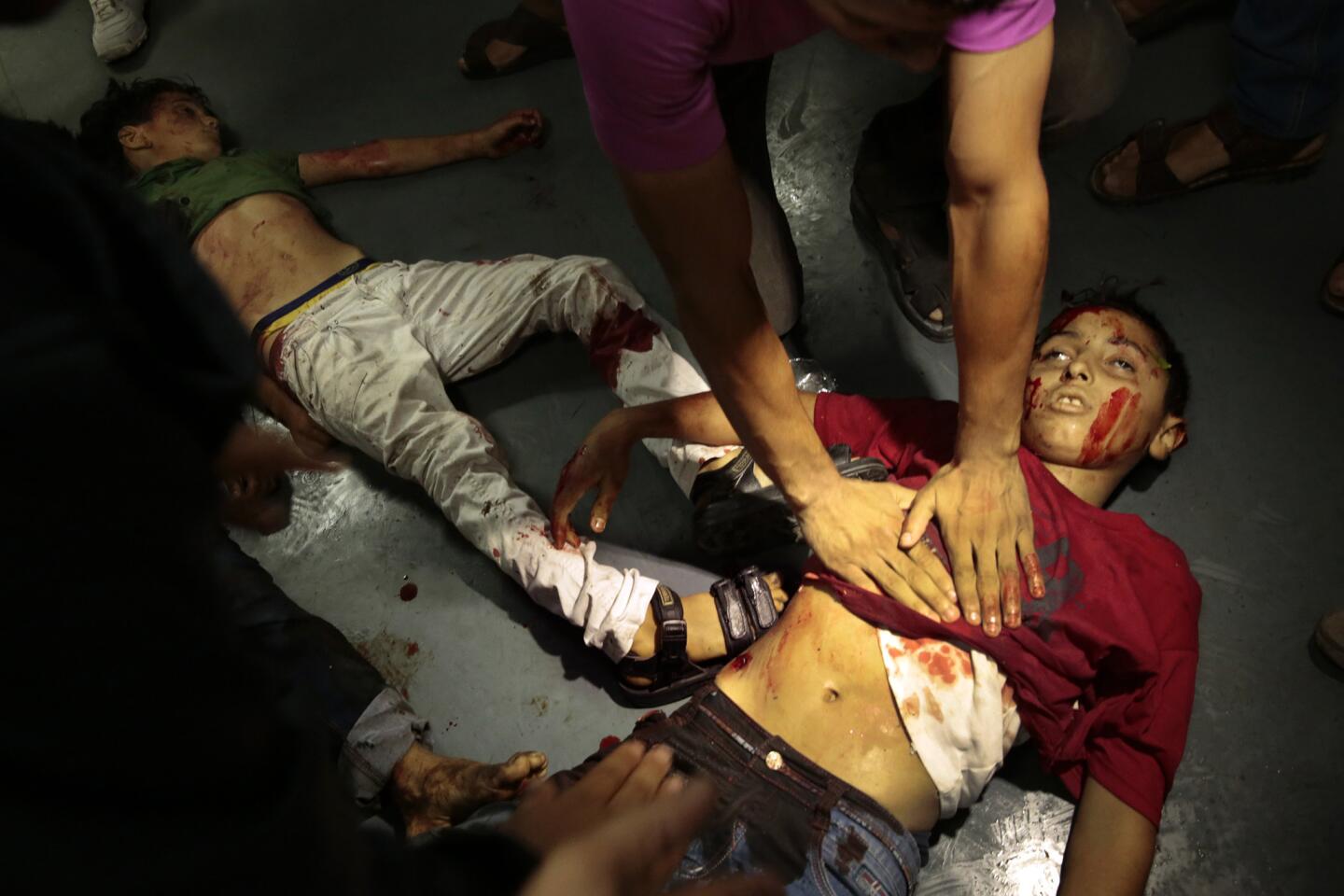
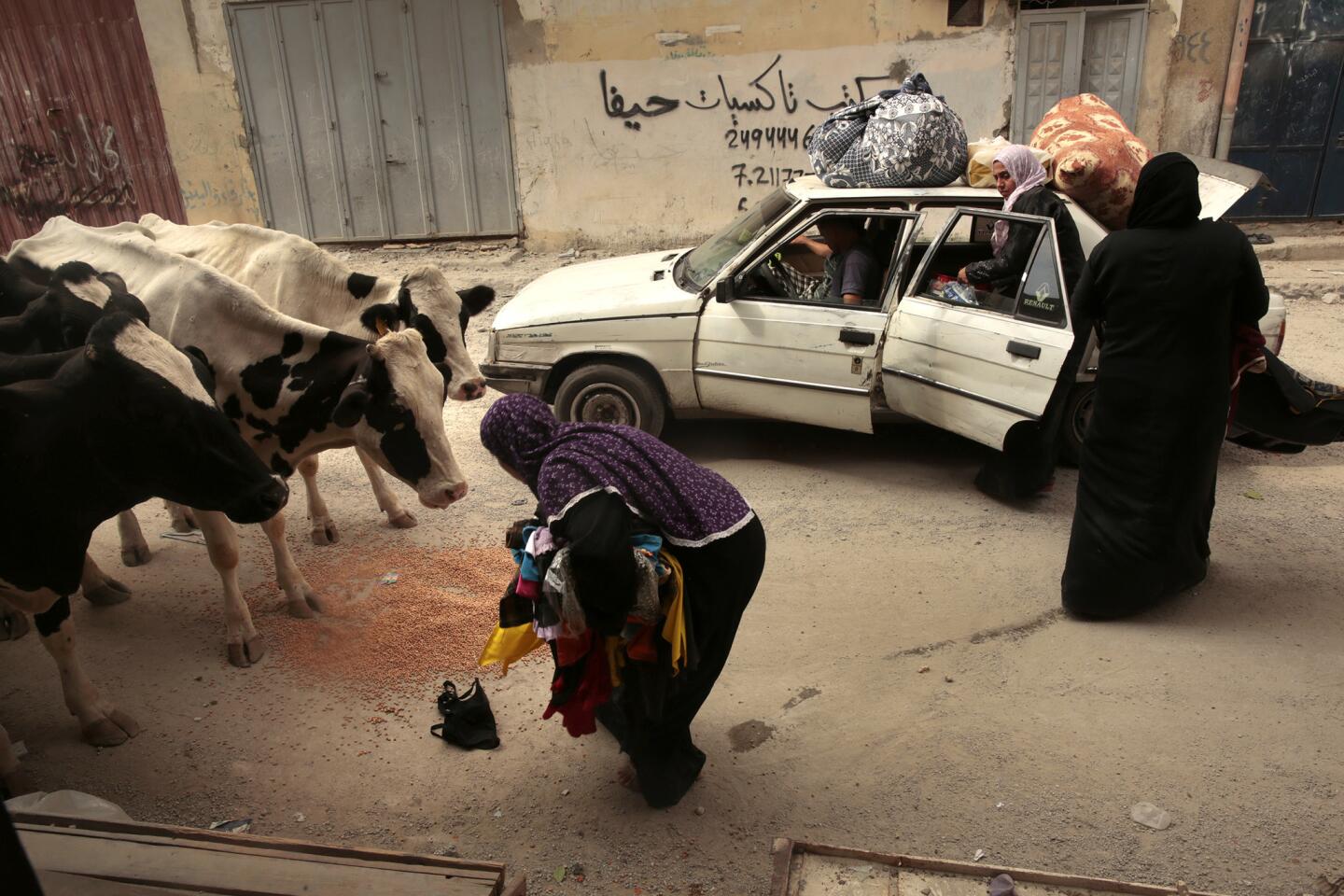
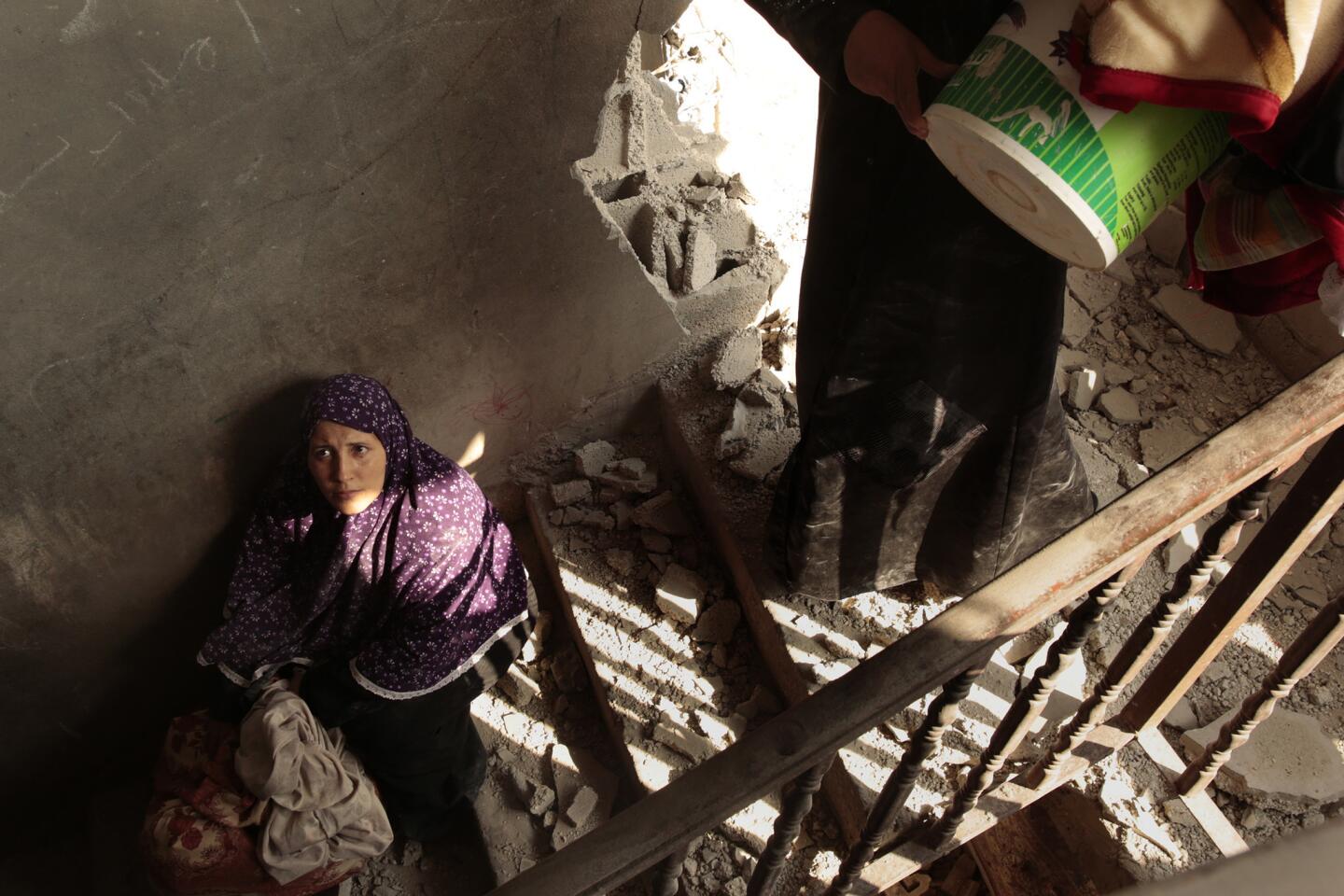
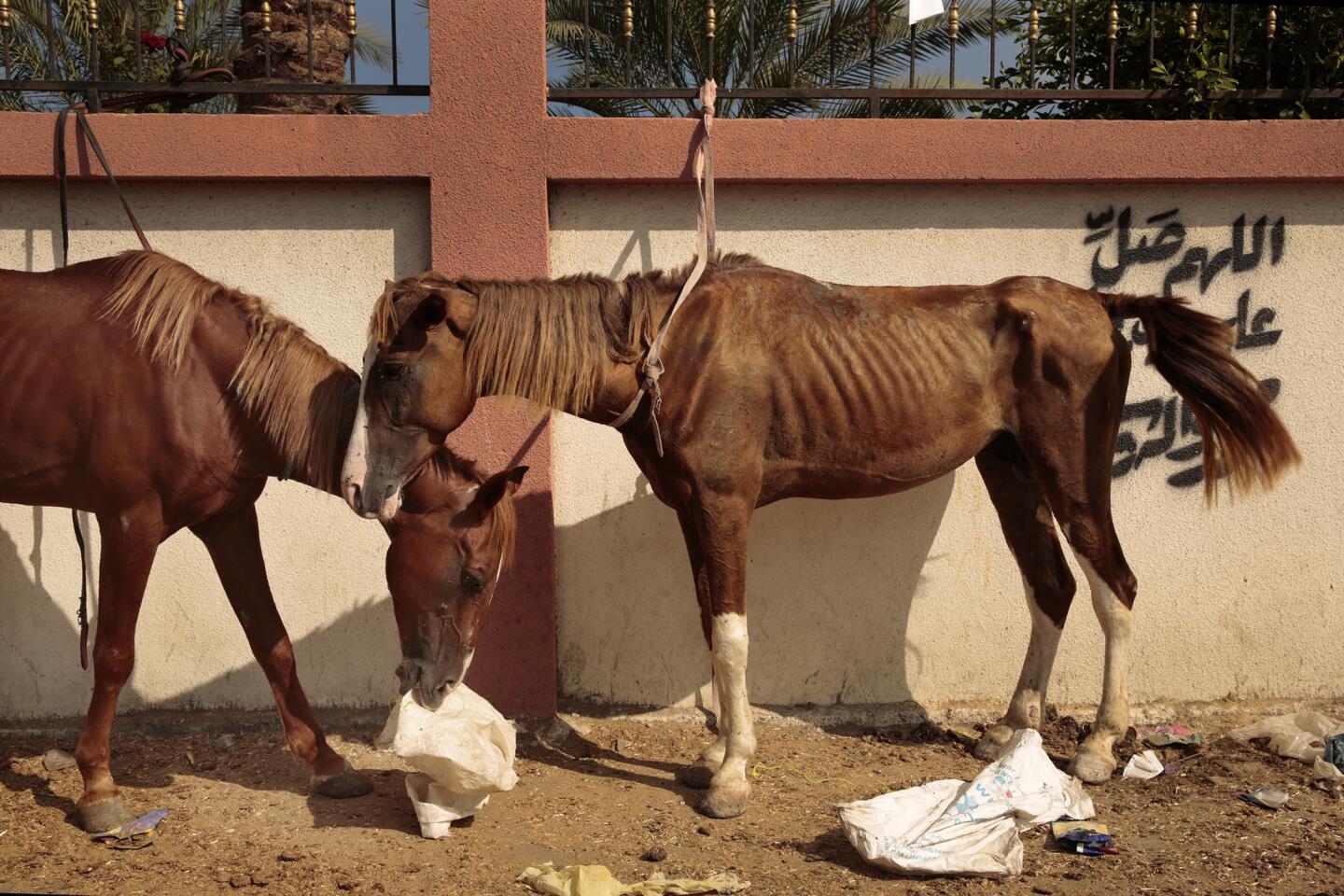
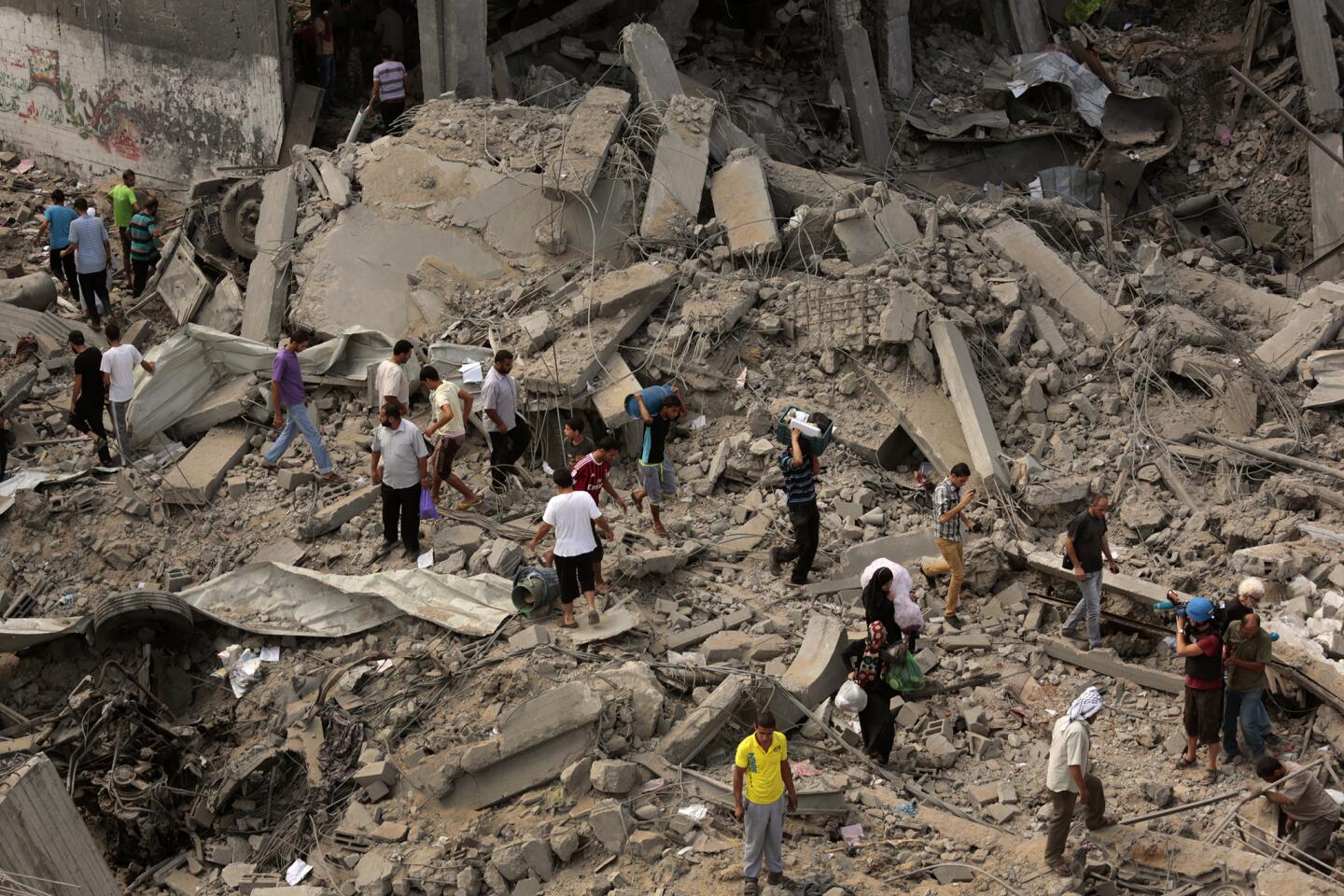
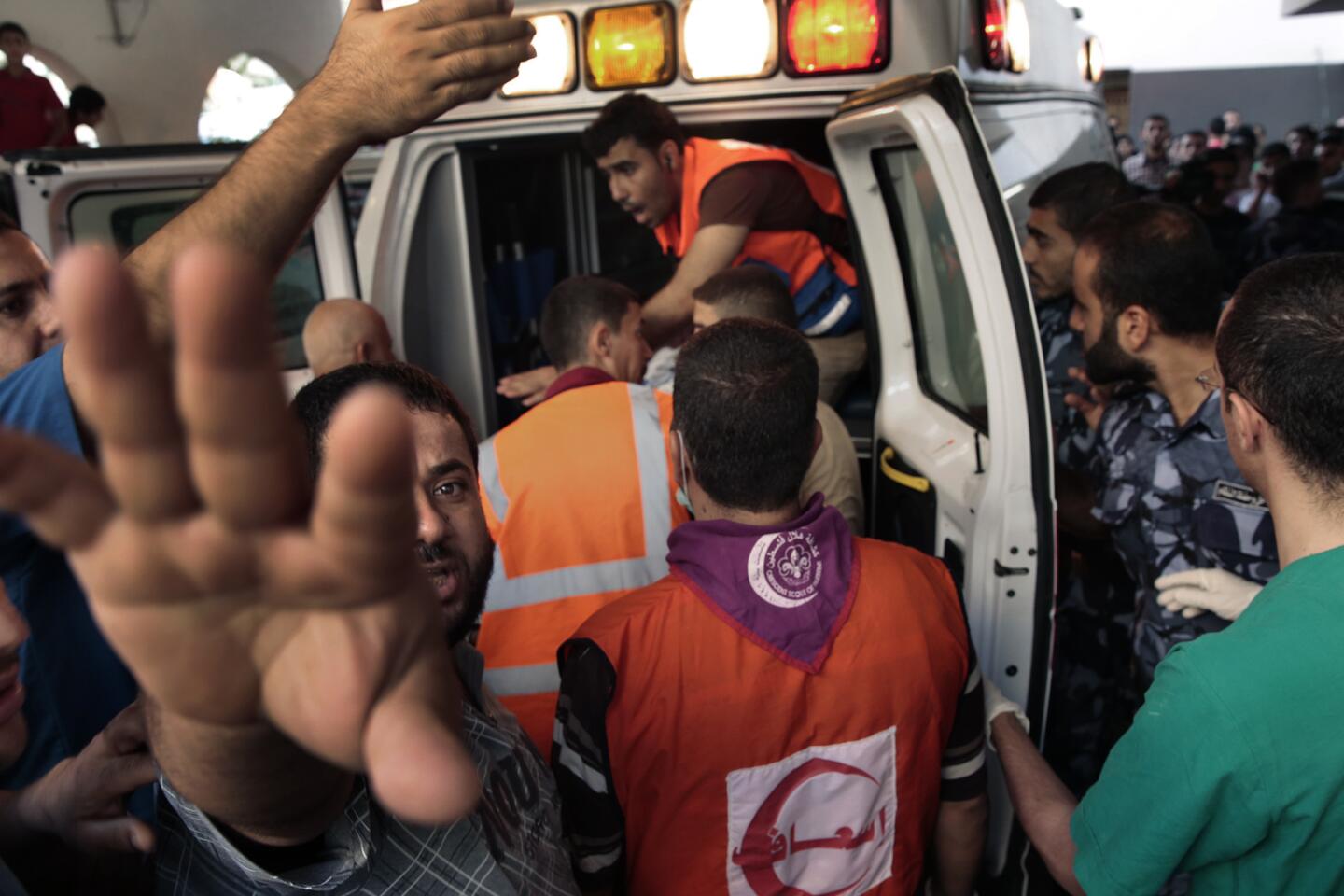
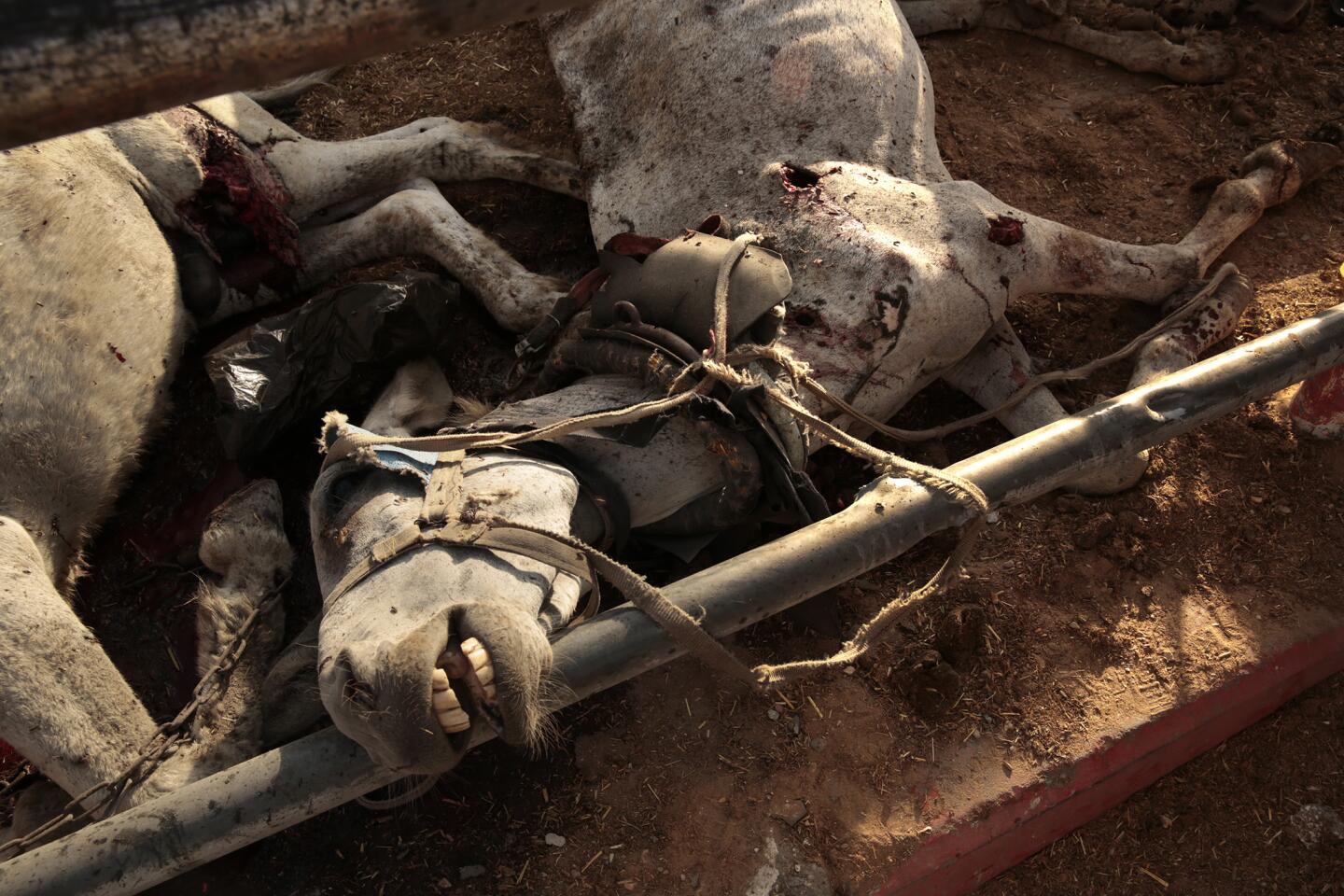
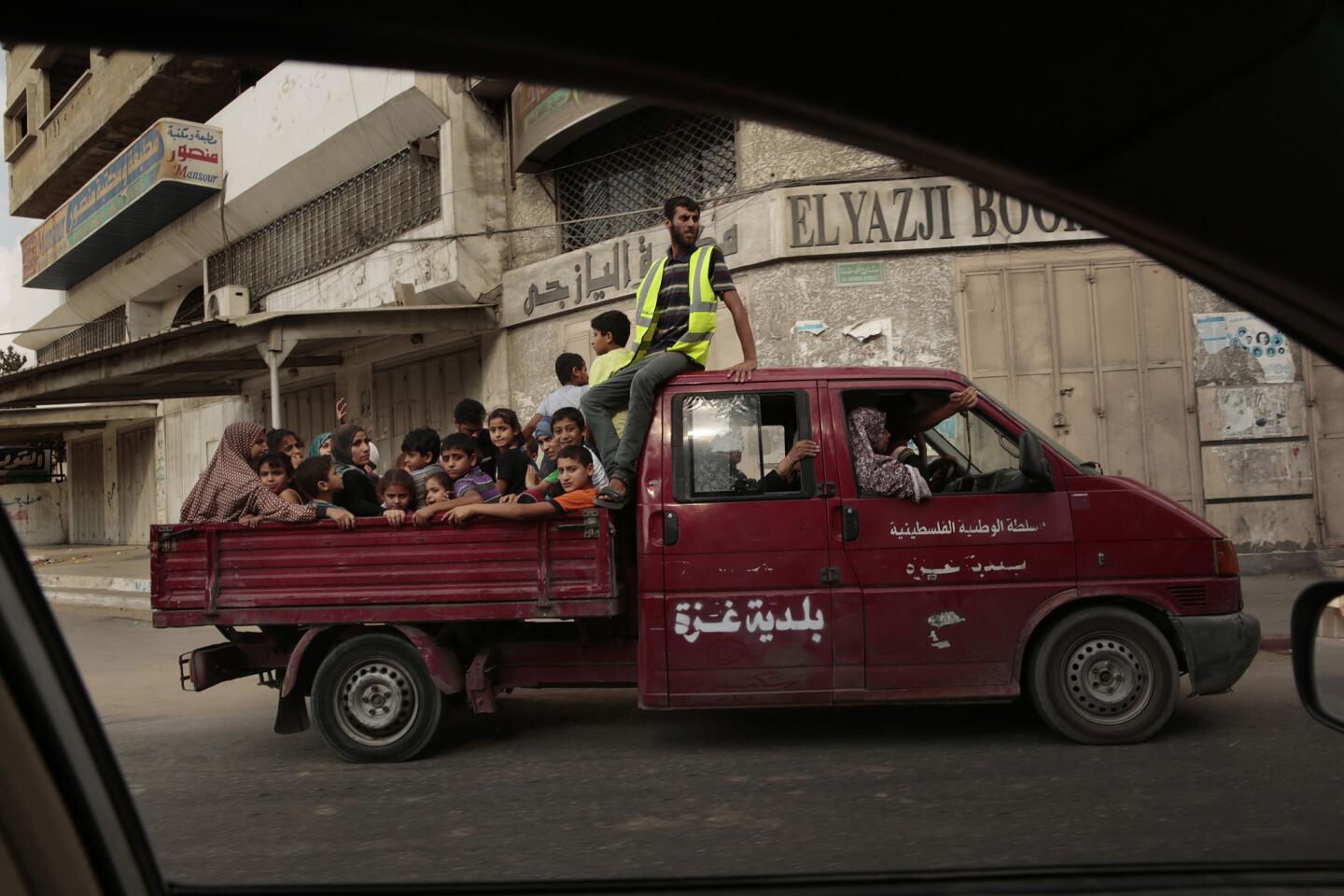
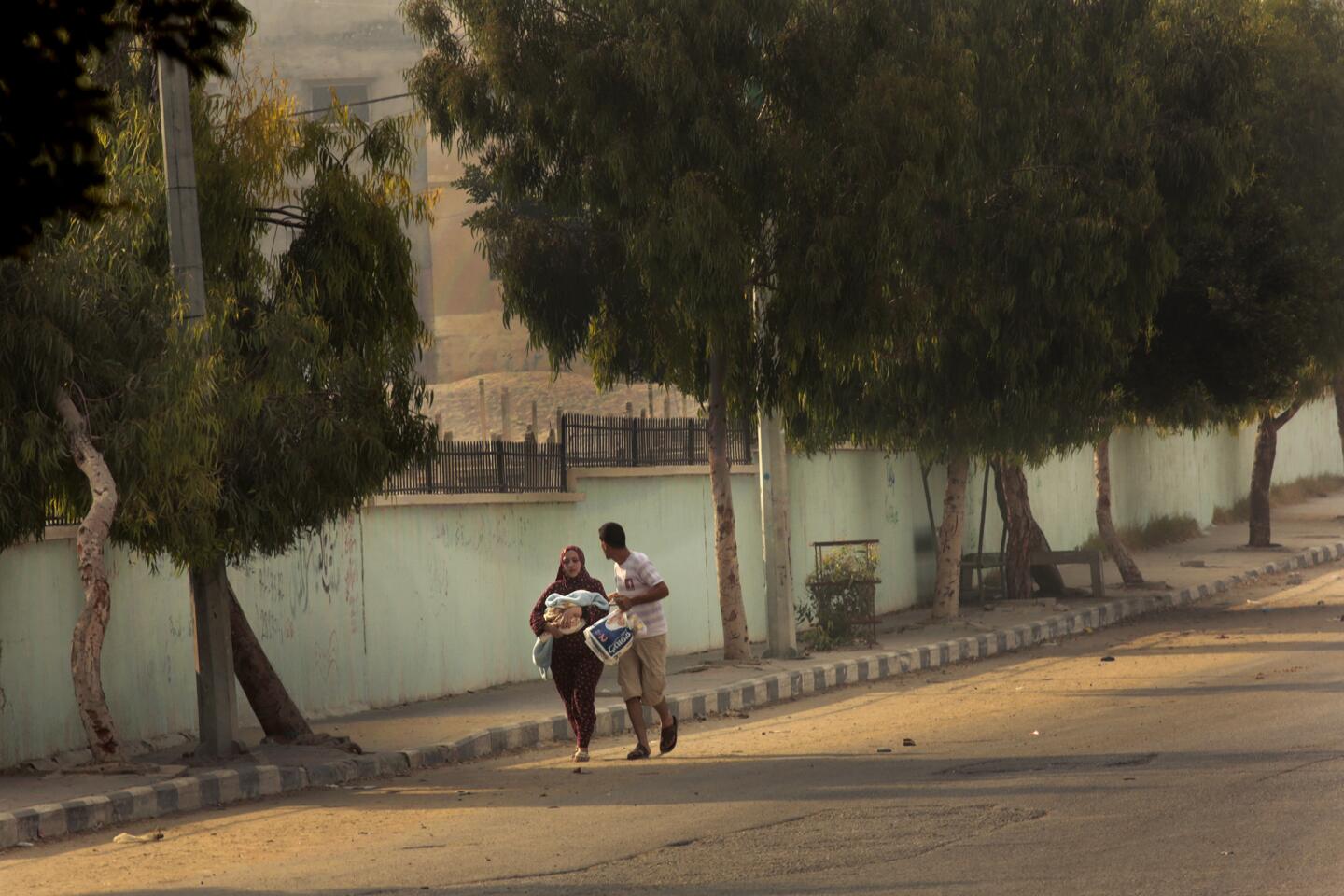
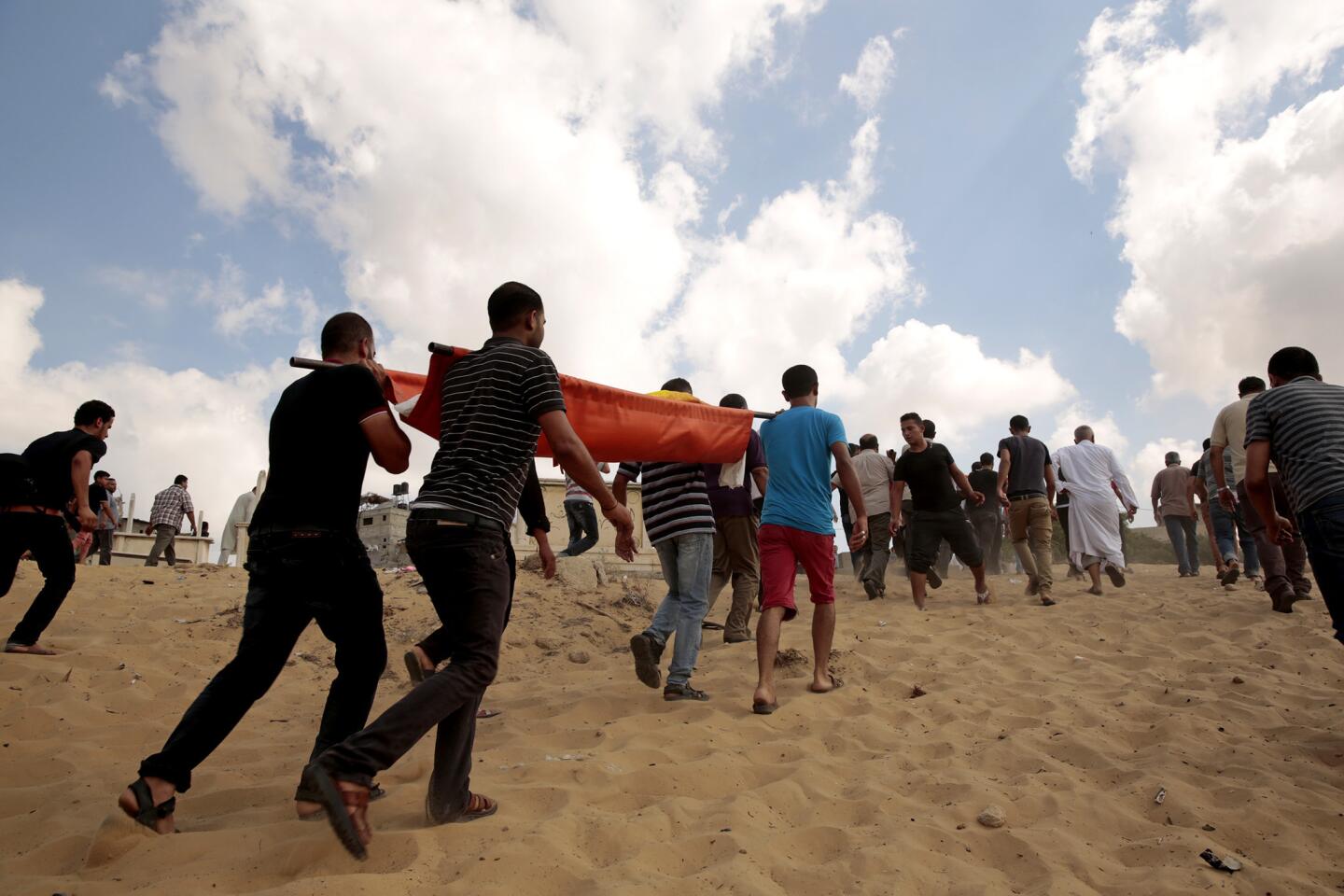
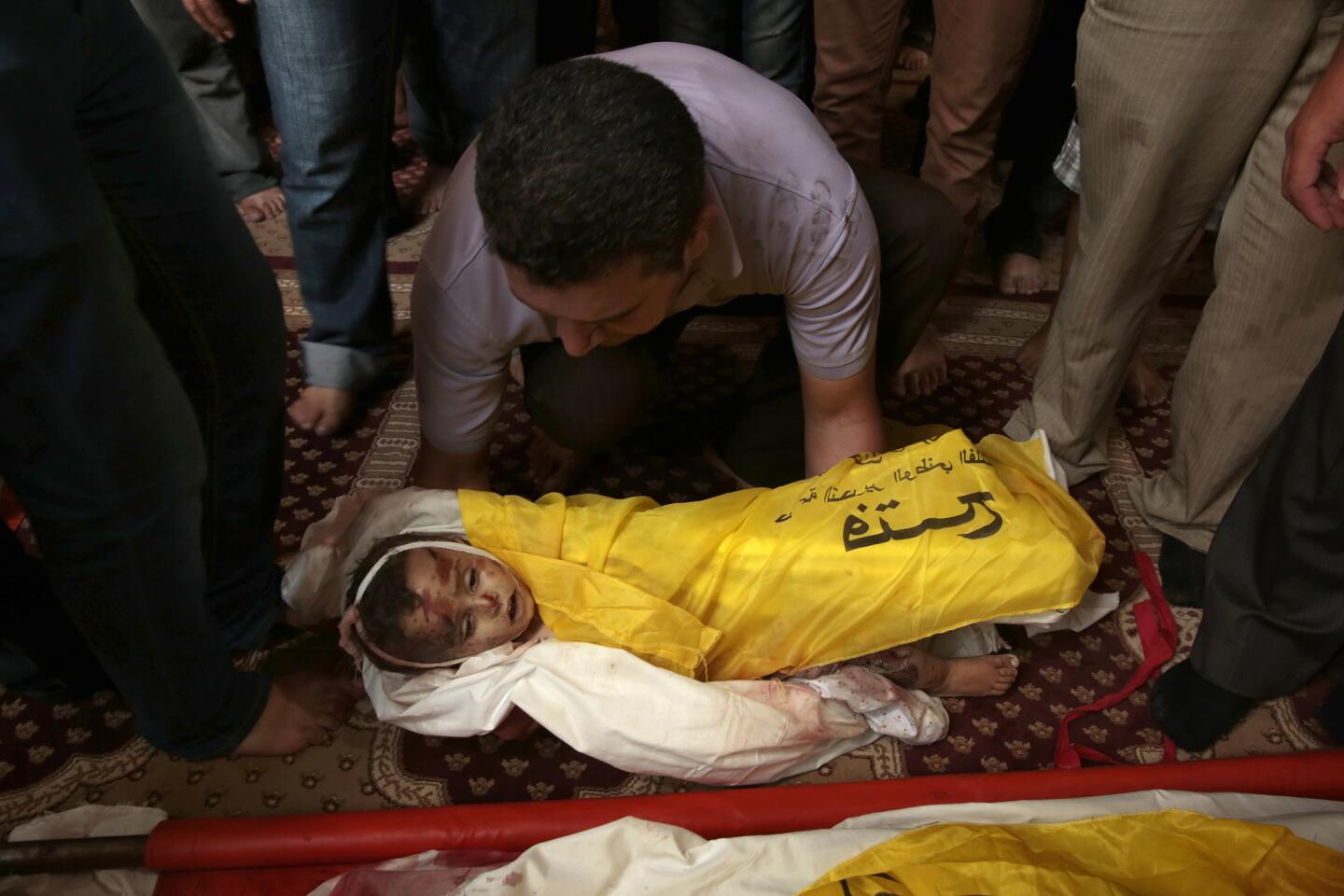
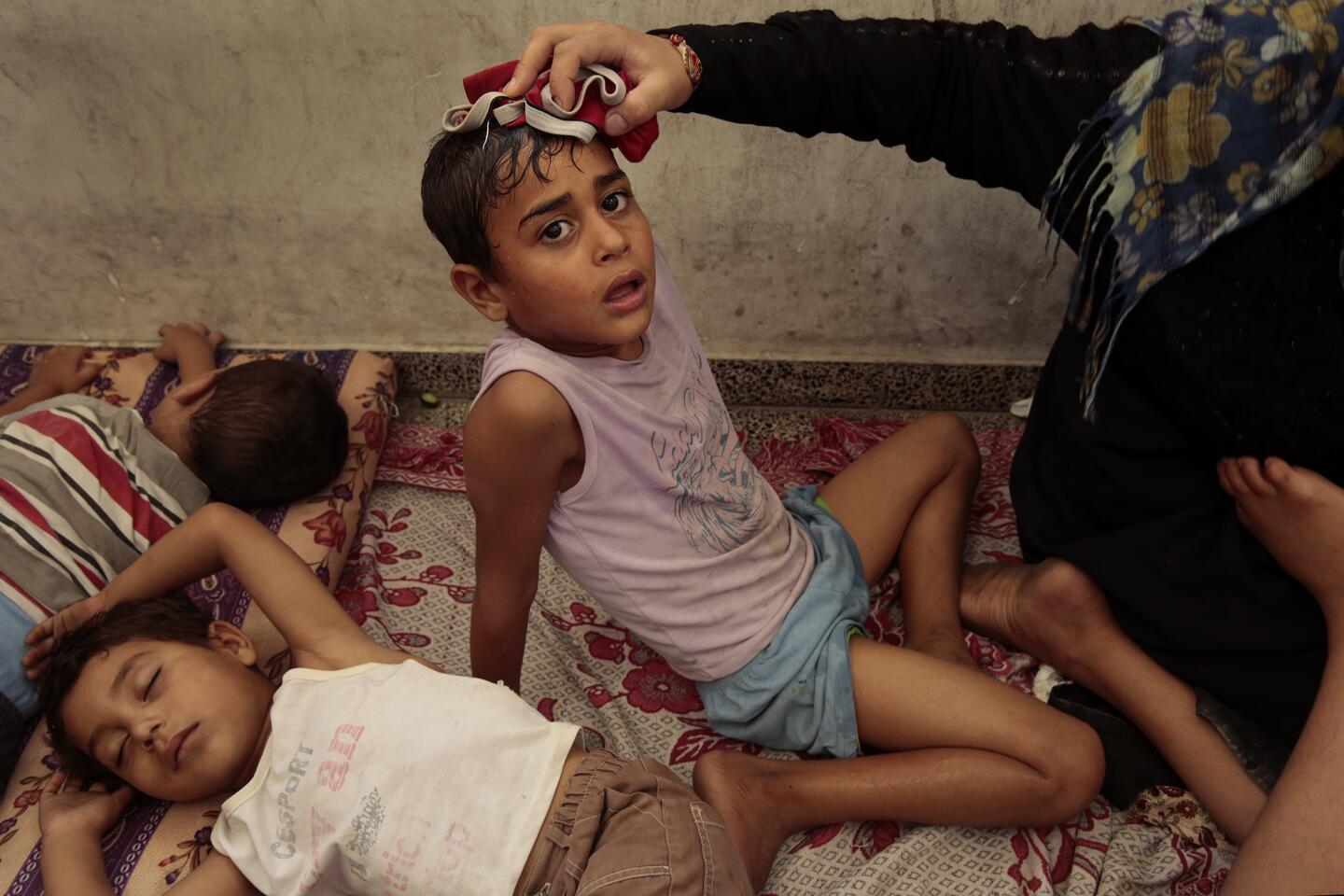
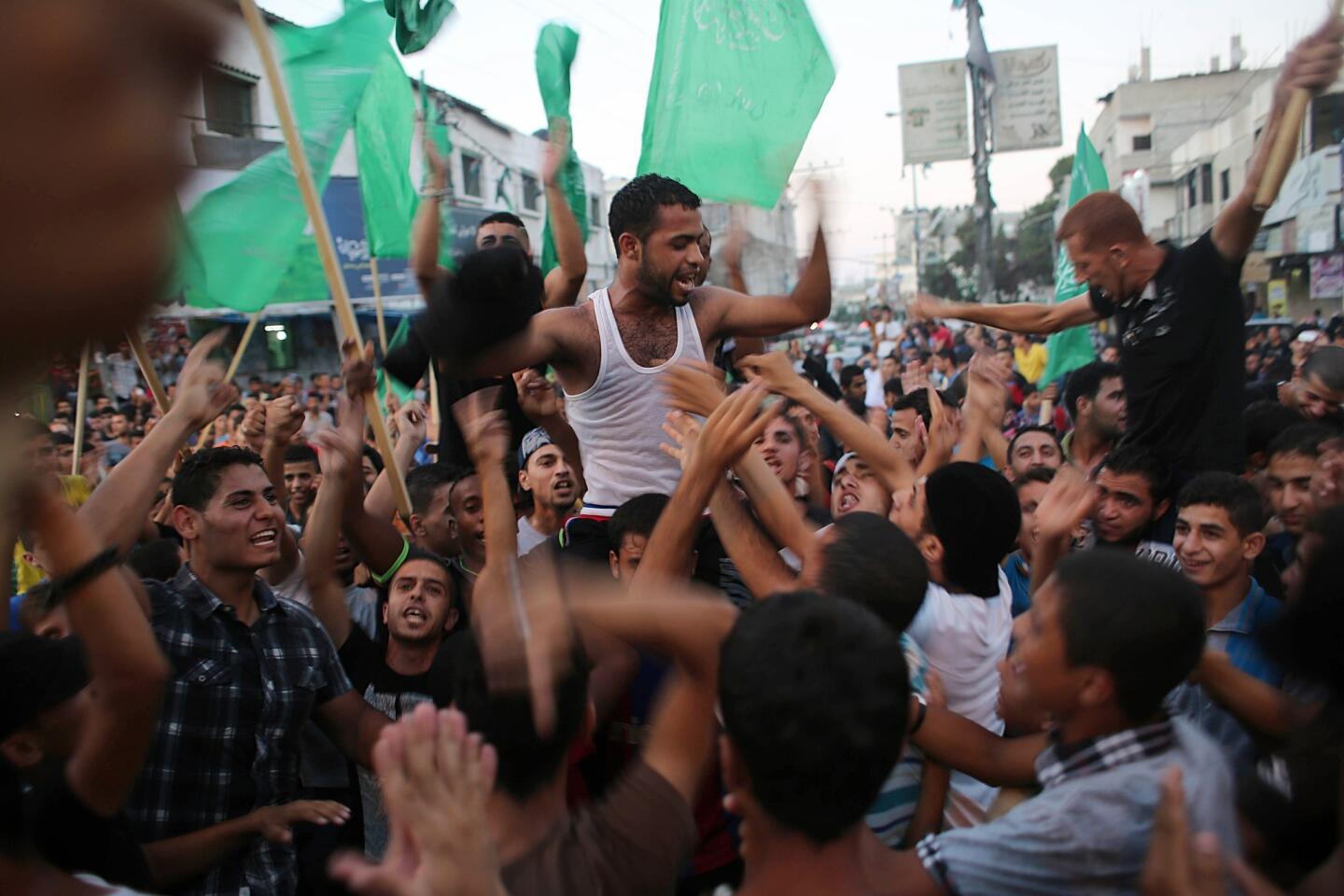
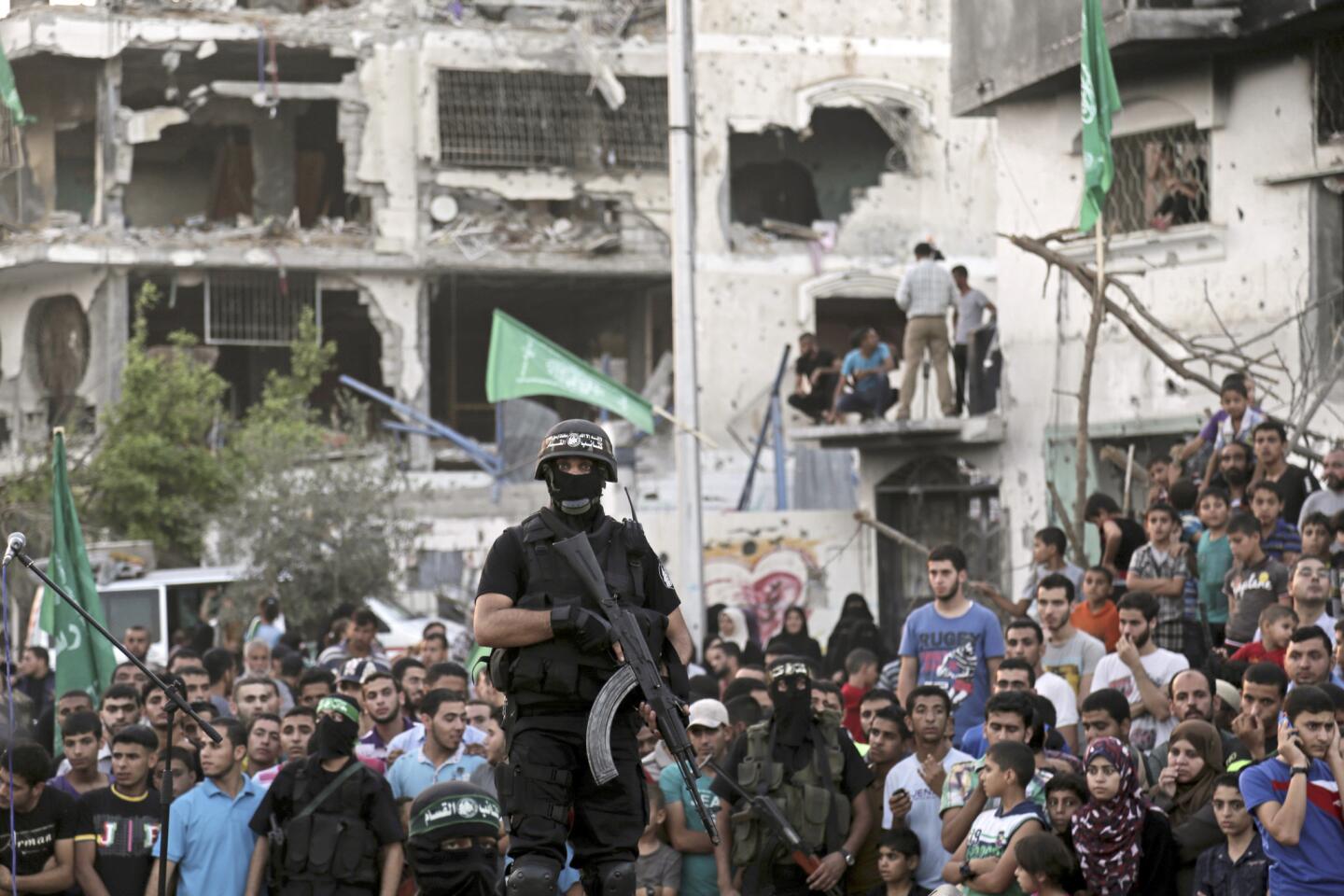
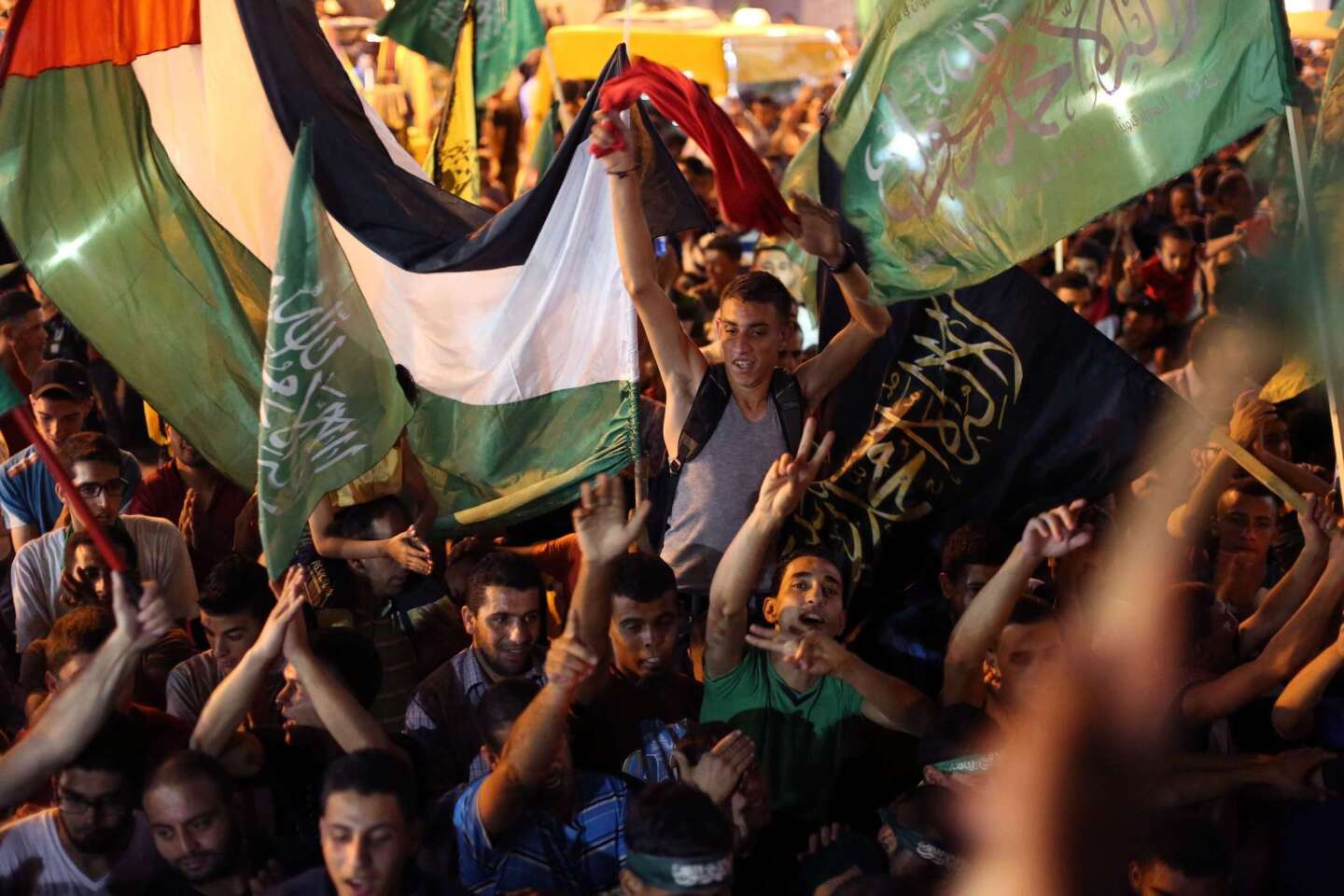
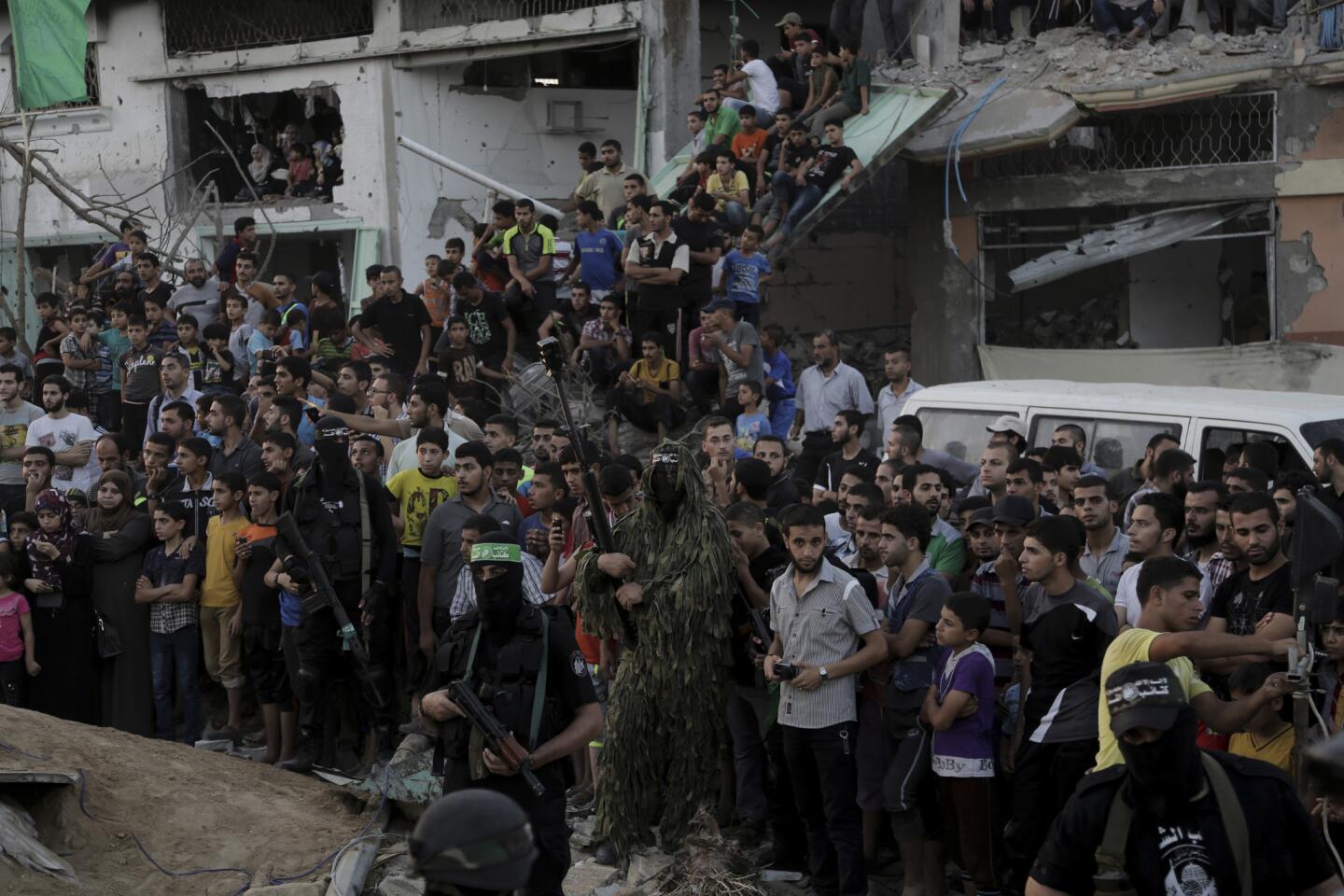
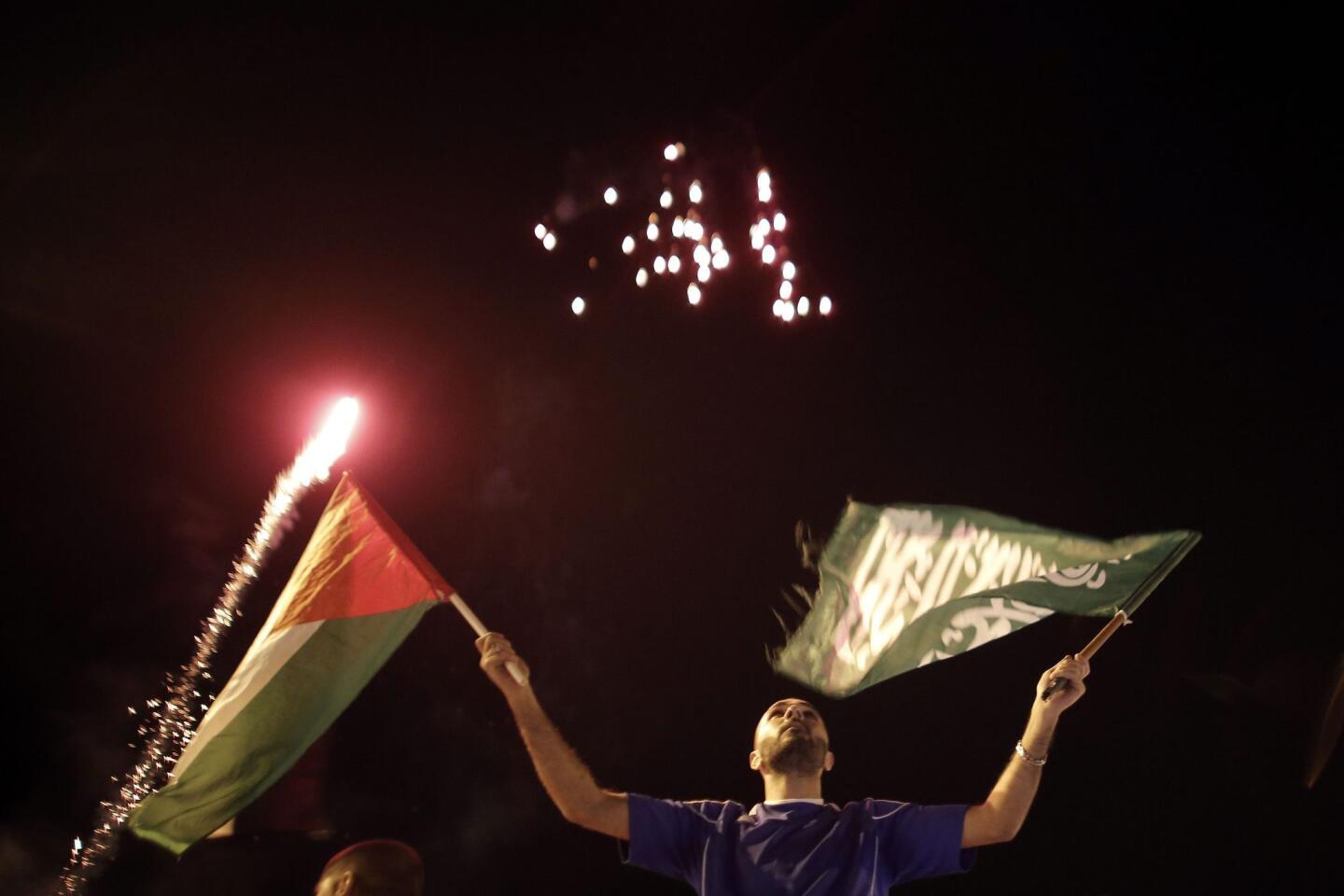
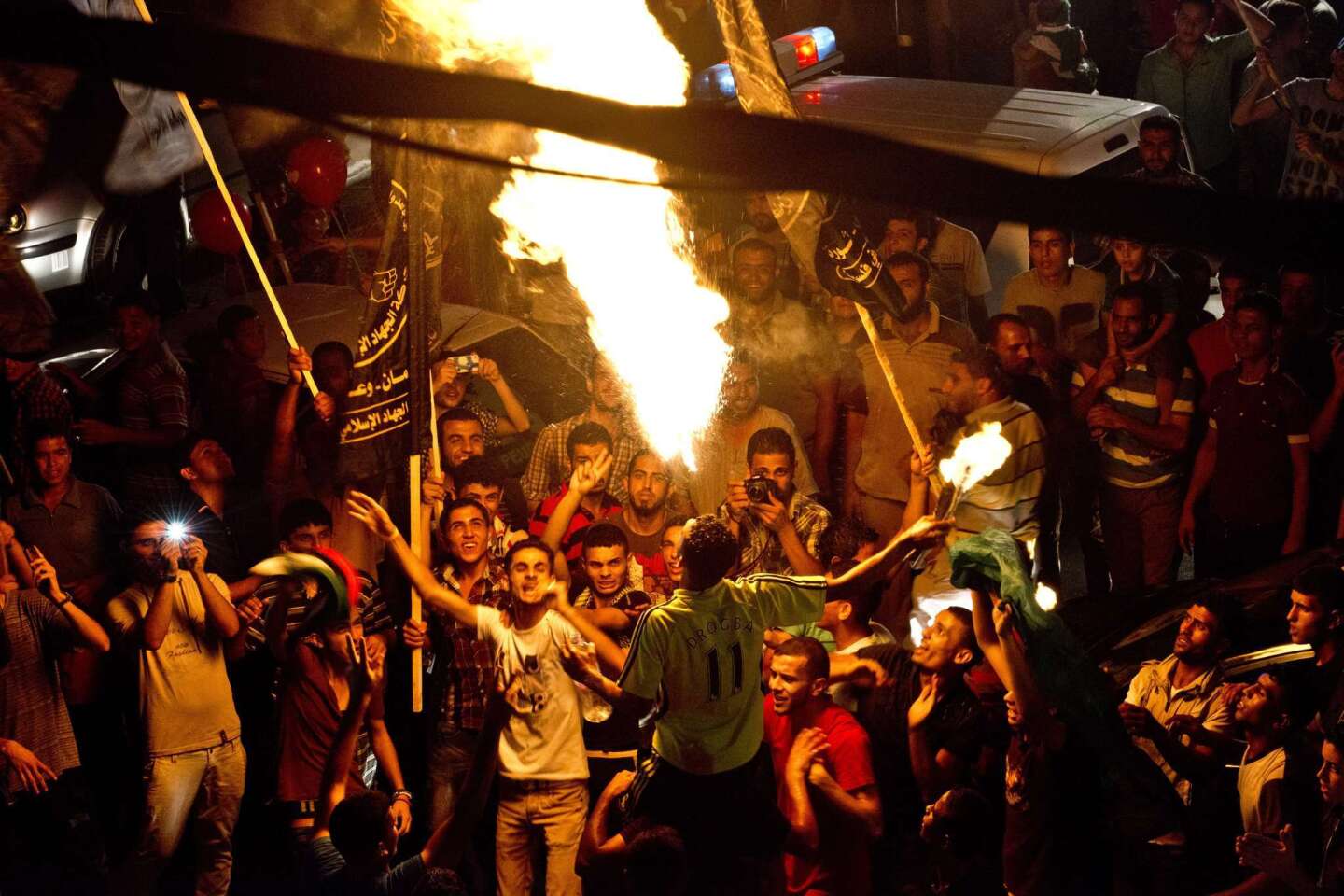
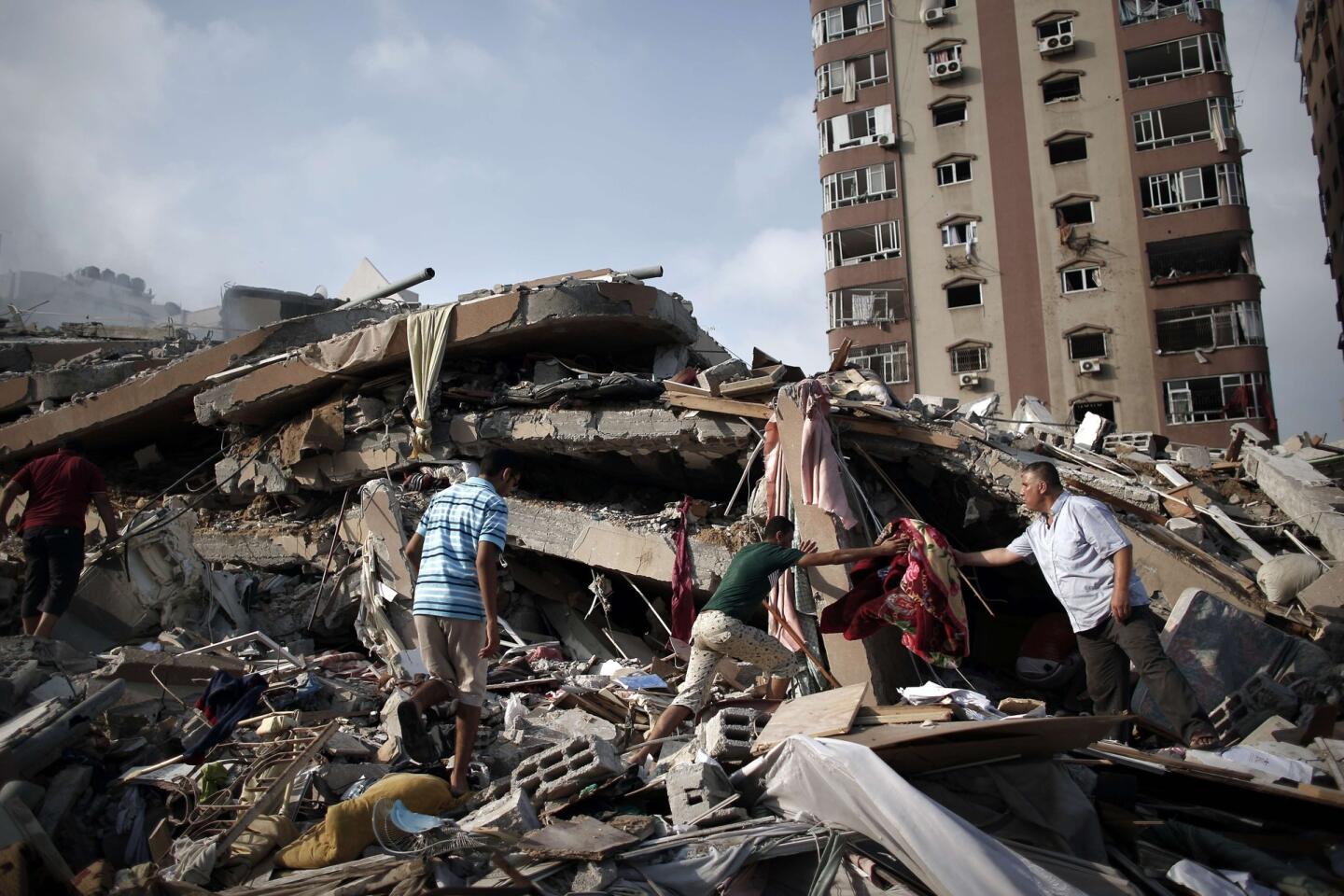
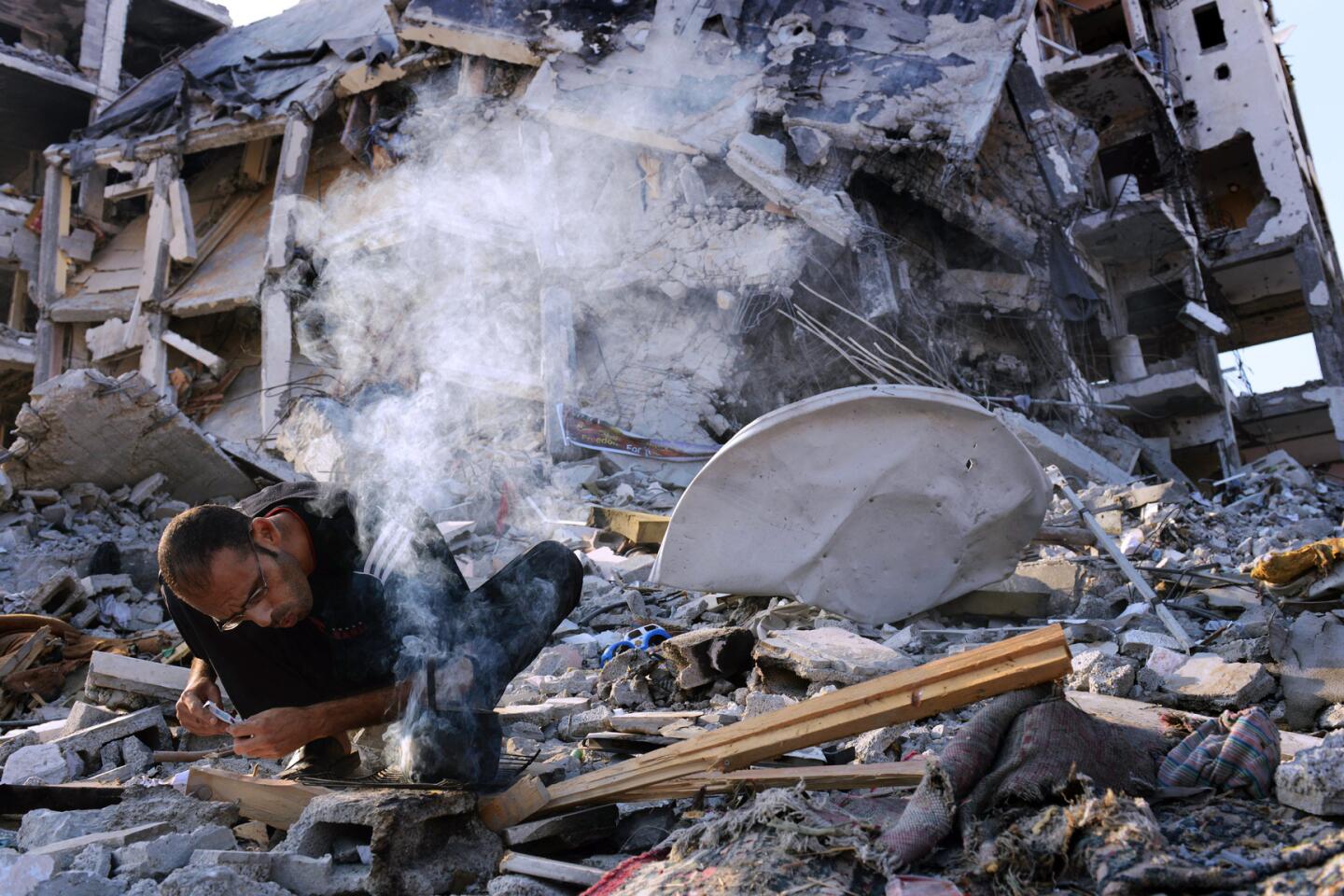
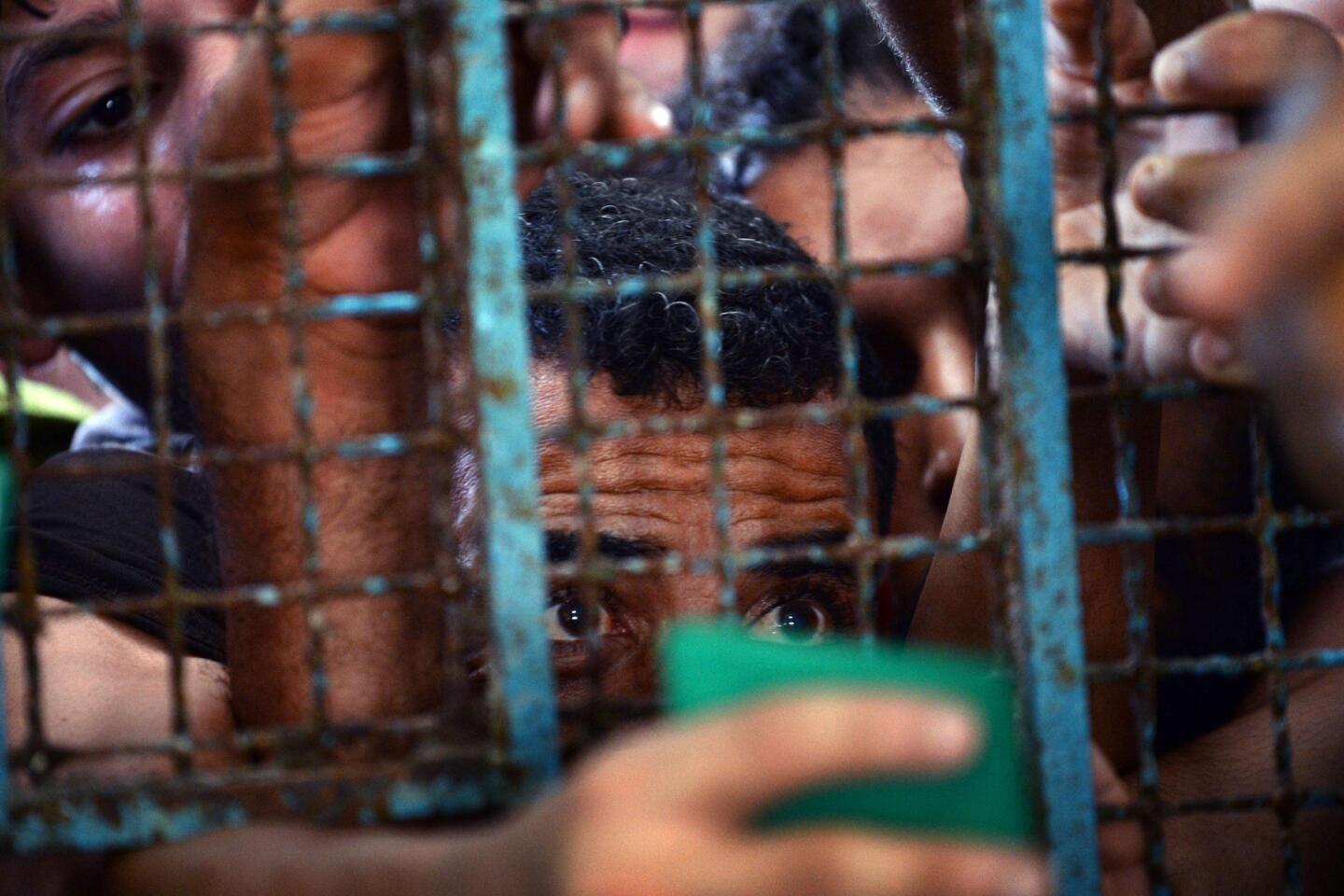
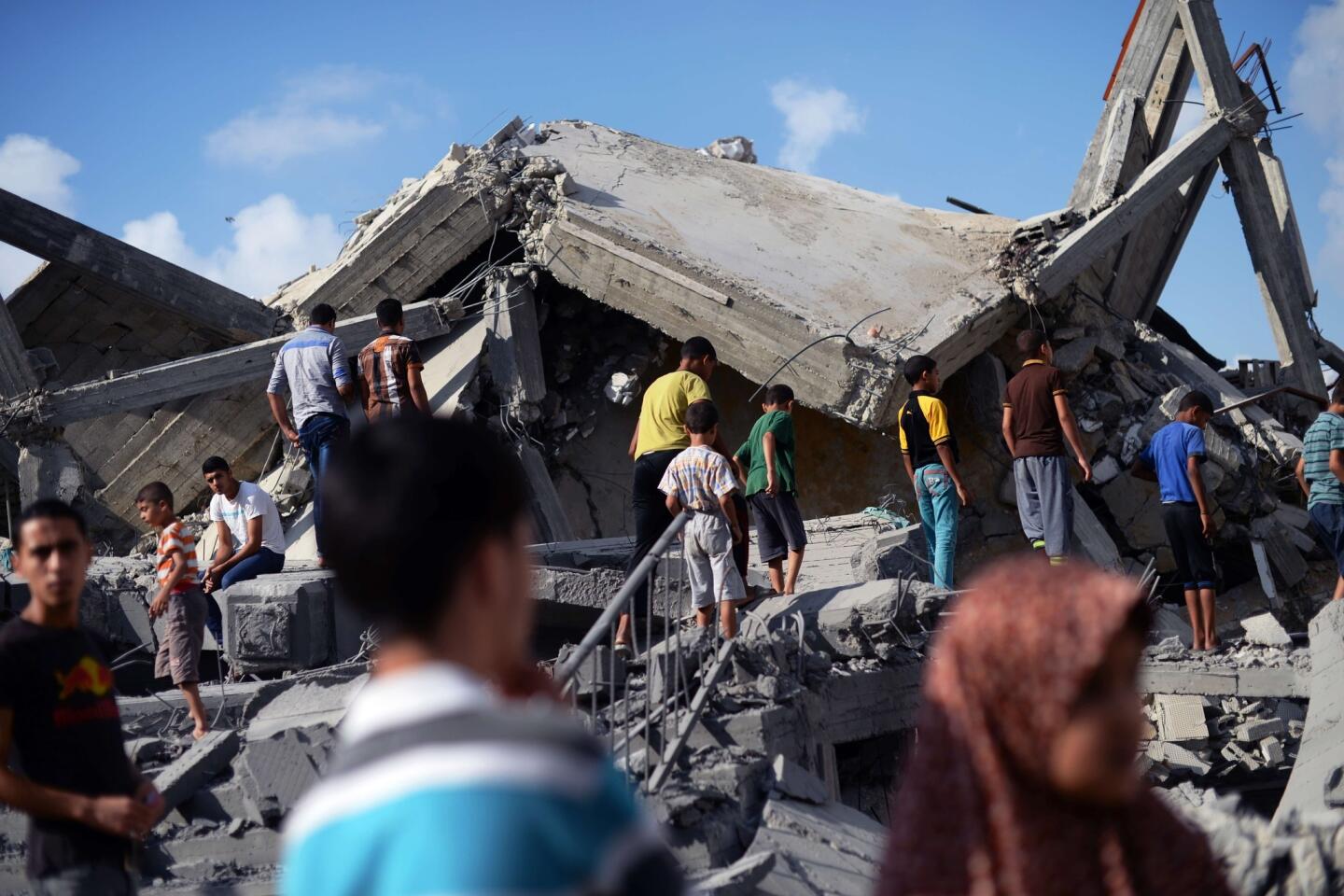
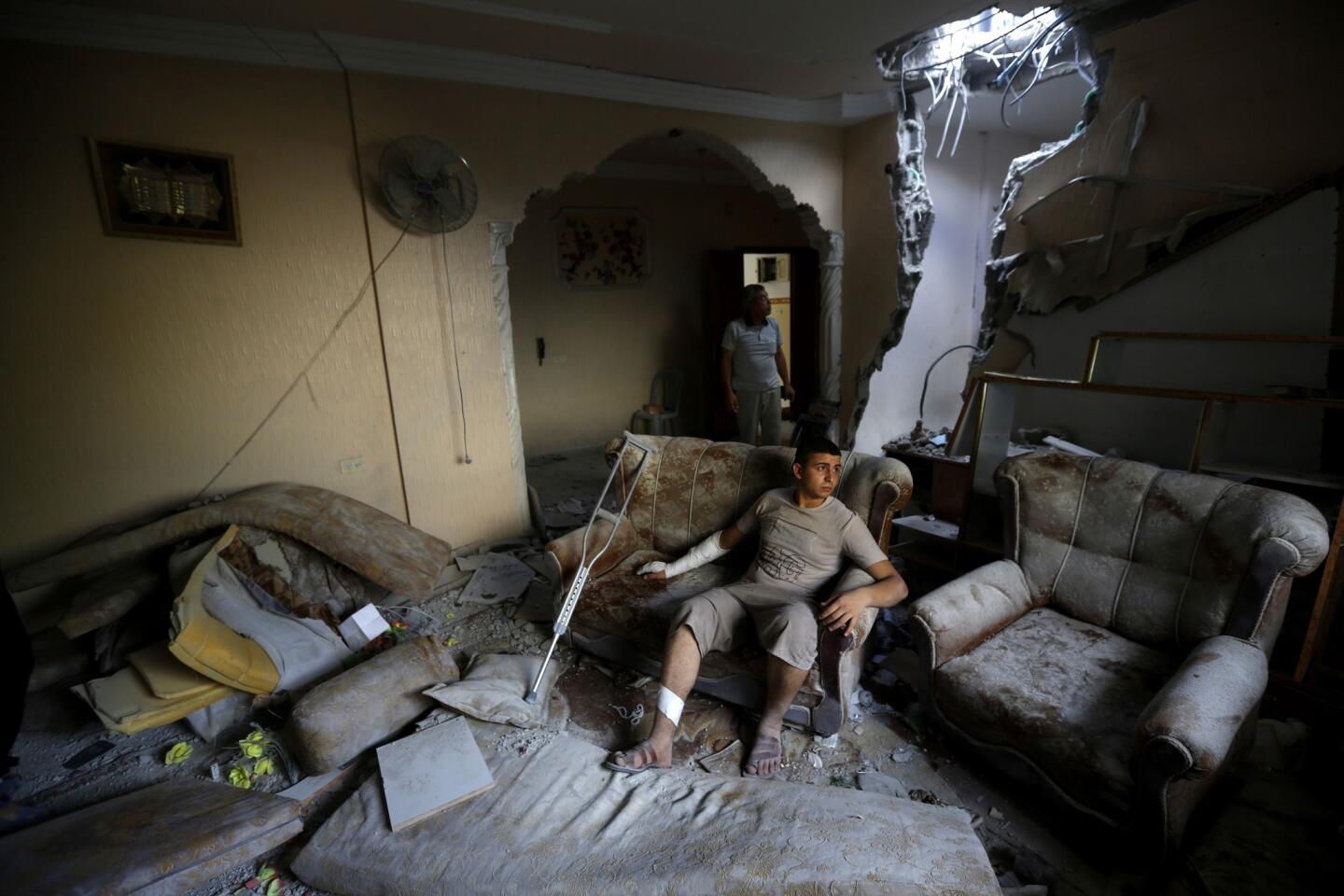
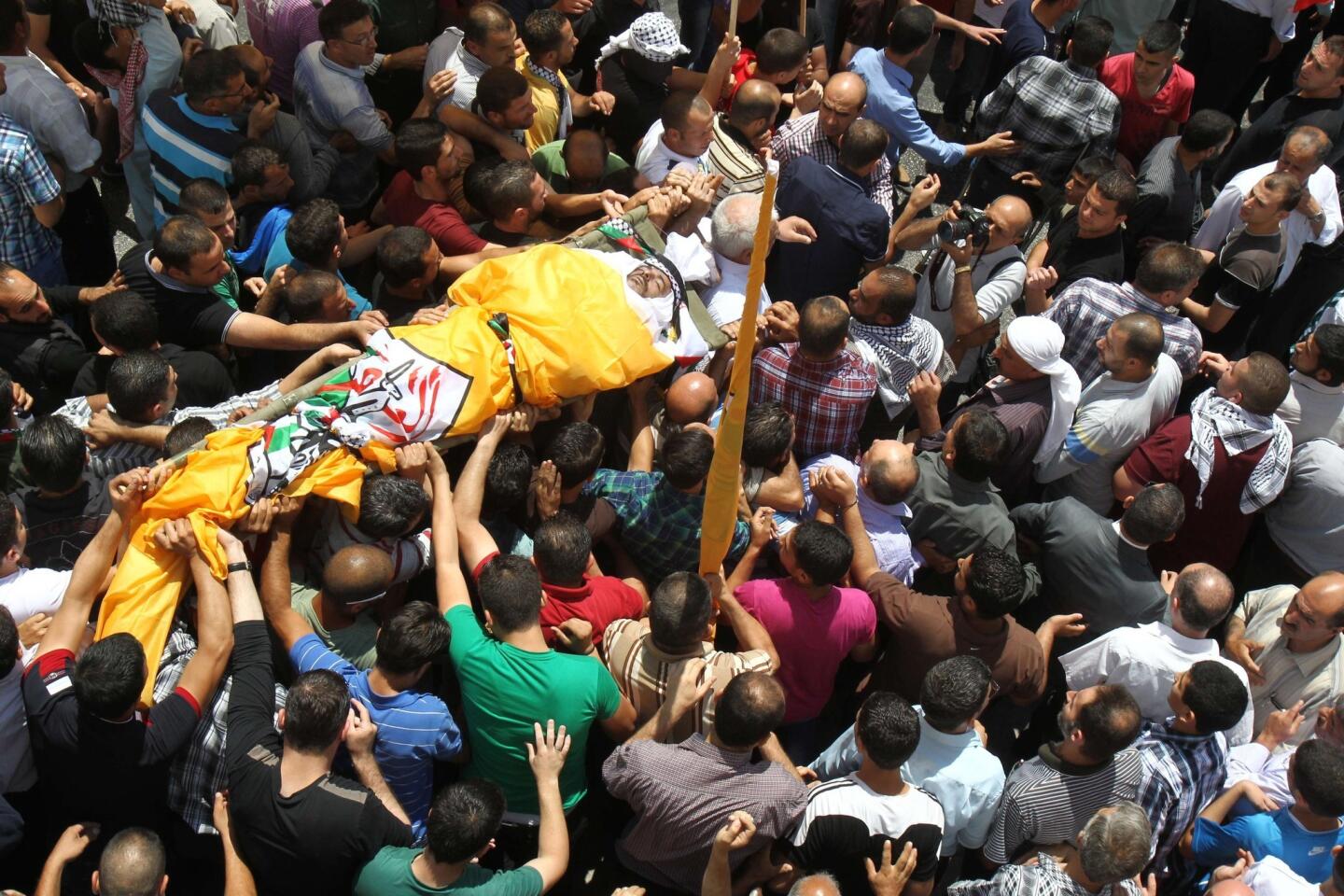
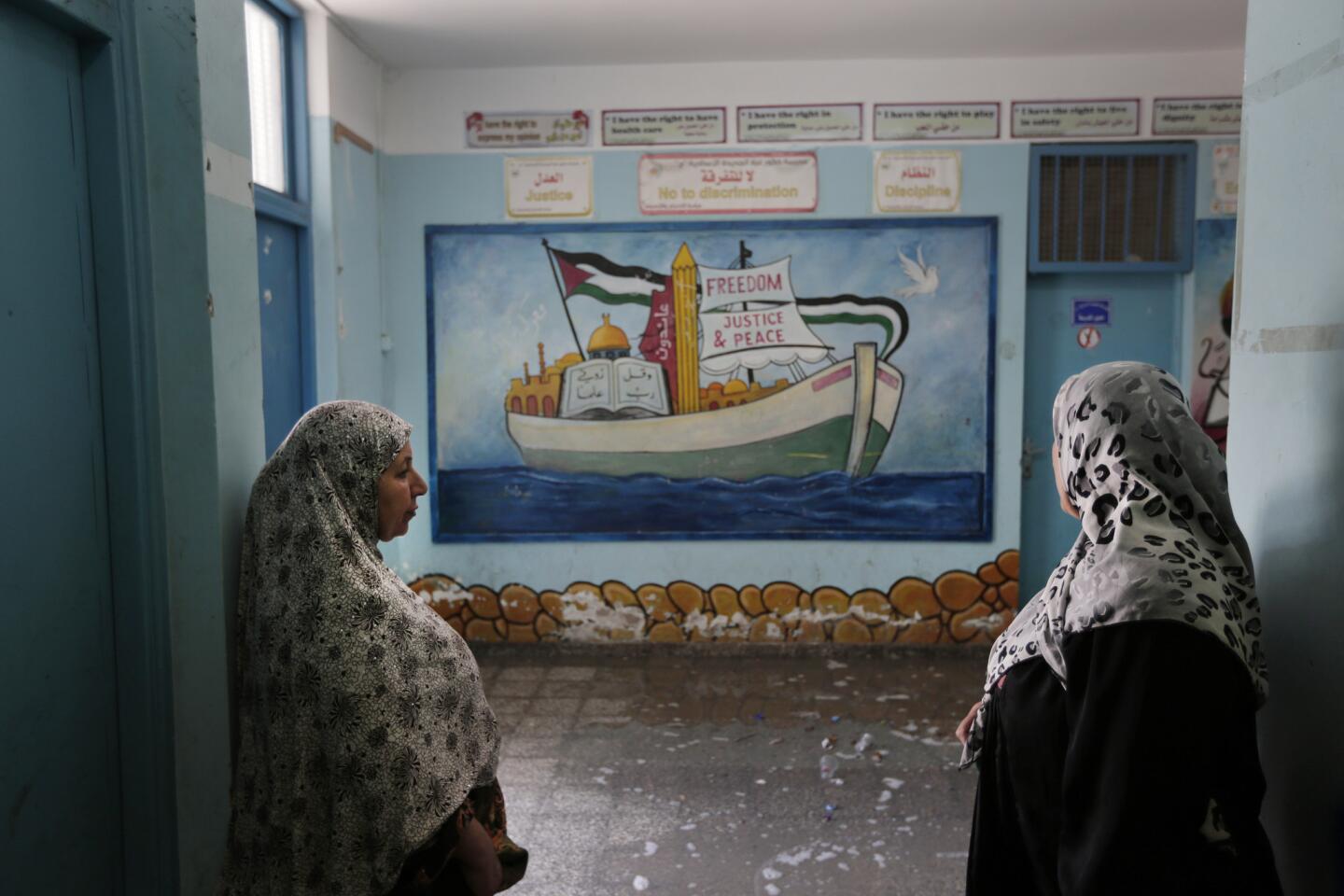
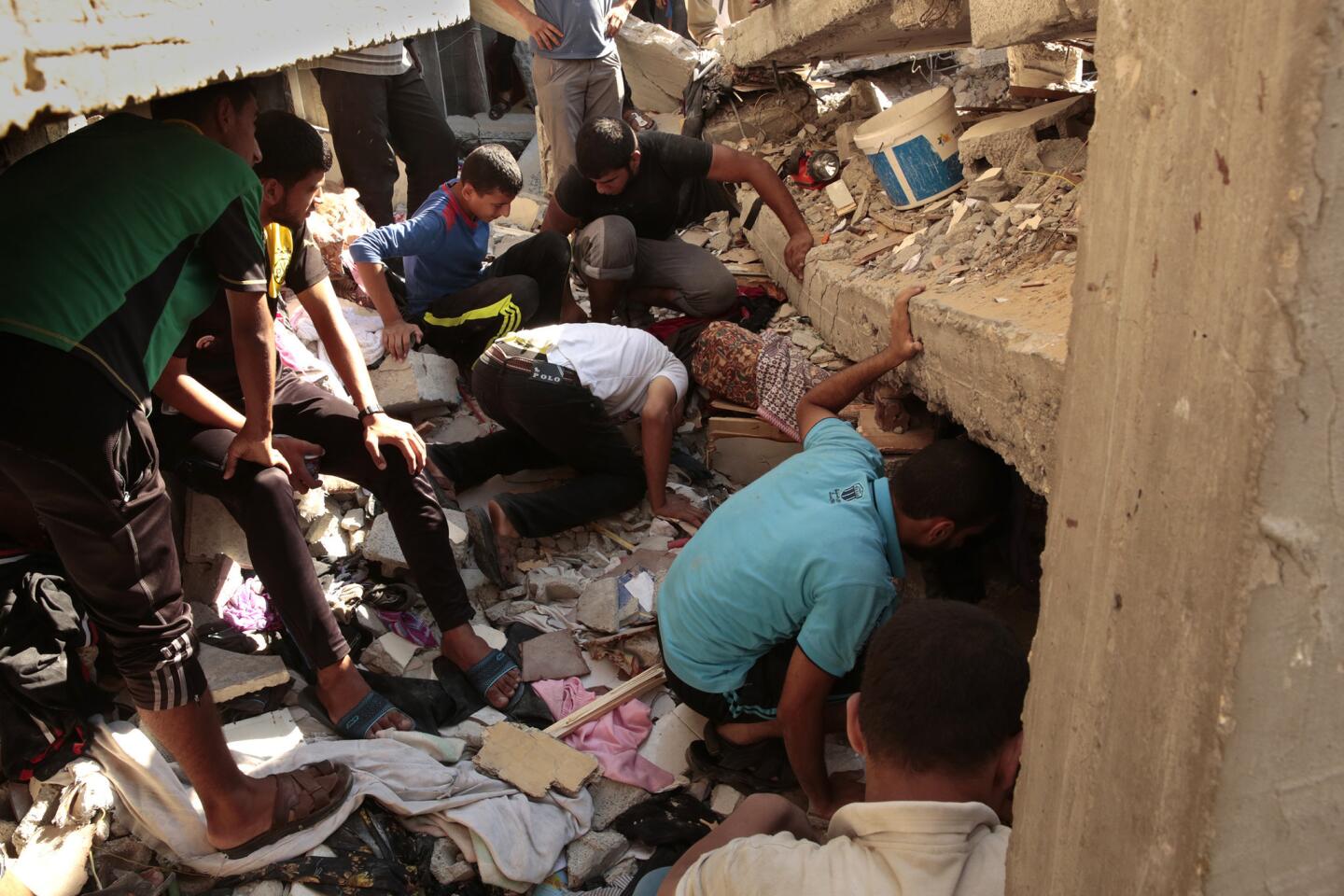
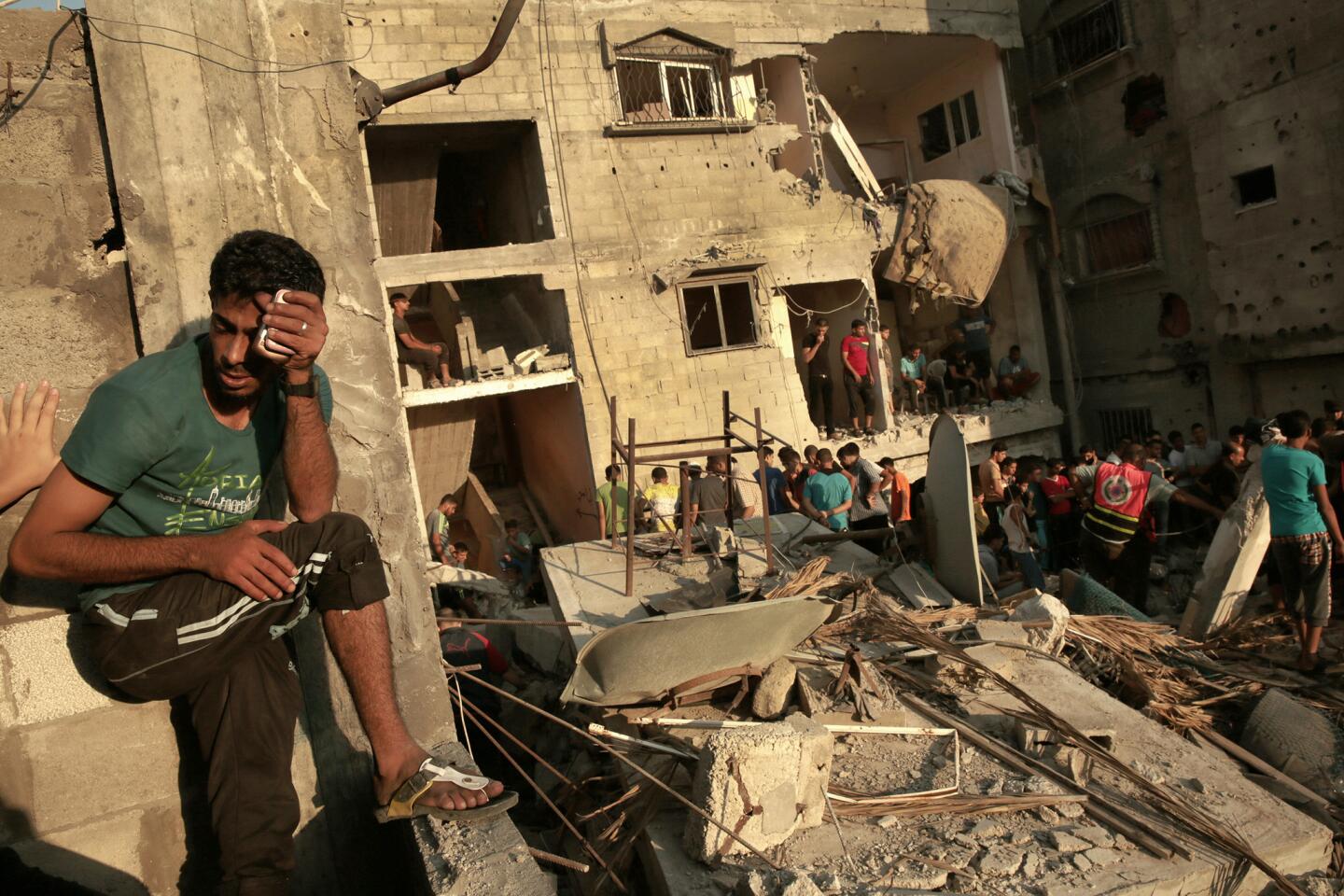

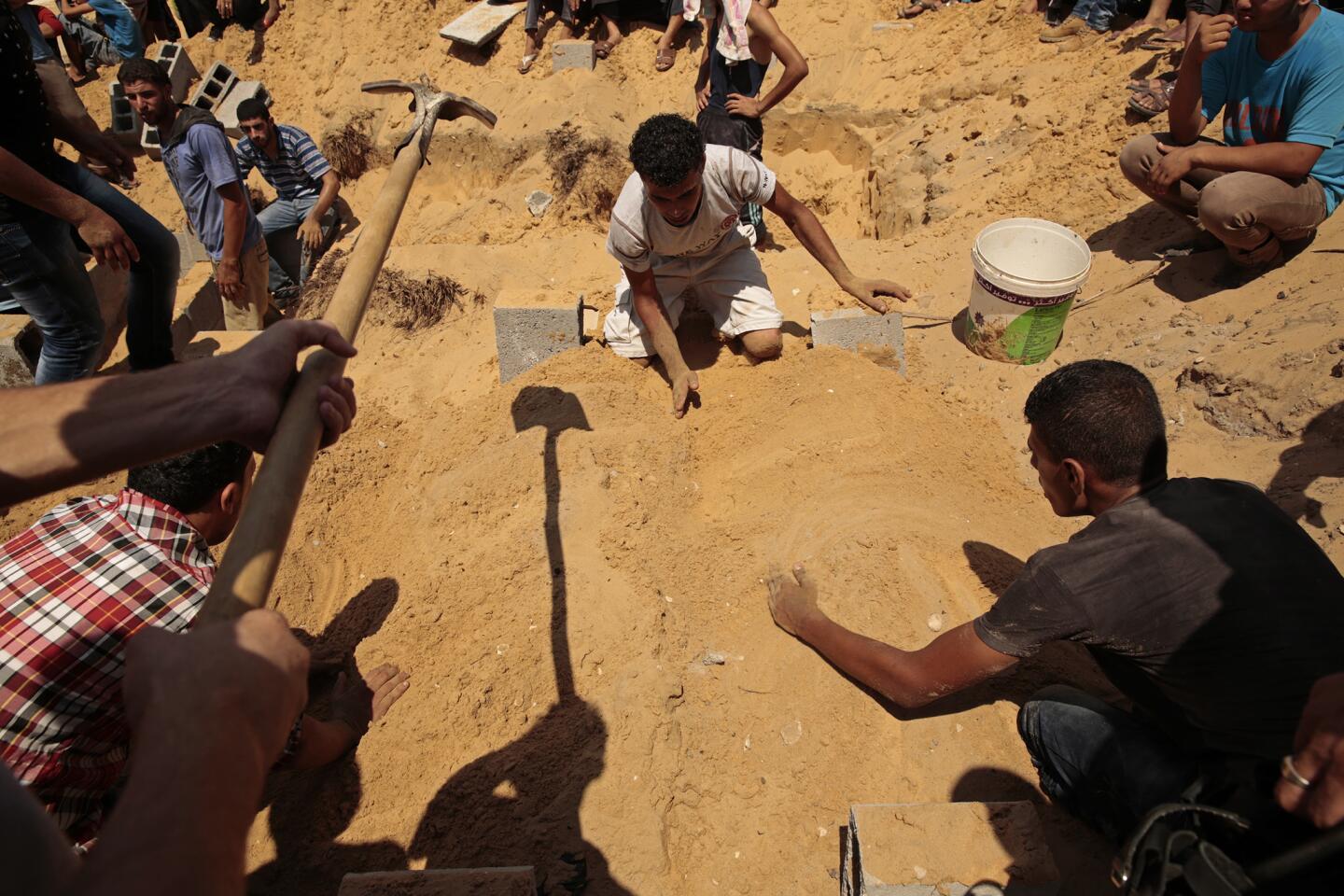
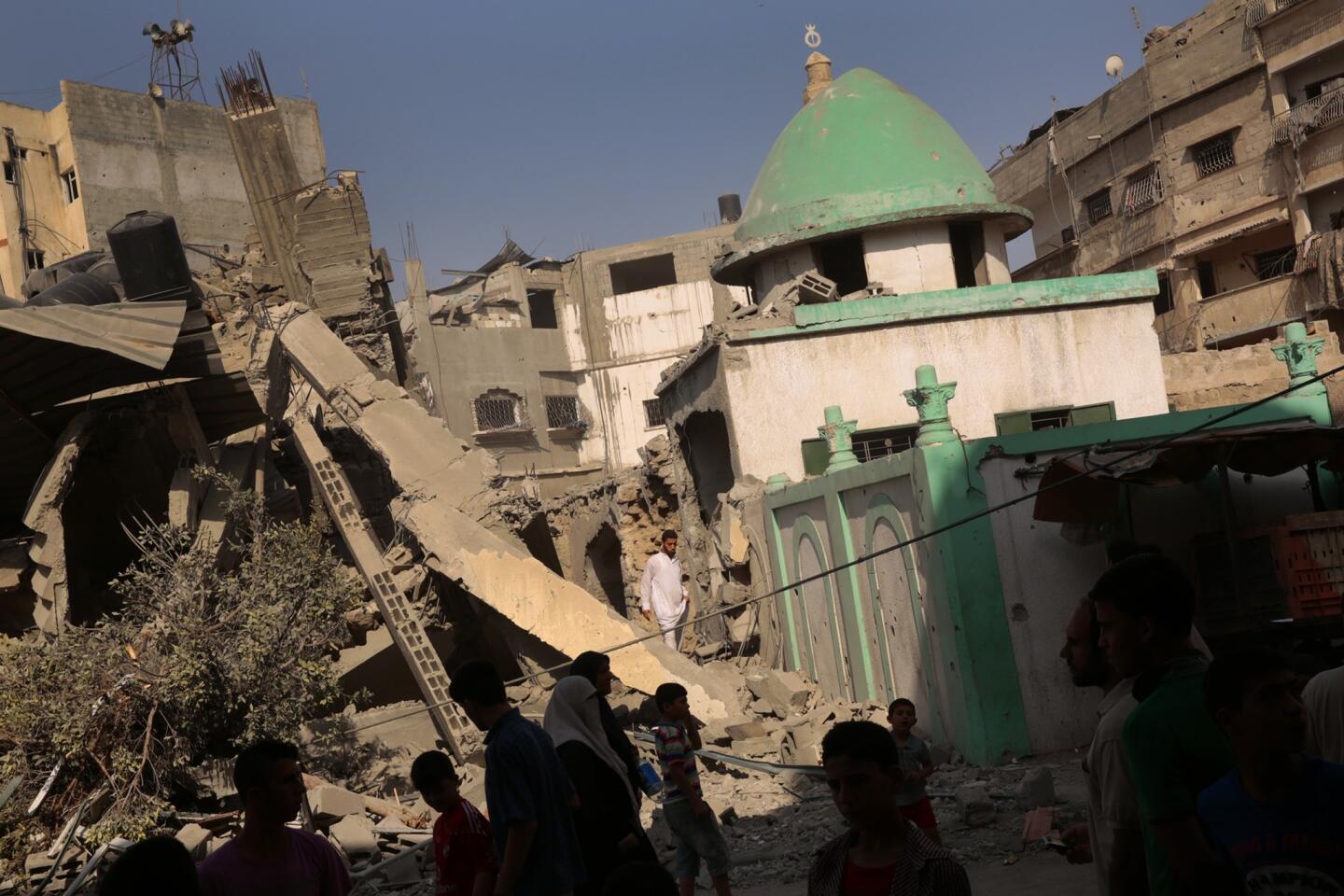
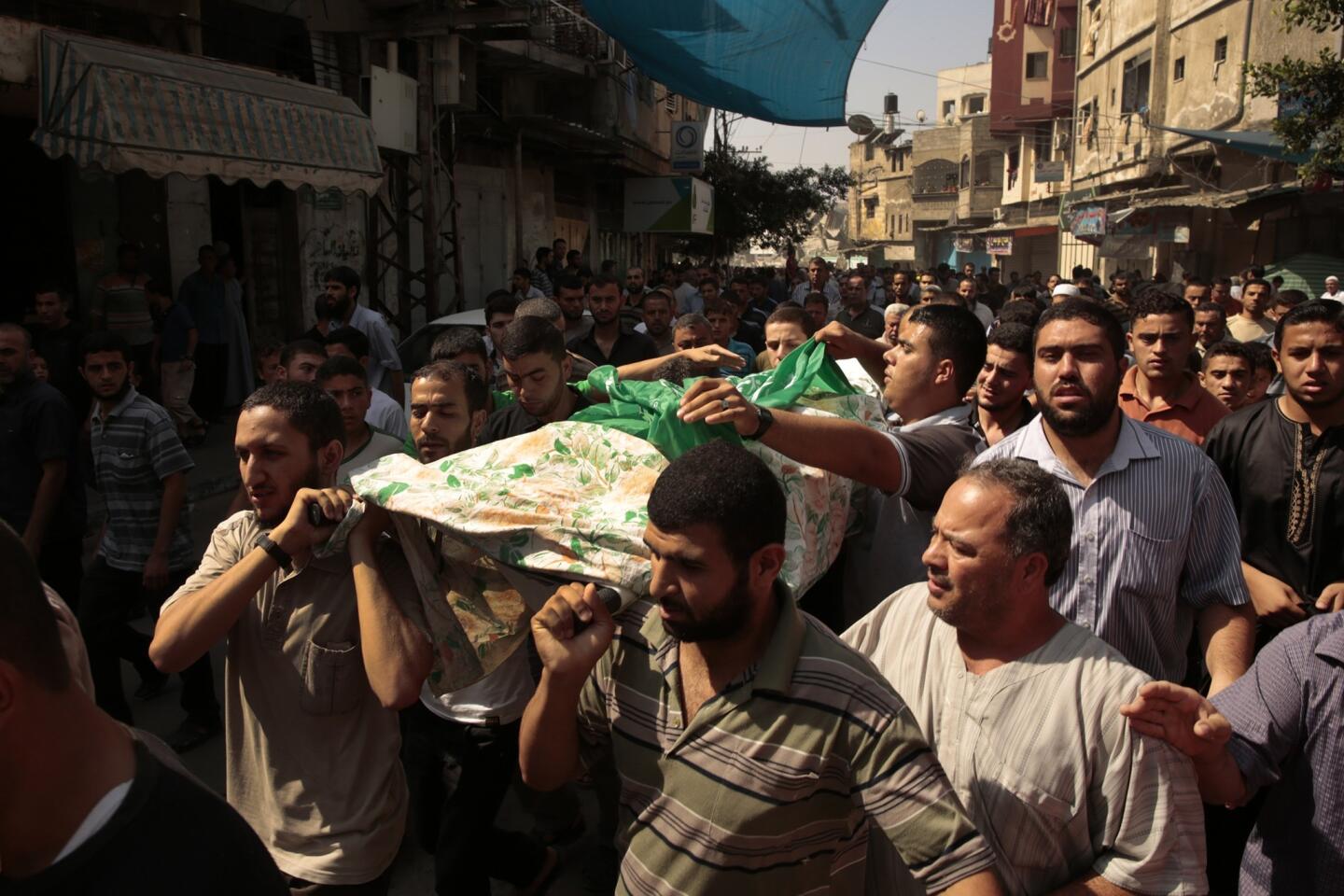
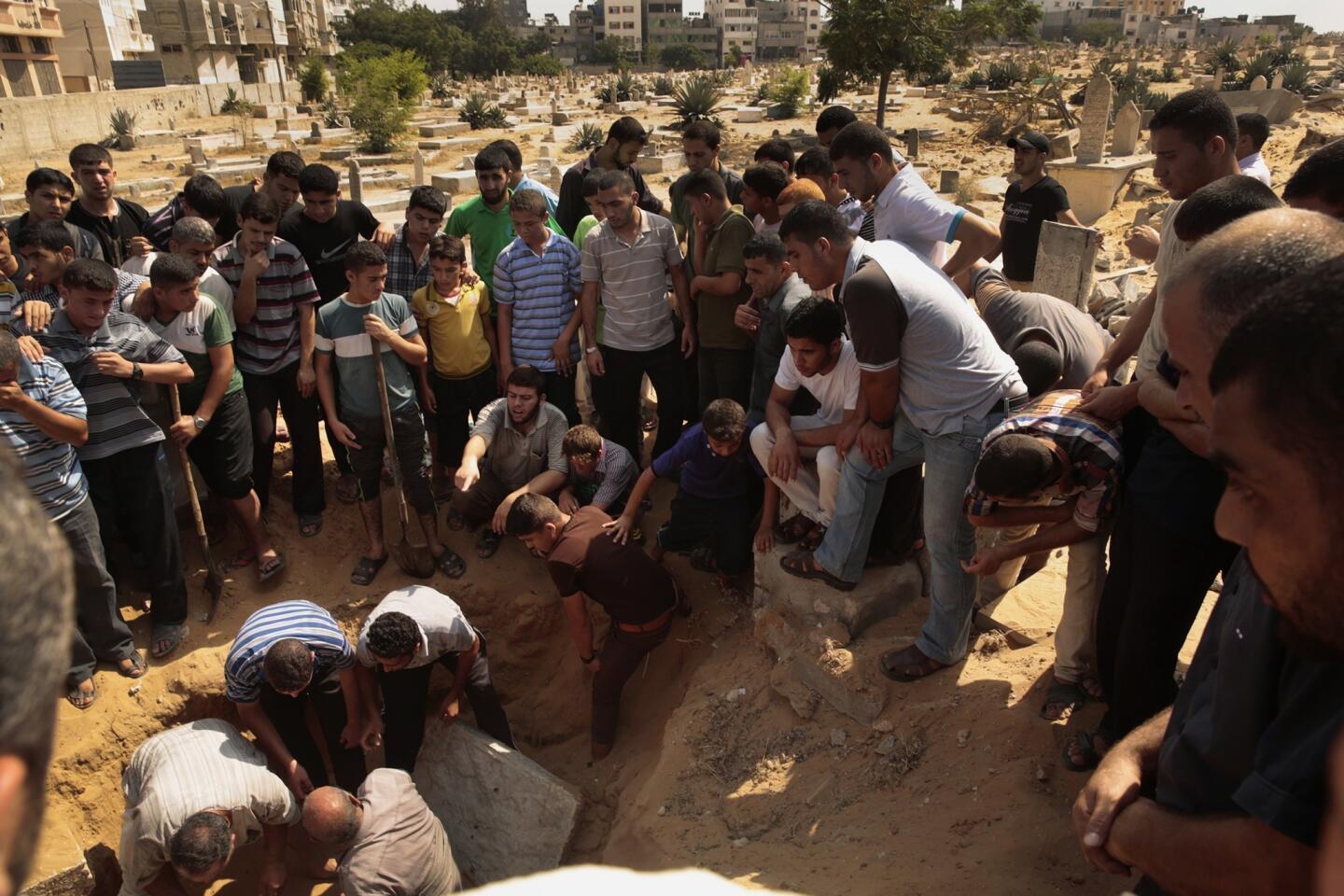
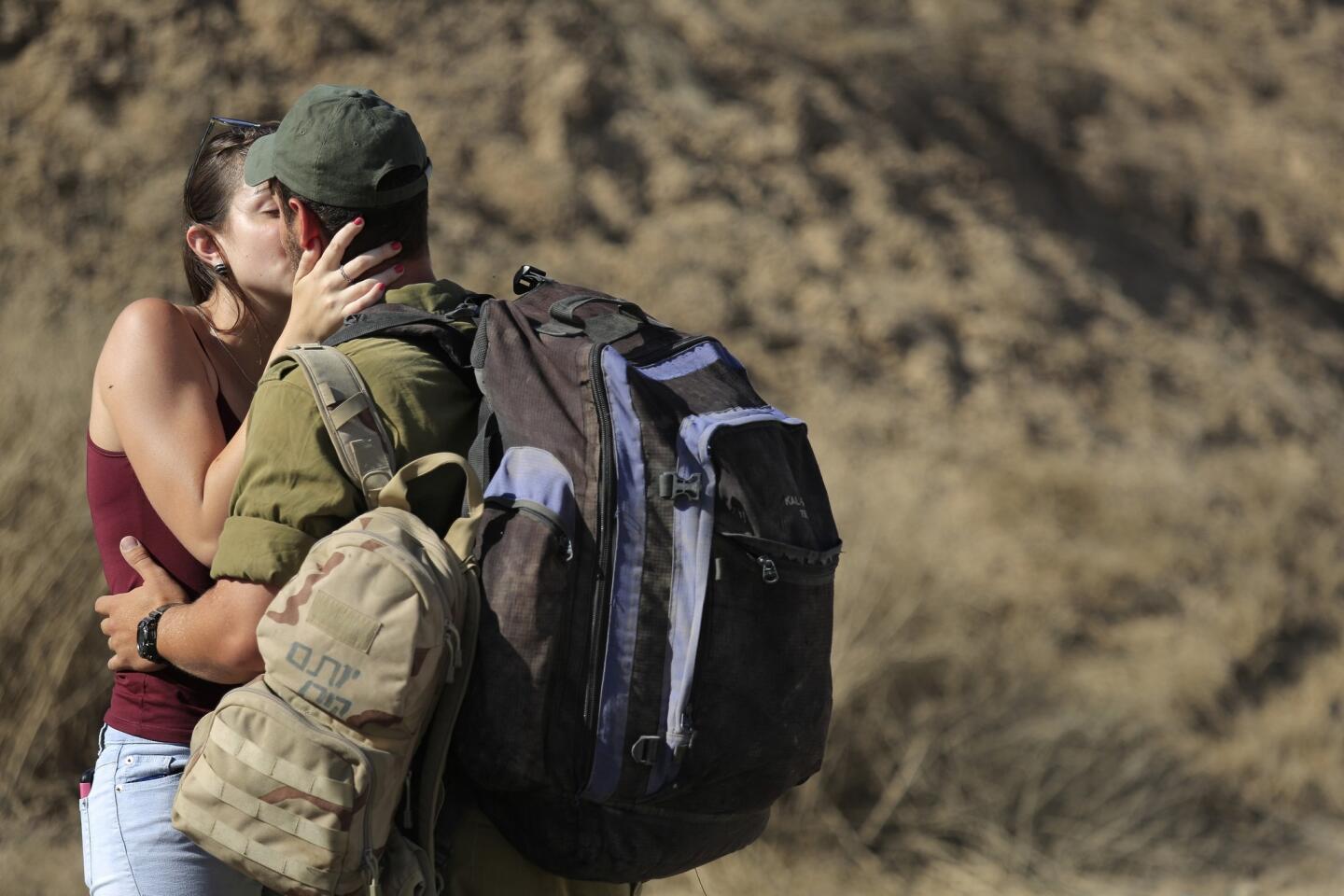

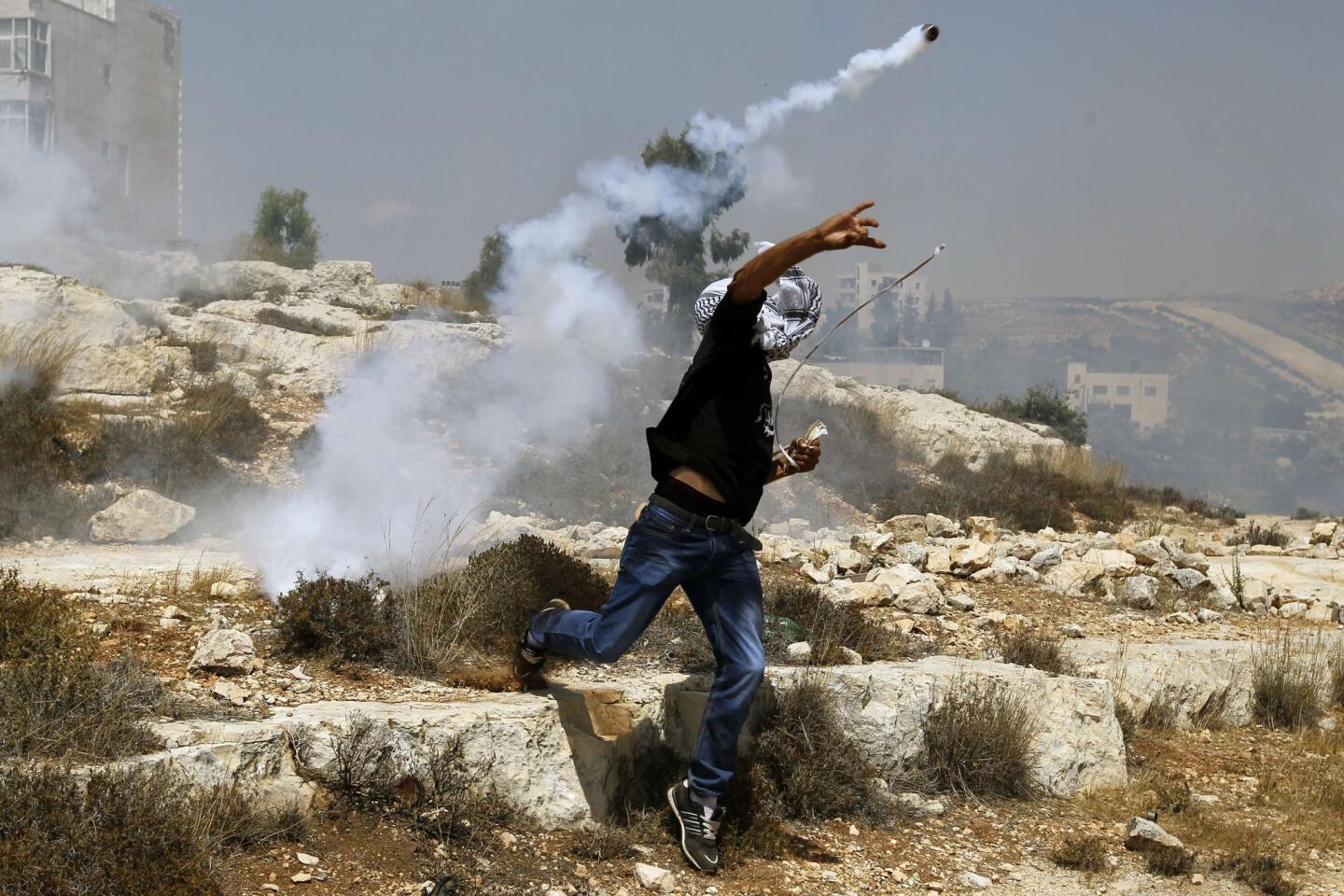
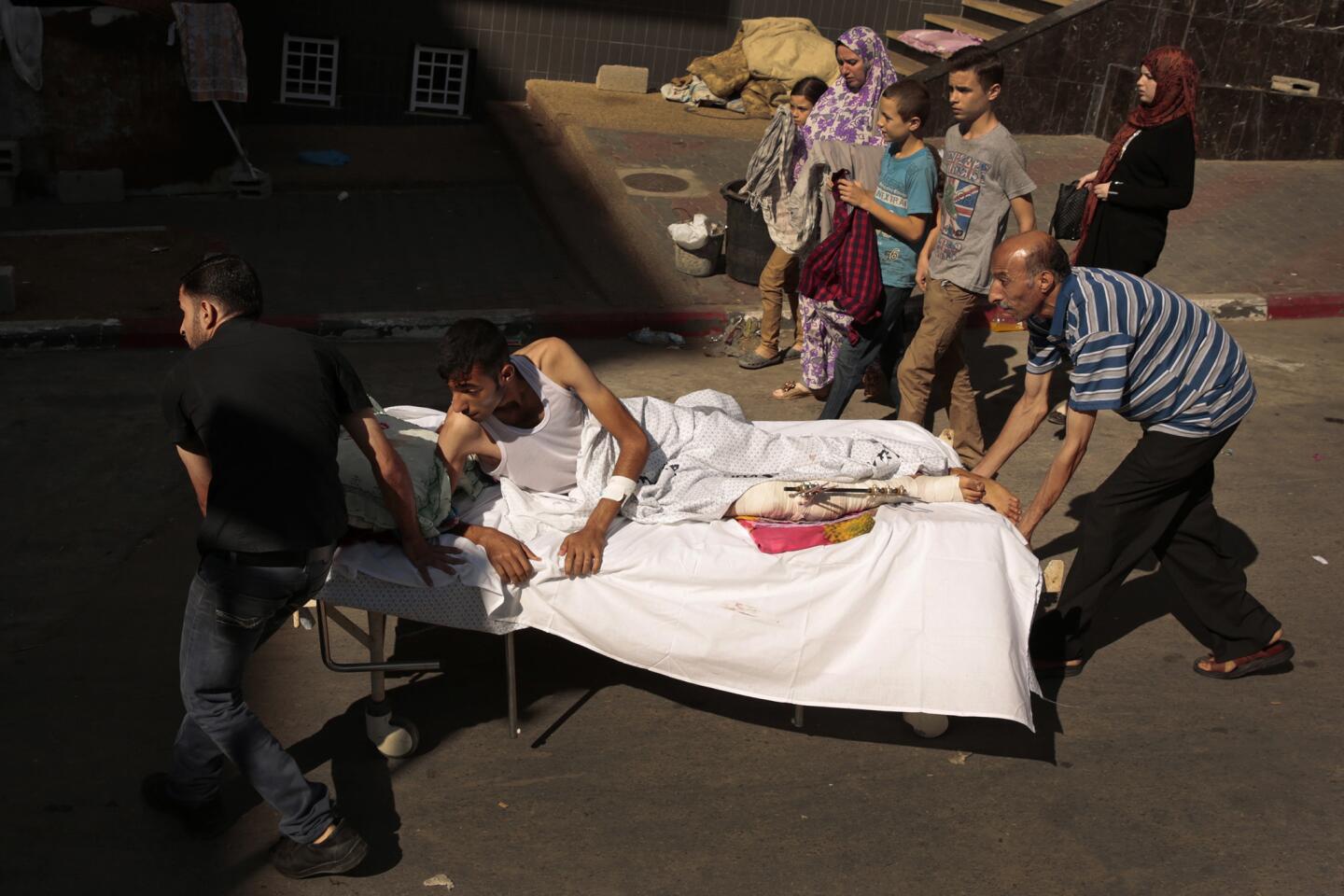
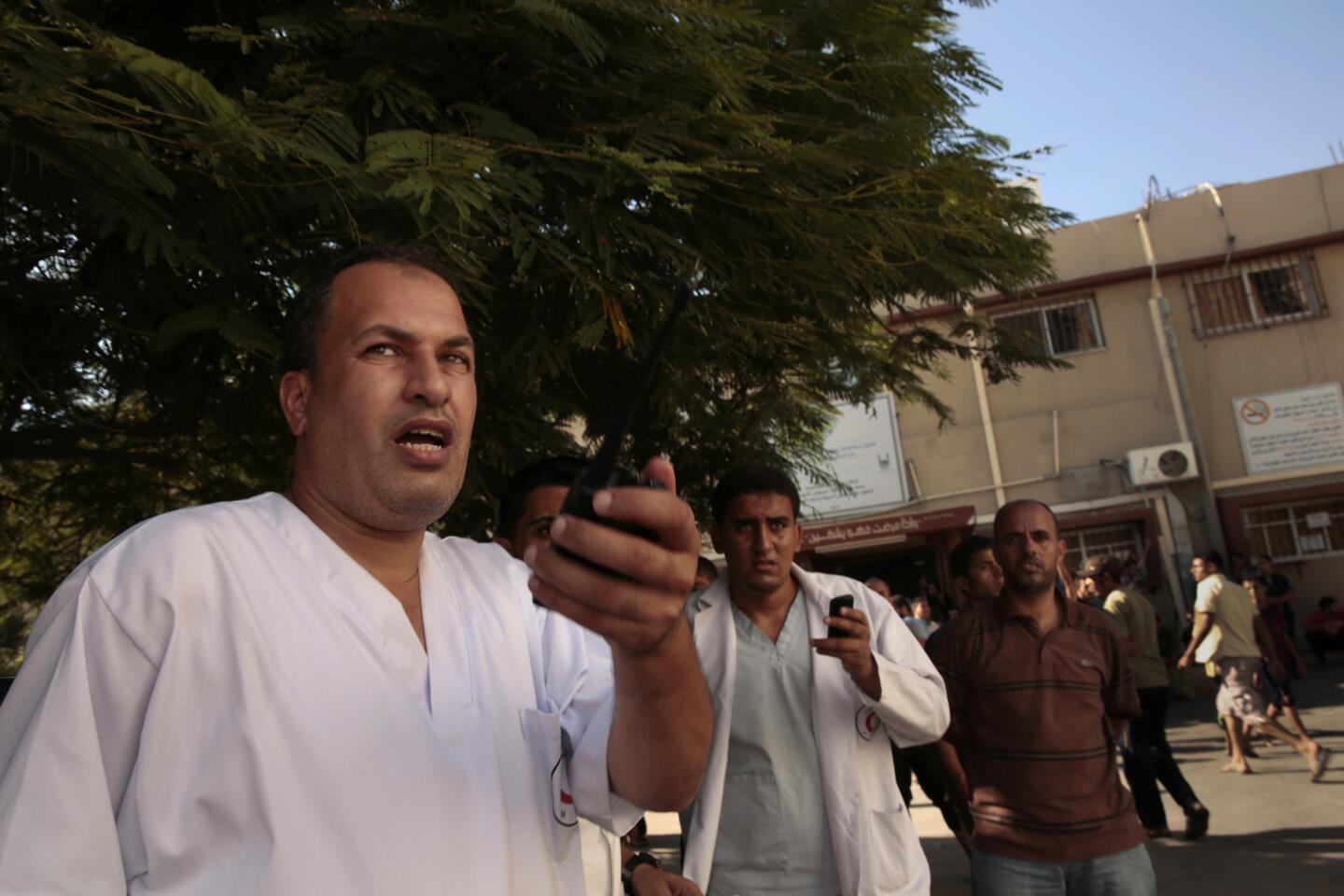
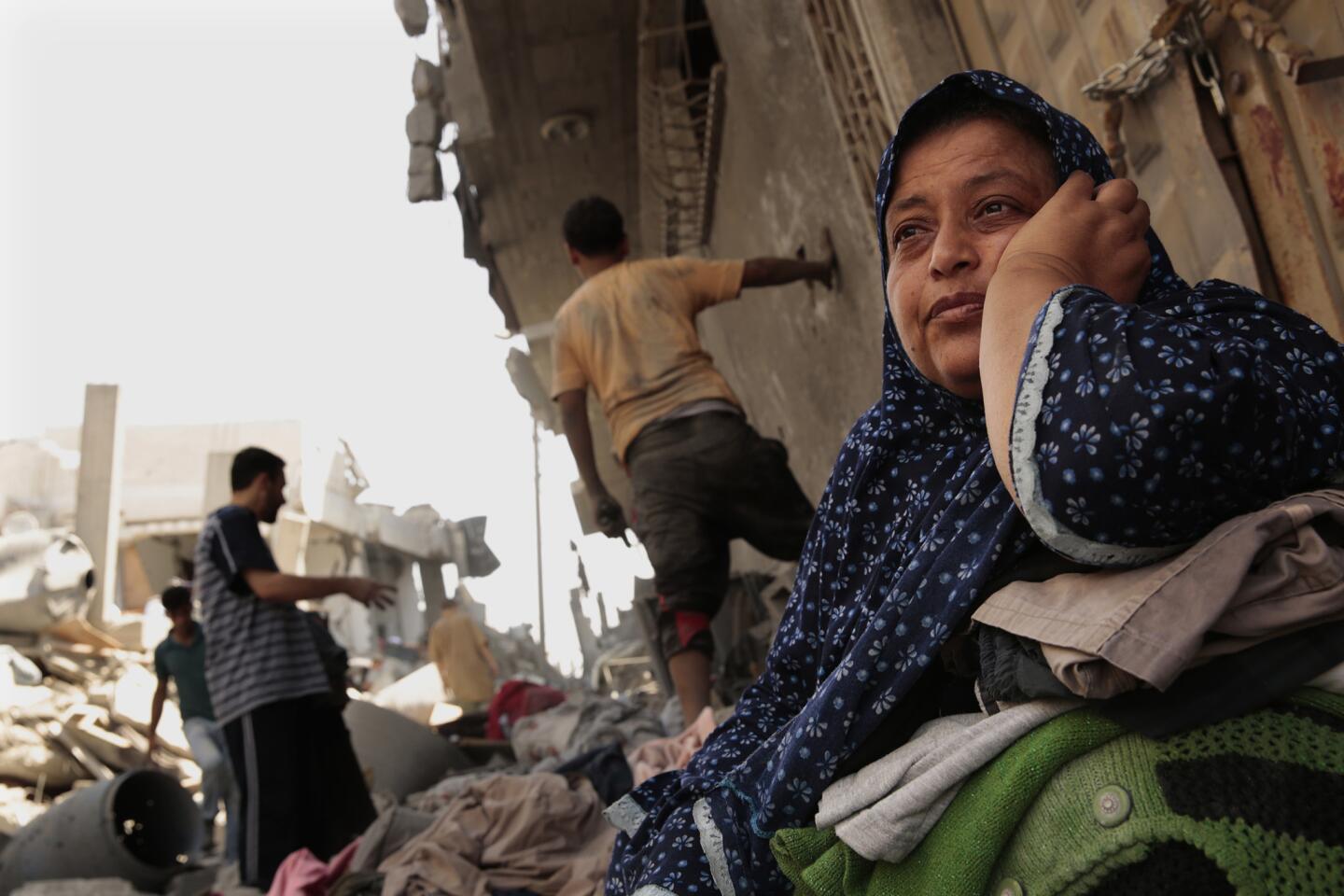
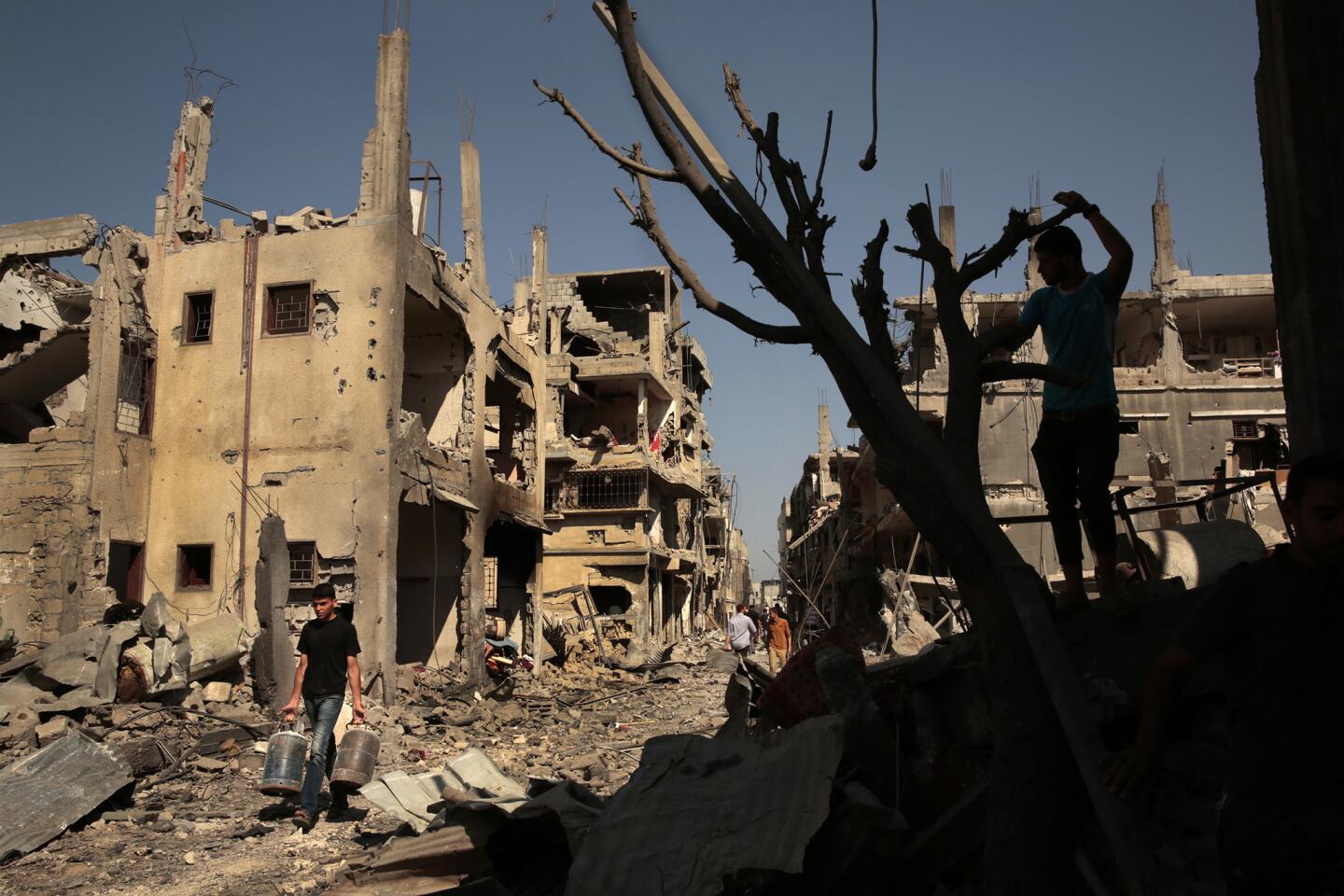
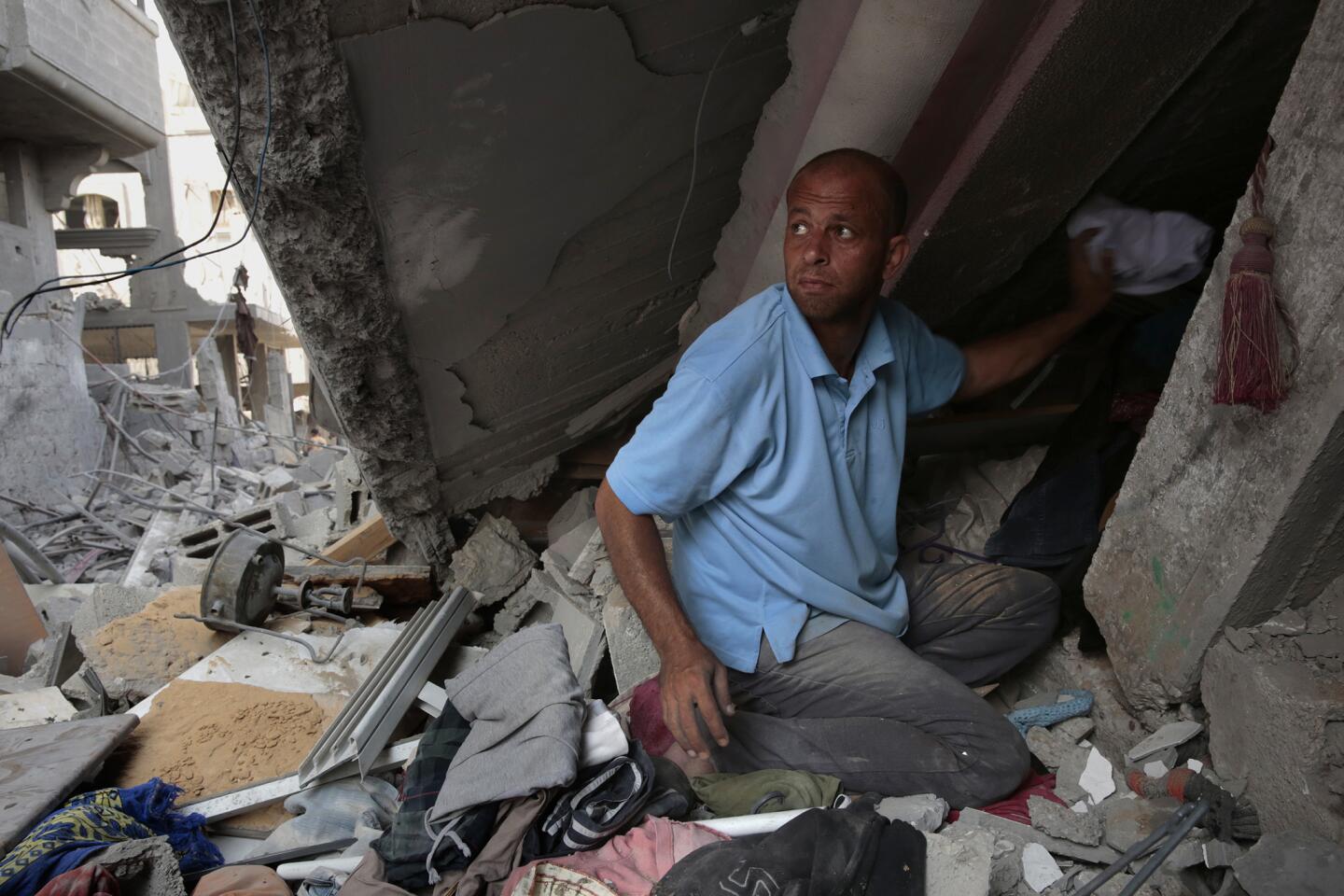
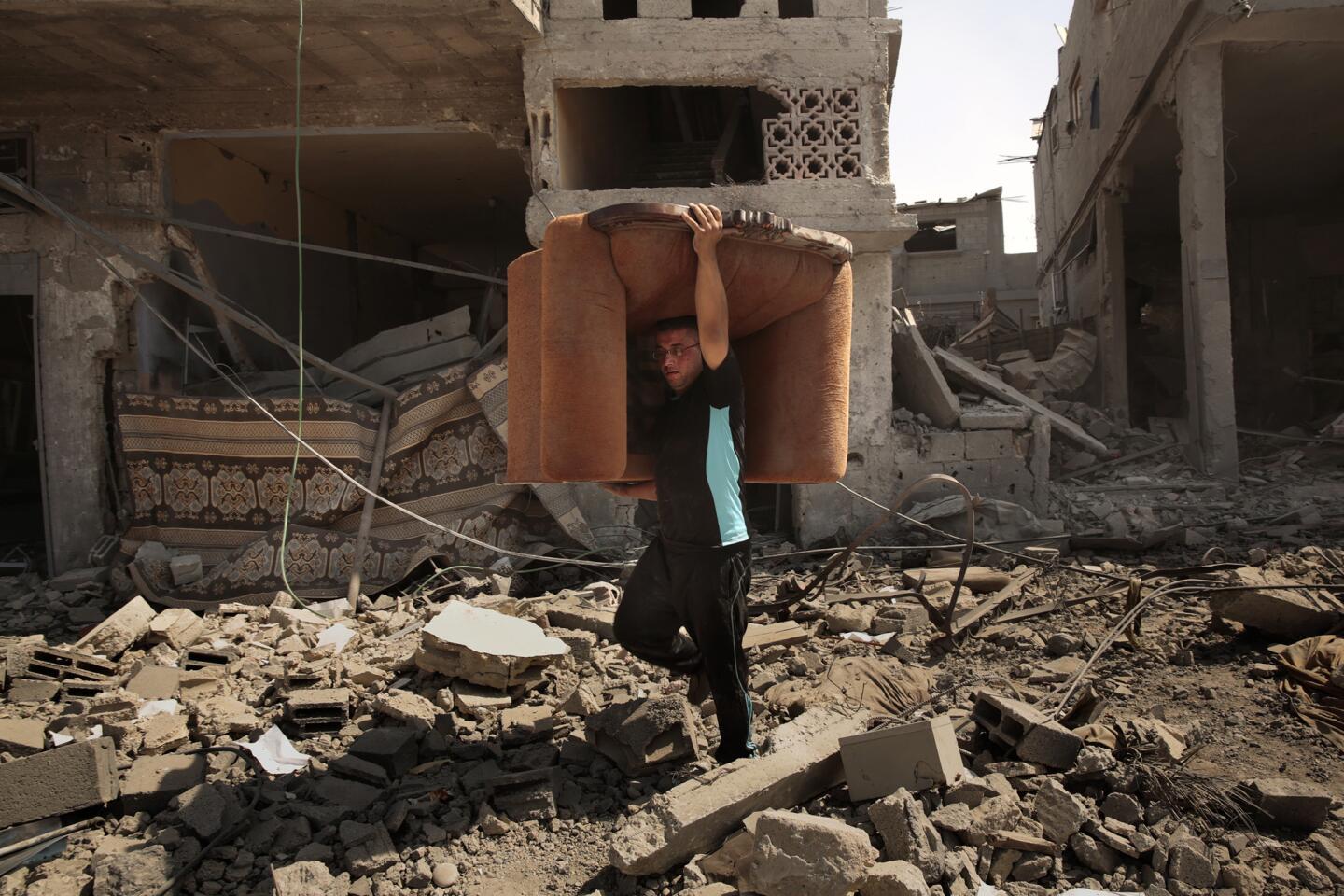
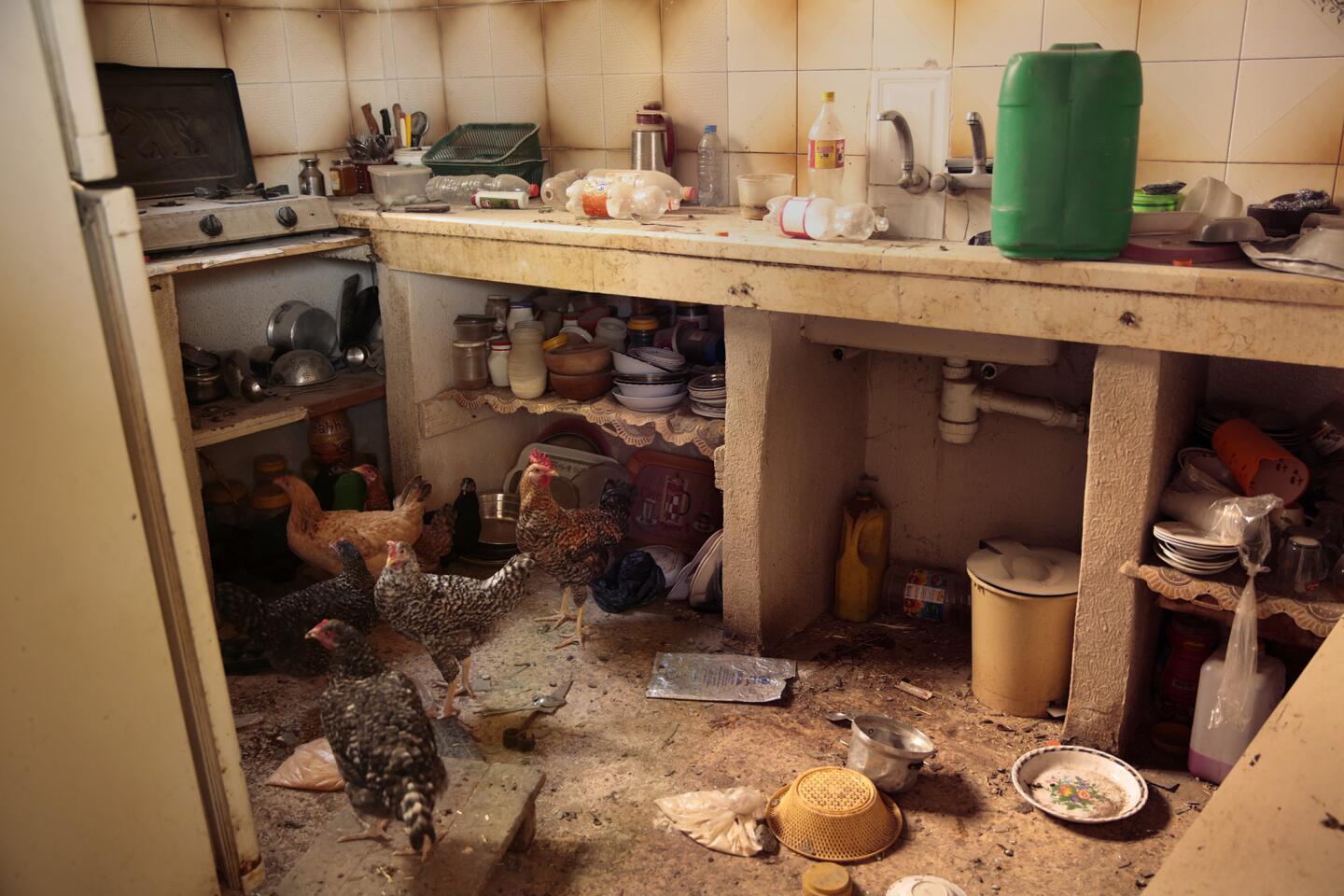
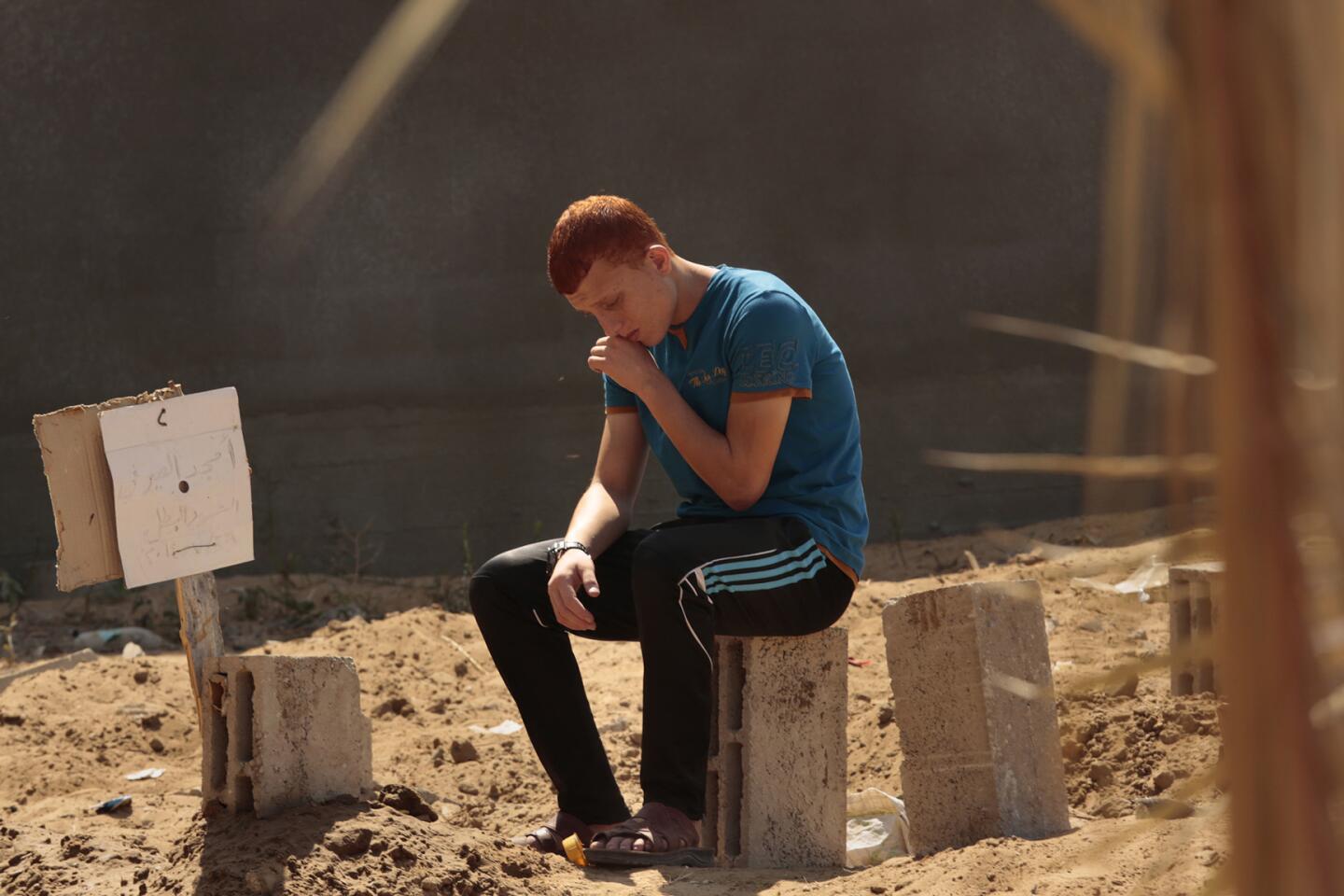
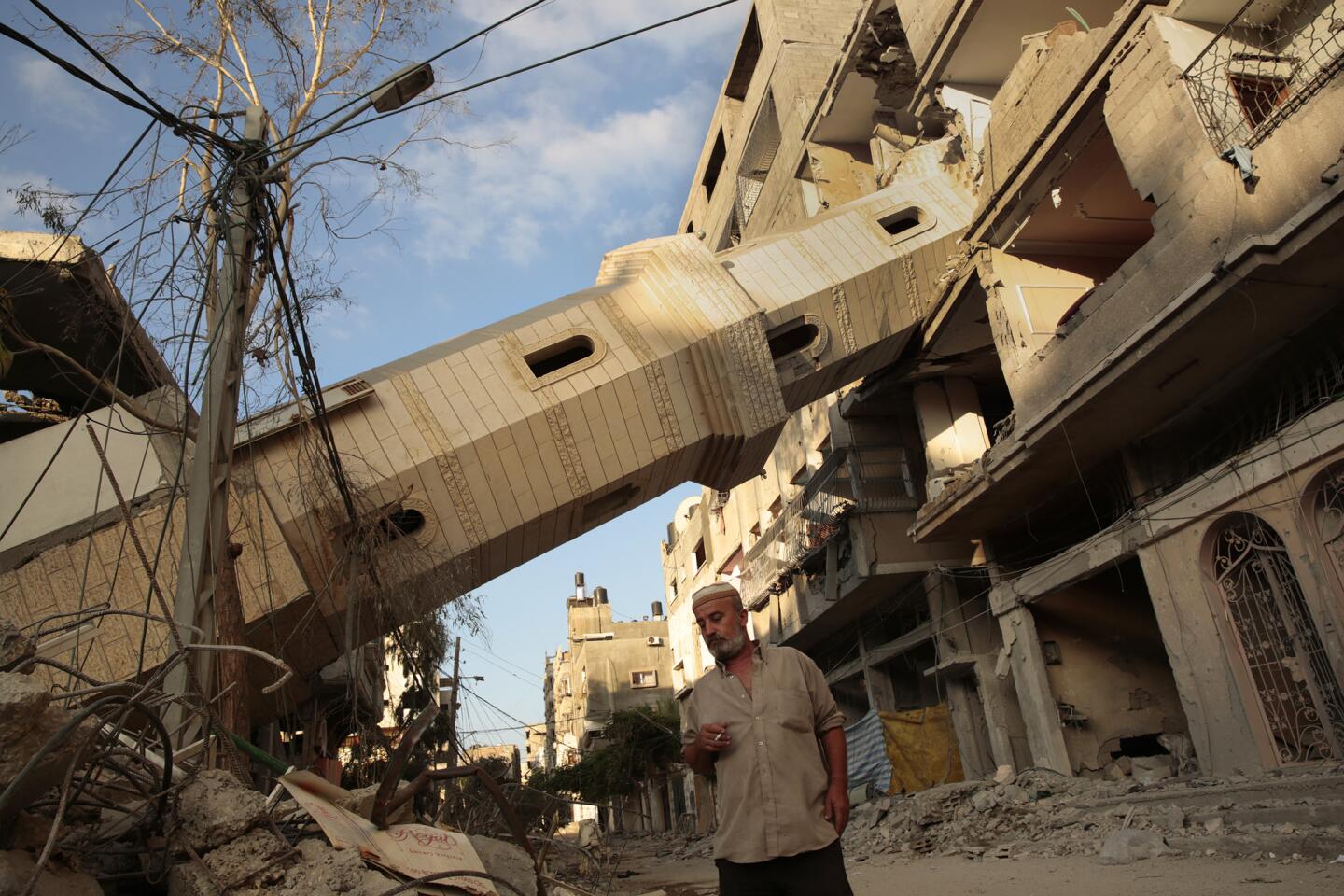
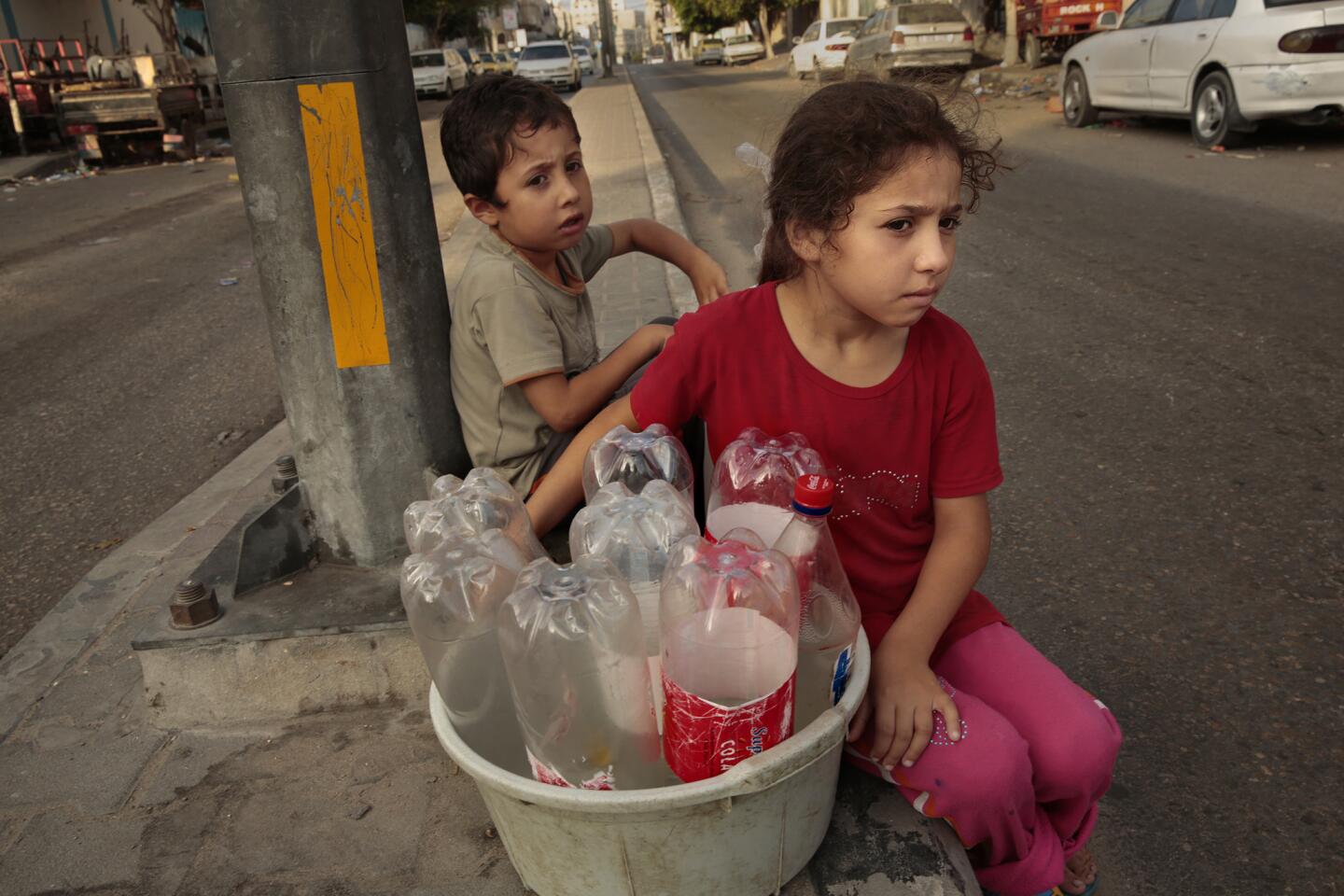
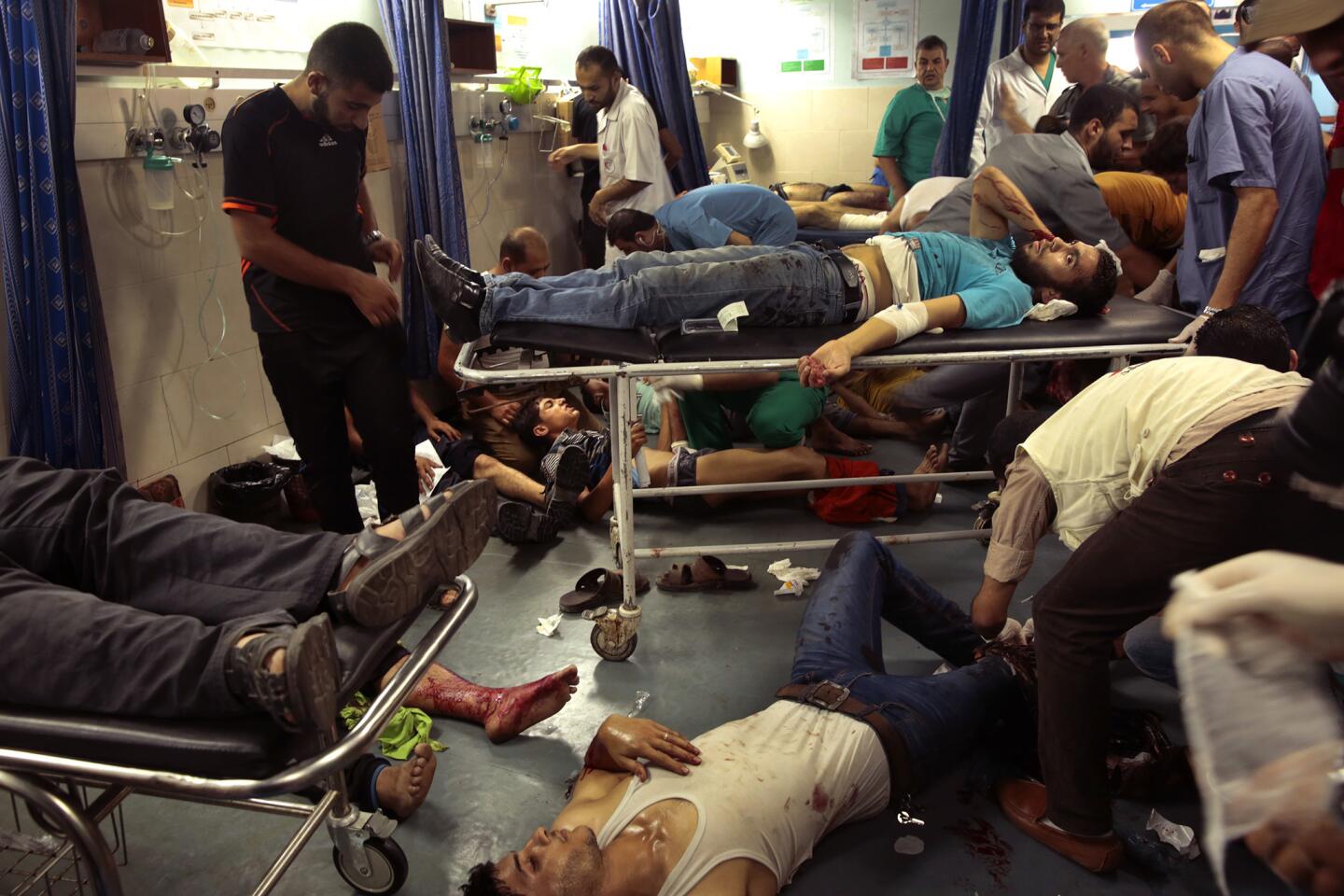
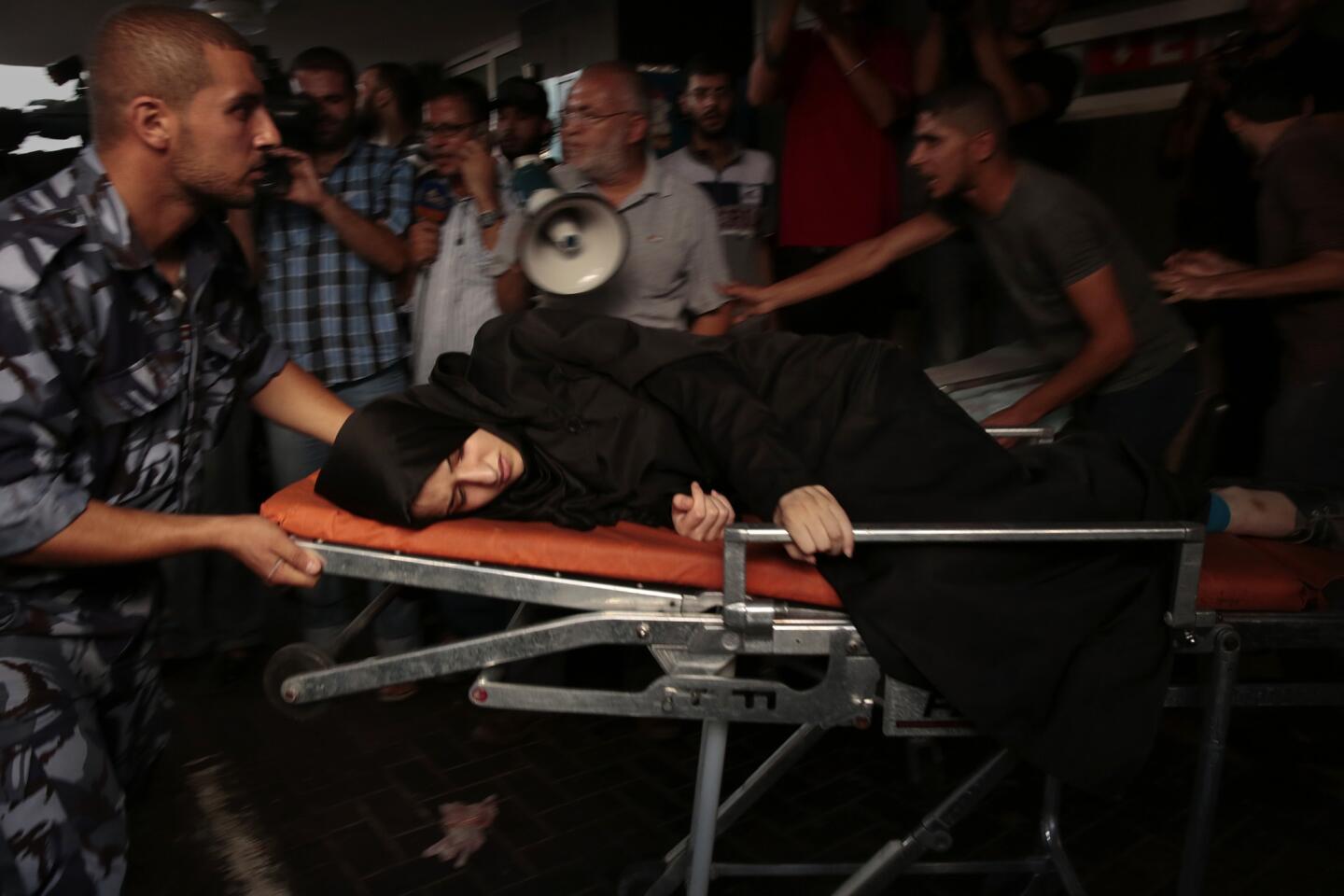
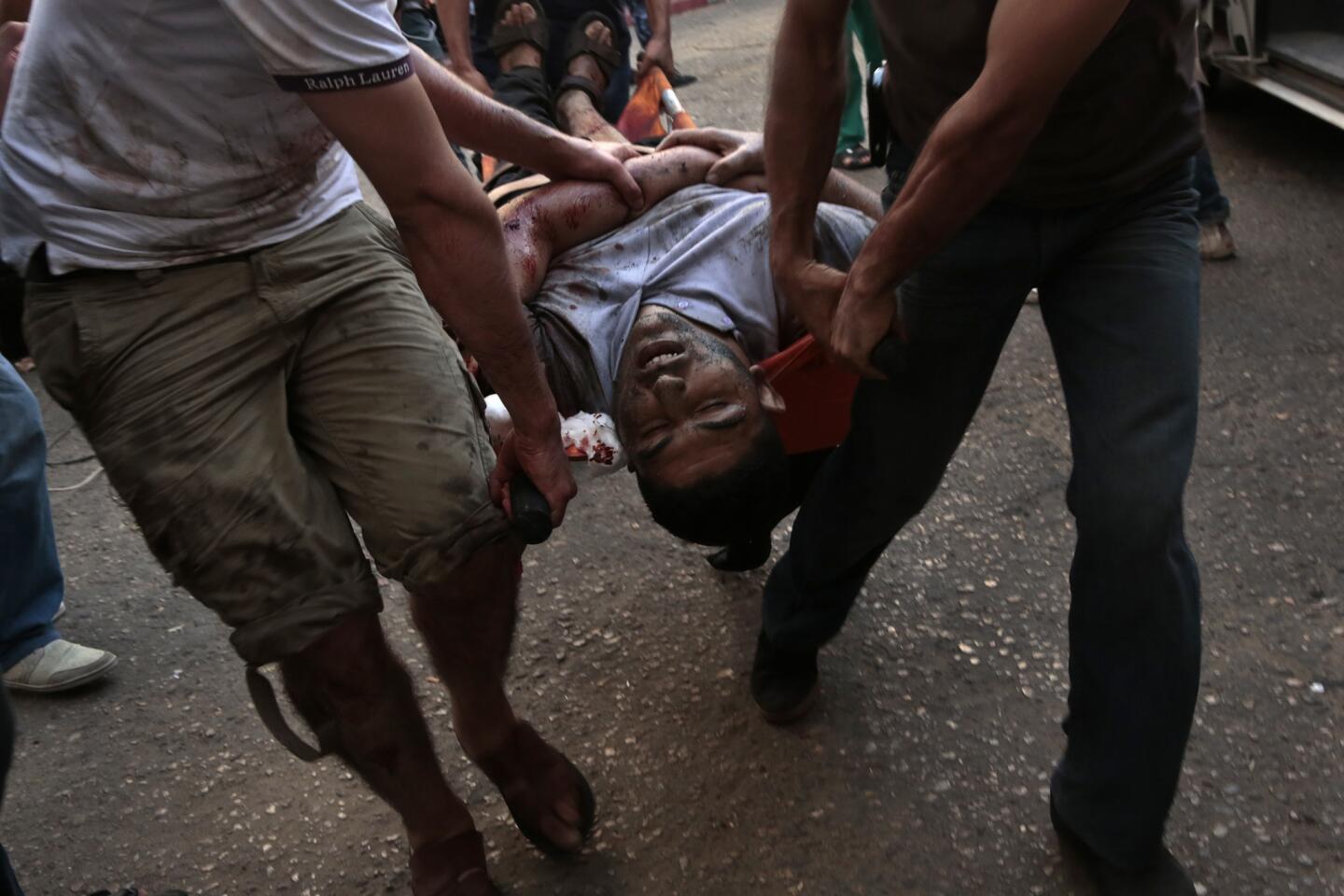
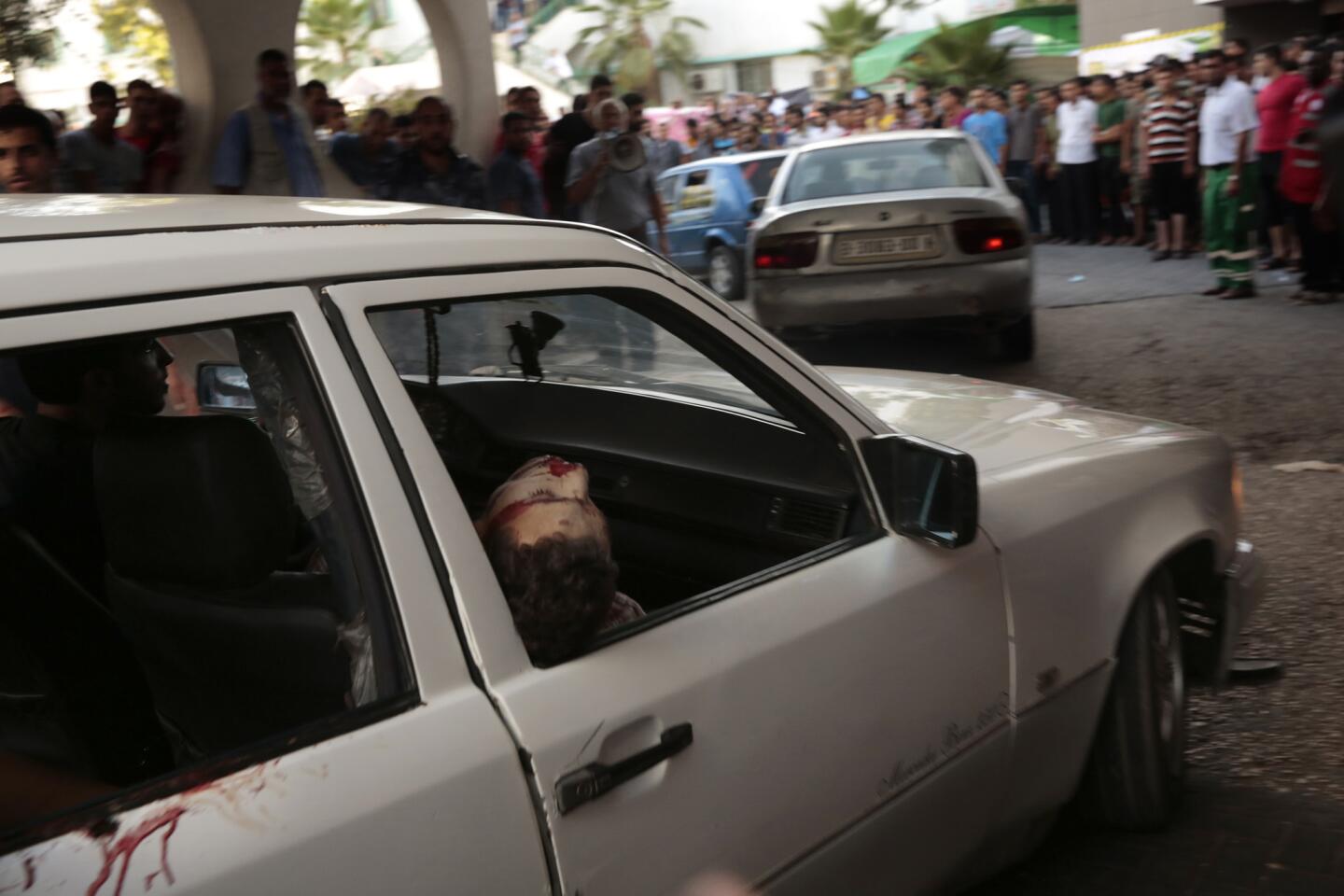
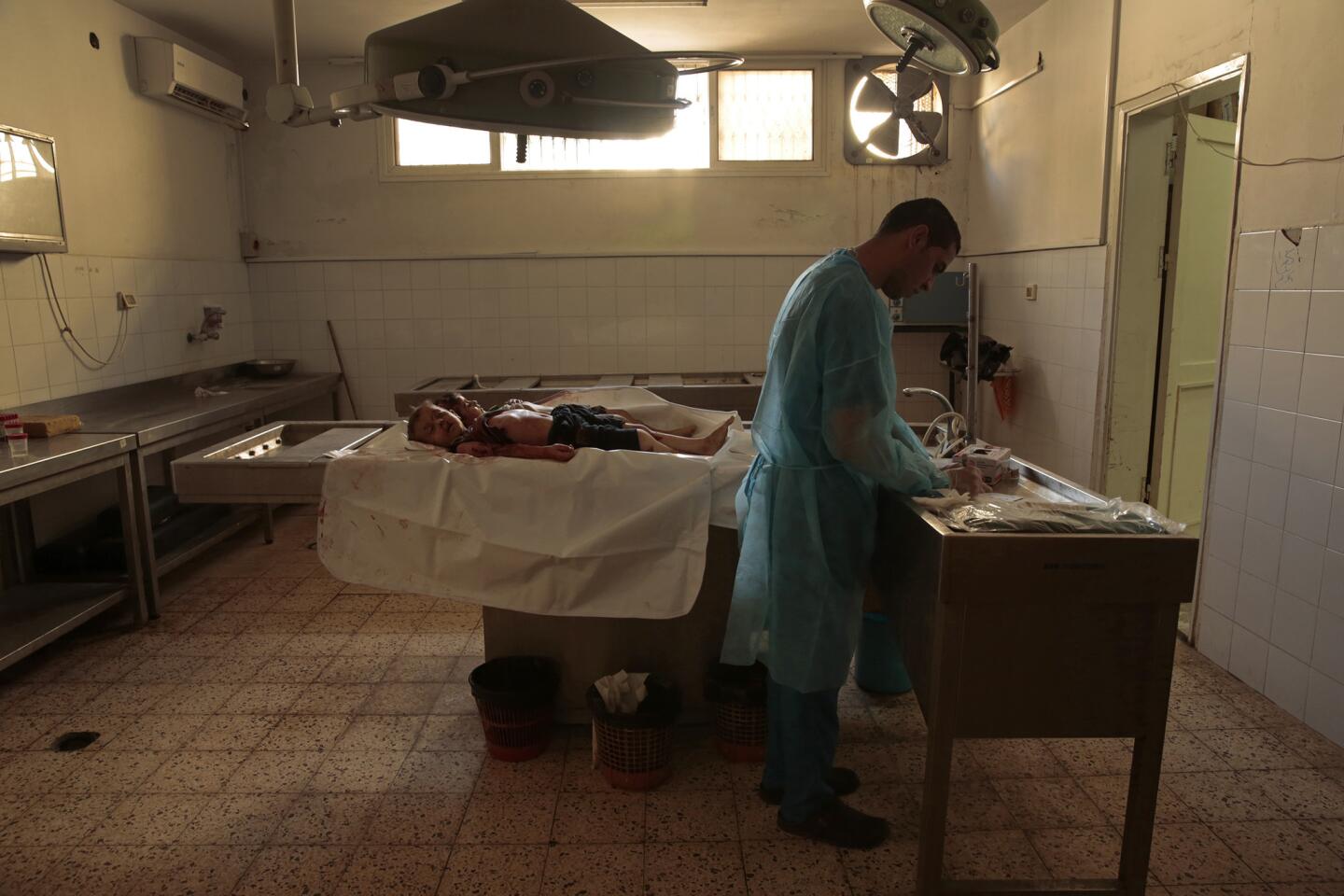
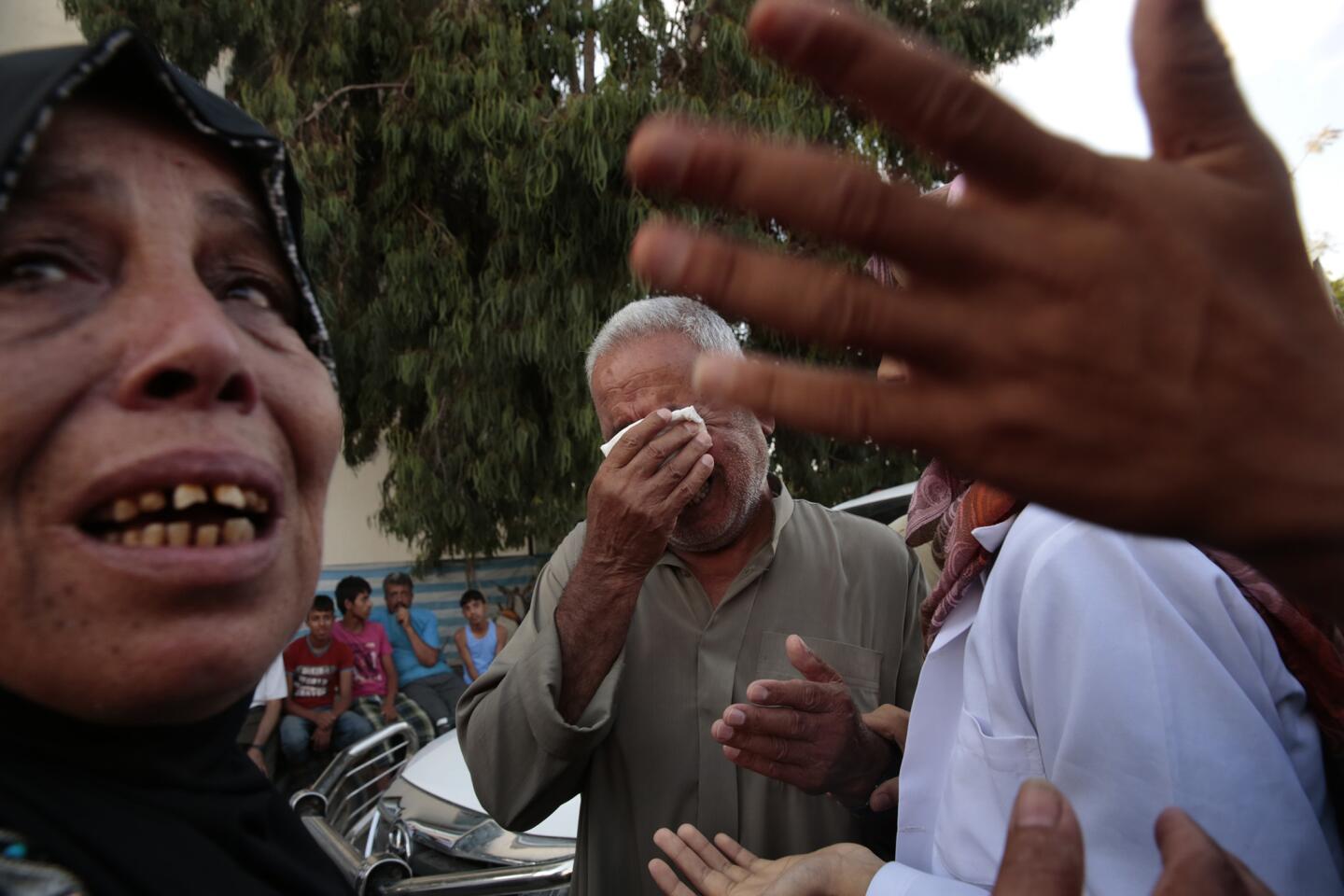
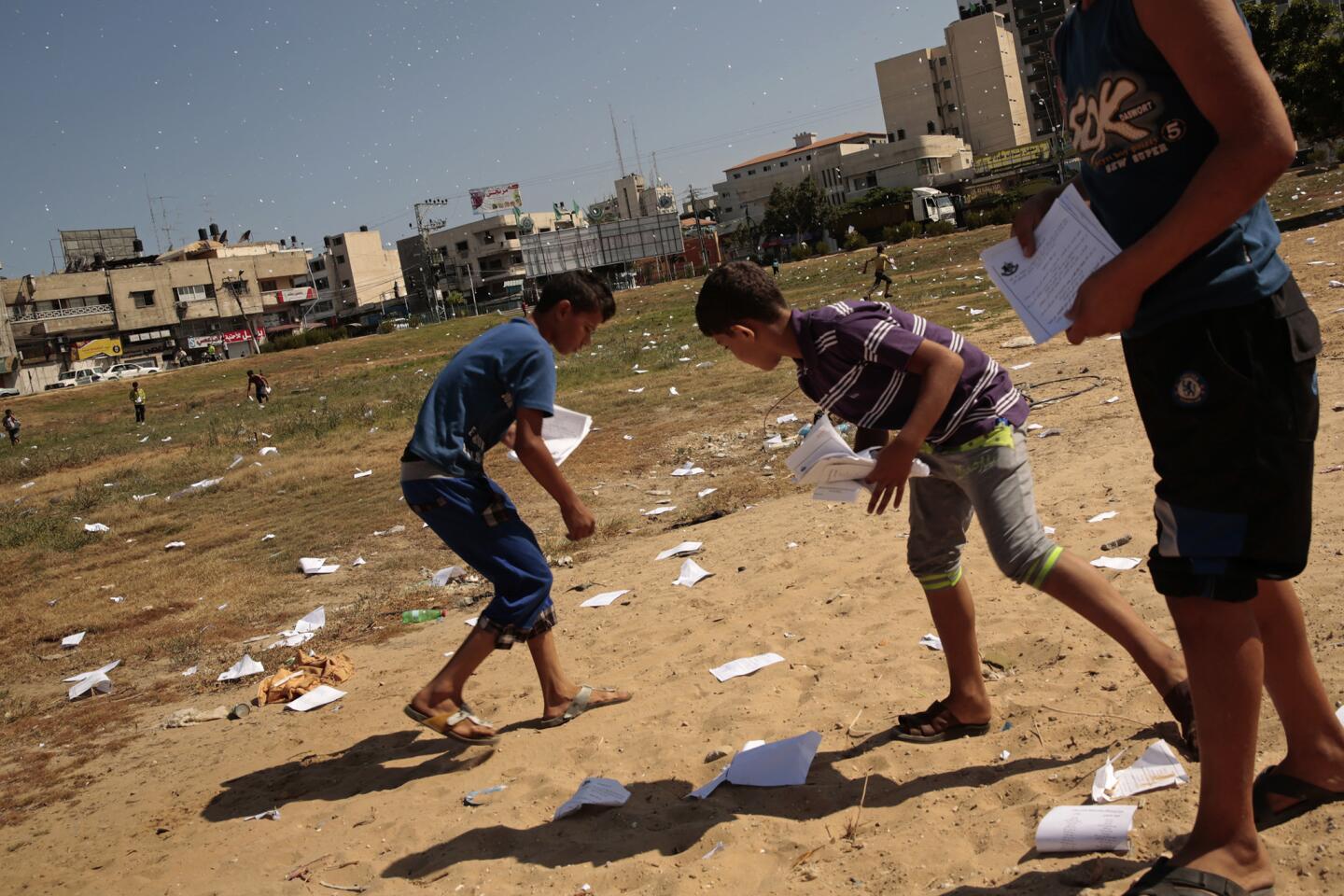
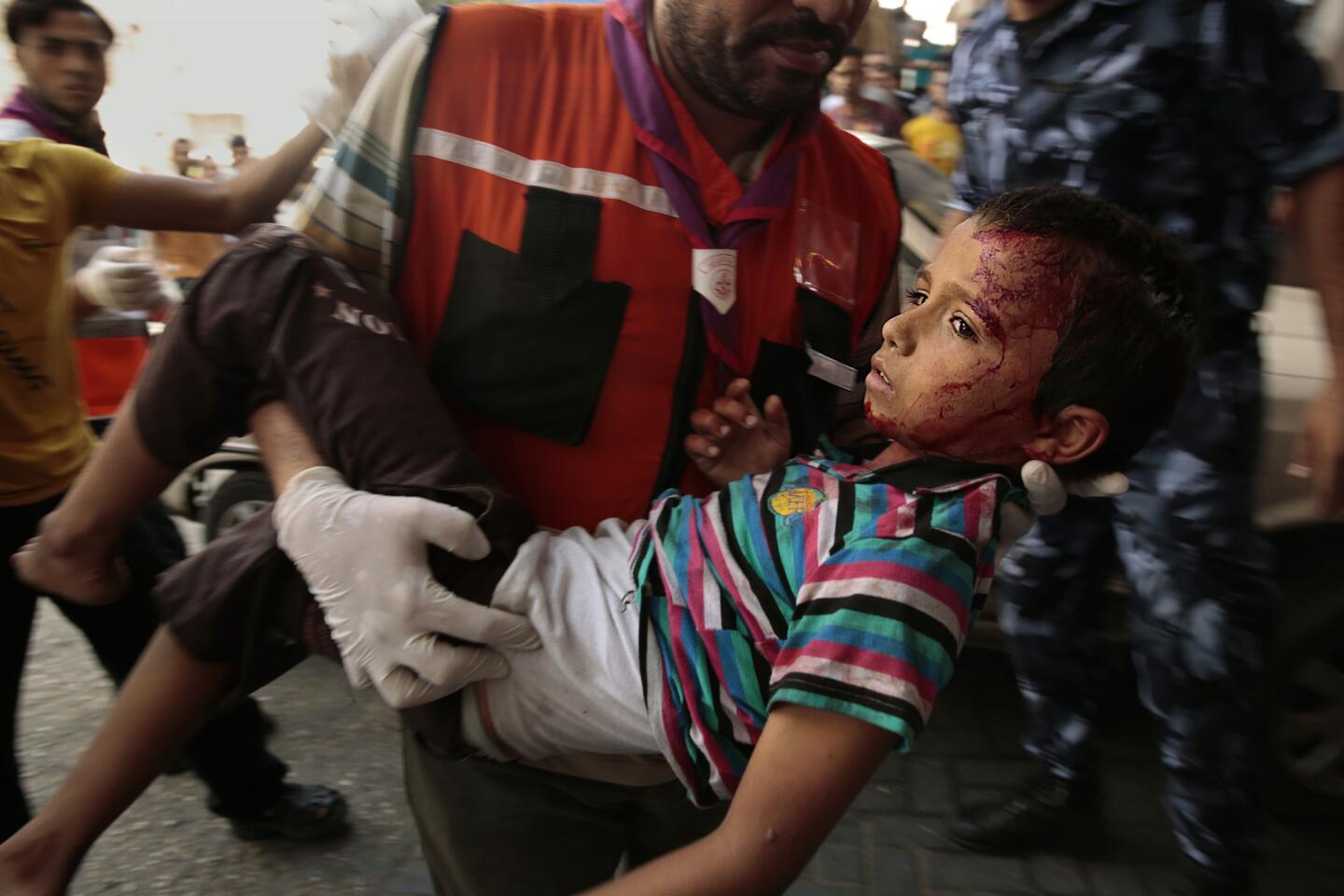
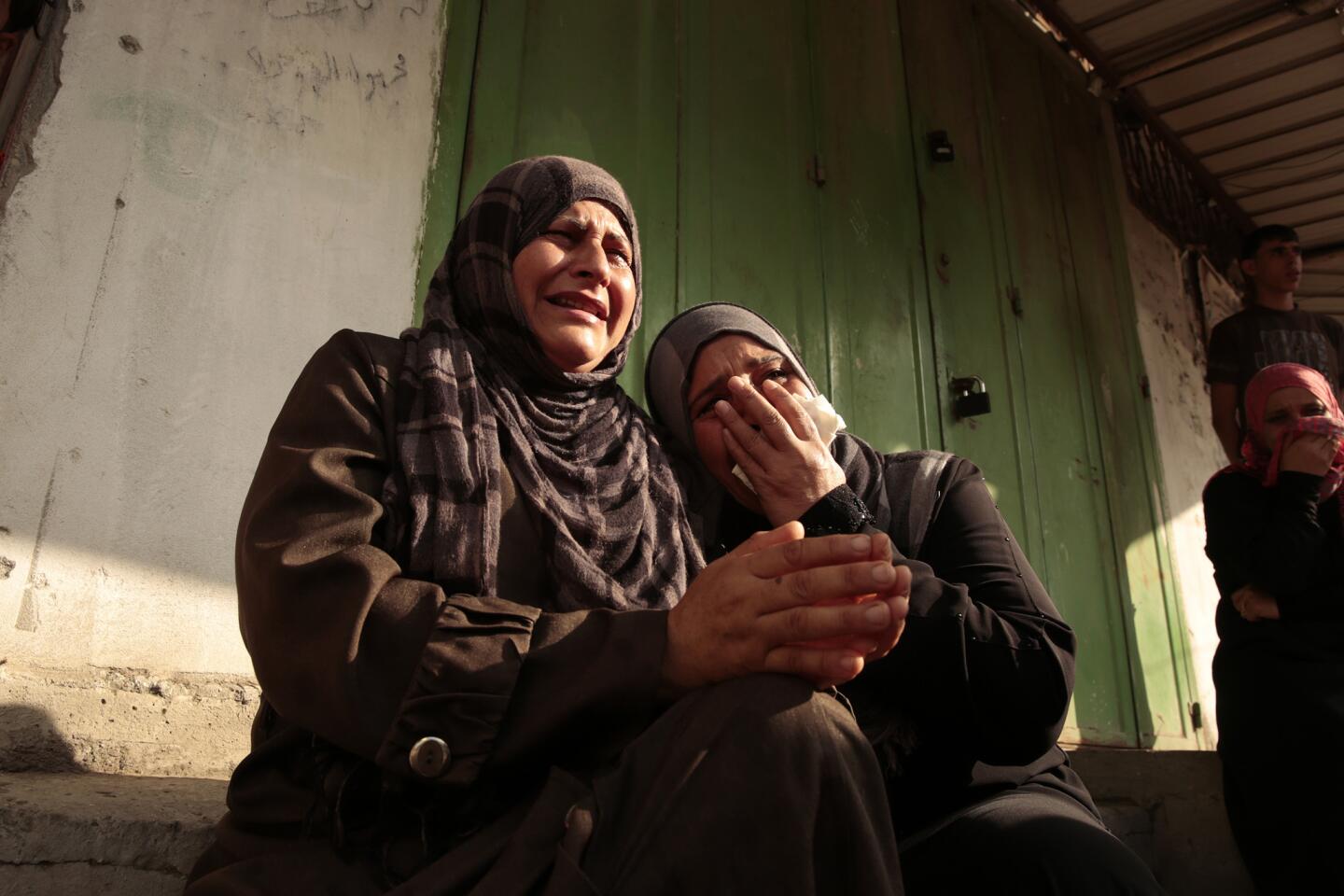
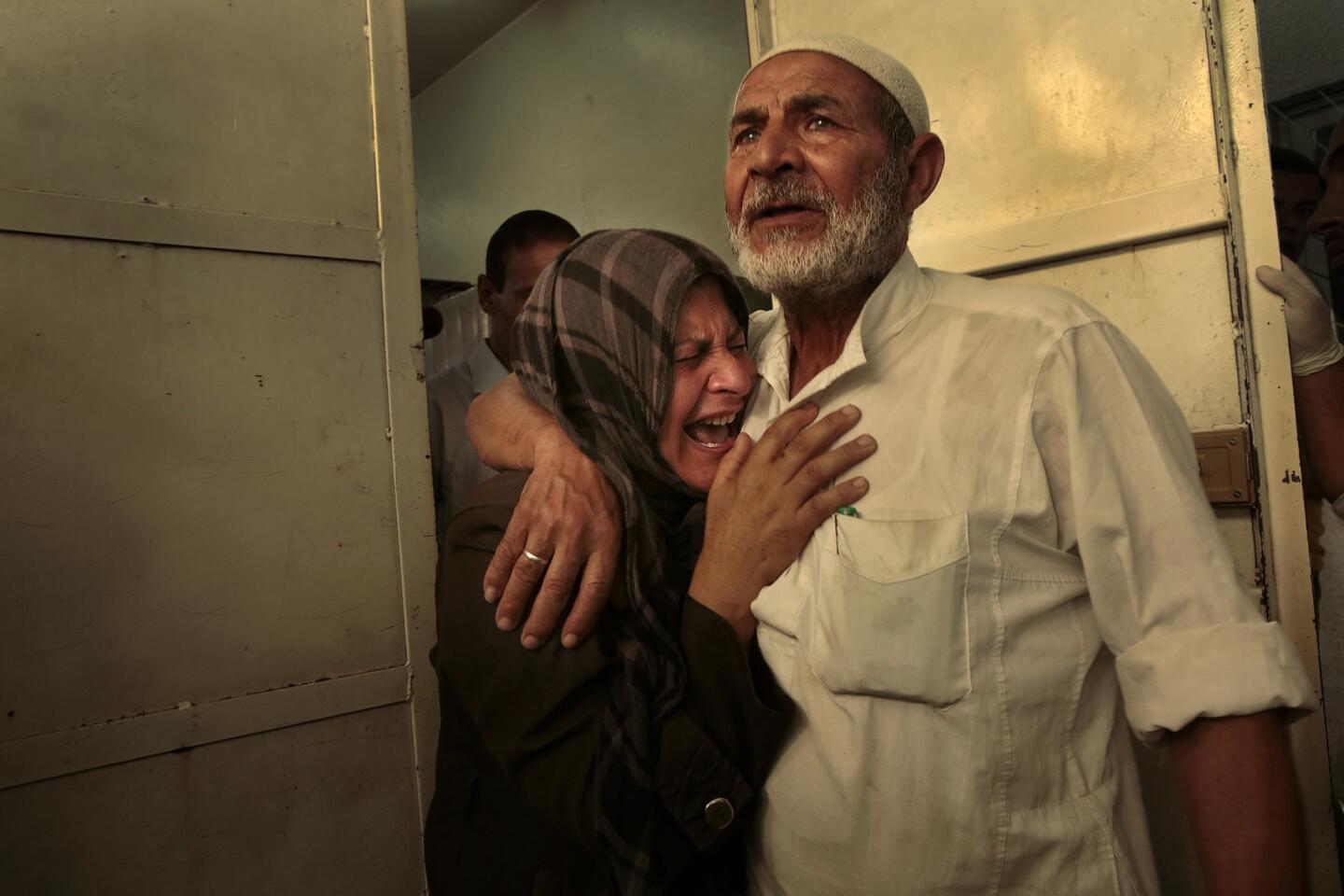
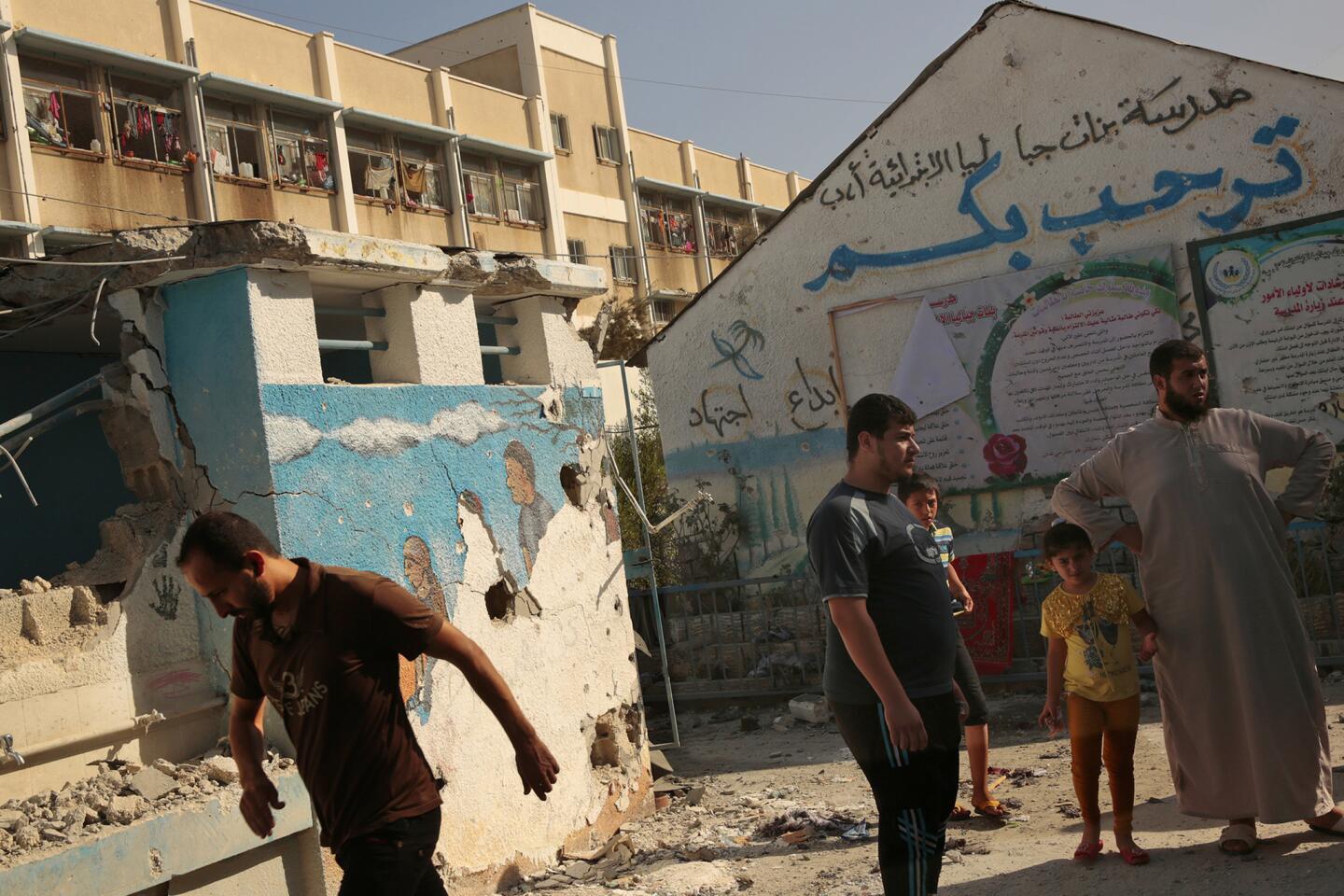

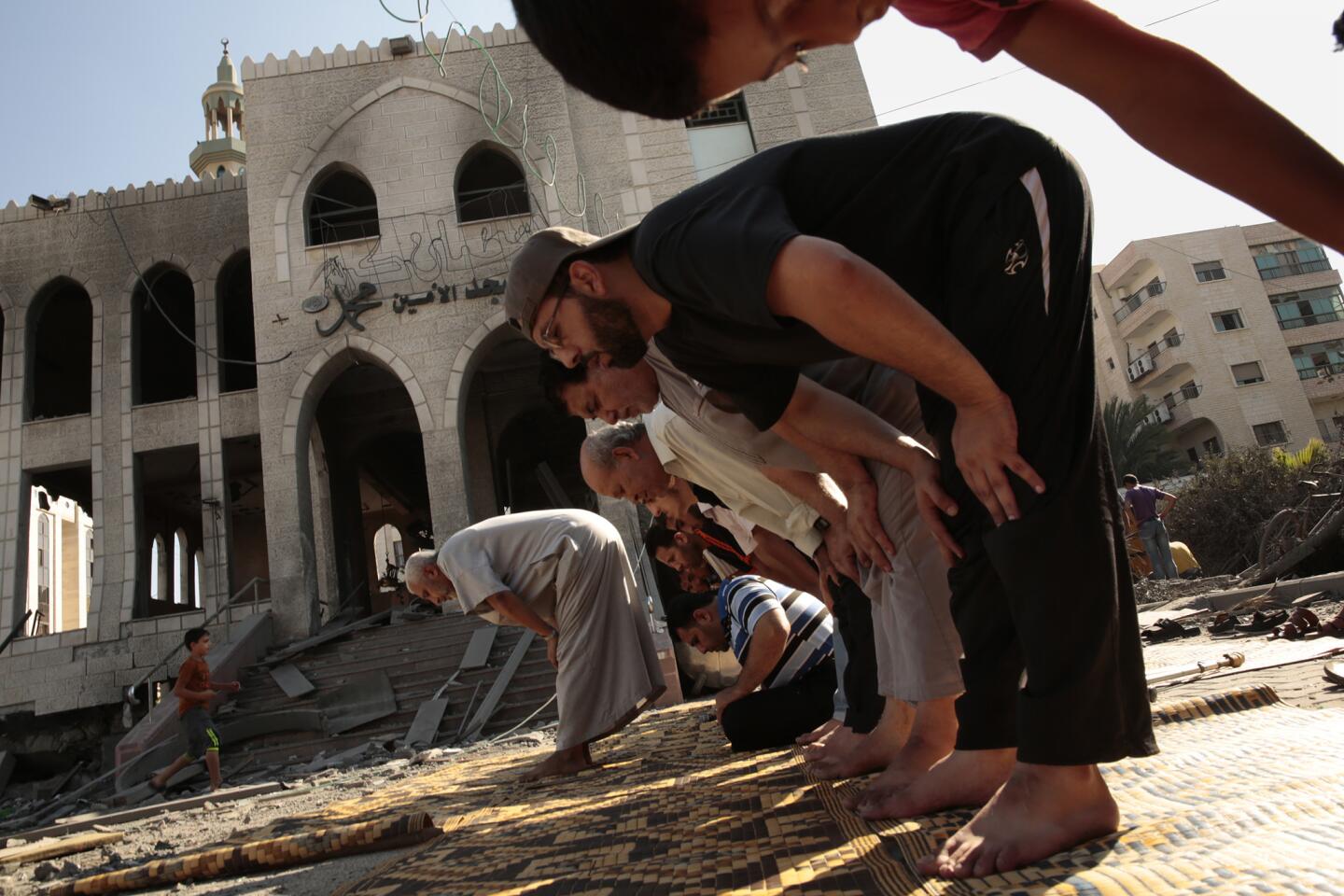
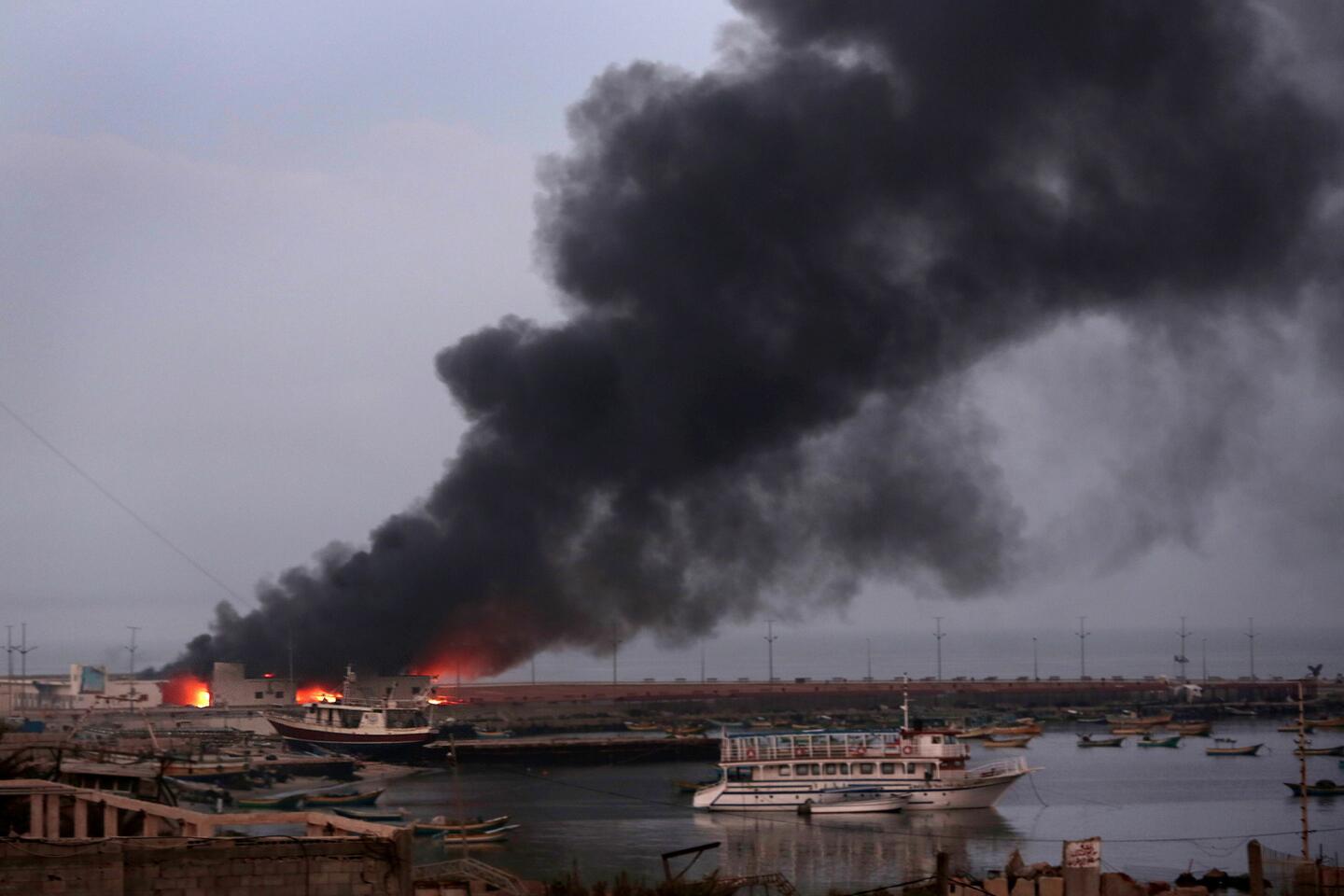
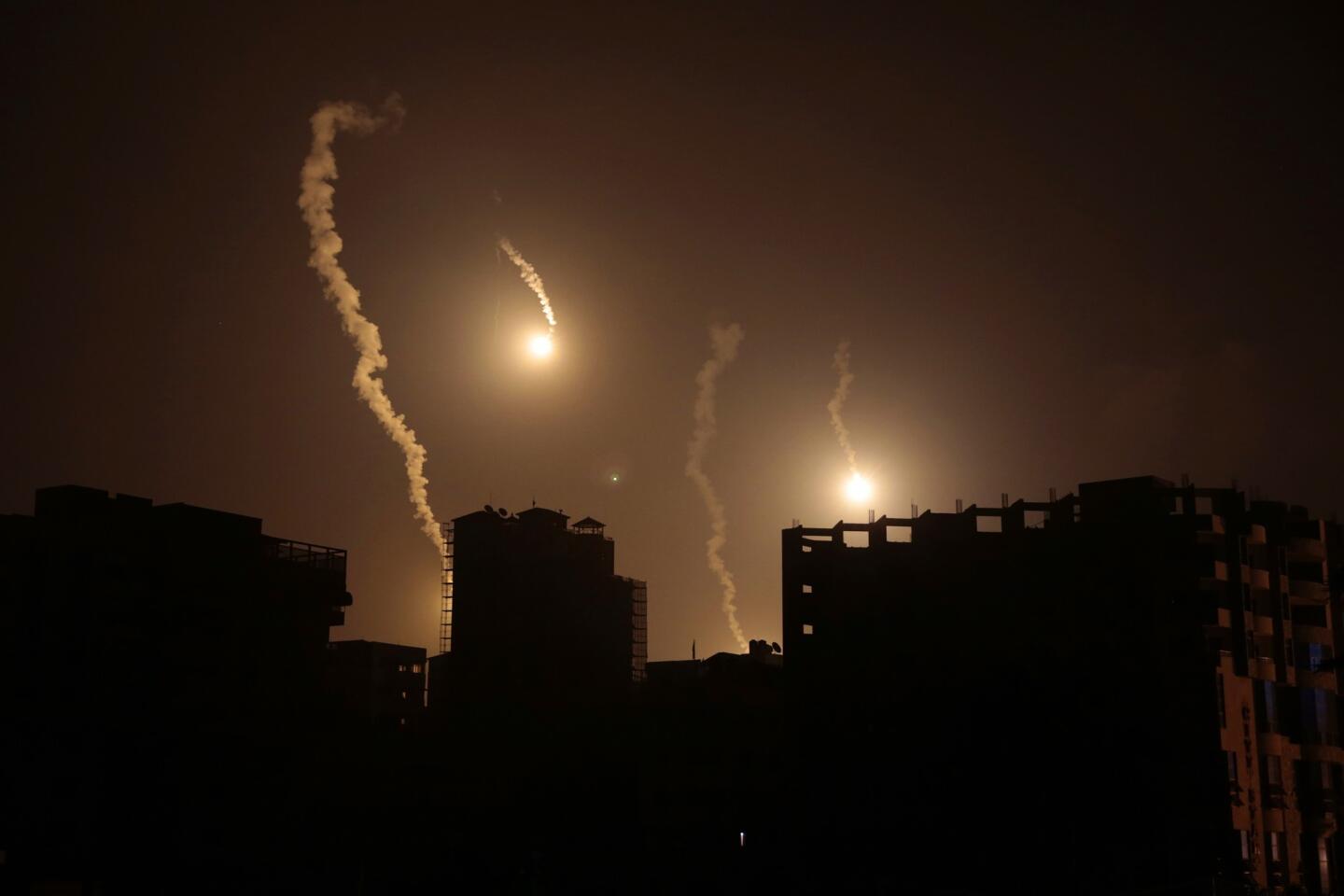
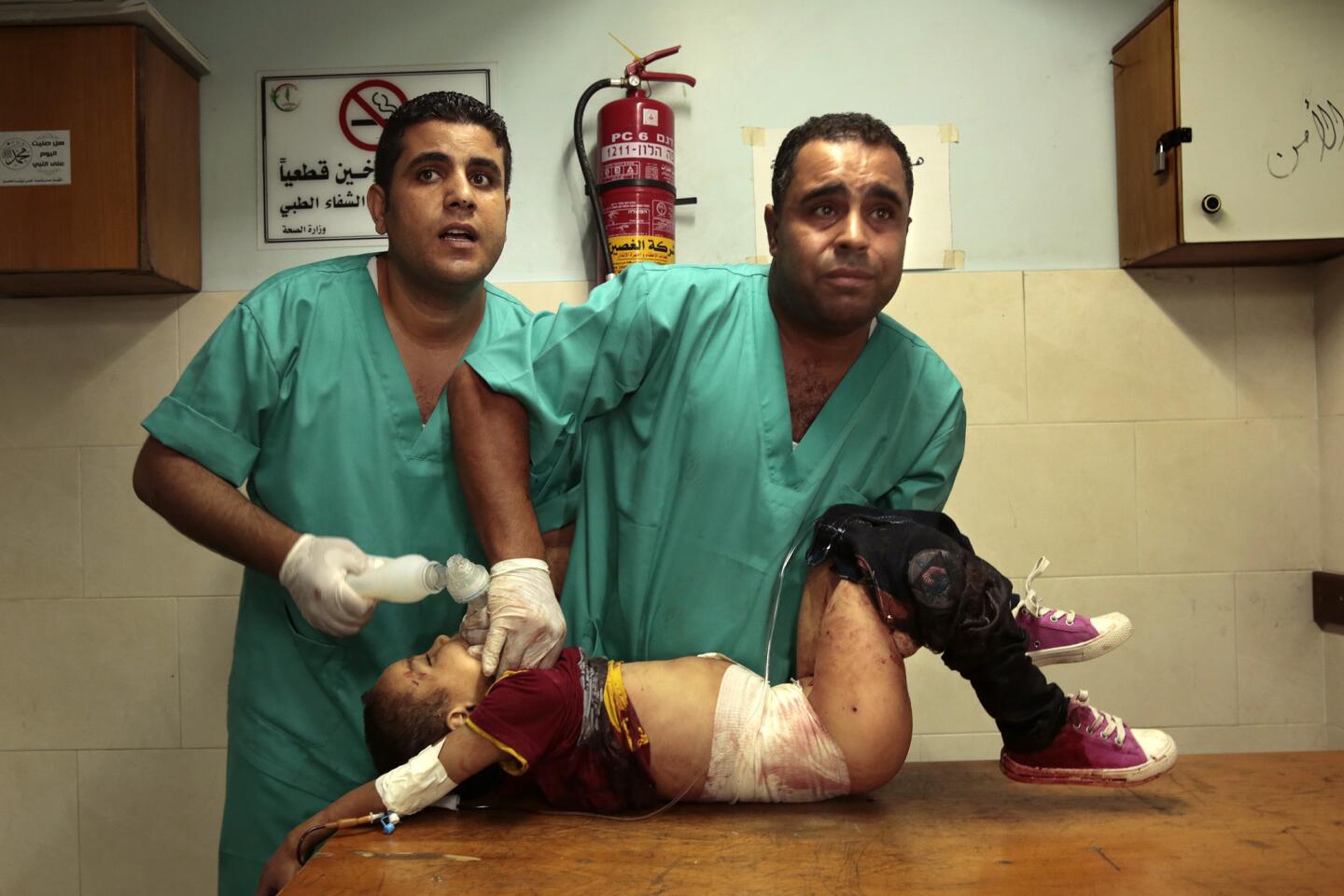
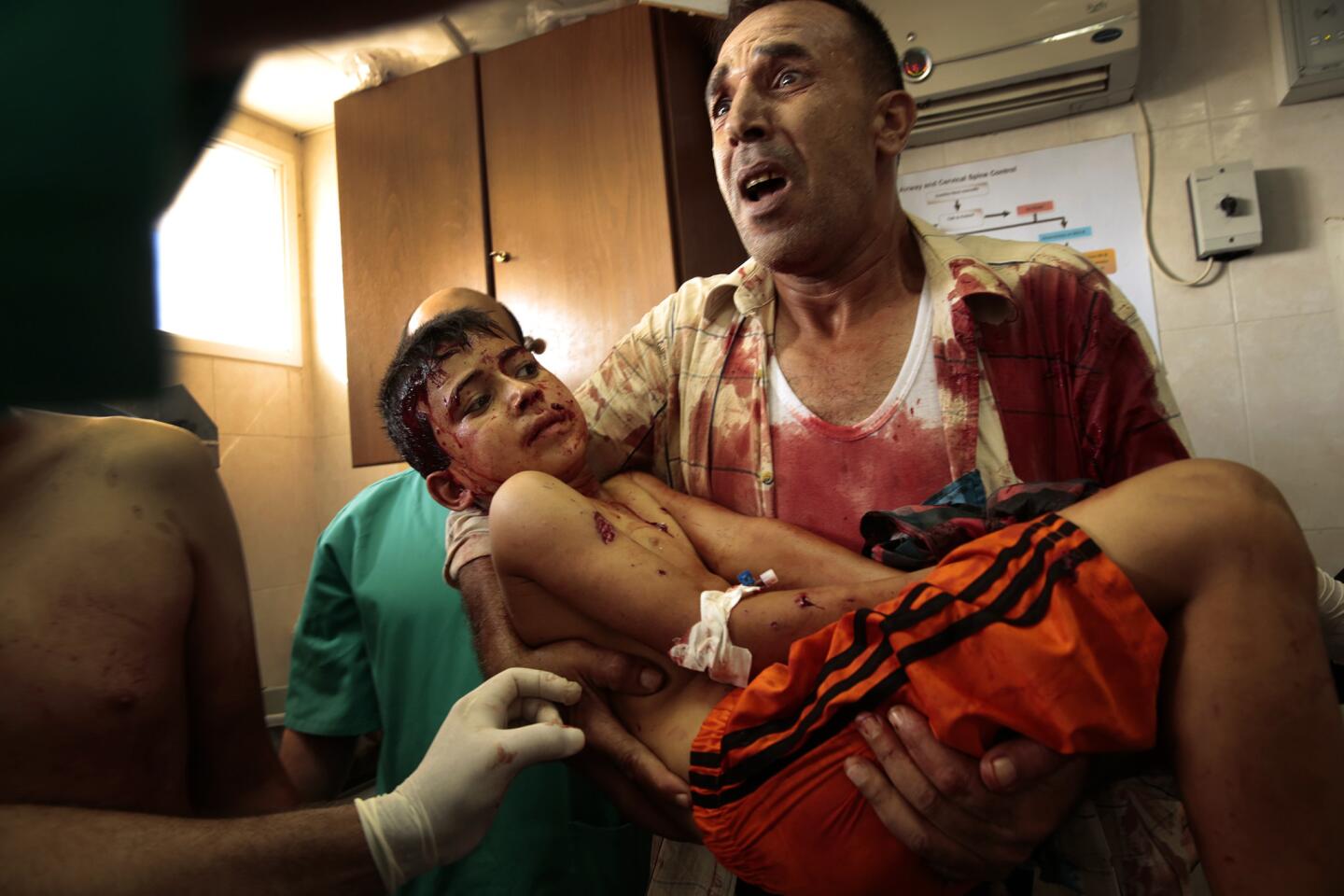
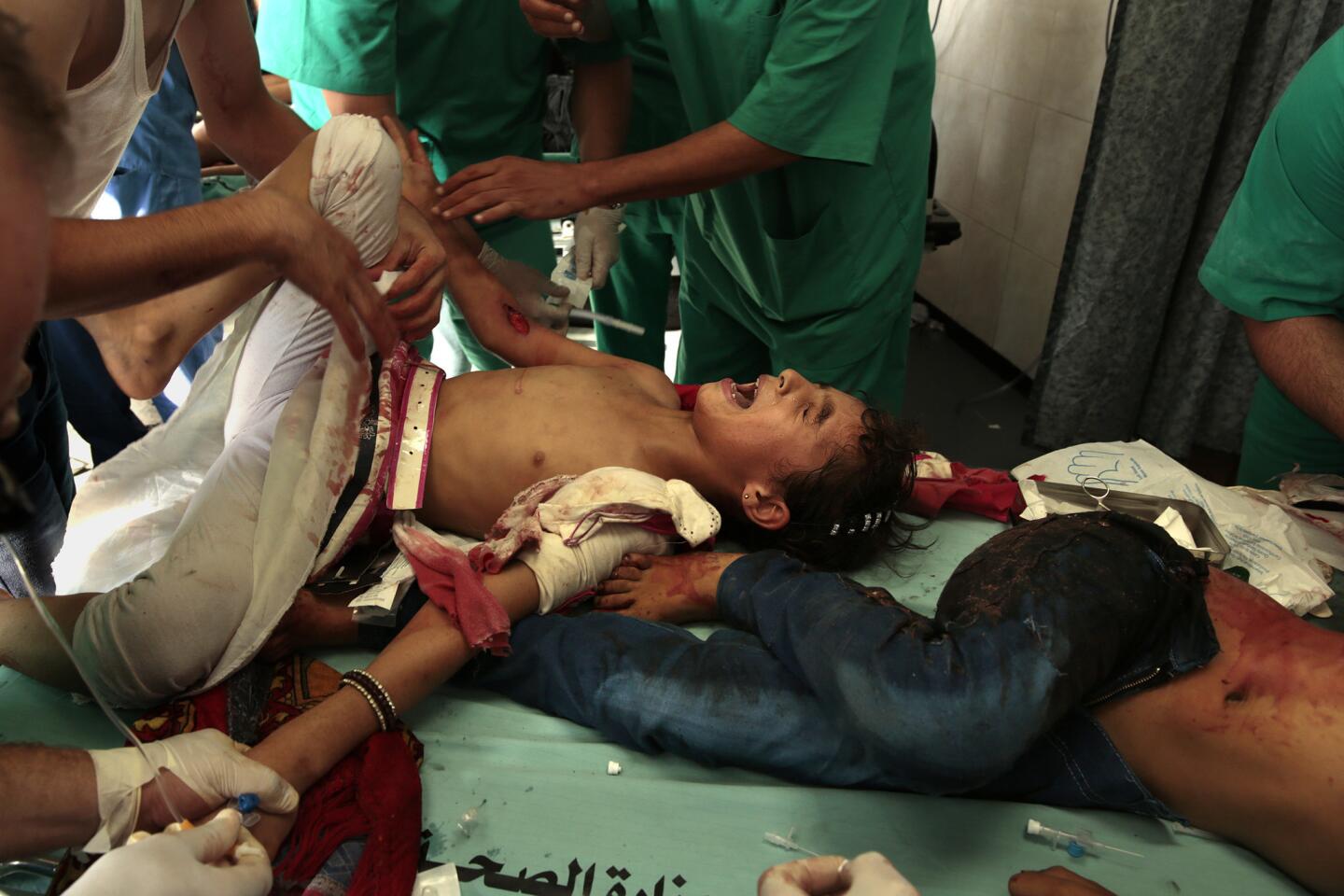
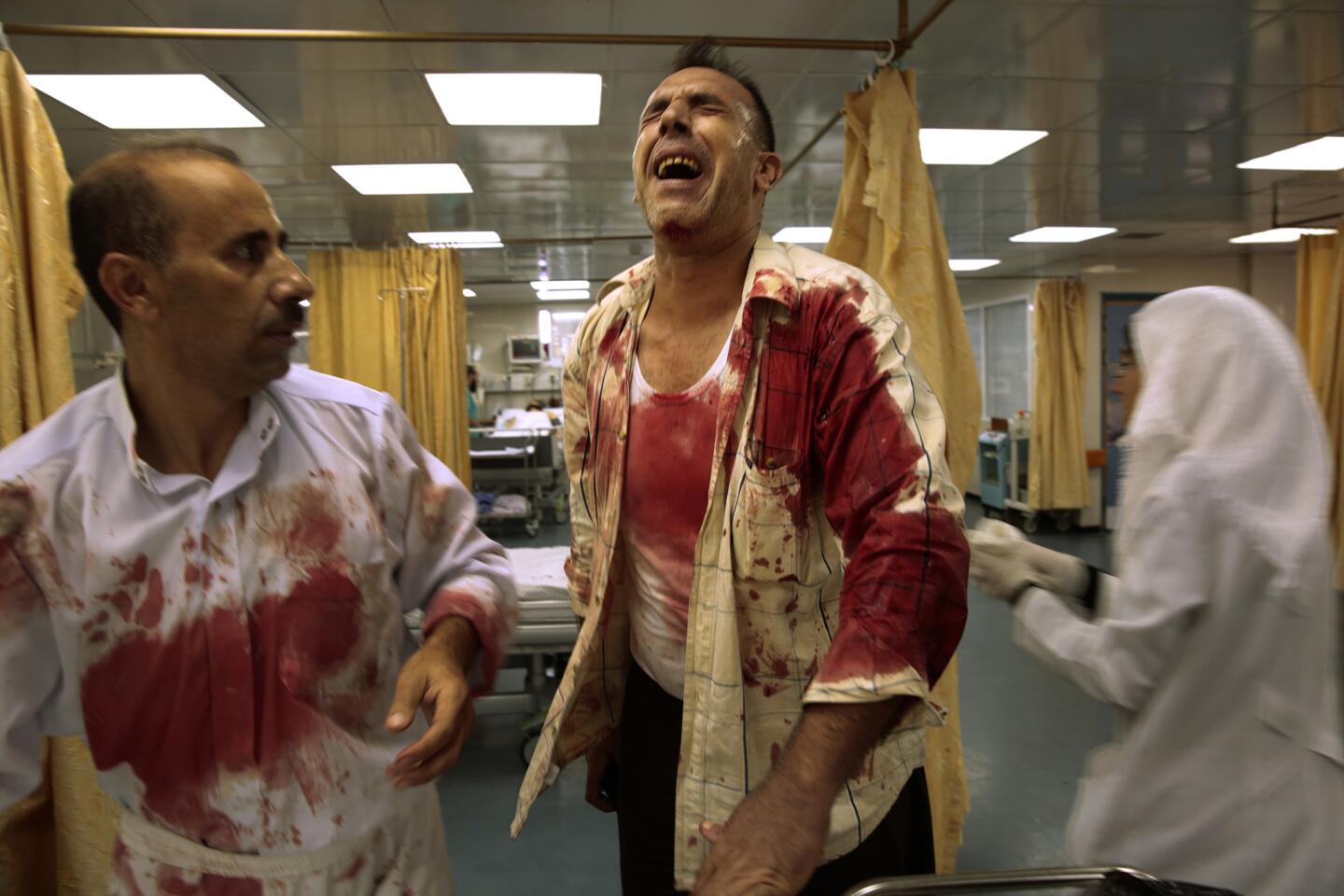
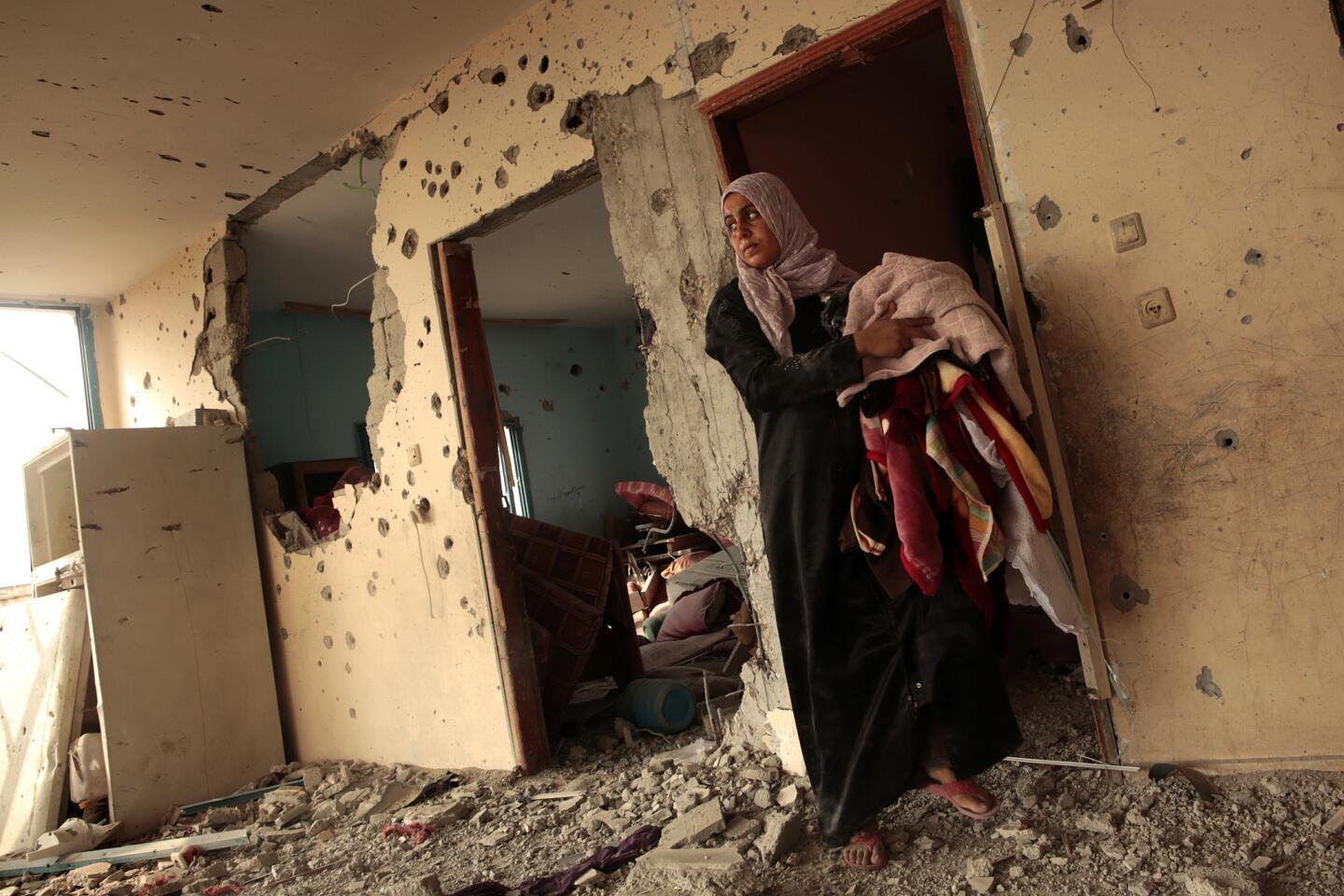
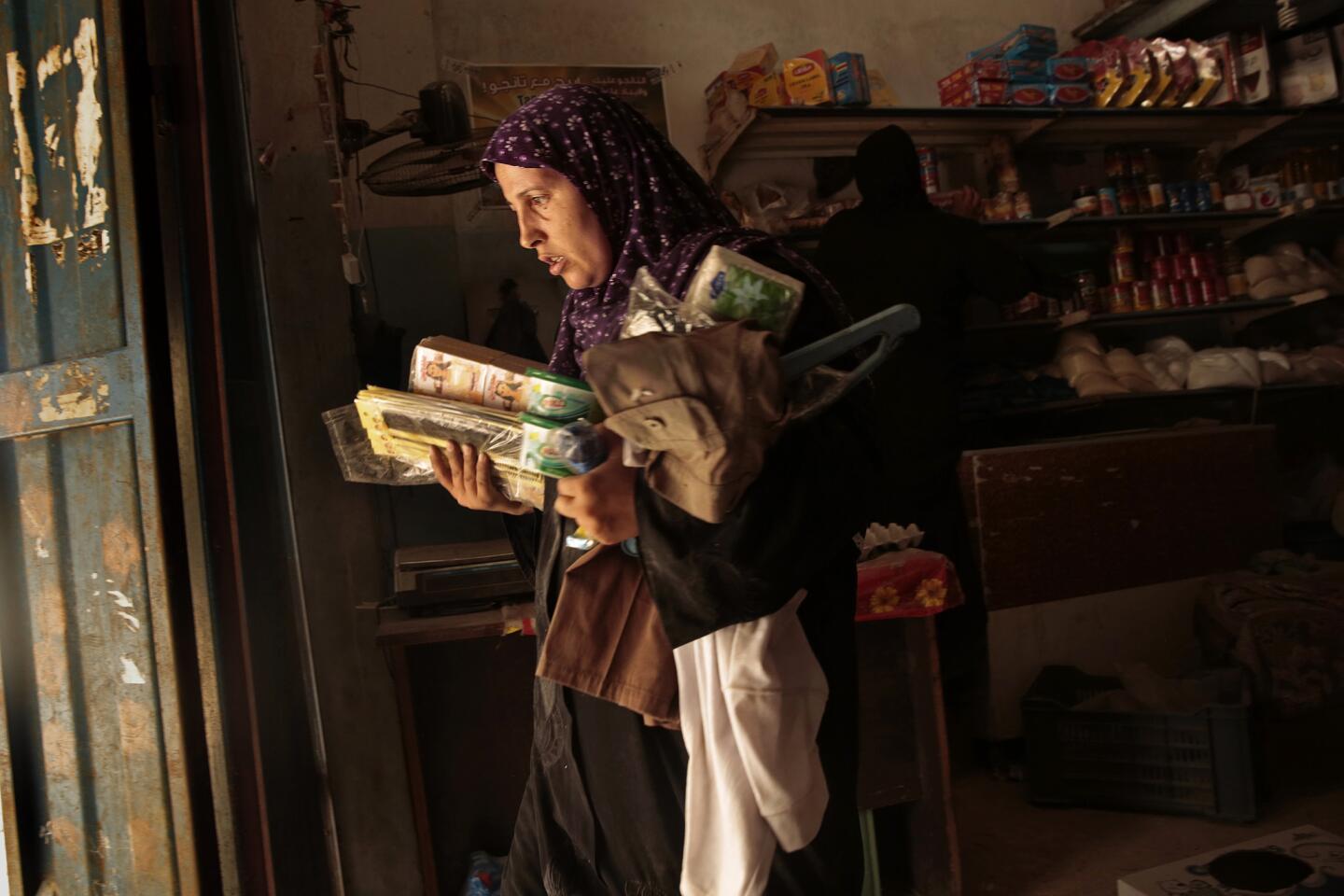
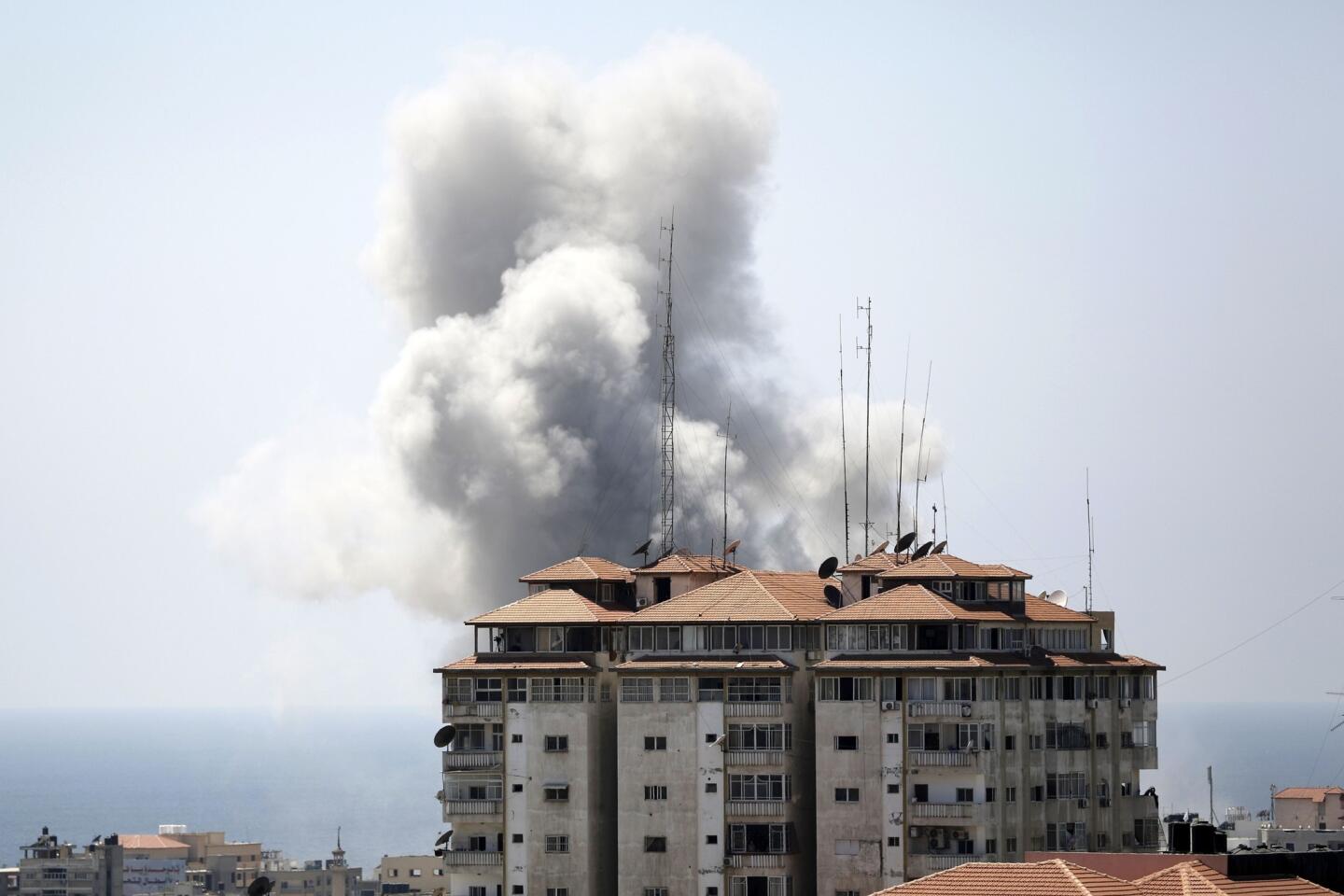
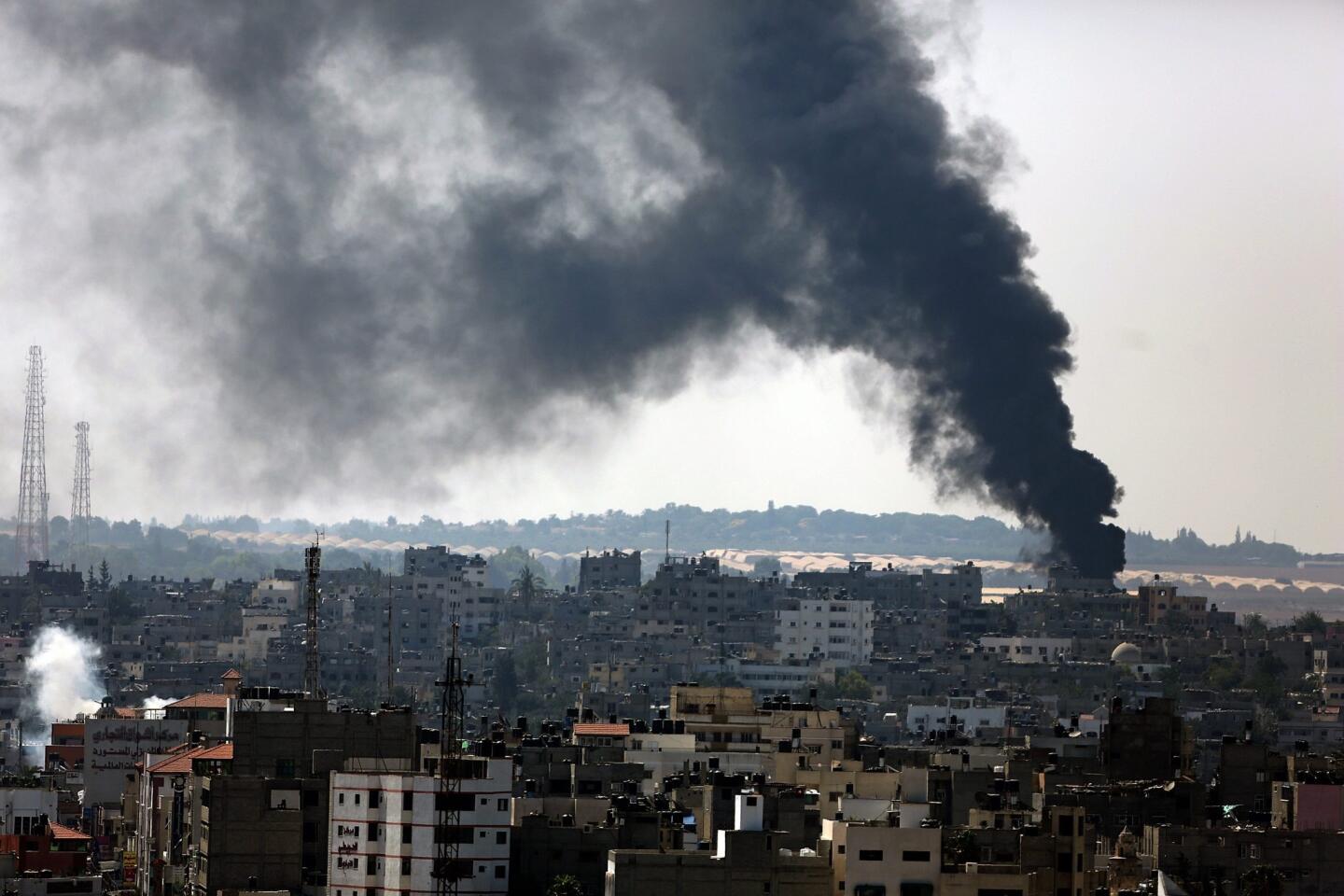
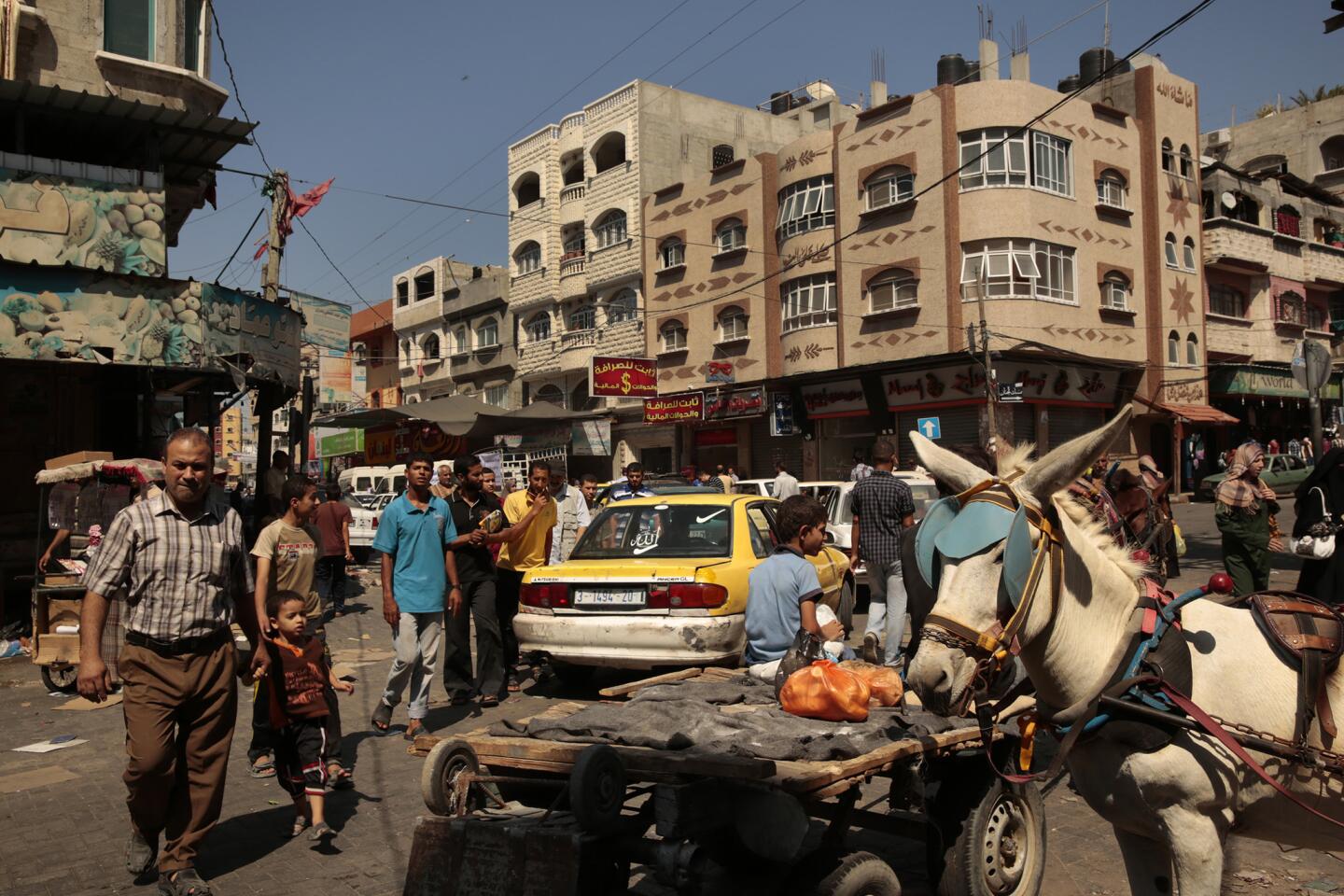
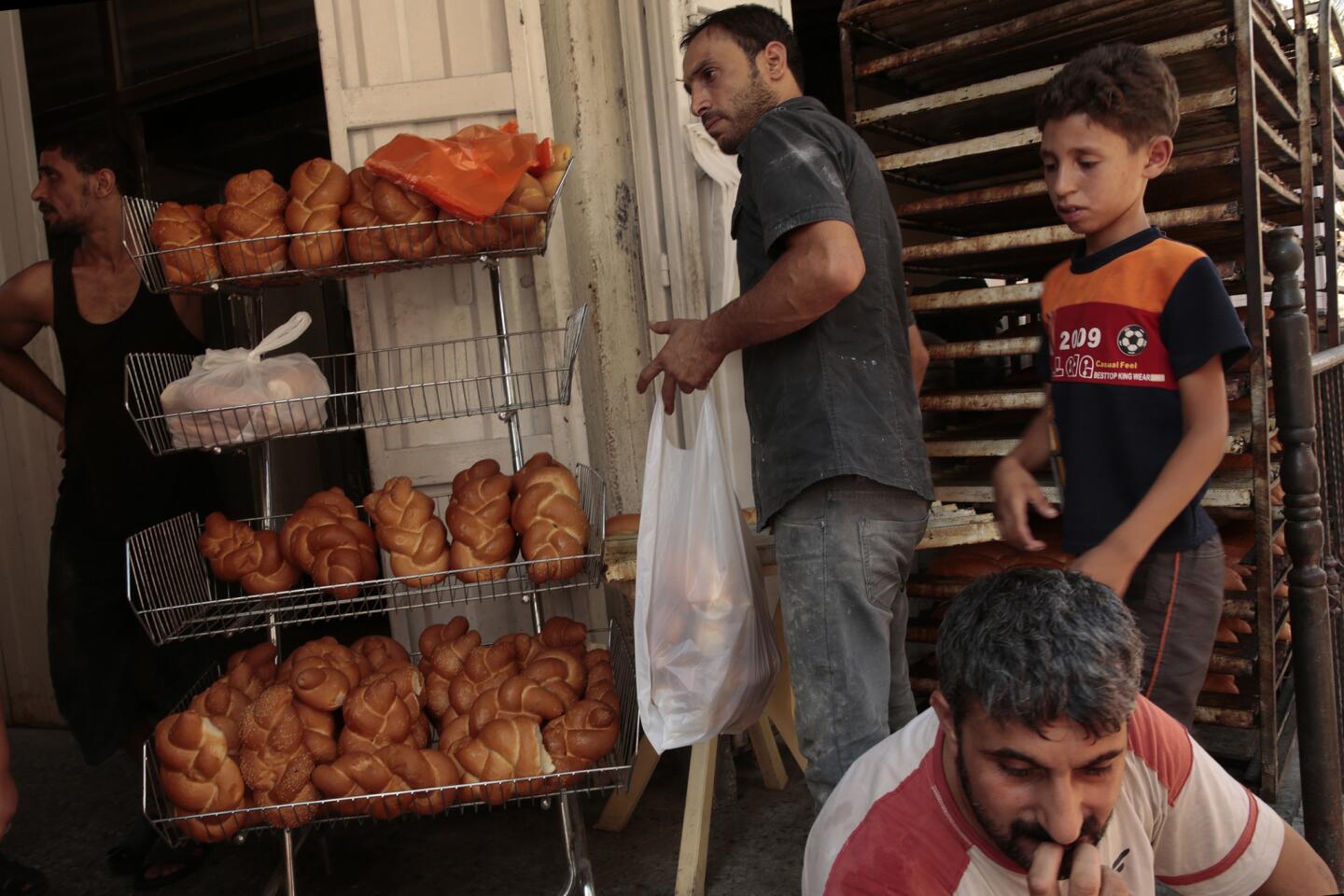
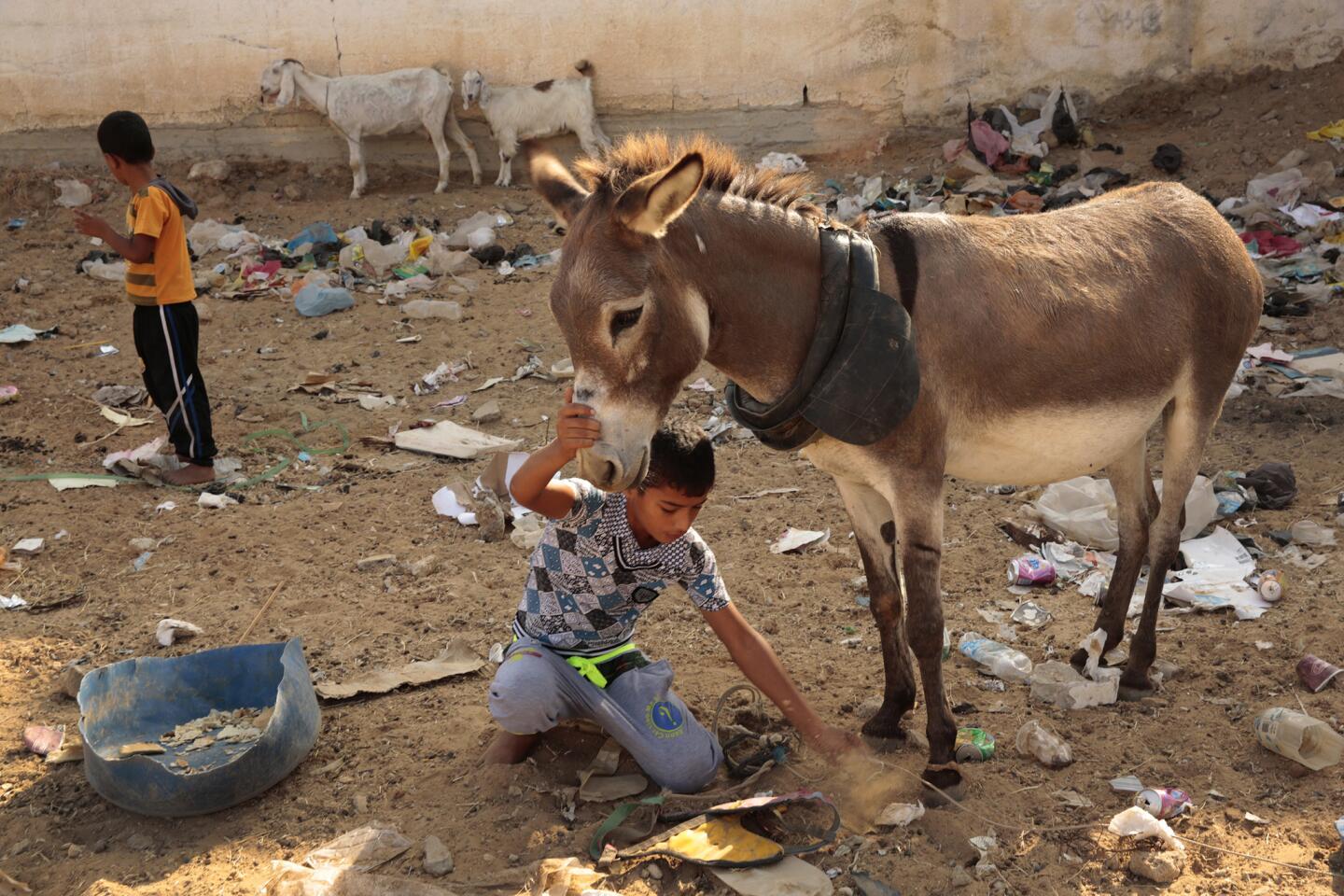
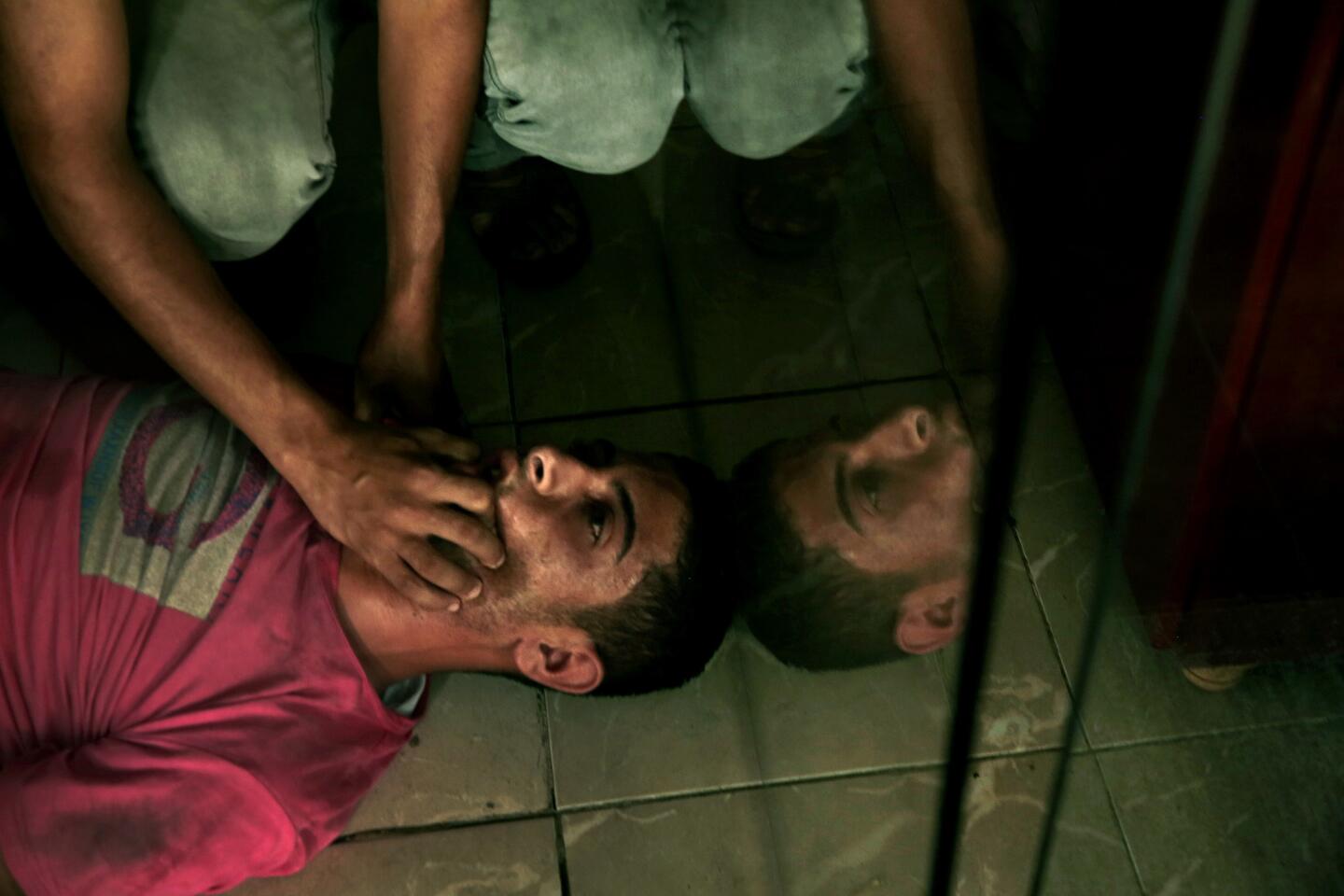
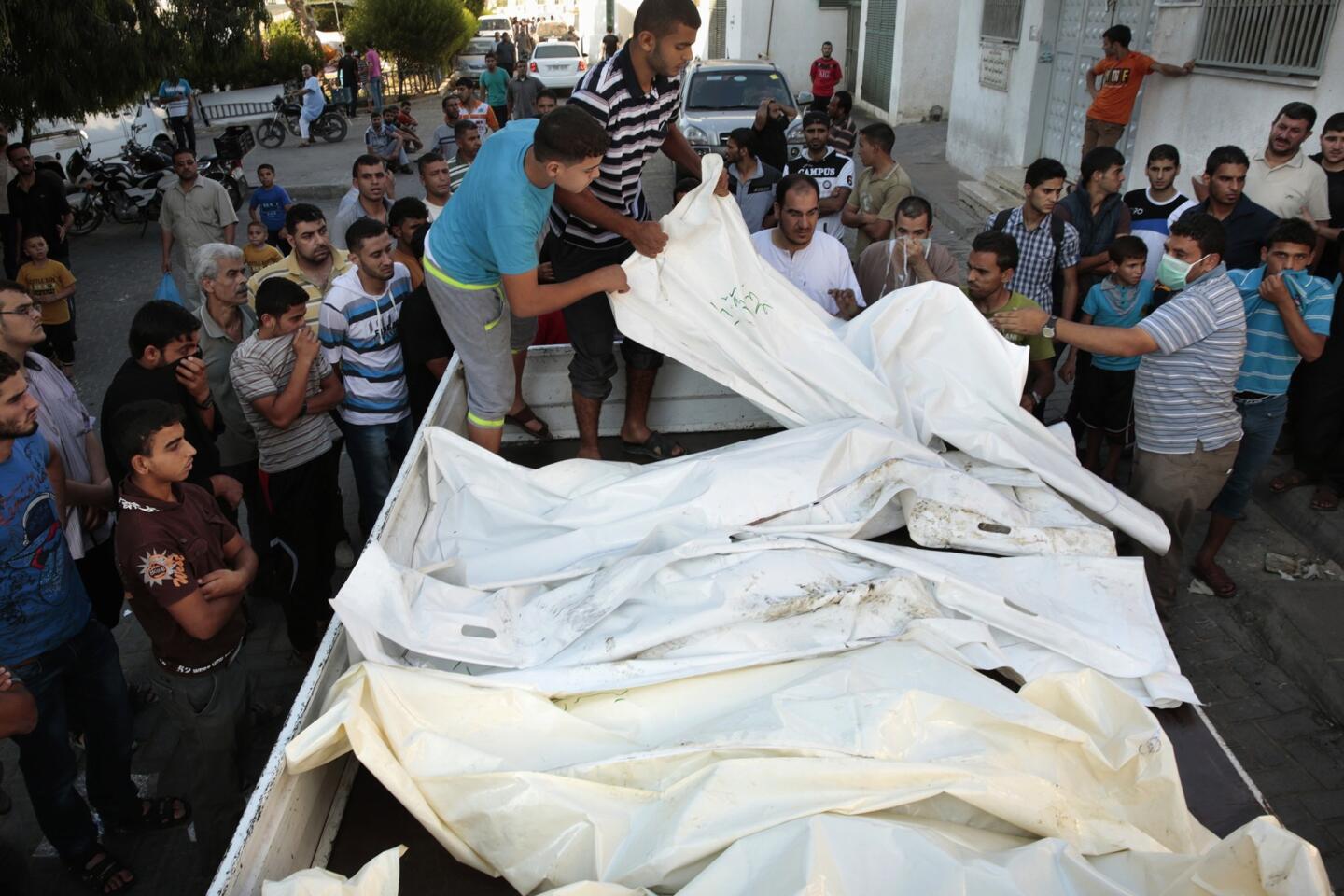
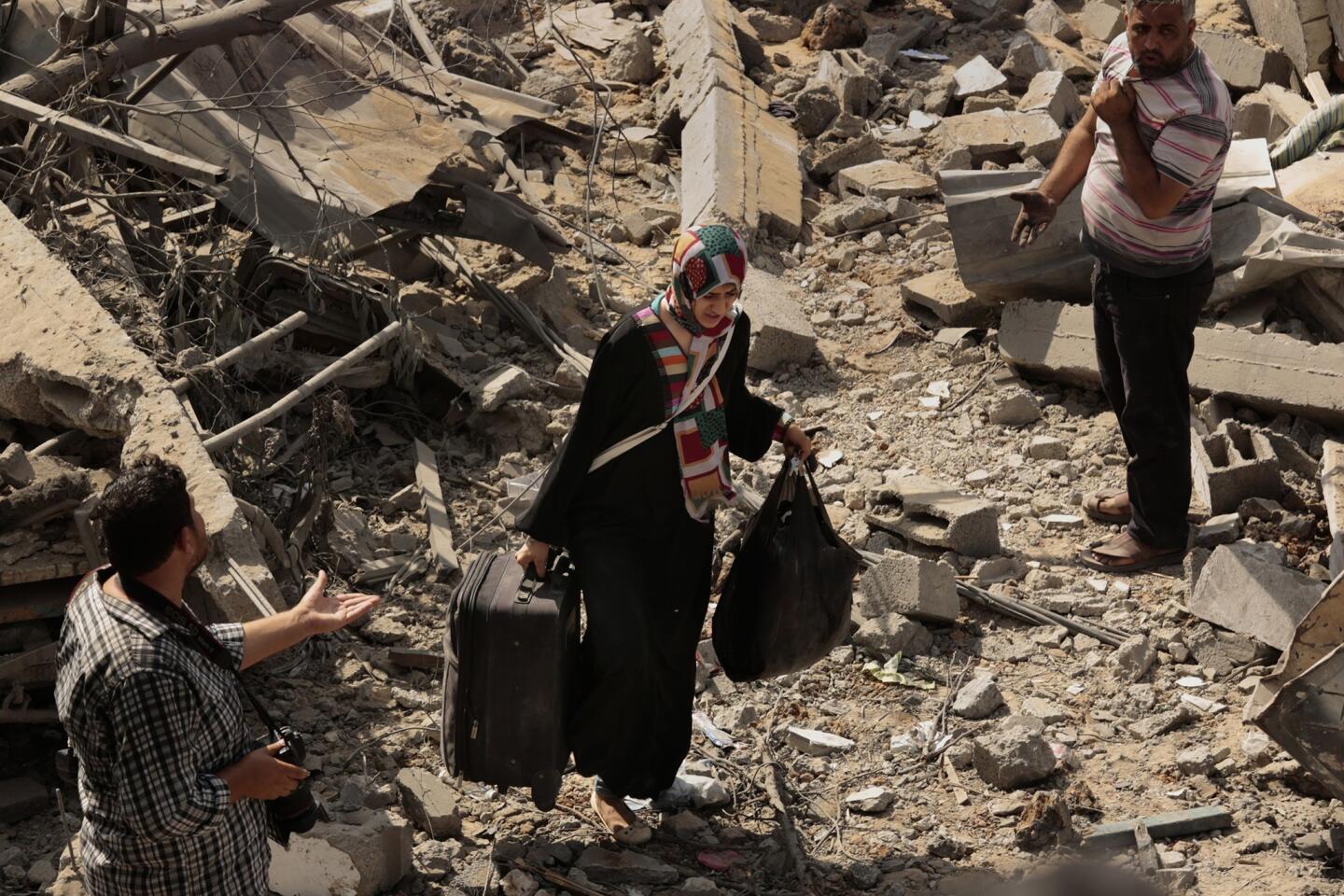
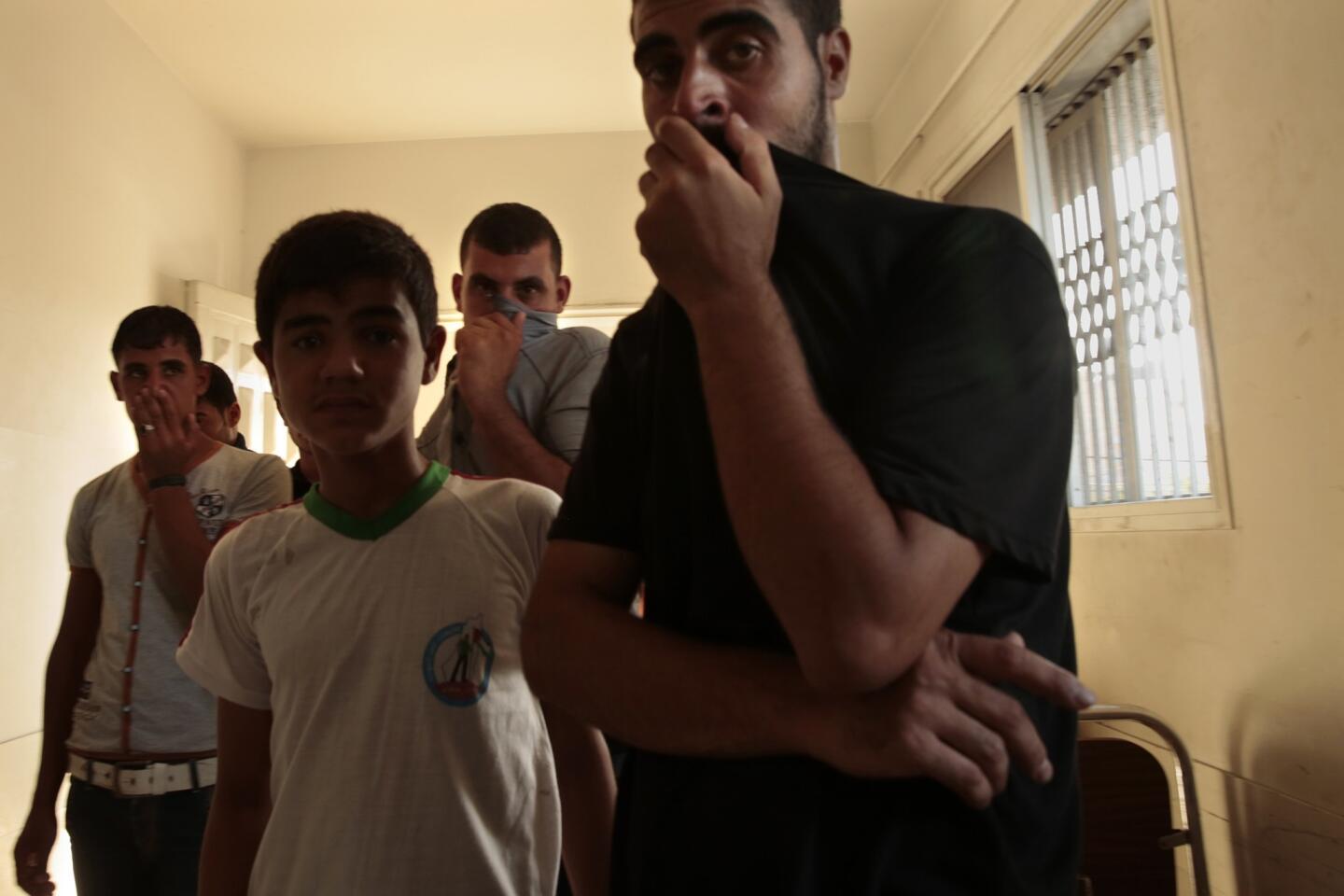
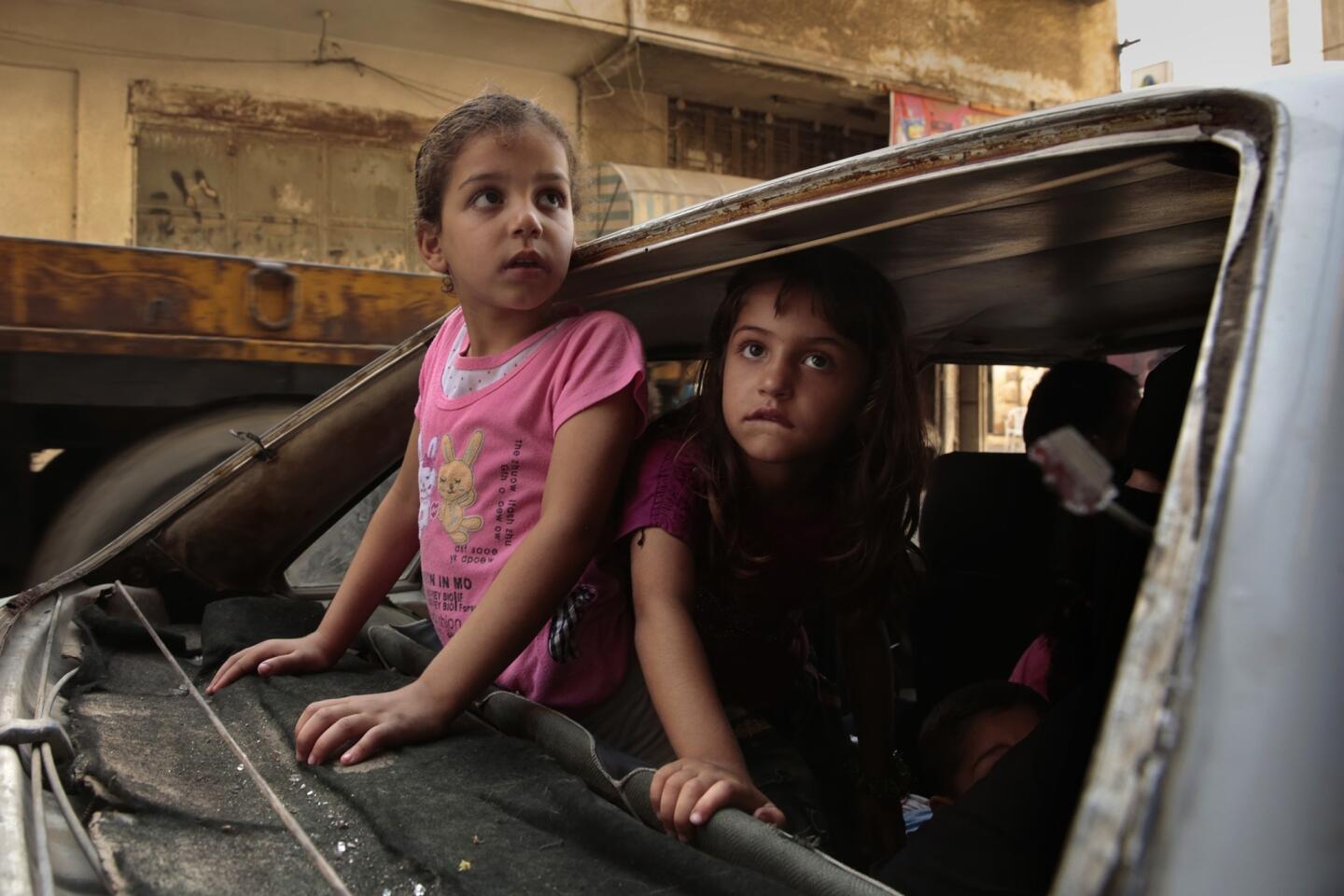
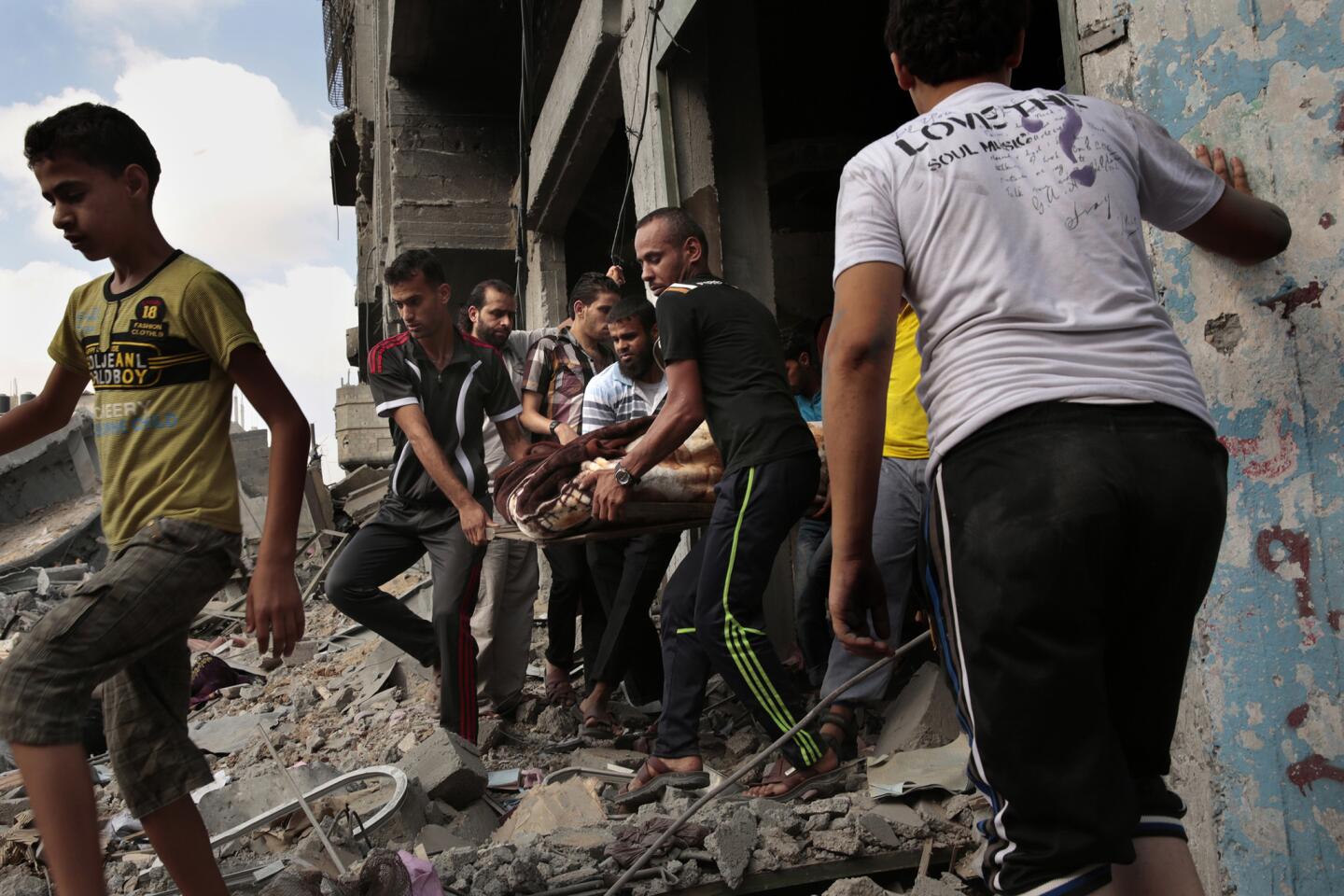
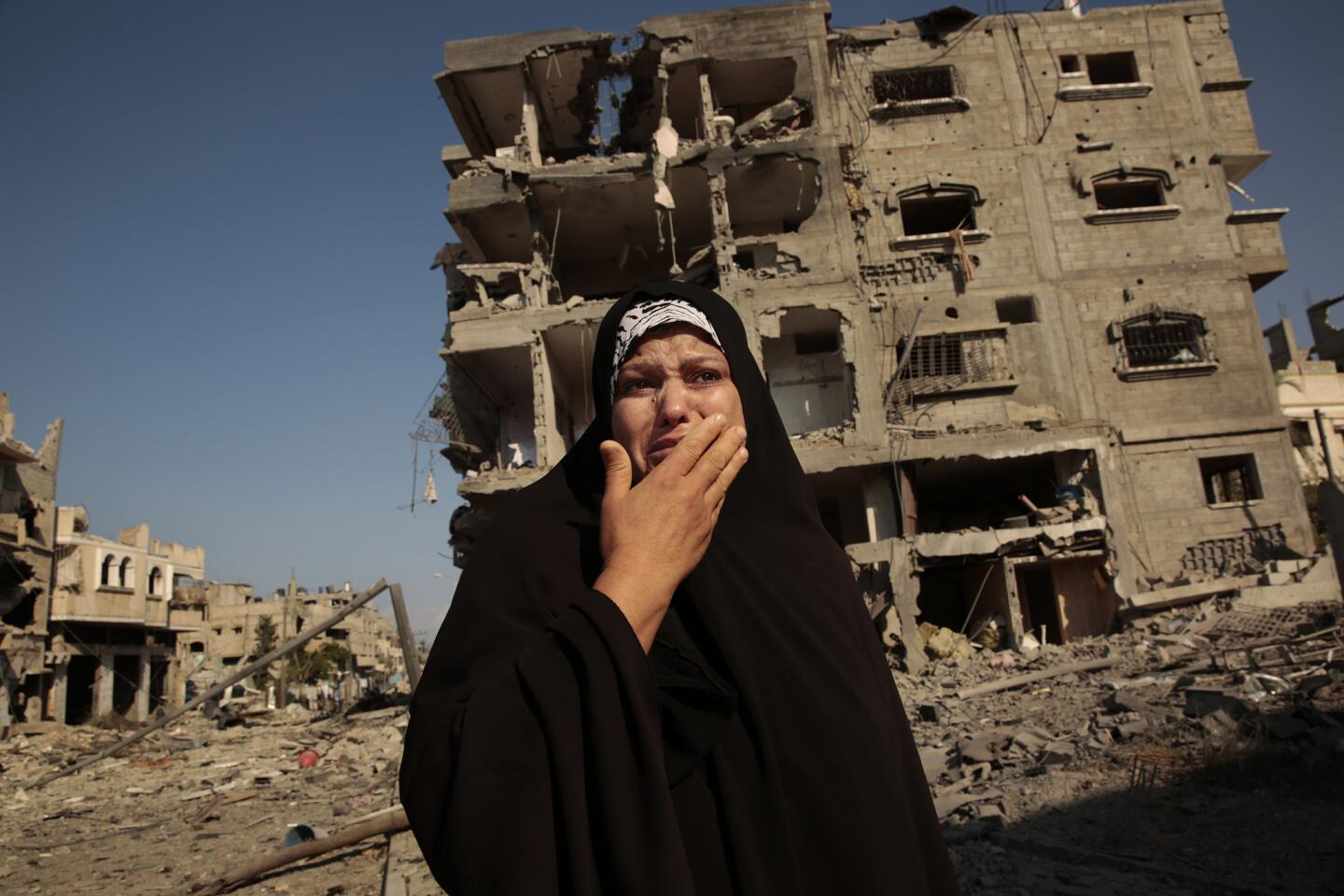
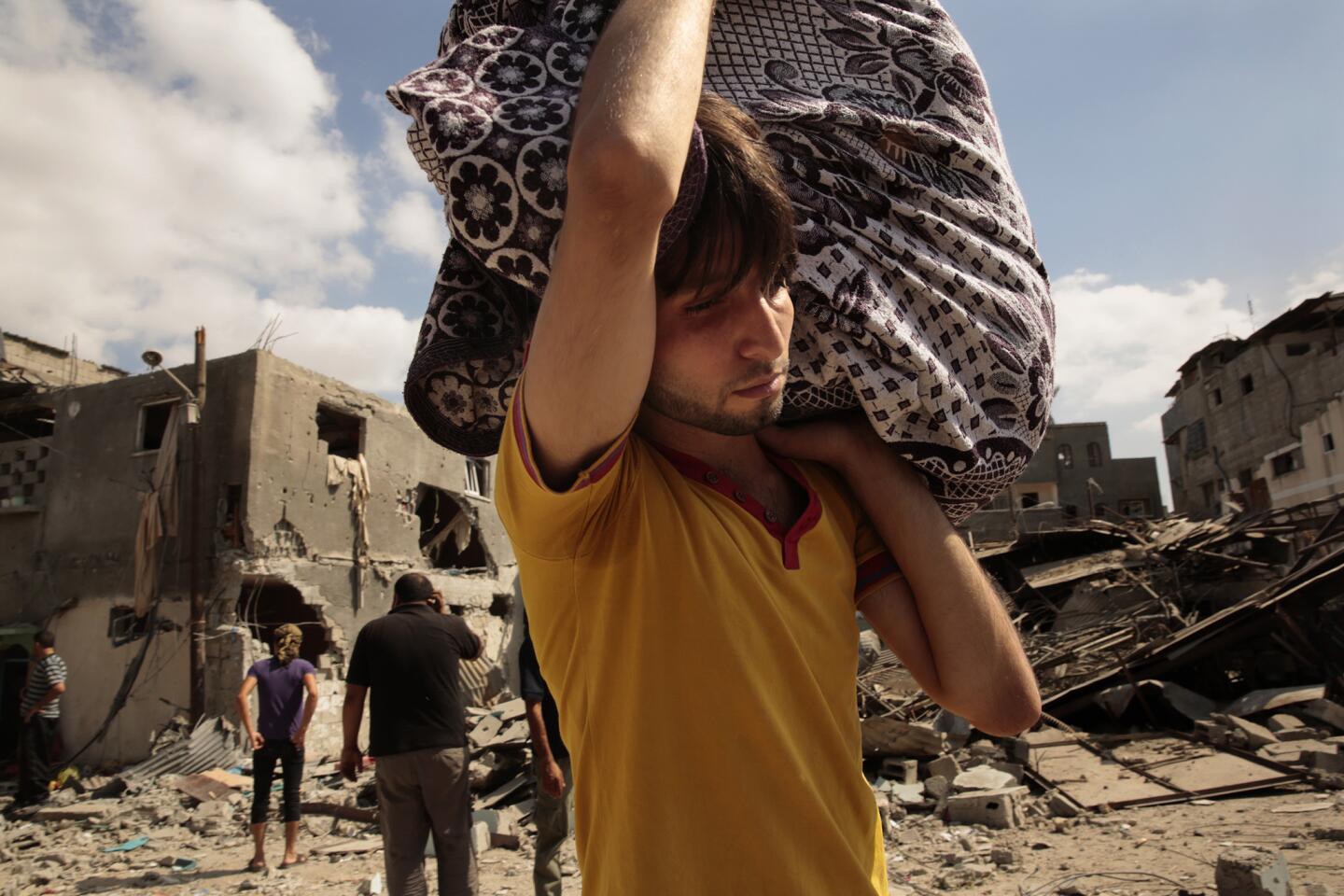
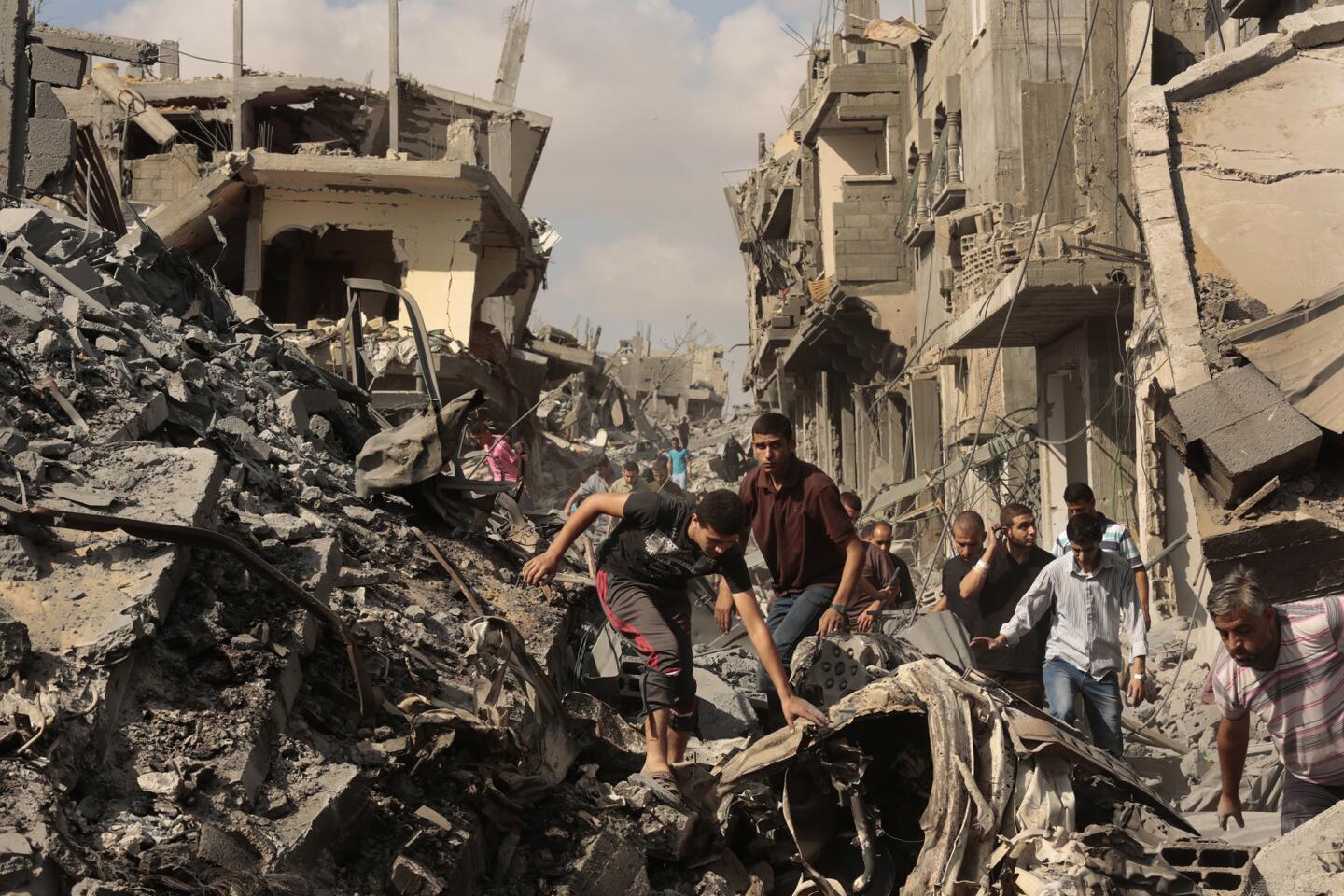
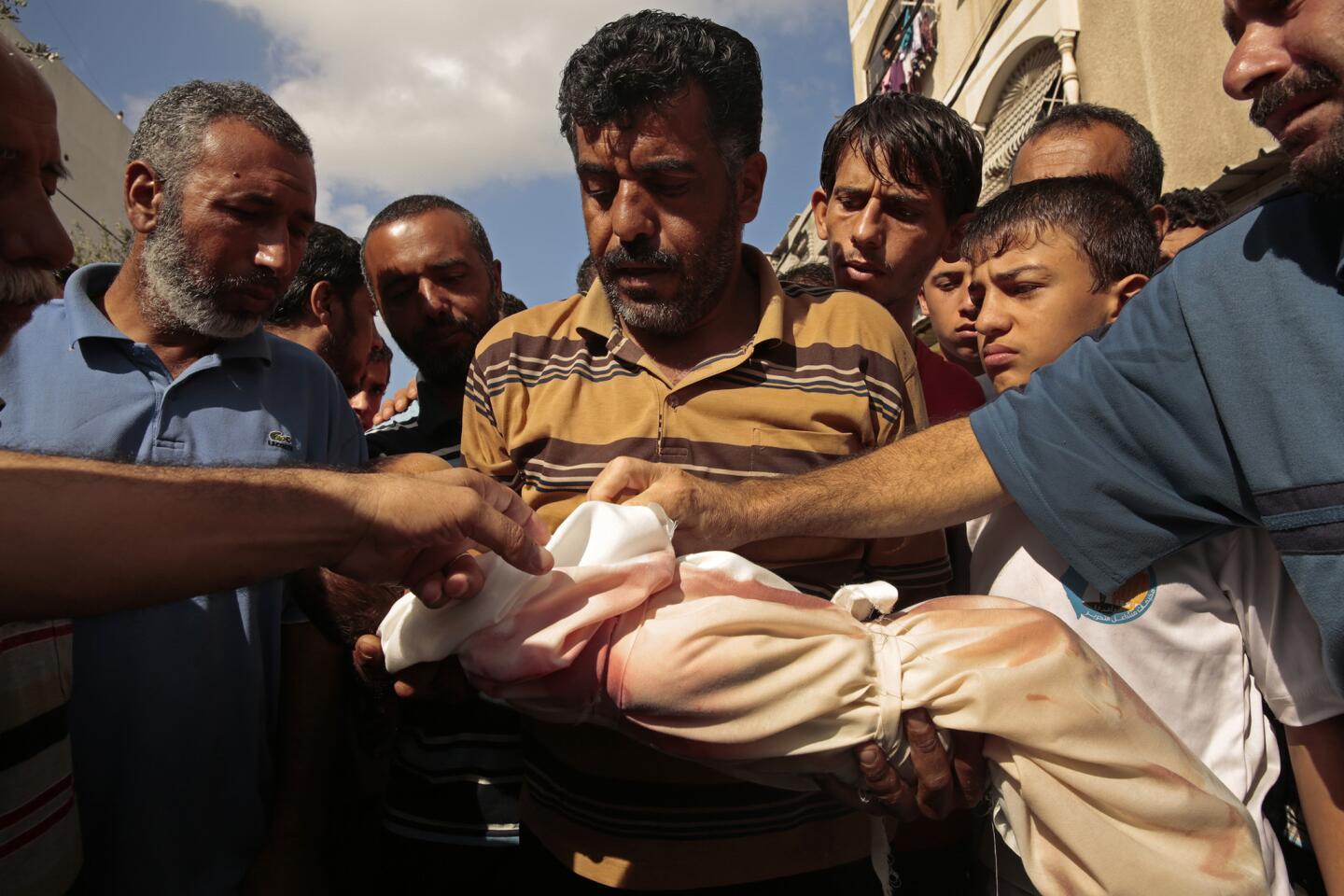
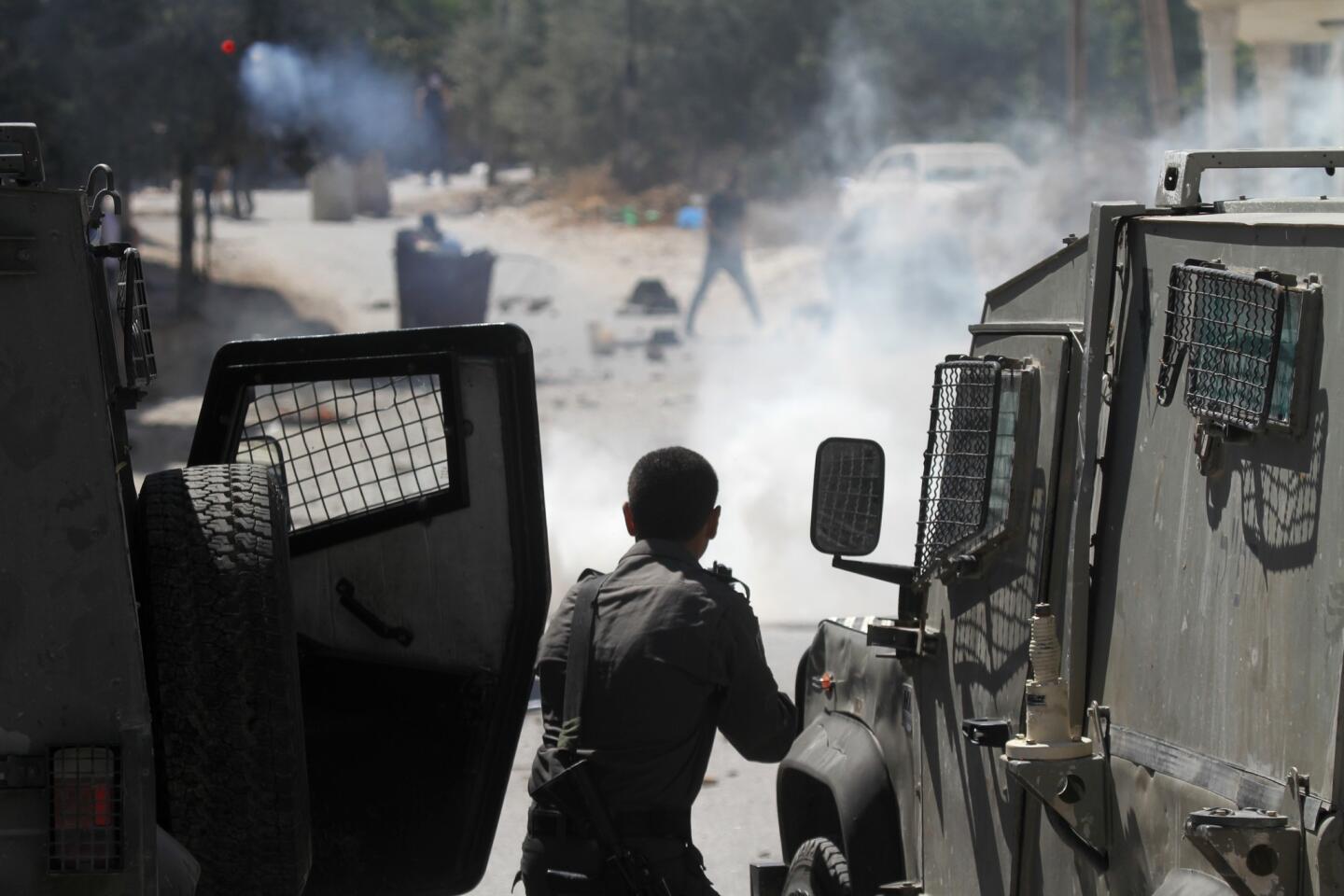
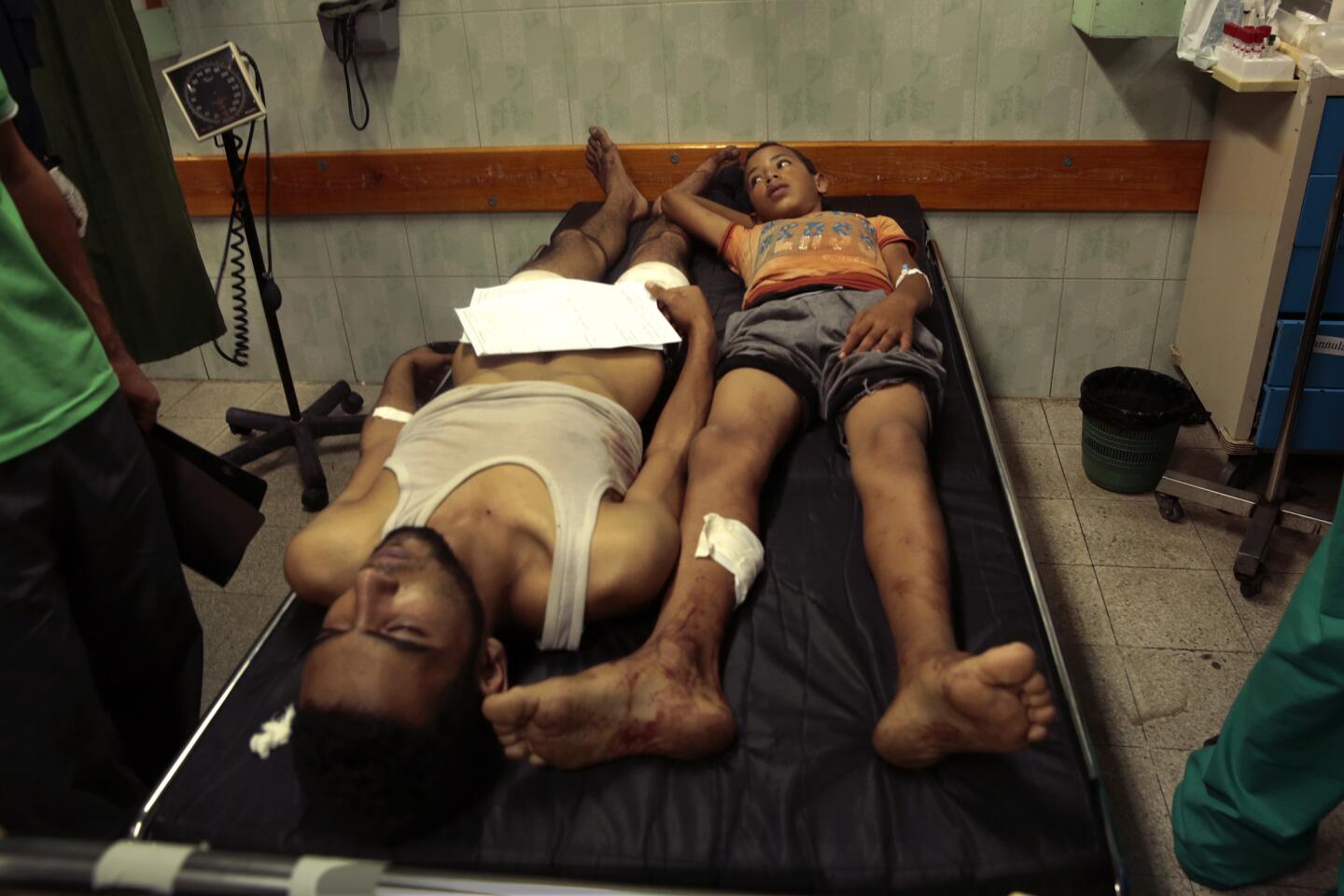
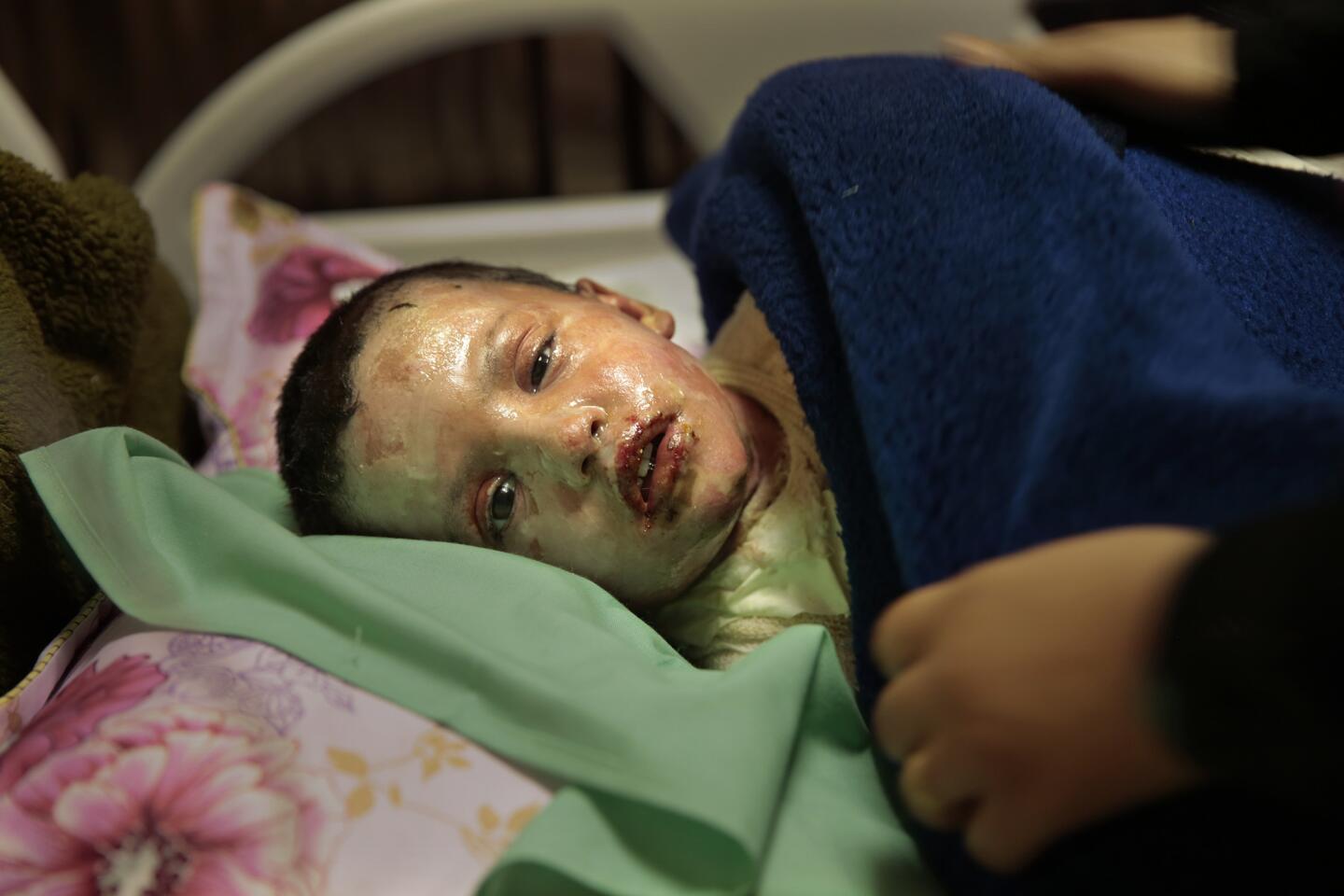
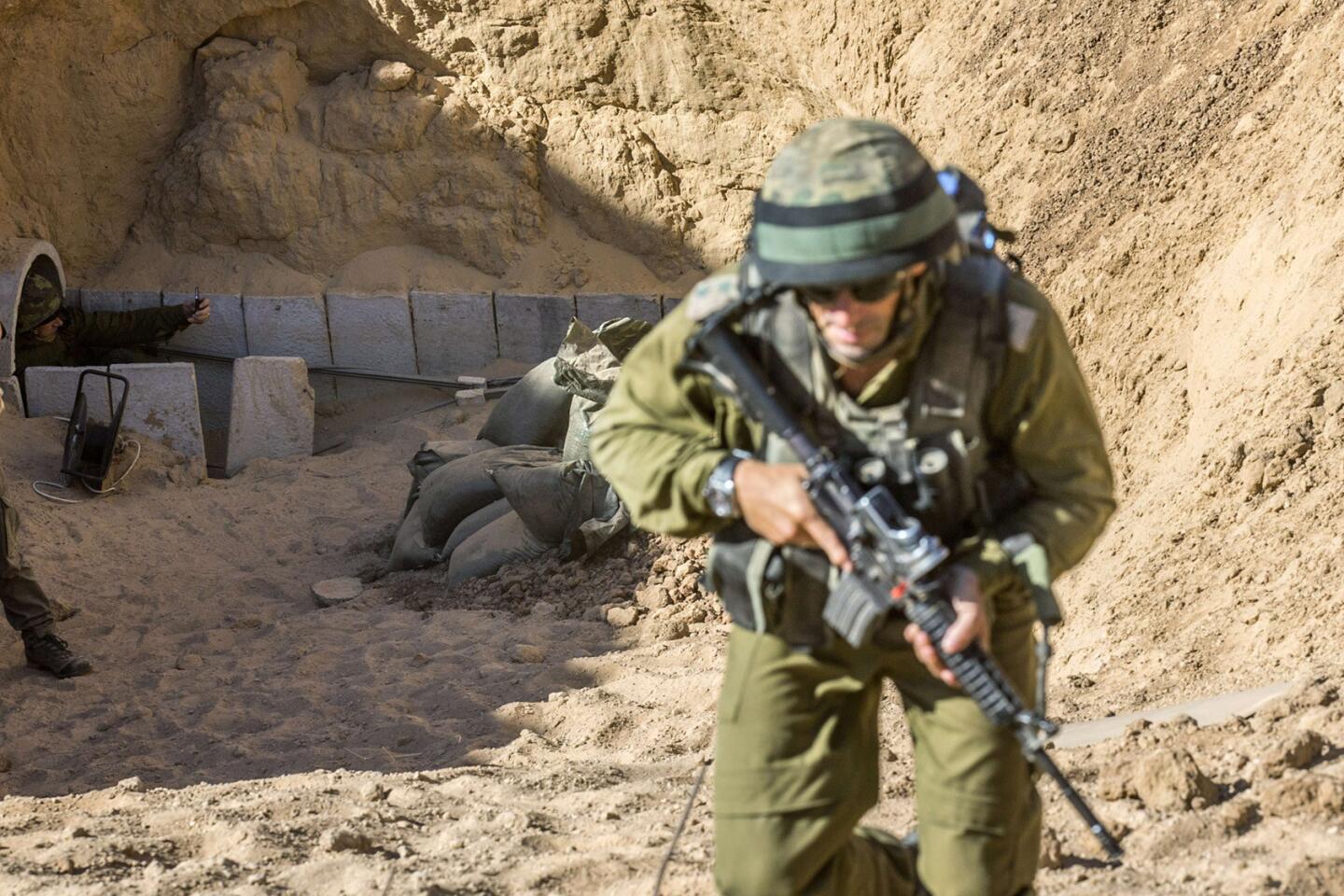
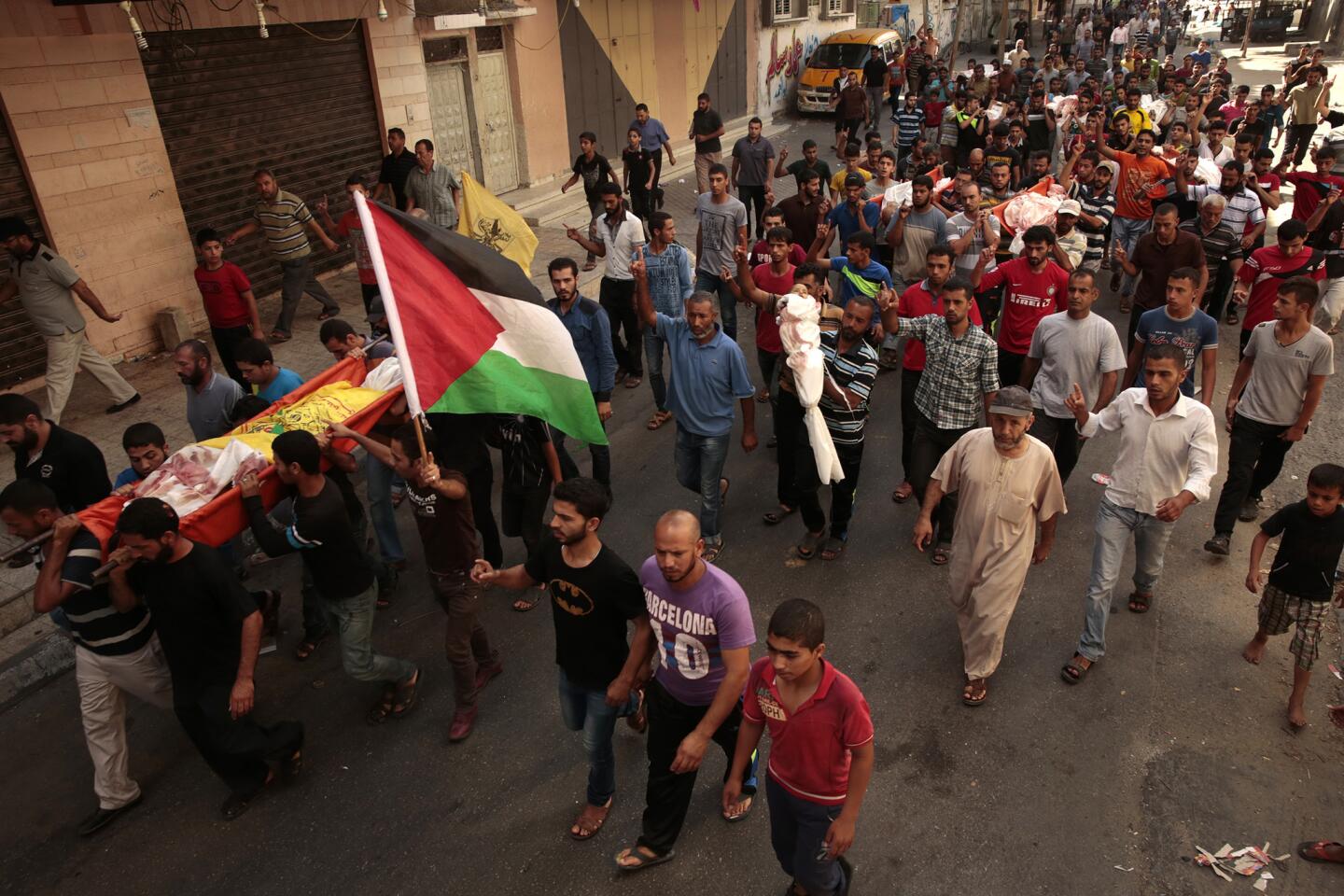
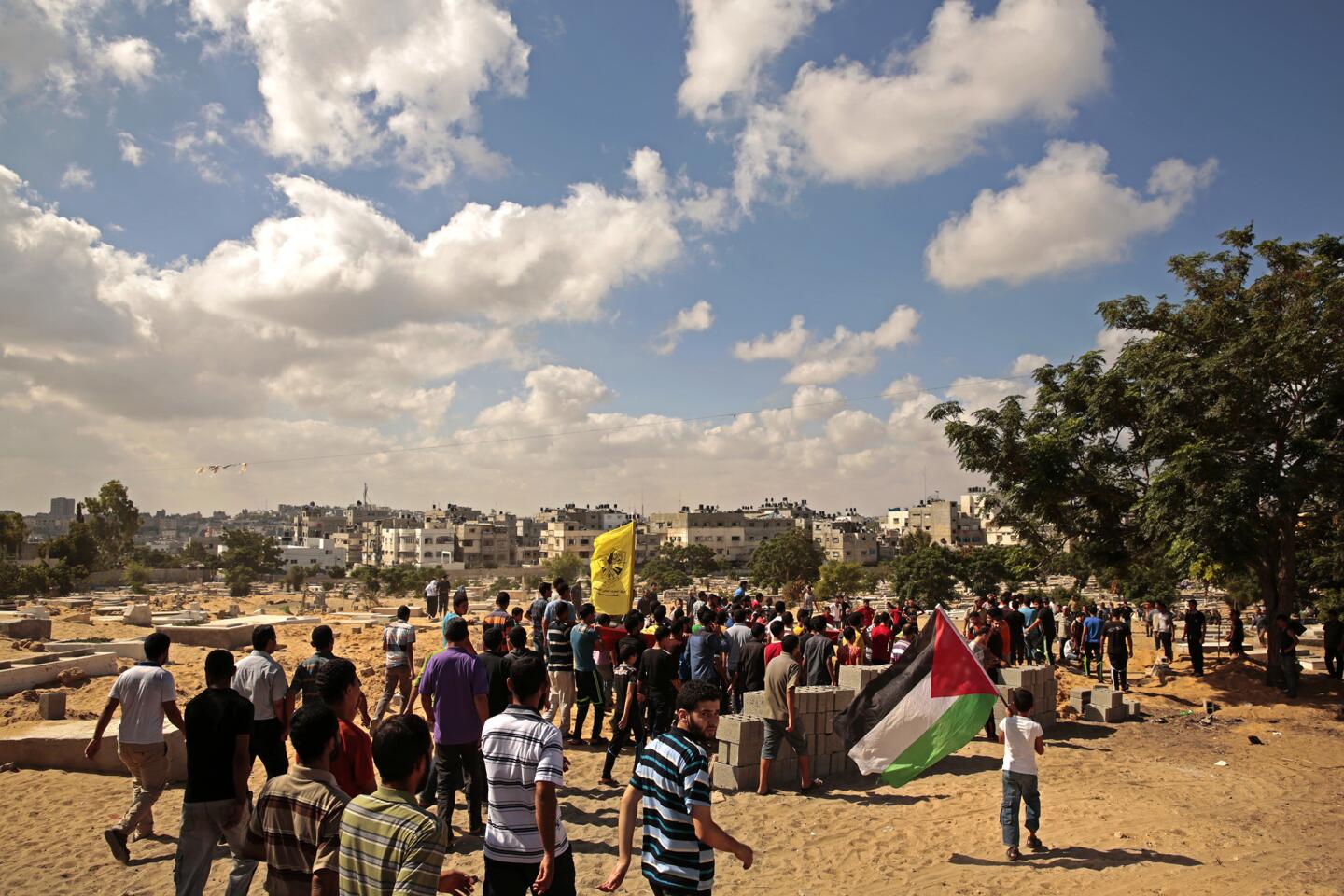
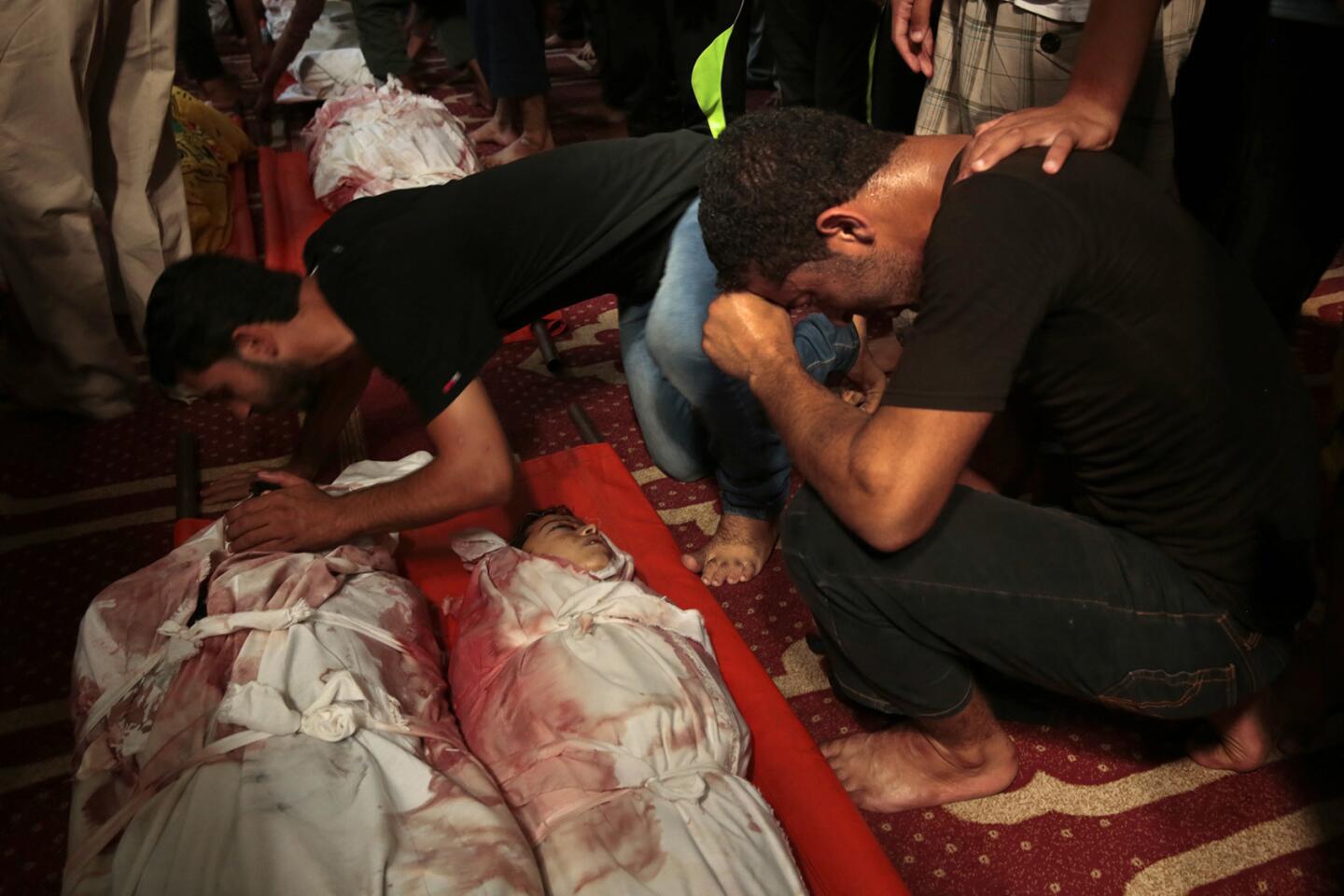
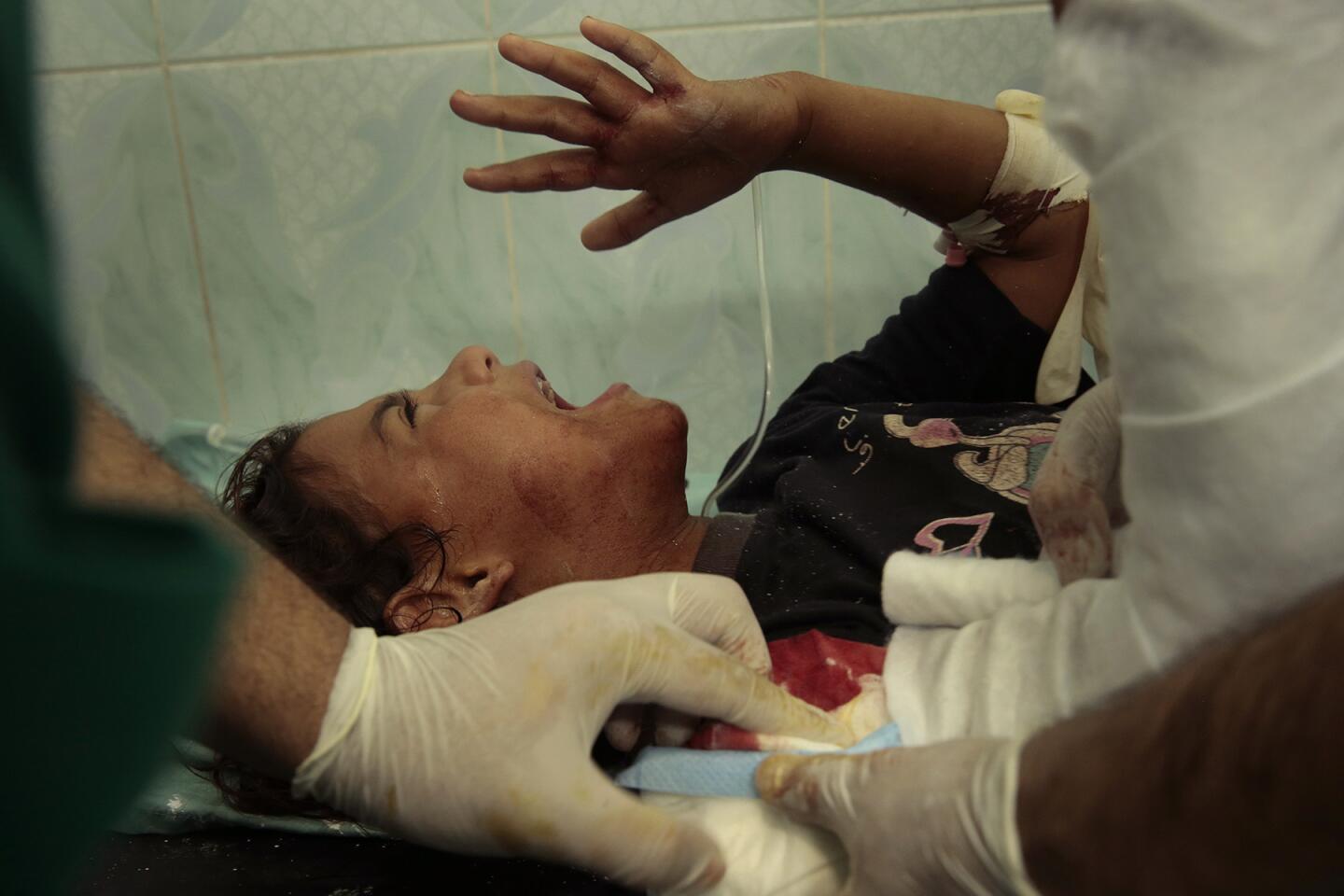
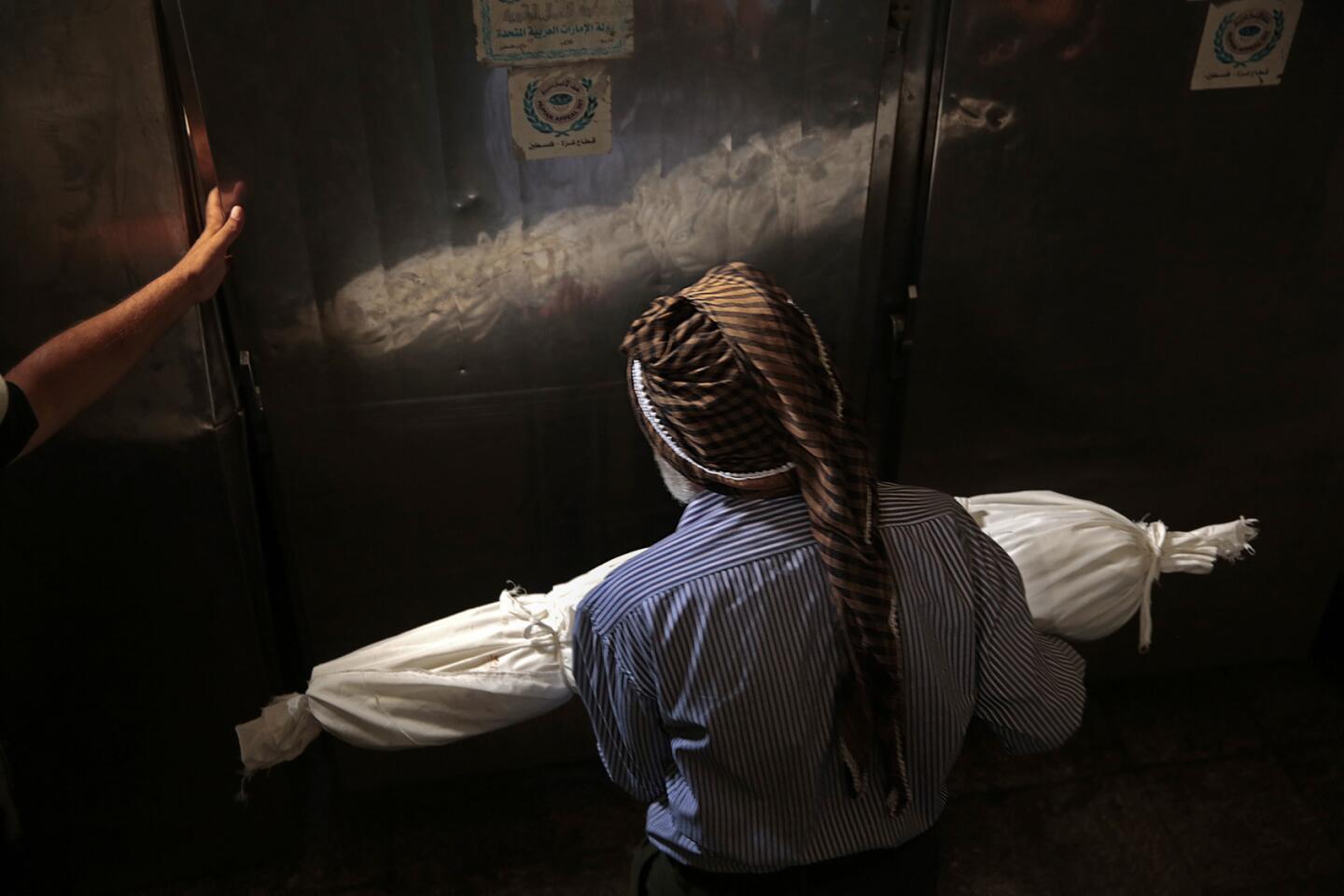
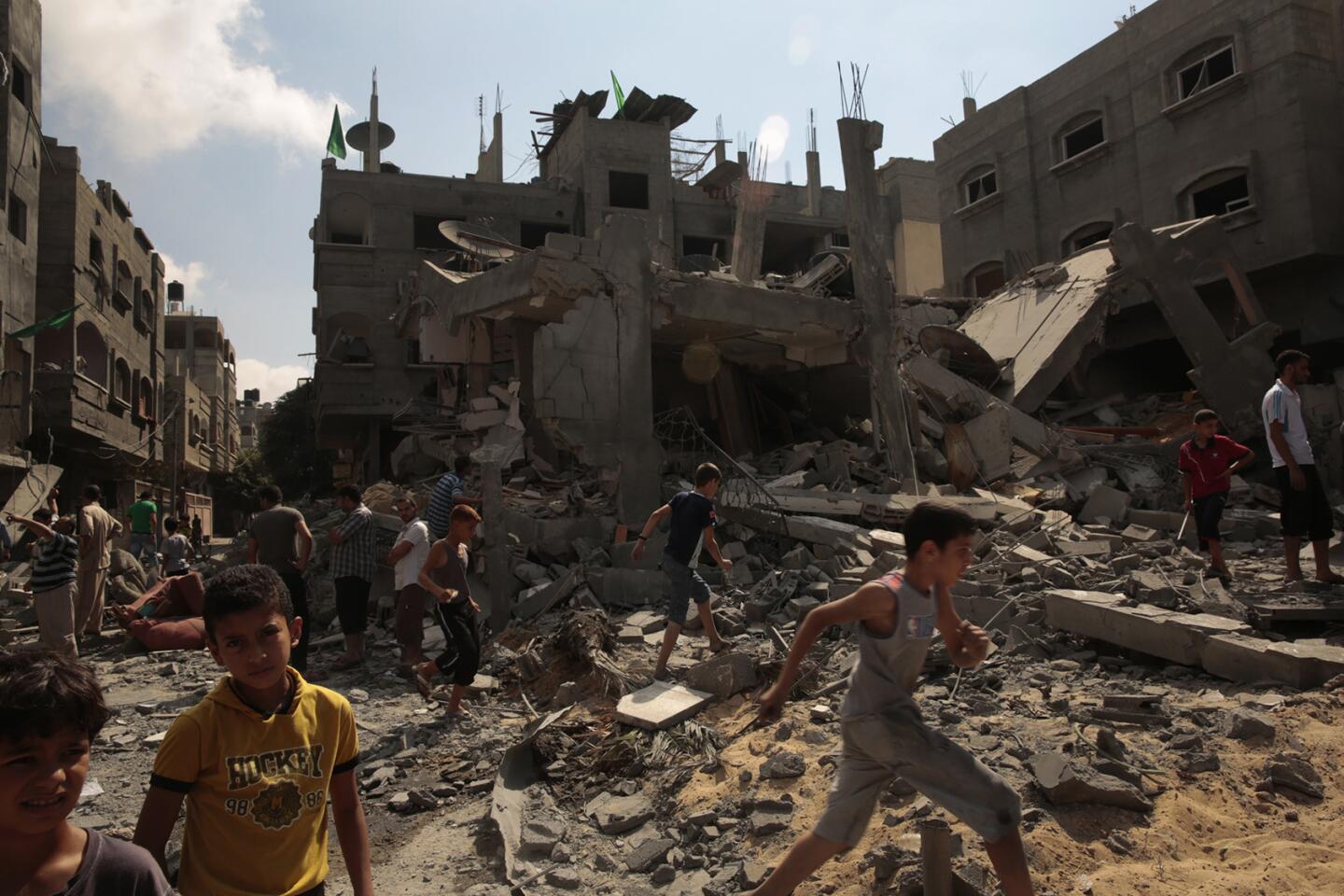
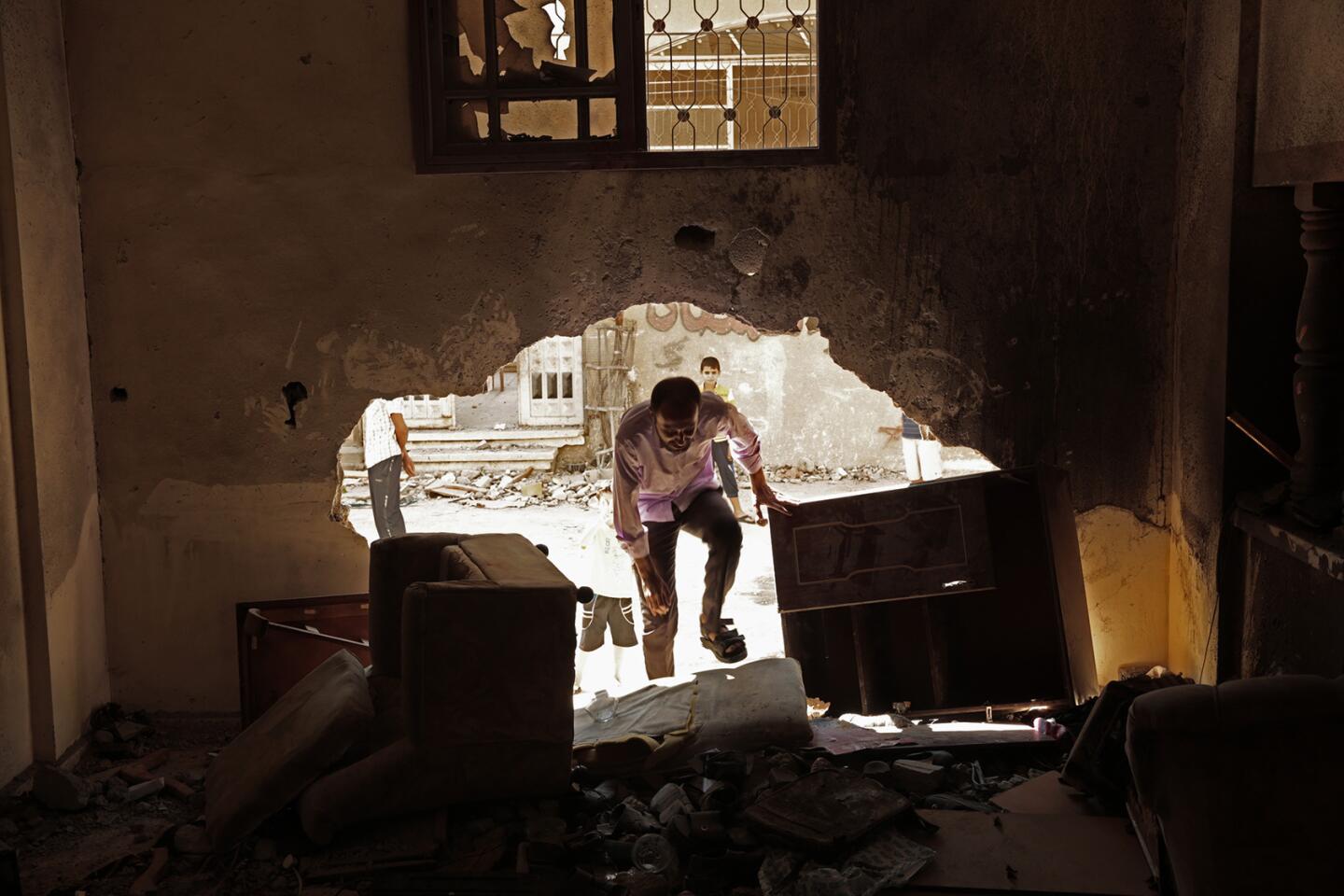
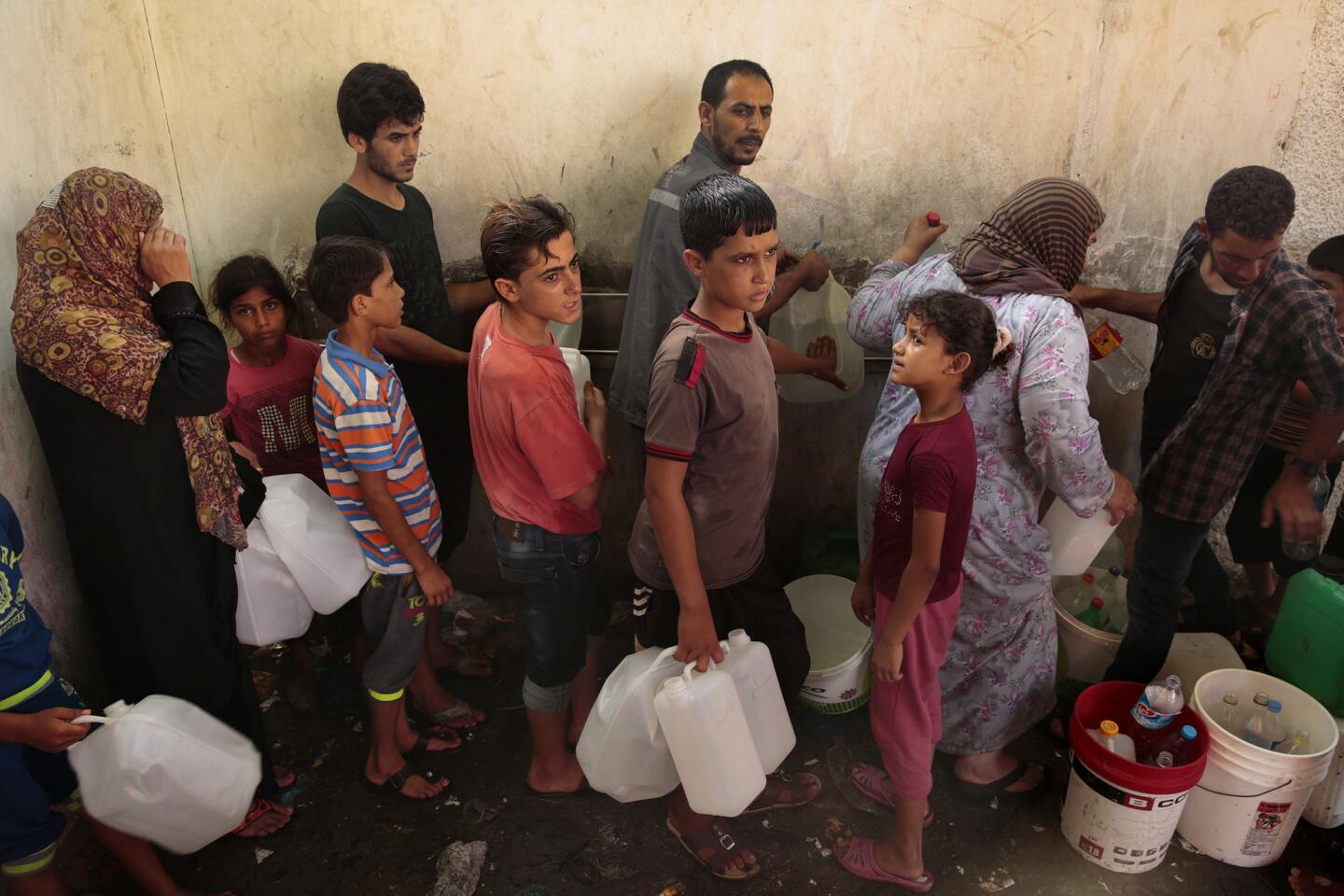
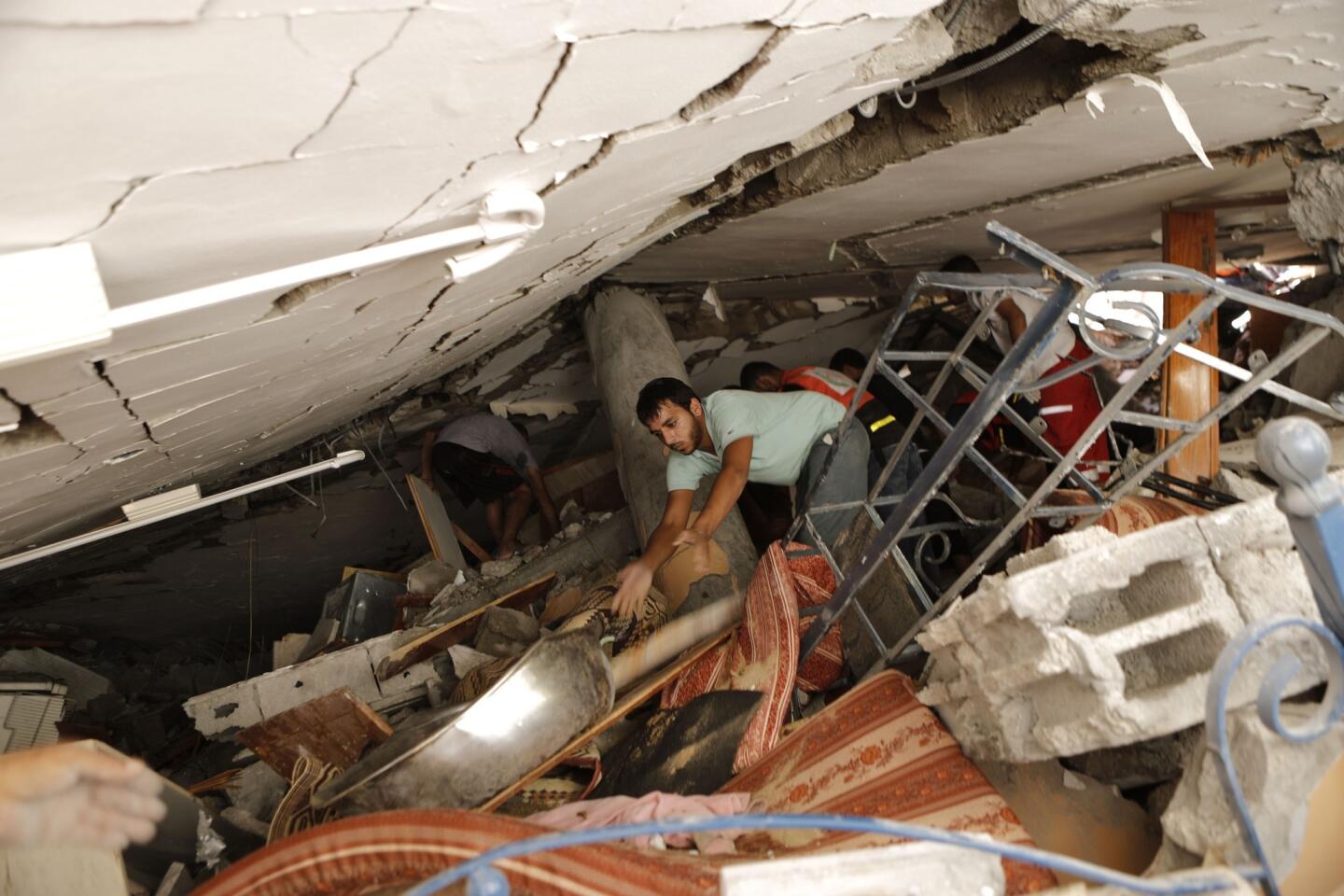
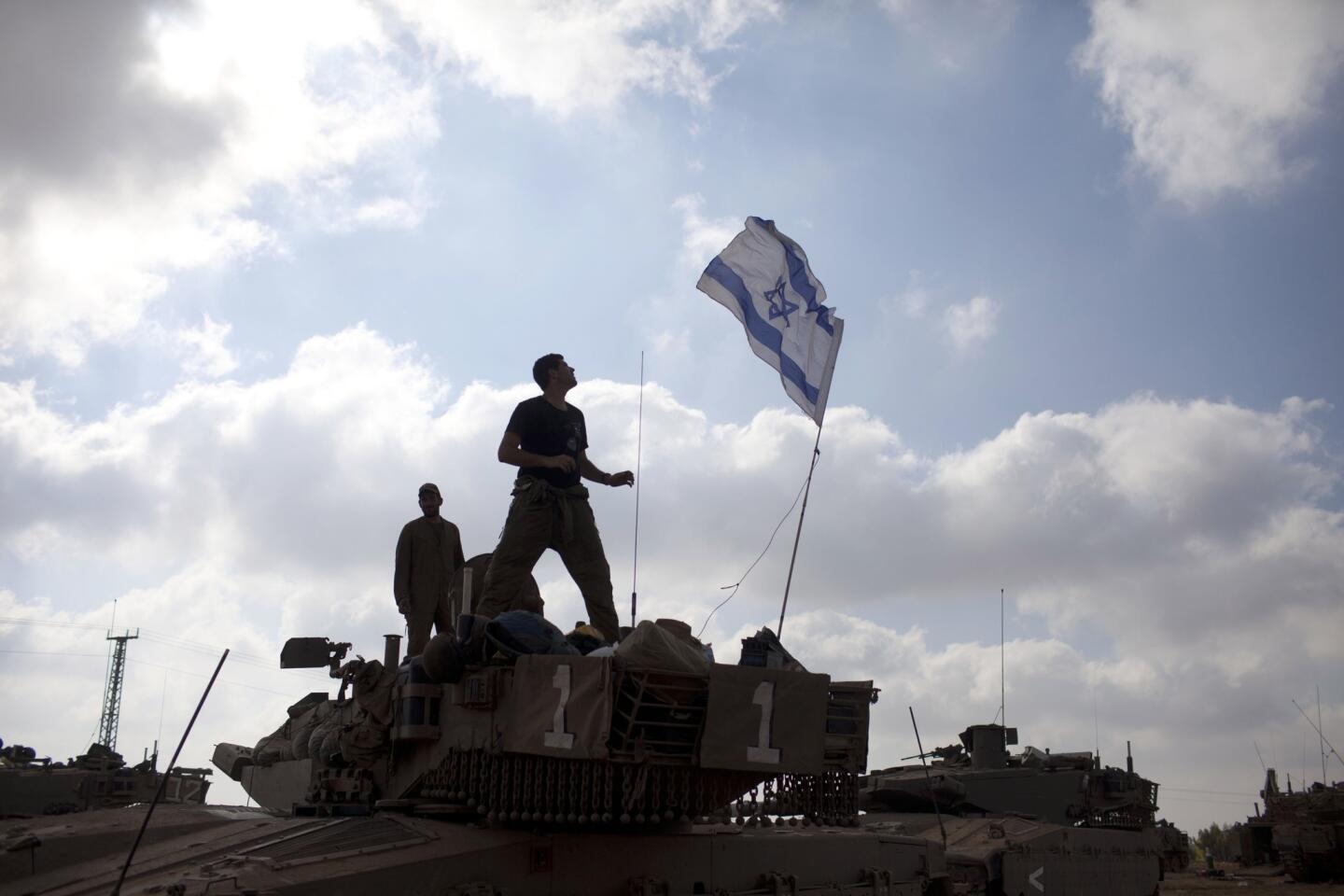
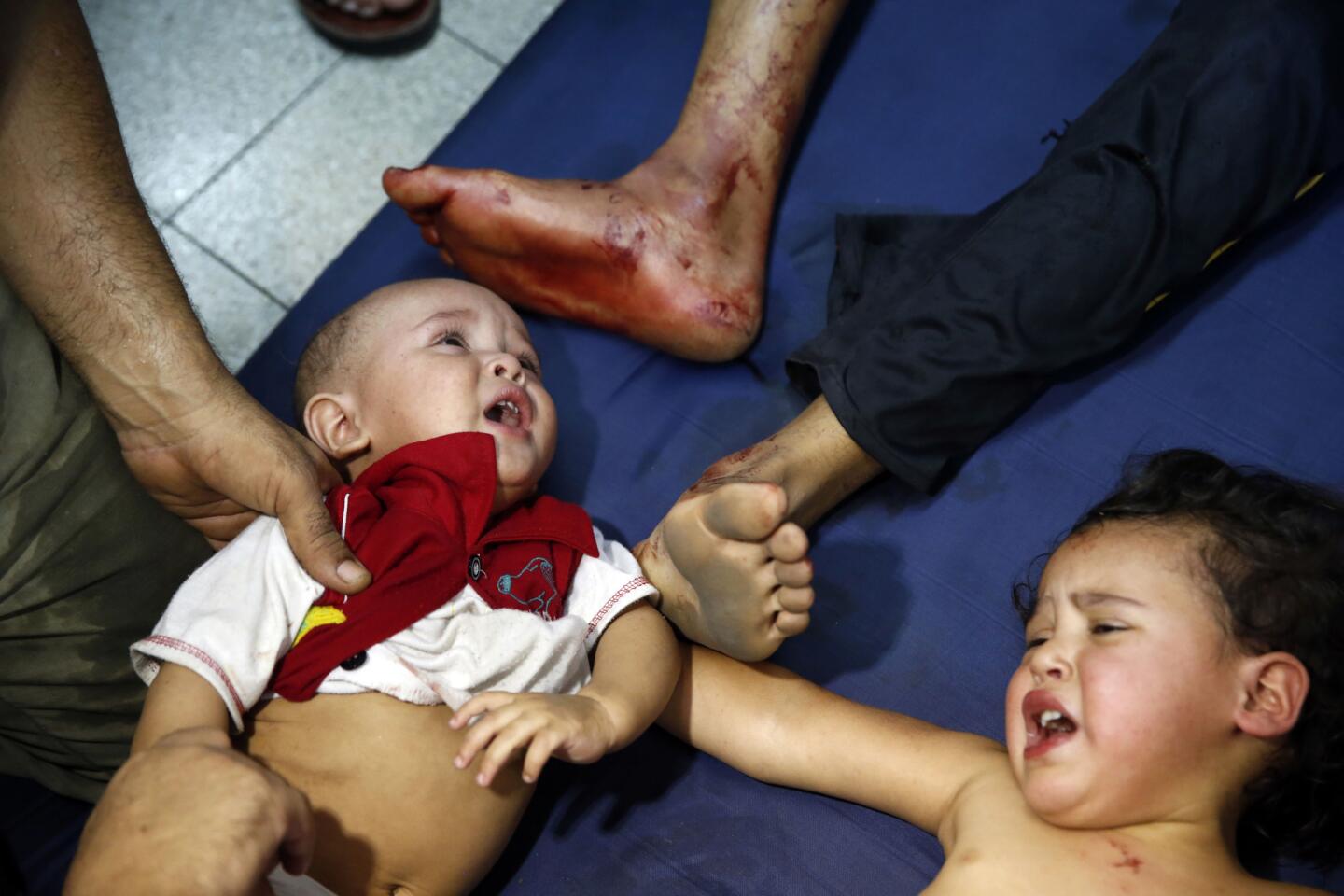
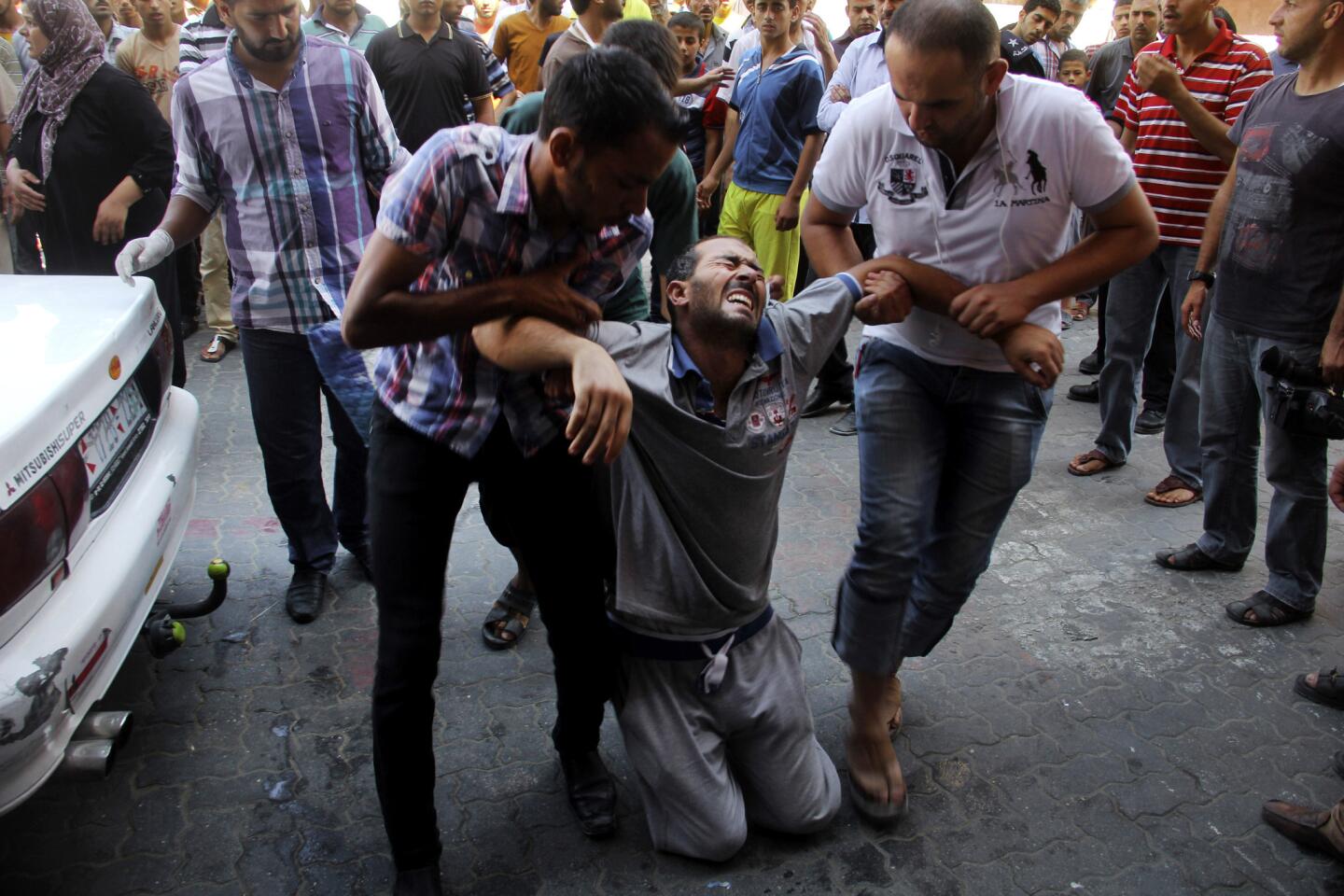
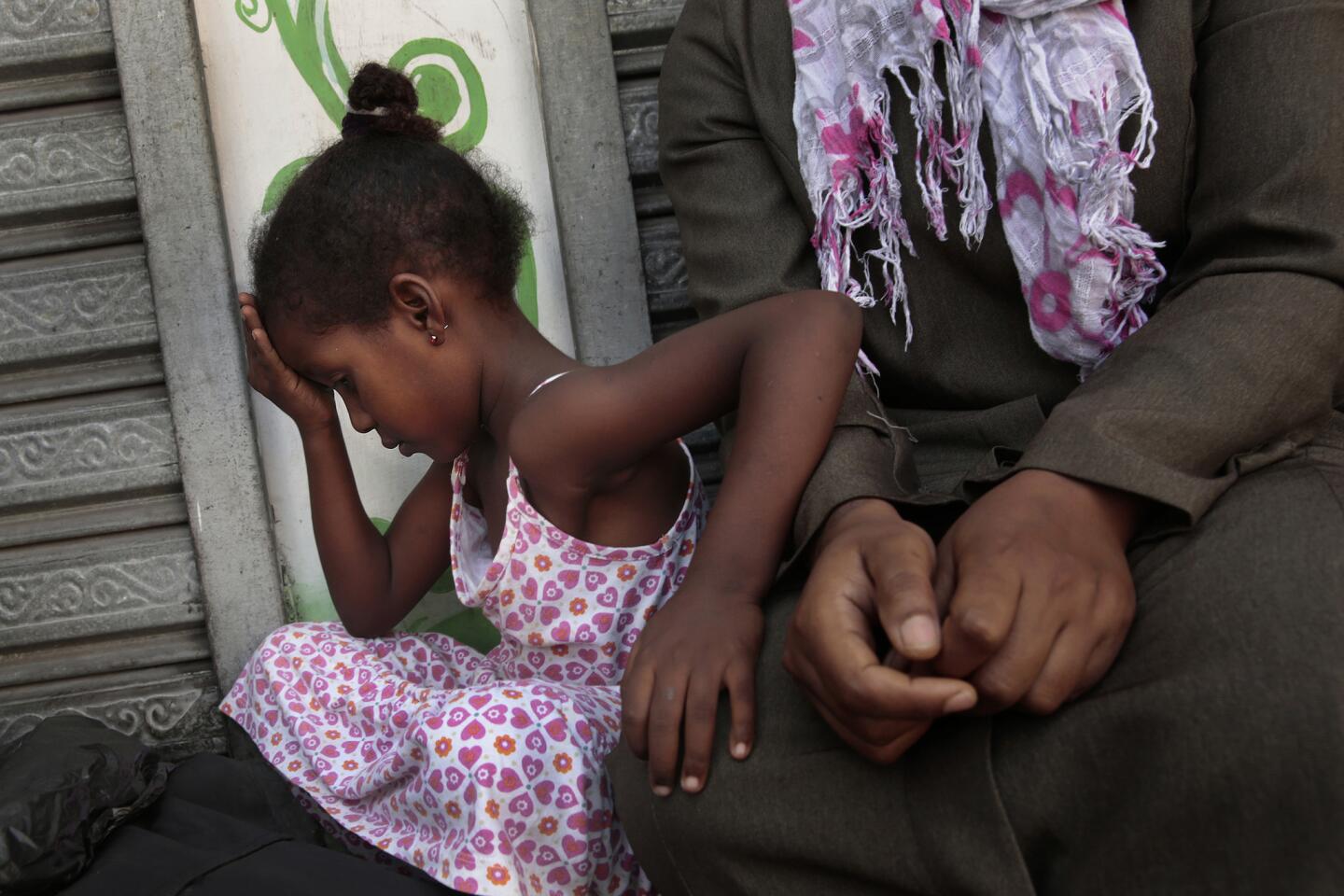
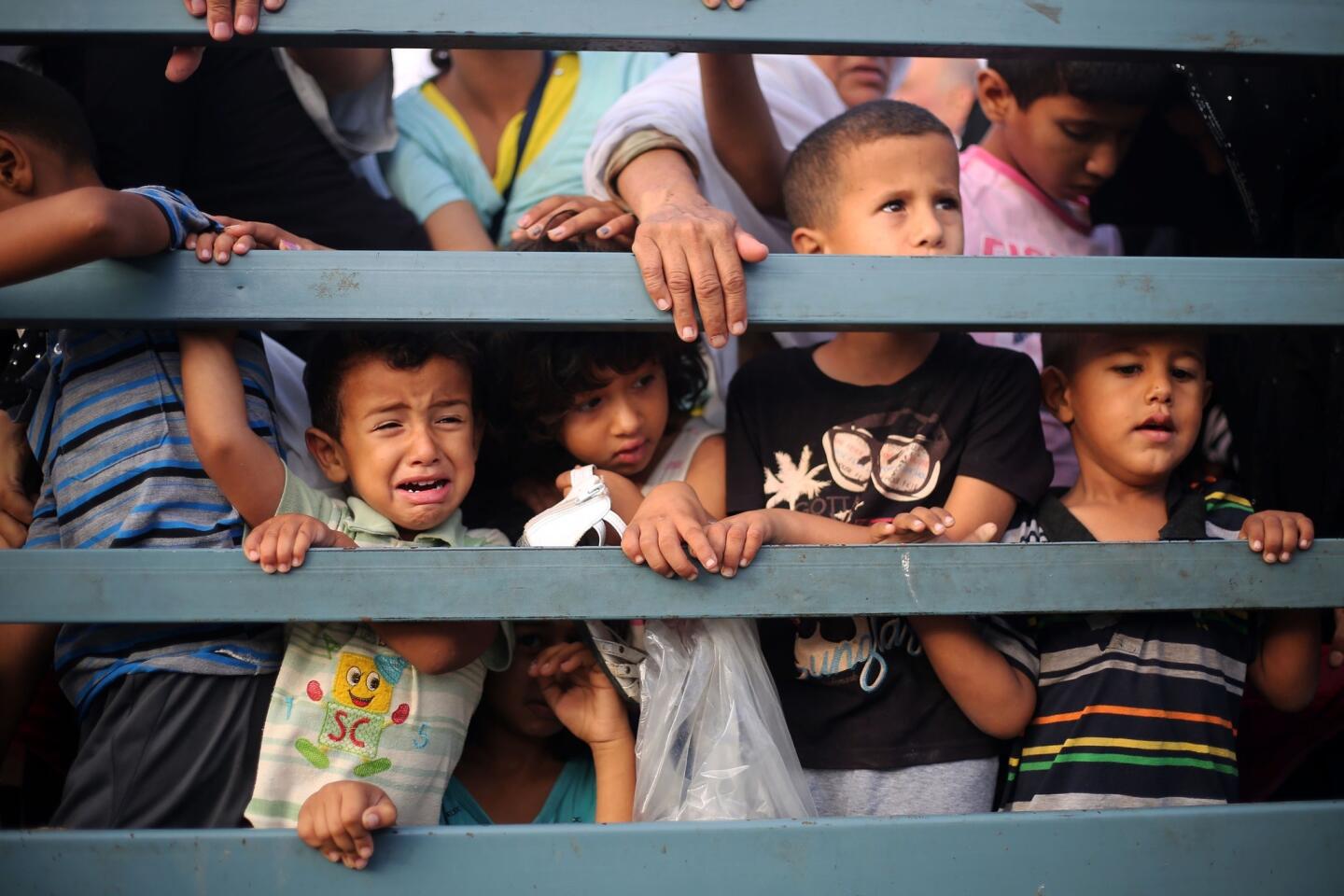
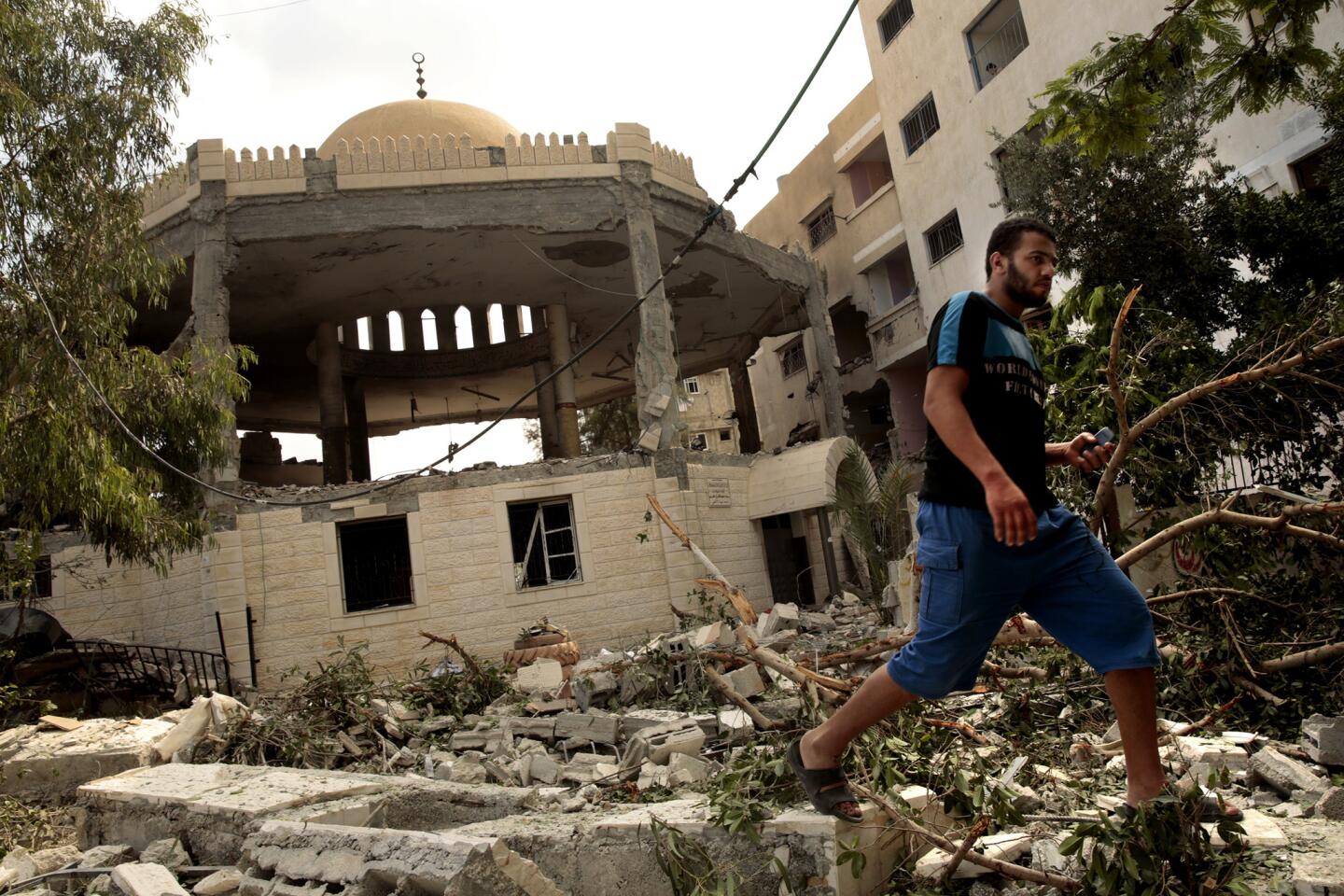
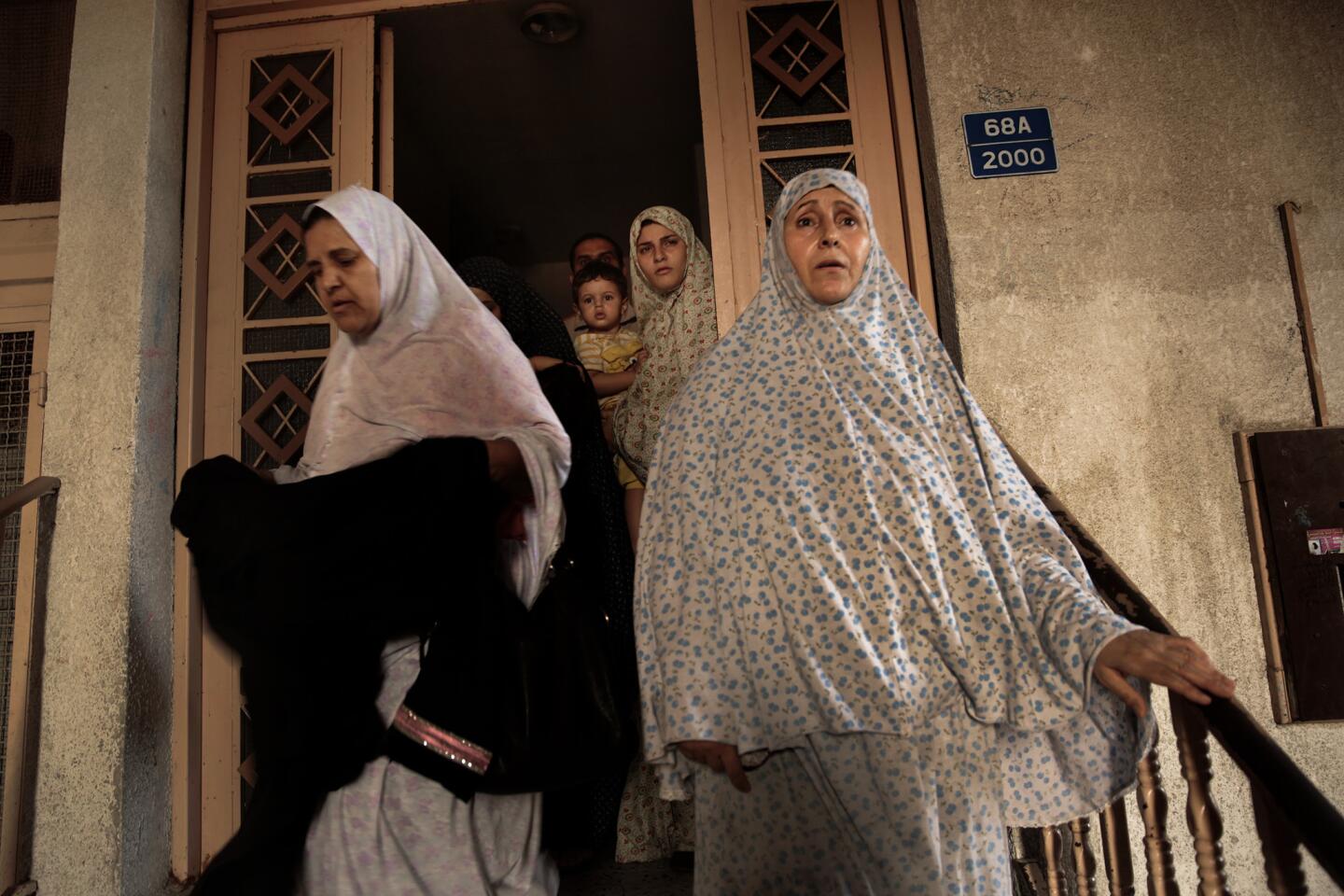
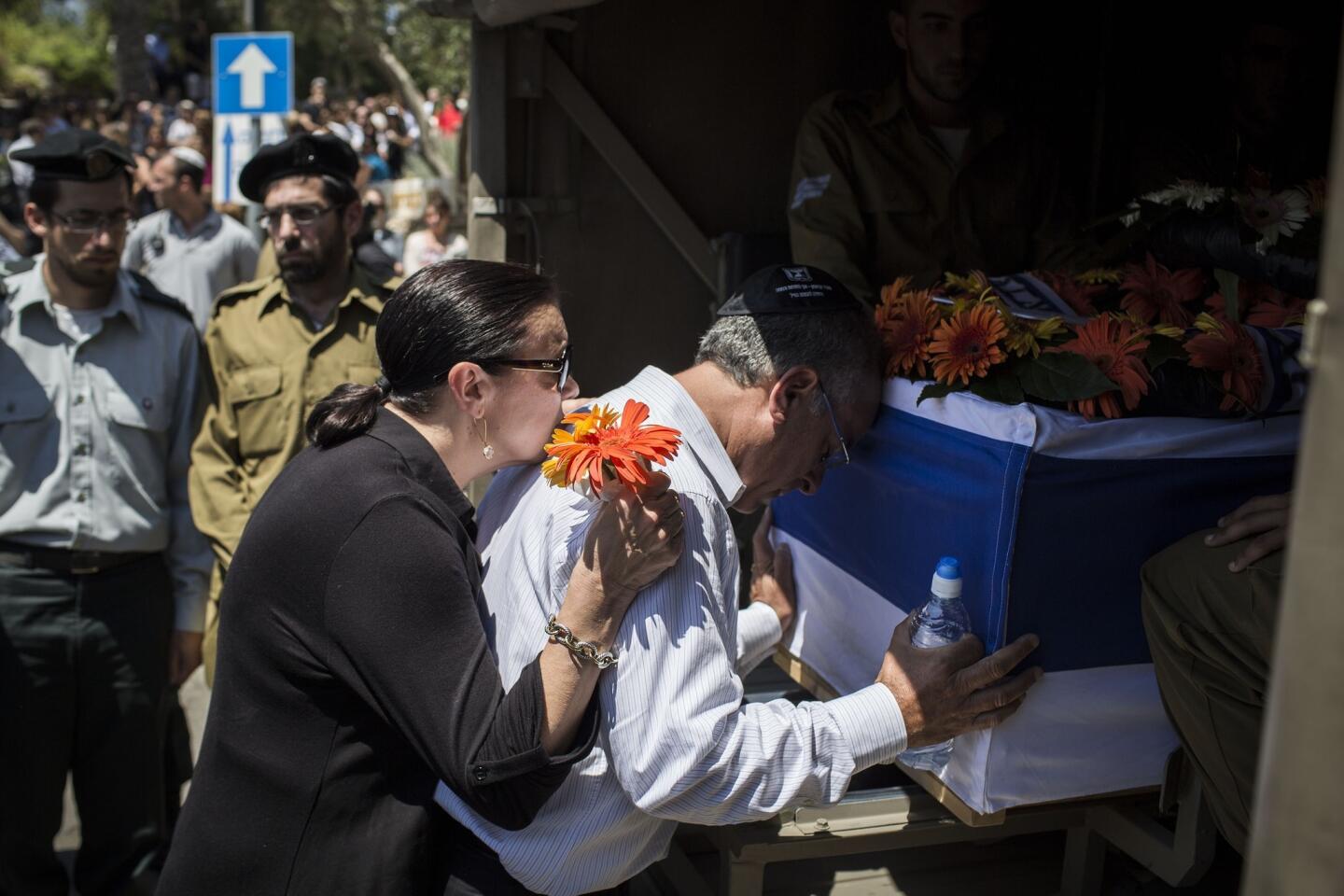
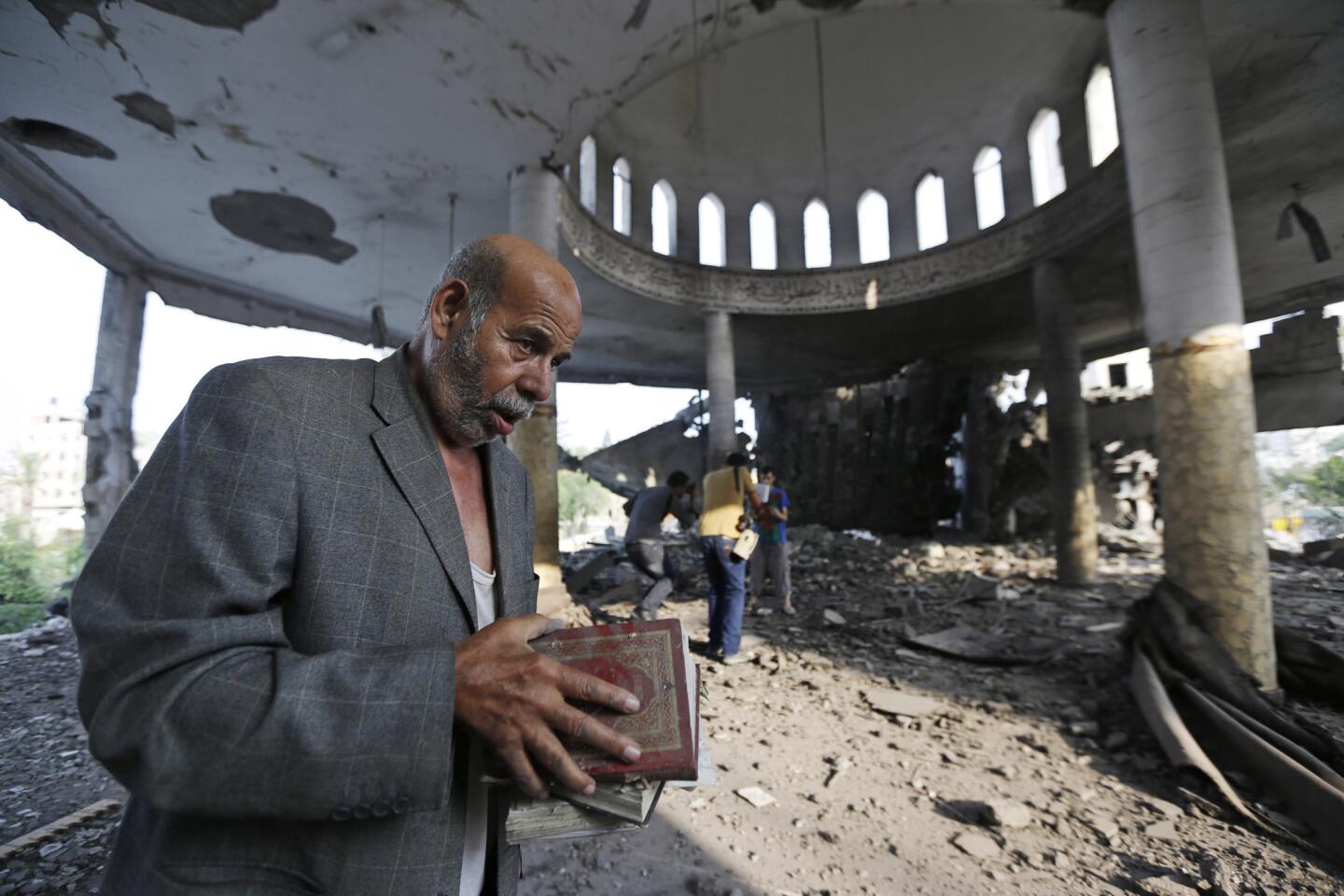
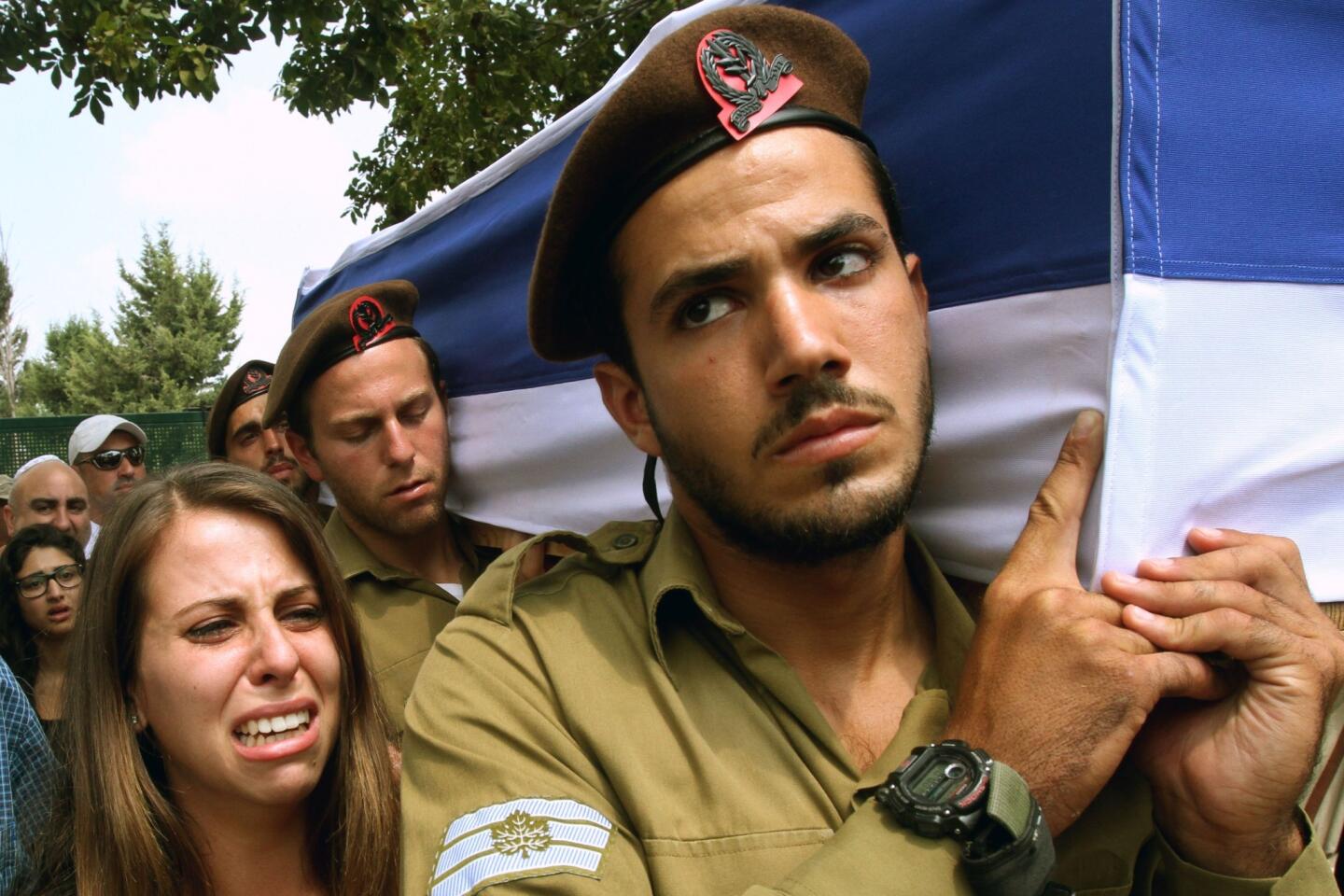
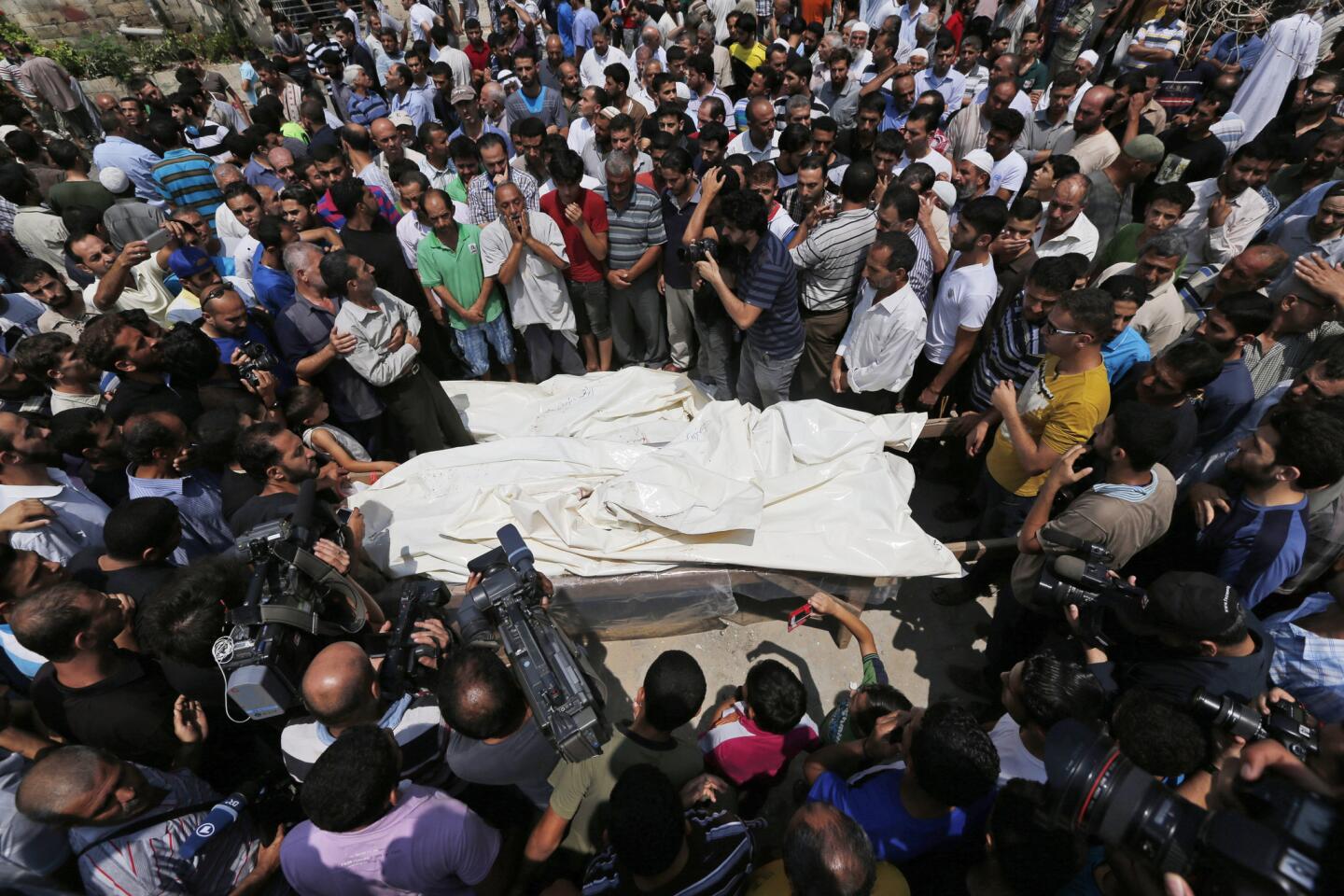
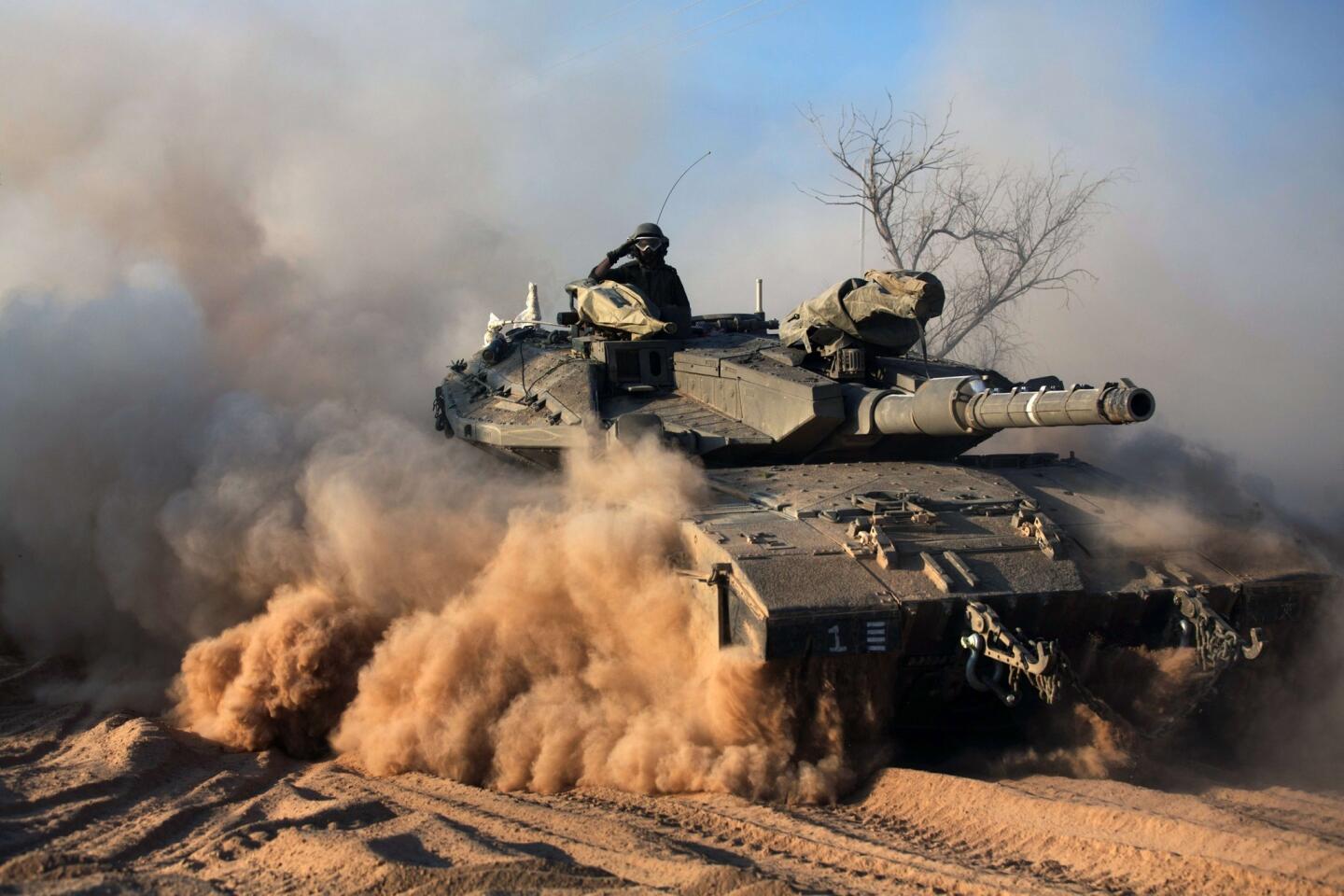
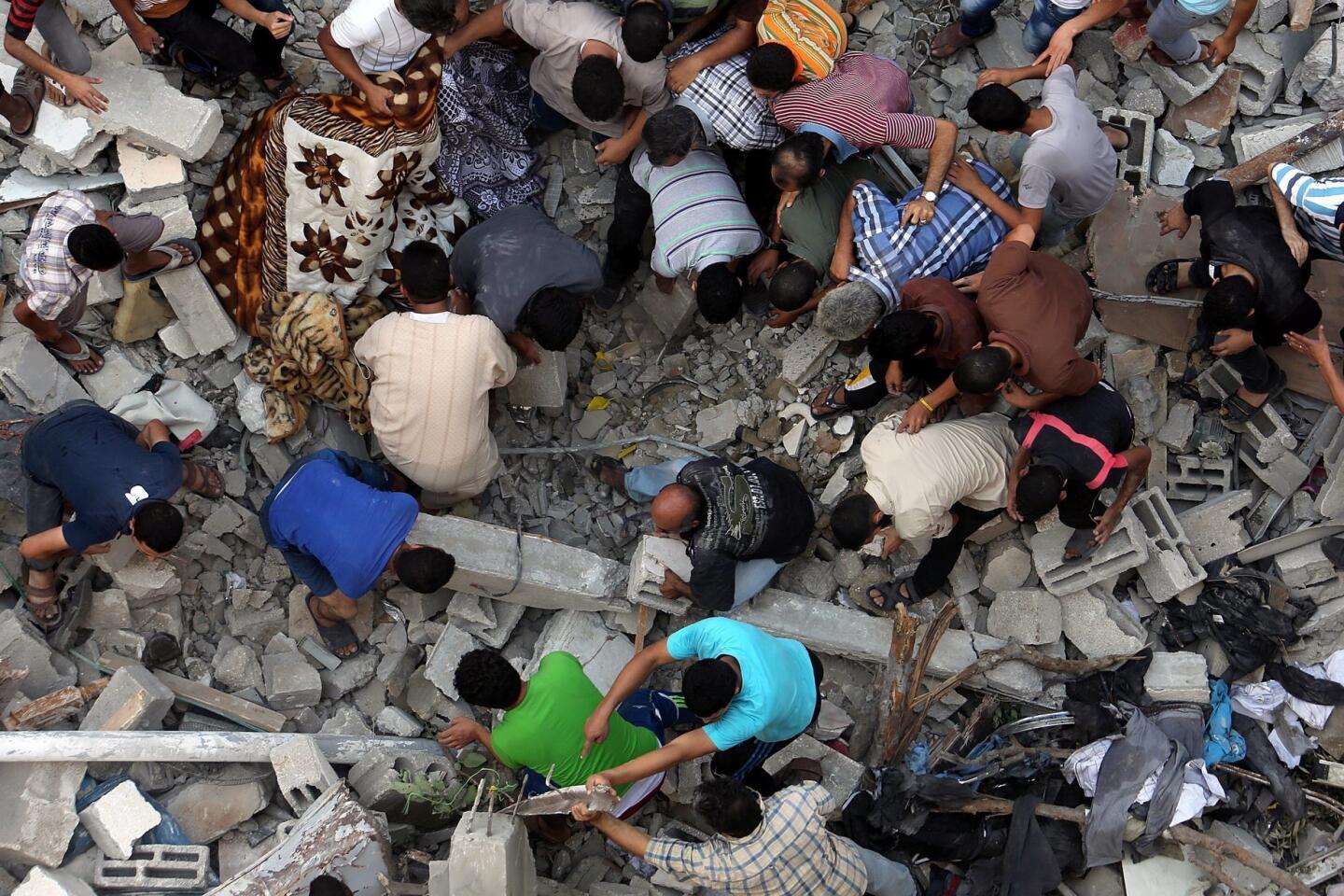
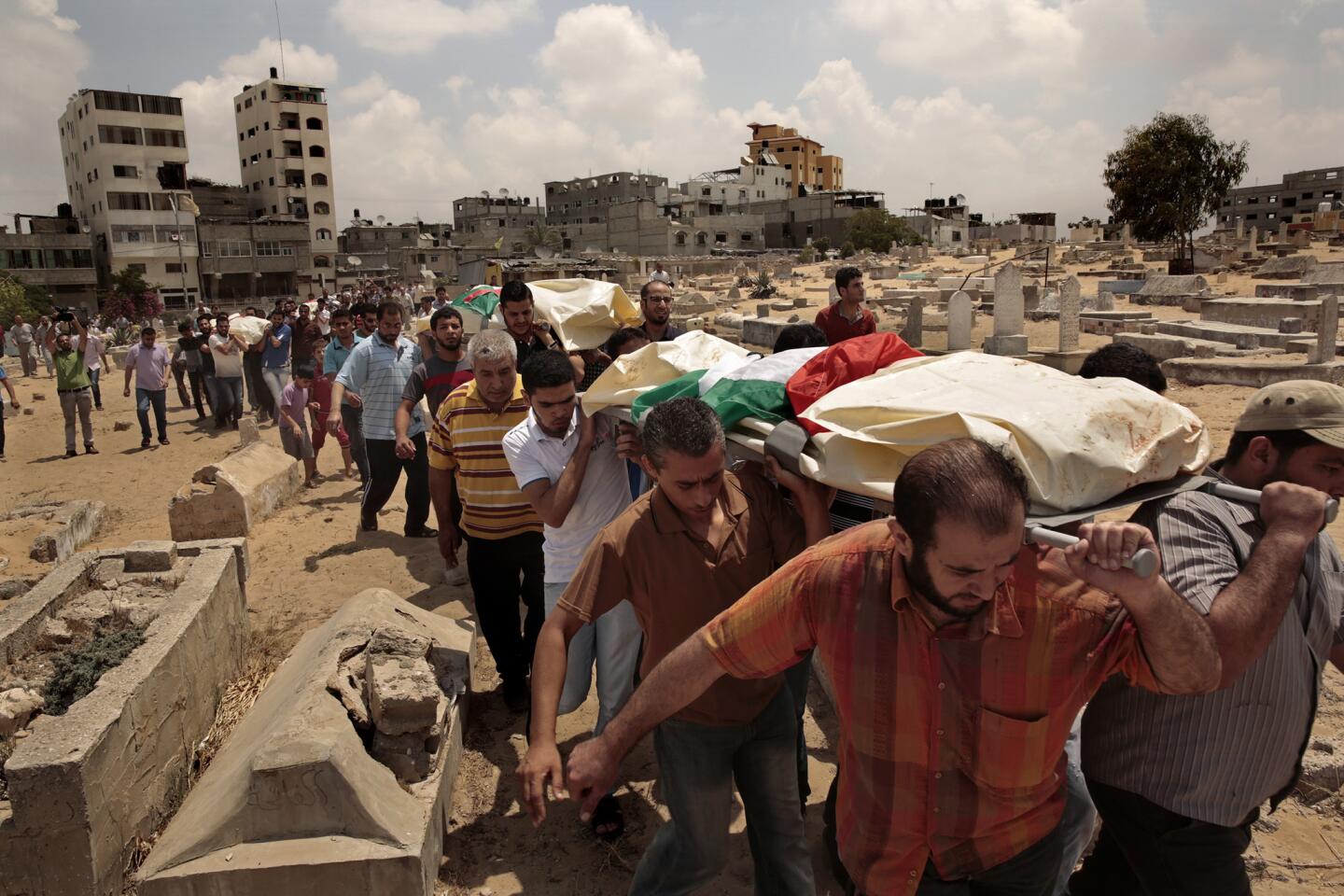
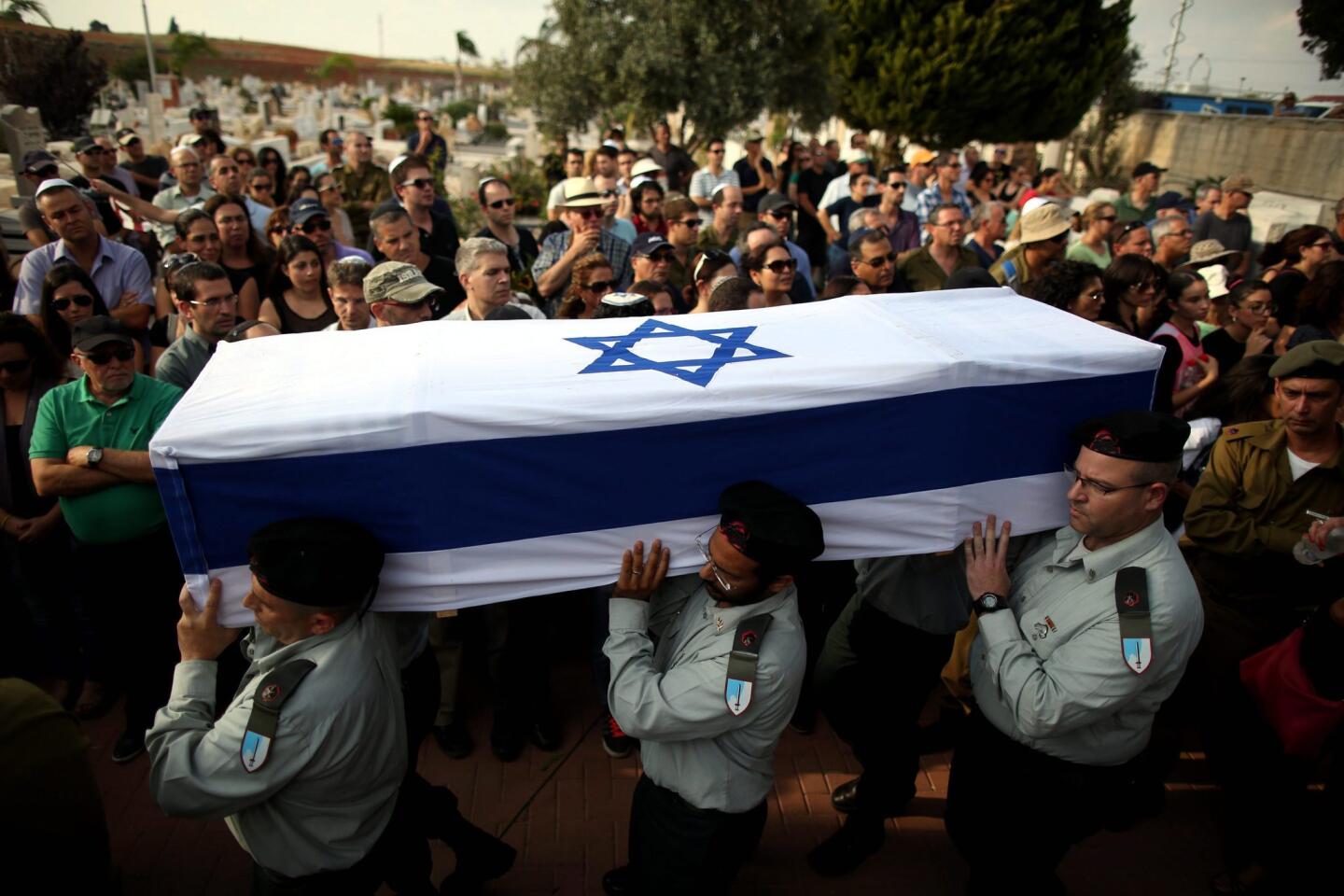
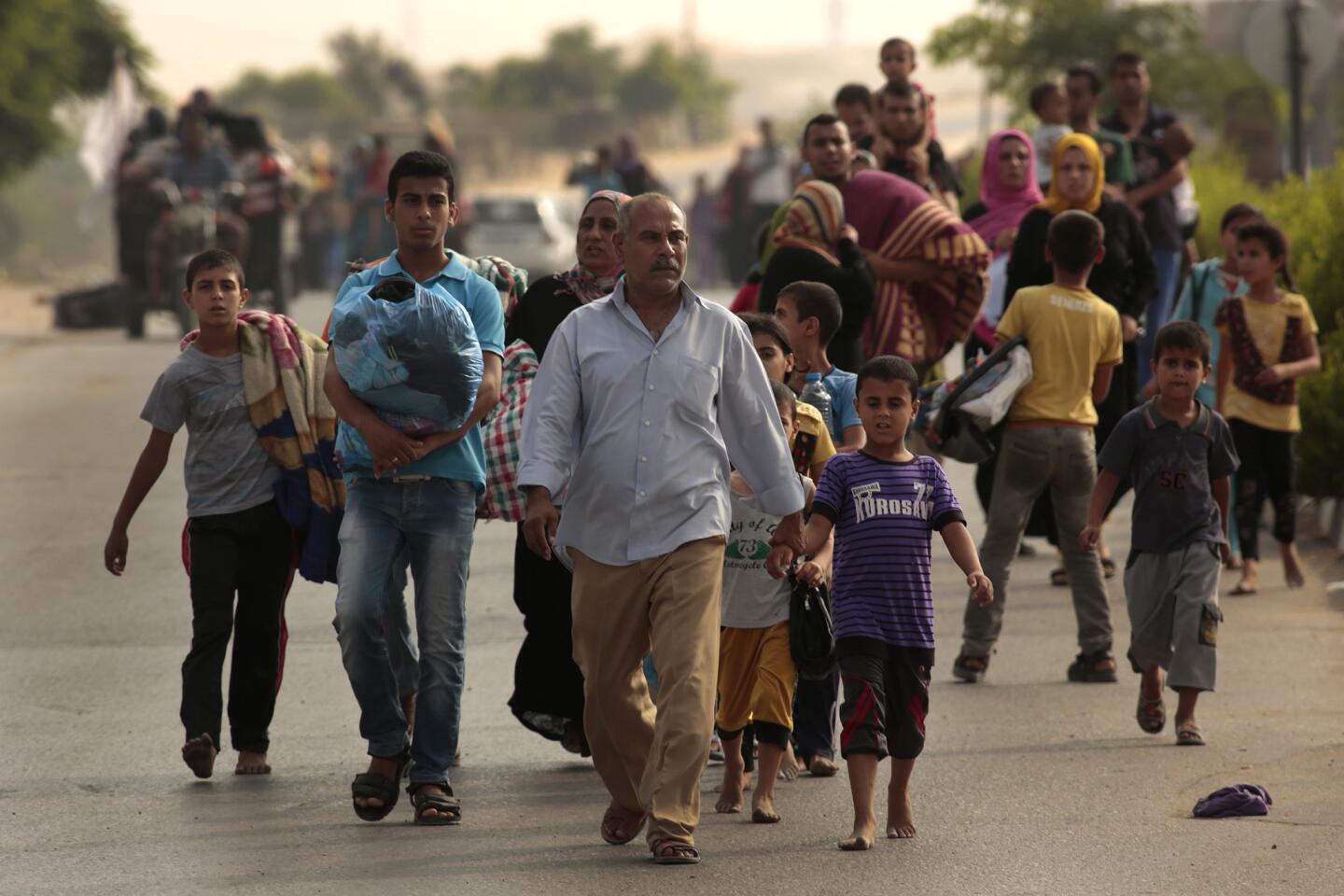
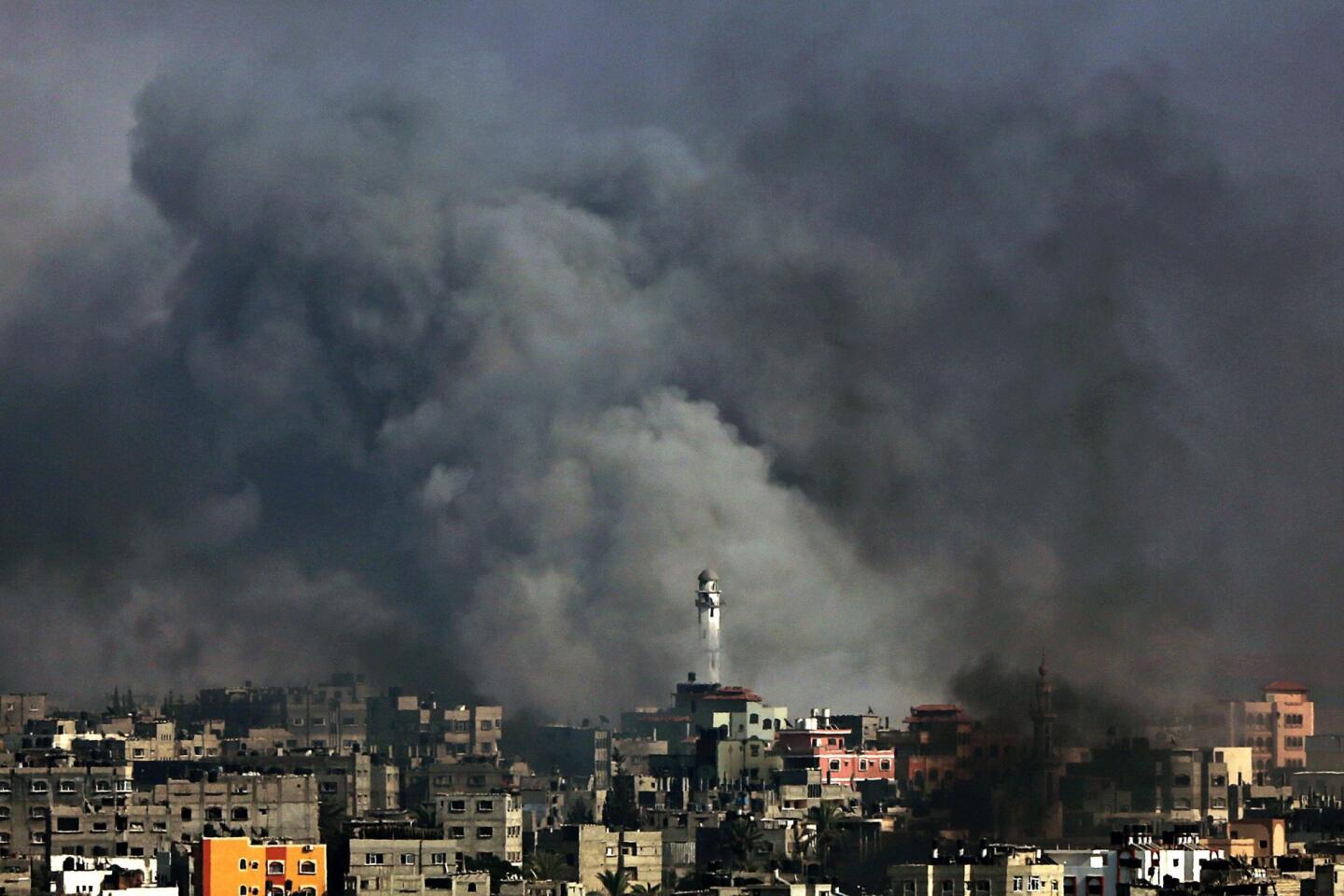
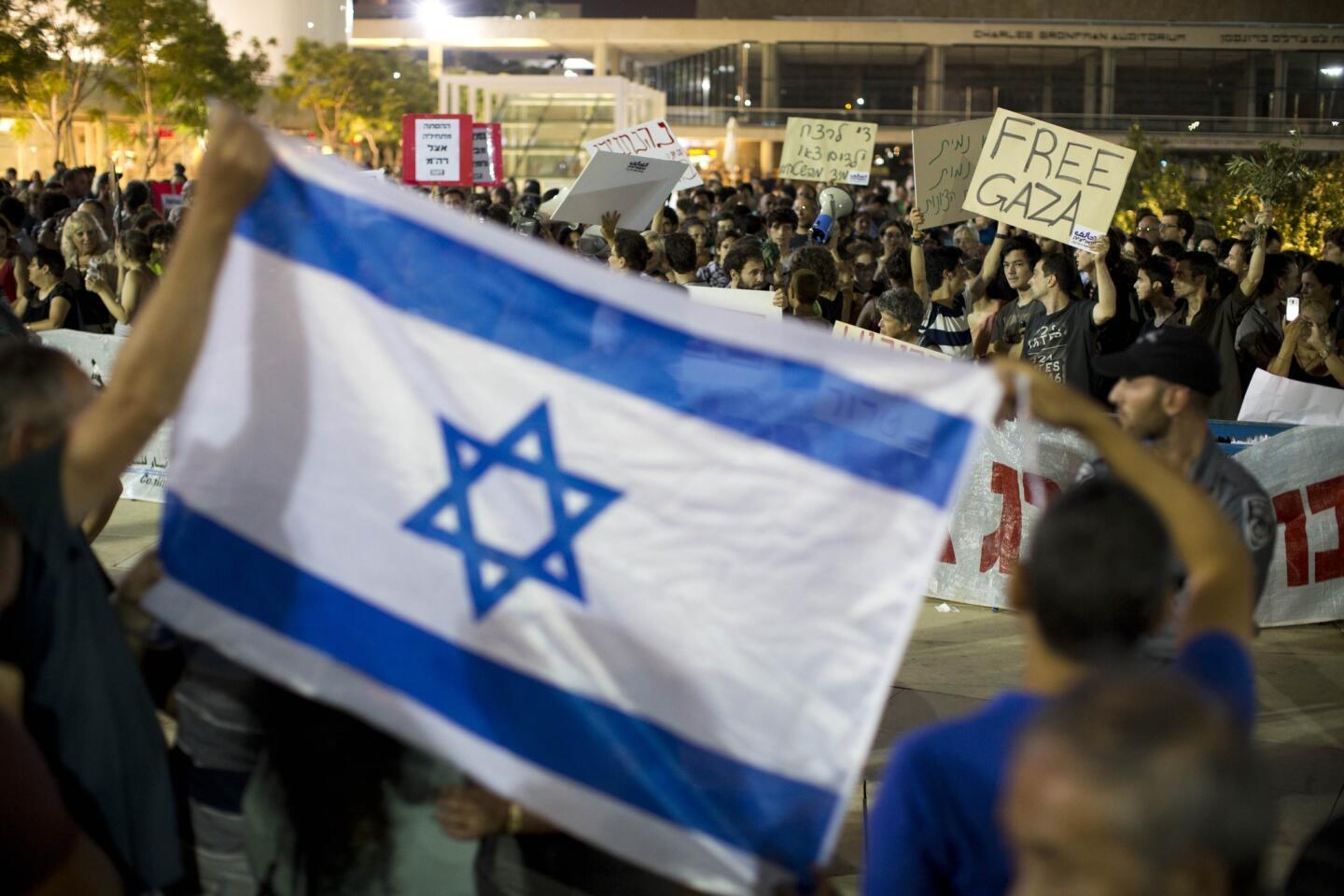
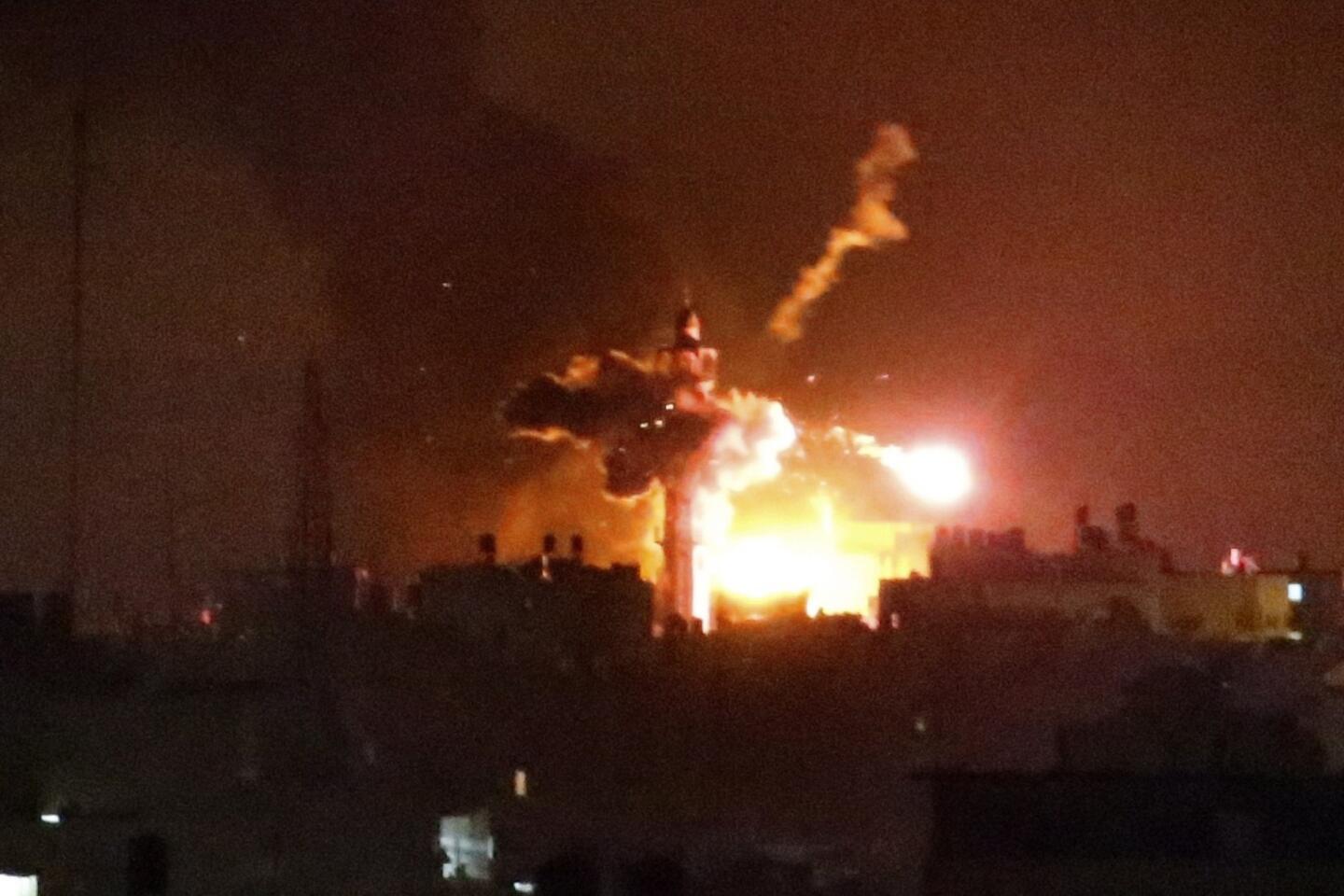


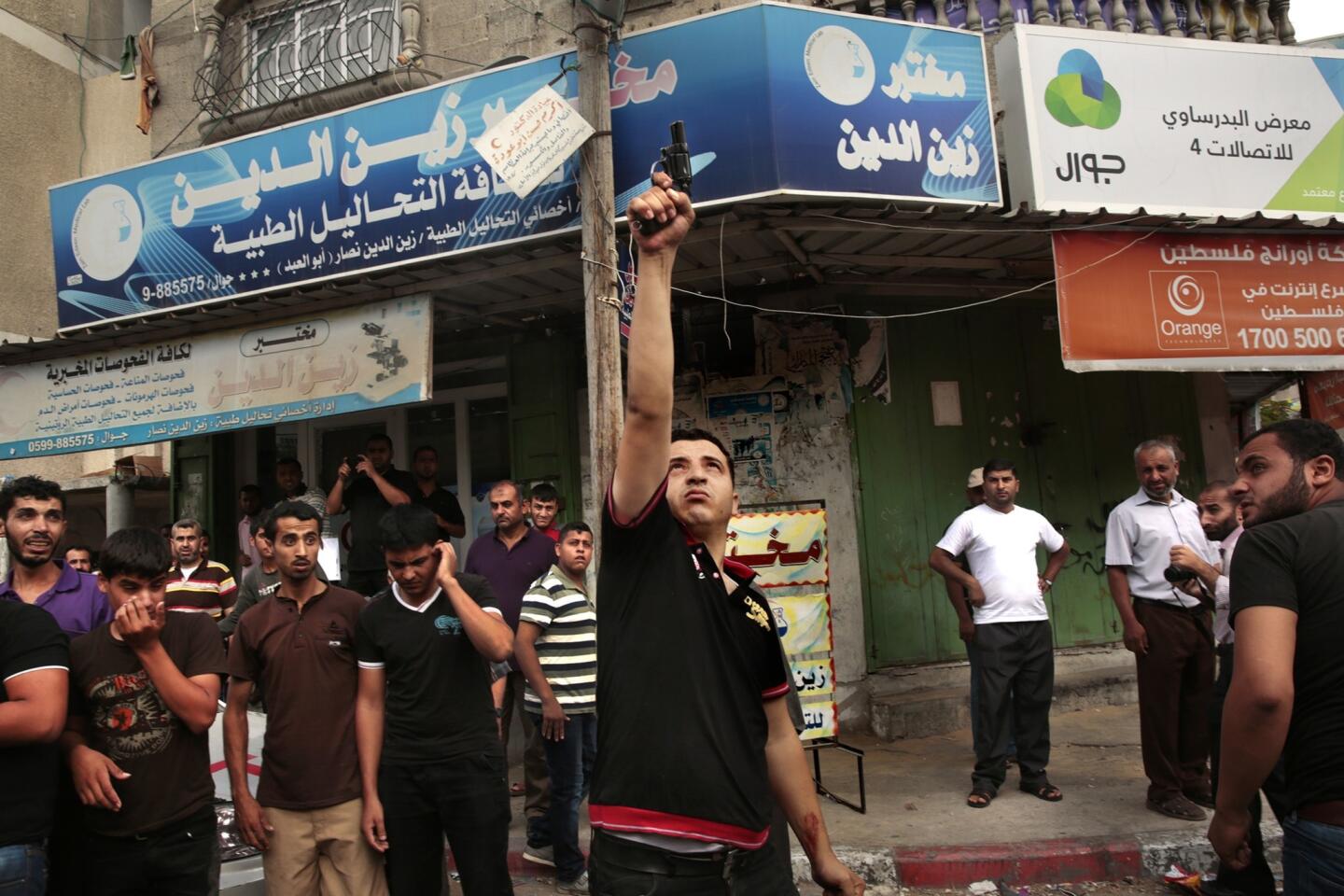
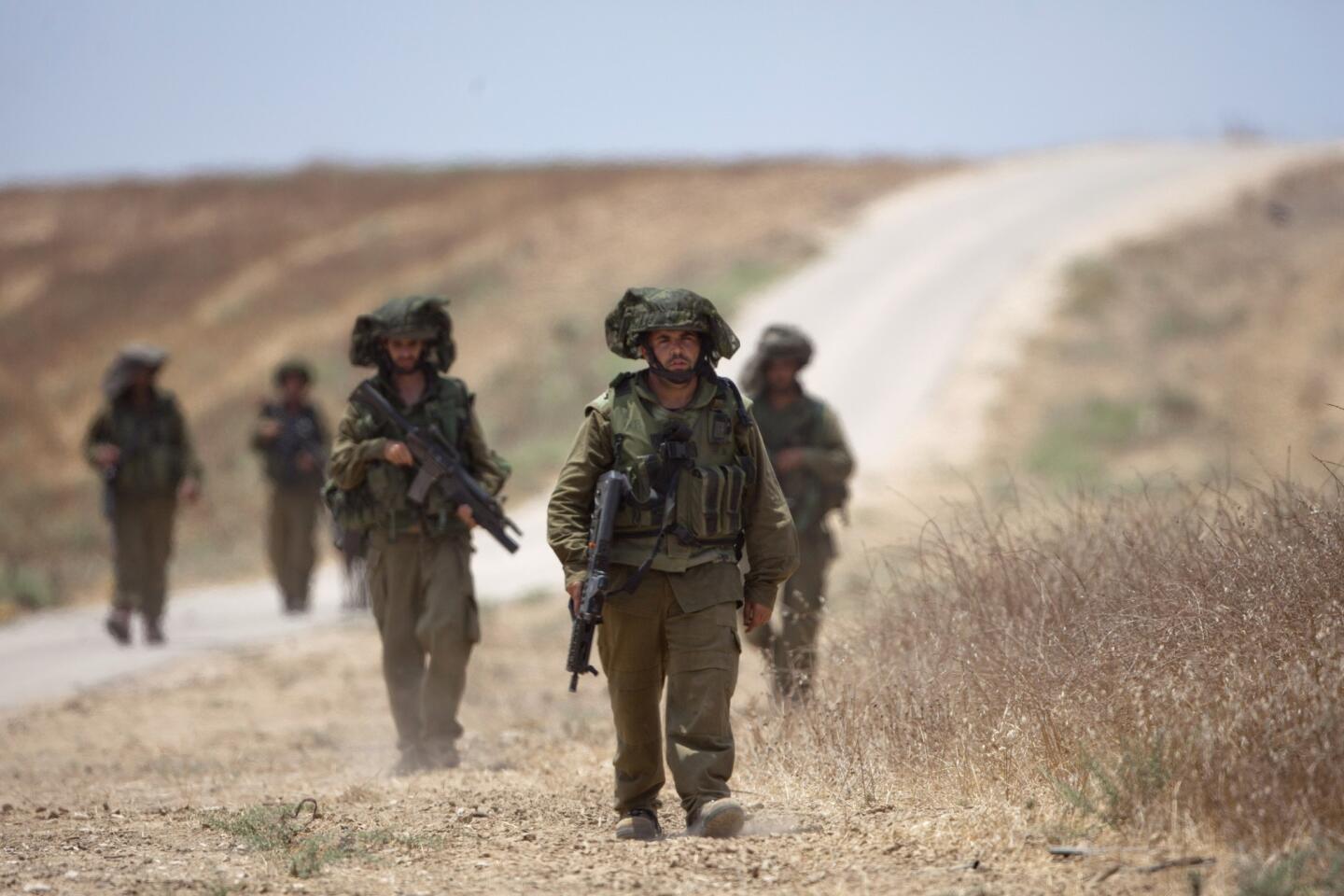
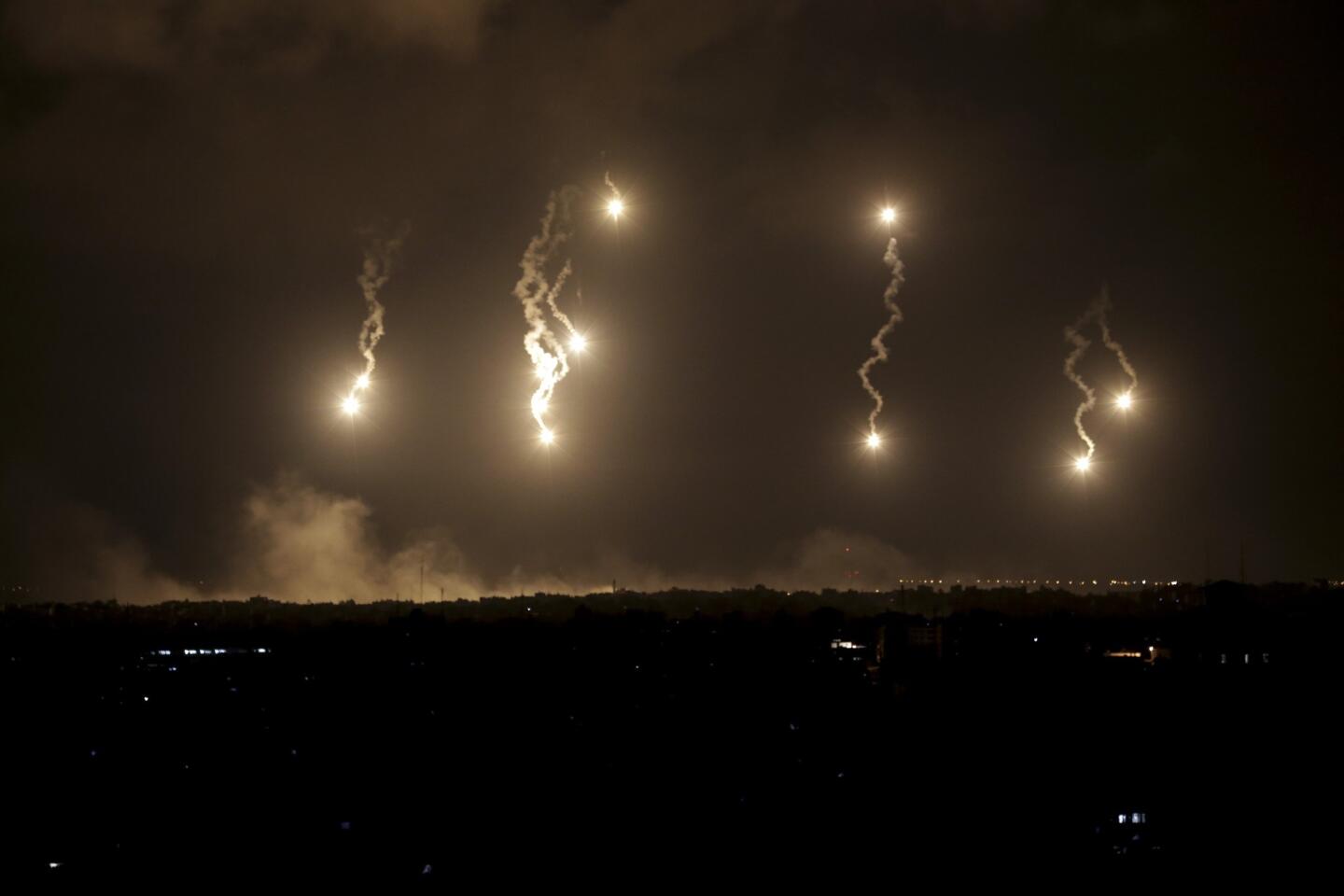
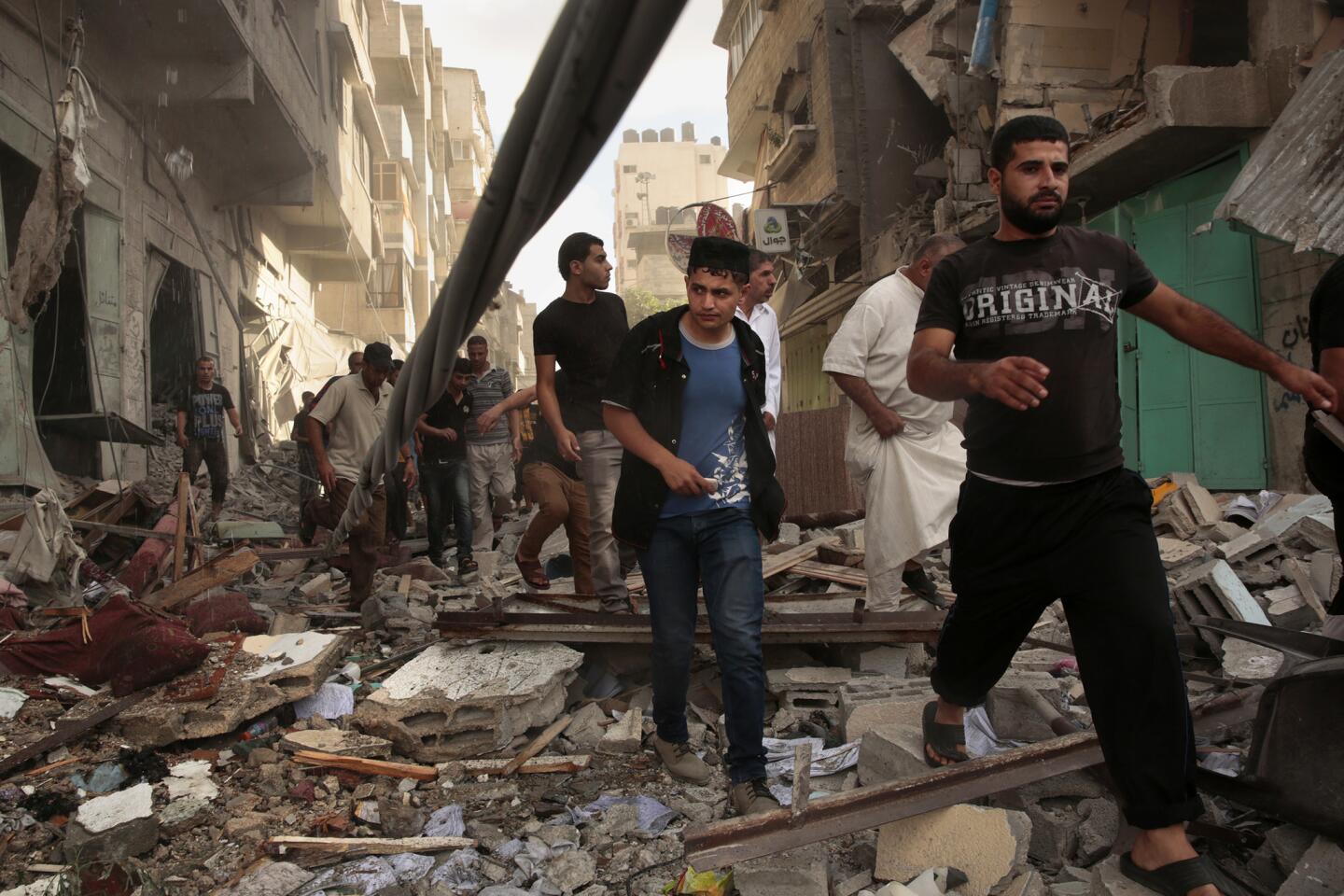
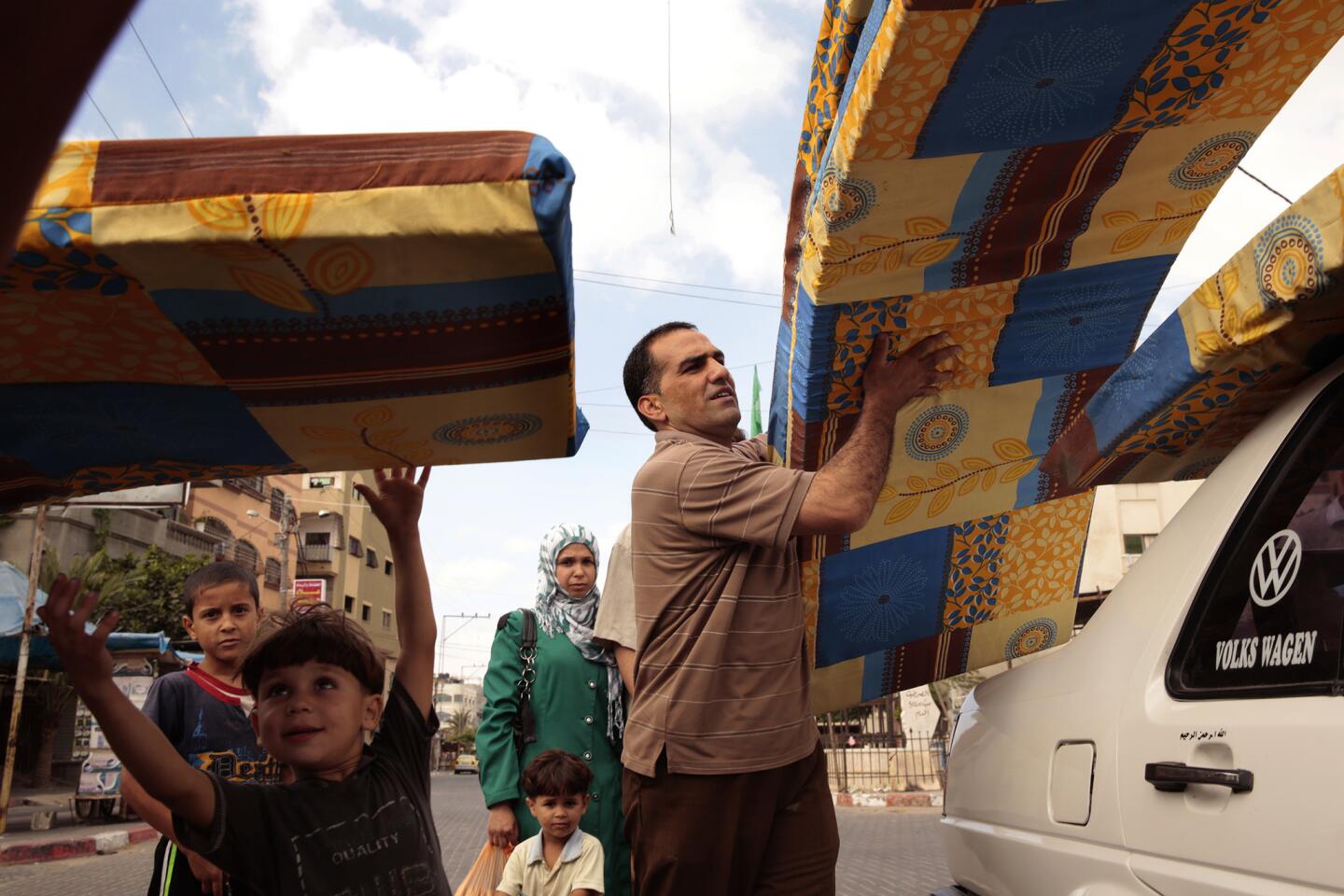
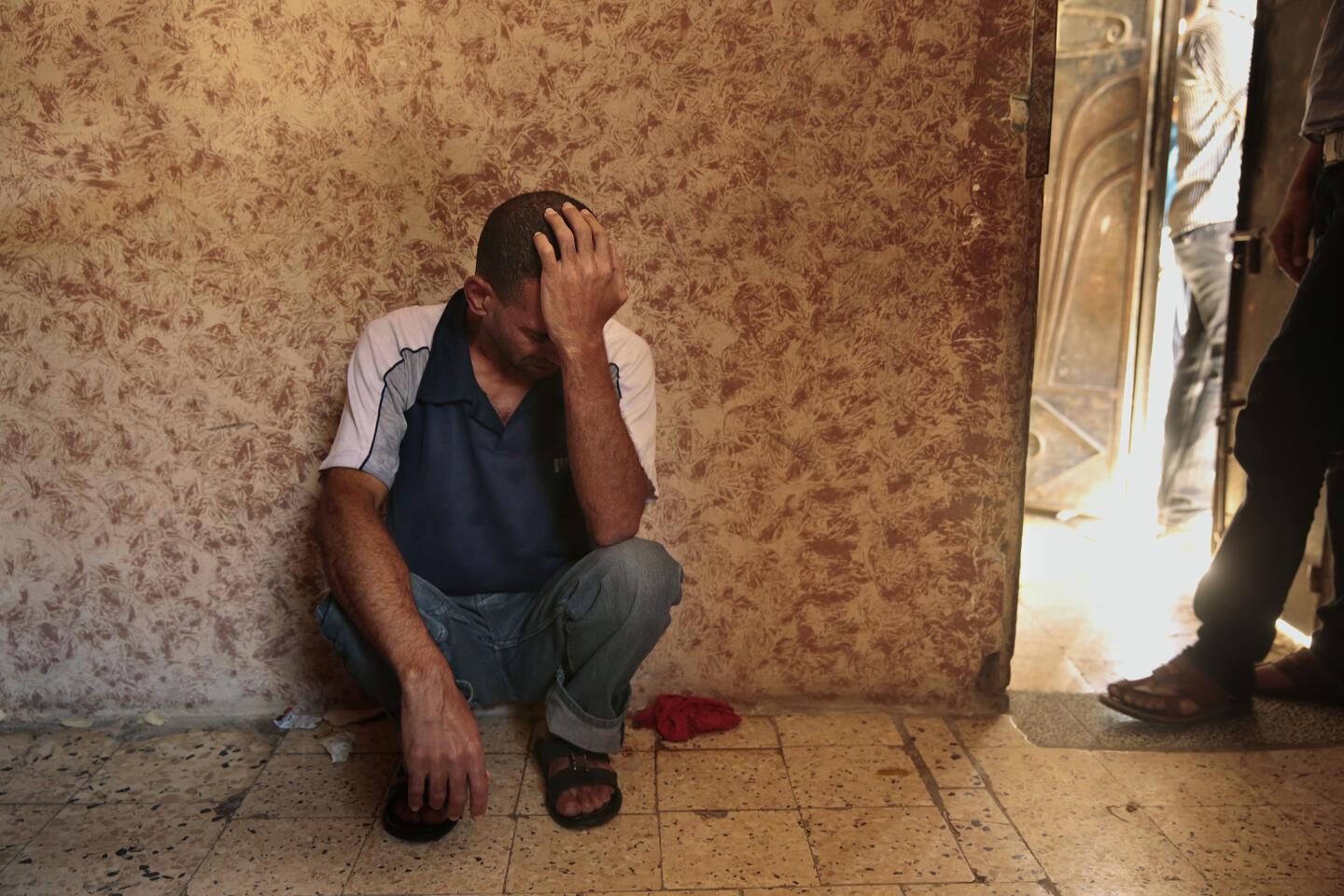
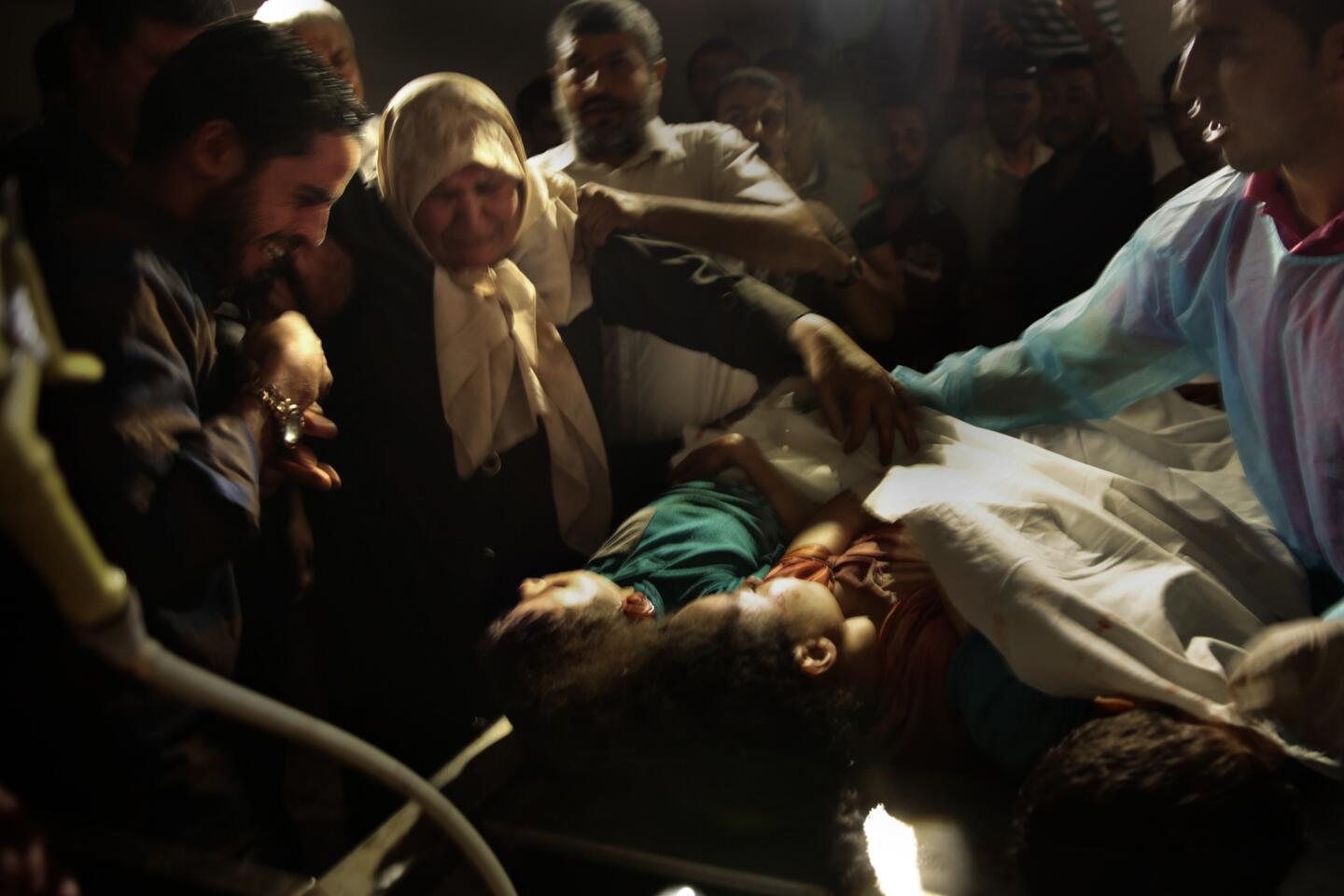
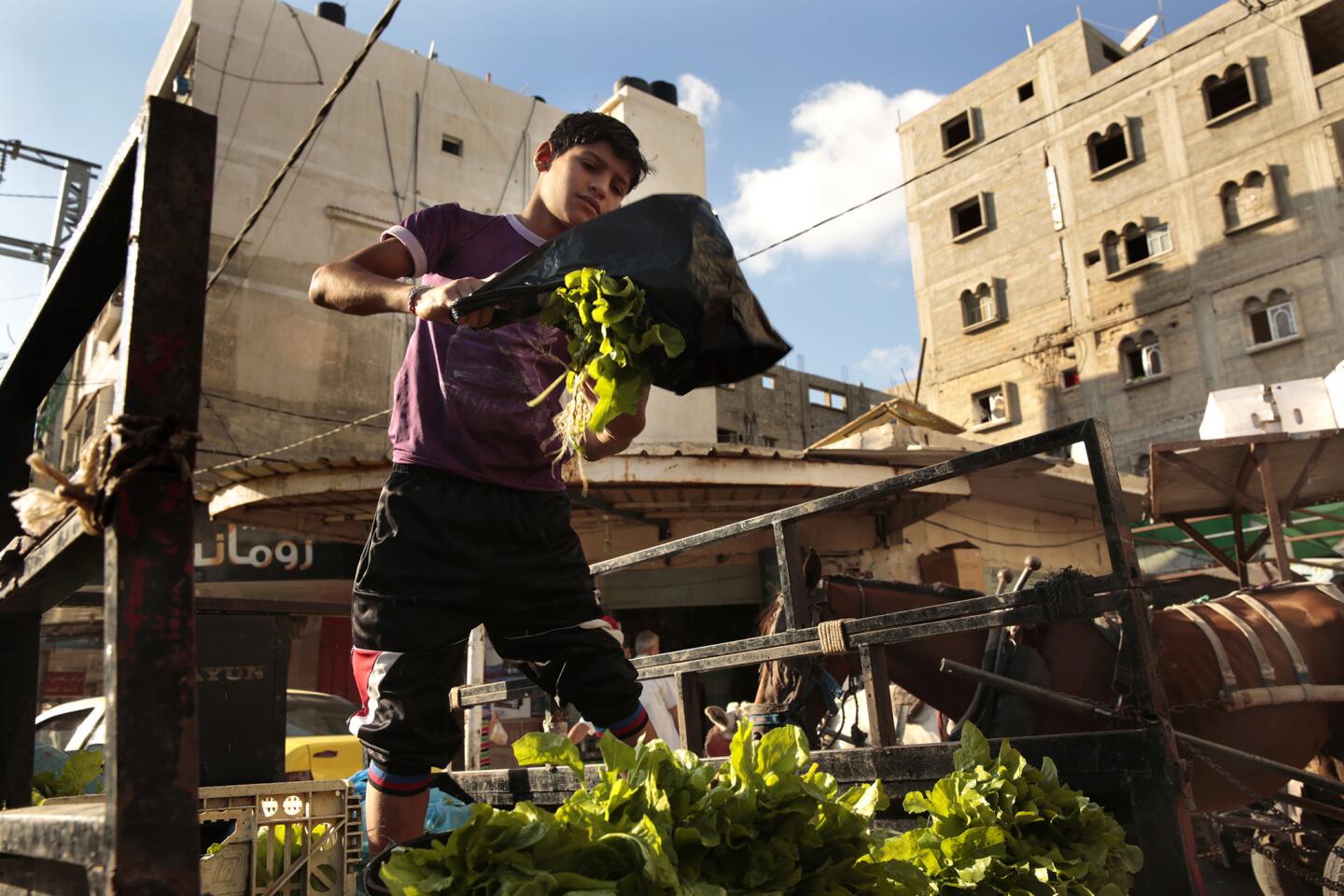
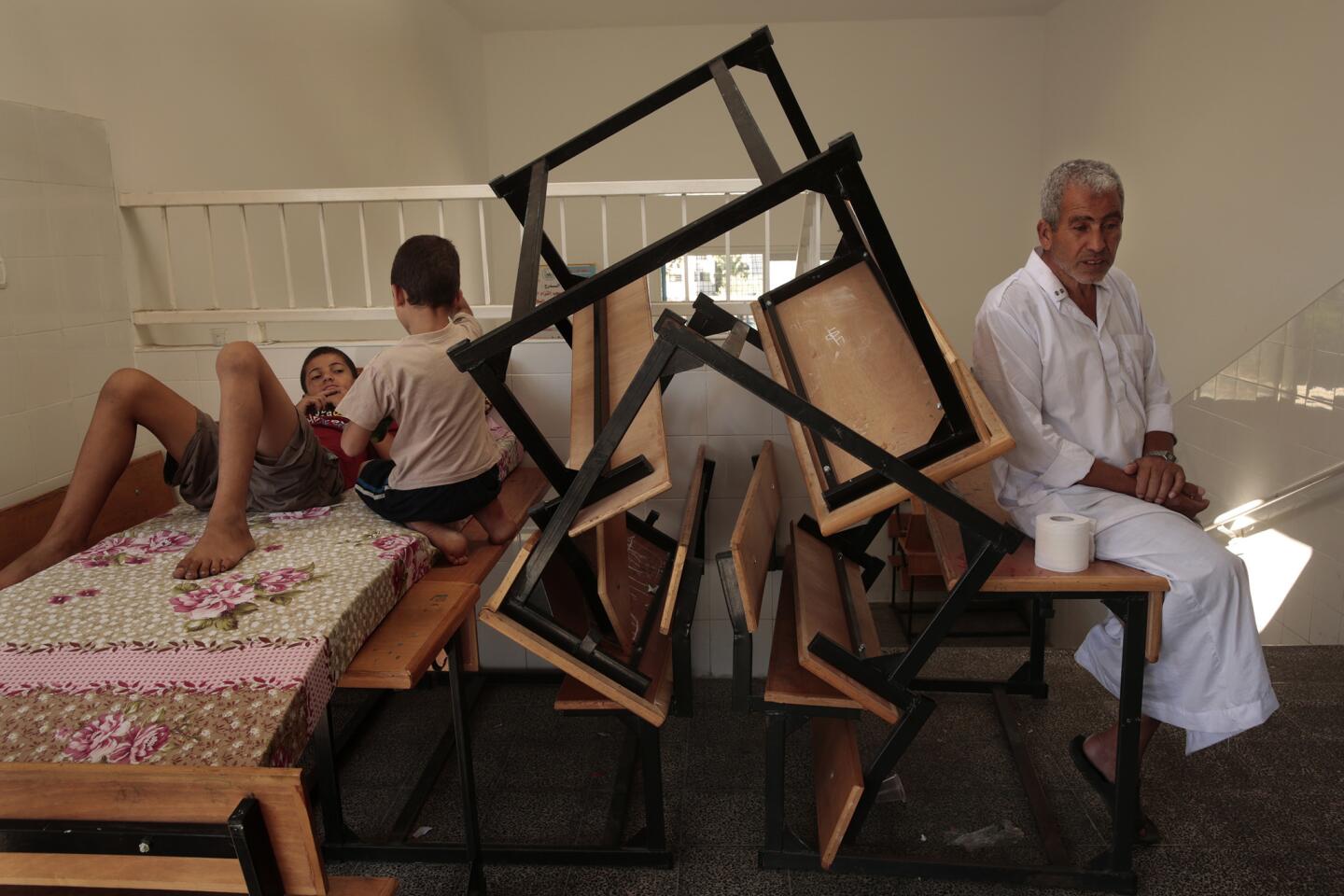

The latest round of bombings, rocket attacks, airstrikes — sparked in part by the abductions and killings of three Israeli teenagers and a Palestinian teen — make hope for peace seem as impossible as these outrages against innocents are beyond reprehensible. My nephews and nieces in Israel and their peers in Gaza run for cover and cower in fear. Both sides are killing the future.
Each time we suffer through this, I think even more about a little dialogue I had a long time ago with a Palestinian neighbor.
In the fall of 1961, I was 8 years old and living in the Israeli hamlet of Kfar Saba, where my parents and I were born. We could see the Samaria Mountains from our porch, and the town of Kalkilya, now in the West Bank but then part of Jordan just a mile or so away. A valley of orchards and wild brush lay between us and was forbidden; the border was more or less defined by an old rail path.
But precisely because that citrus-scented valley was off-limits to me, it was also enticing one Saturday afternoon. I rode my bicycle past the village square, beyond the old bus station and into the valley that unfolded against the biblical mountains.
Kalkilya was close by where I walked in the thick groves that divided the two worlds. And then I realized that I was not alone. Standing and staring at me was an Arab boy, about my age, as surprised by this encounter as I.
We both froze in fear. But curiosity quickly prevailed and we began to talk. It was a halting mixture of Hebrew and English; I did not know any Arabic. I still remember that he knew words from both of my languages and I did not know any from his. I remember his face very clearly, particularly the way he smiled.
I told him about my village and described my father as a war hero and a mighty man who had once fought in that valley. He told me that his father was very tall and strong and was chieftain of his village. We talked about the orange trees, and we agreed to meet again in a week at the same spot. I told him my name. He told me his: Ahmed. We parted, the sons of fathers who may have once battled each other in that valley.
Our second appointed meeting was washed out by an autumn rain, but we did meet again several days later. I had not told my parents about the first meeting because they would certainly have disapproved. Ahmed stood waiting for me. There was a tension we did not understand. But we were driven by something good that we also did not understand.
We both knew that this second meeting would affirm the first one but probably would be the last. It was truly friendly. We taught each other words from the other’s languages, simple words such as “goat,” “bicycle” and “rain.” We compared notes on siblings.
Before leaving, we spontaneously reached for the same large orange hanging from the tree above us. We peeled it and shared the slices. How sticky and sweet it tasted. We buried the peels and the seeds in the ground under the tree. We promised each other that one day, when peace between our people came, we’d return to see if a tree had taken root and grown there.
I live in California now. In the television footage of the rage coming to us again from that valley, I look for Ahmed’s face. We are both middle-aged men now. Several years ago, I visited and found that few trees were left in that valley. Palestinian terrorists have several times set fire to the orchards. Israeli tanks have often rolled into Kalkilya. Unforgivable bombings have killed children in both villages.
I wonder where Ahmed is and what we would say to each other if we were to meet again. Might it be possible for us to reach reconciliation now? Would he remember that we once knew more about peace than the grown-ups on either side of our valley?
Ben Kamin, a rabbi, is the author, most recently, of “Dangerous Friendship: Stanley Levison, Martin Luther King Jr., and the Kennedy Brothers.”
Follow the Opinion section on Twitter @latimesopinion
More to Read
A cure for the common opinion
Get thought-provoking perspectives with our weekly newsletter.
You may occasionally receive promotional content from the Los Angeles Times.


